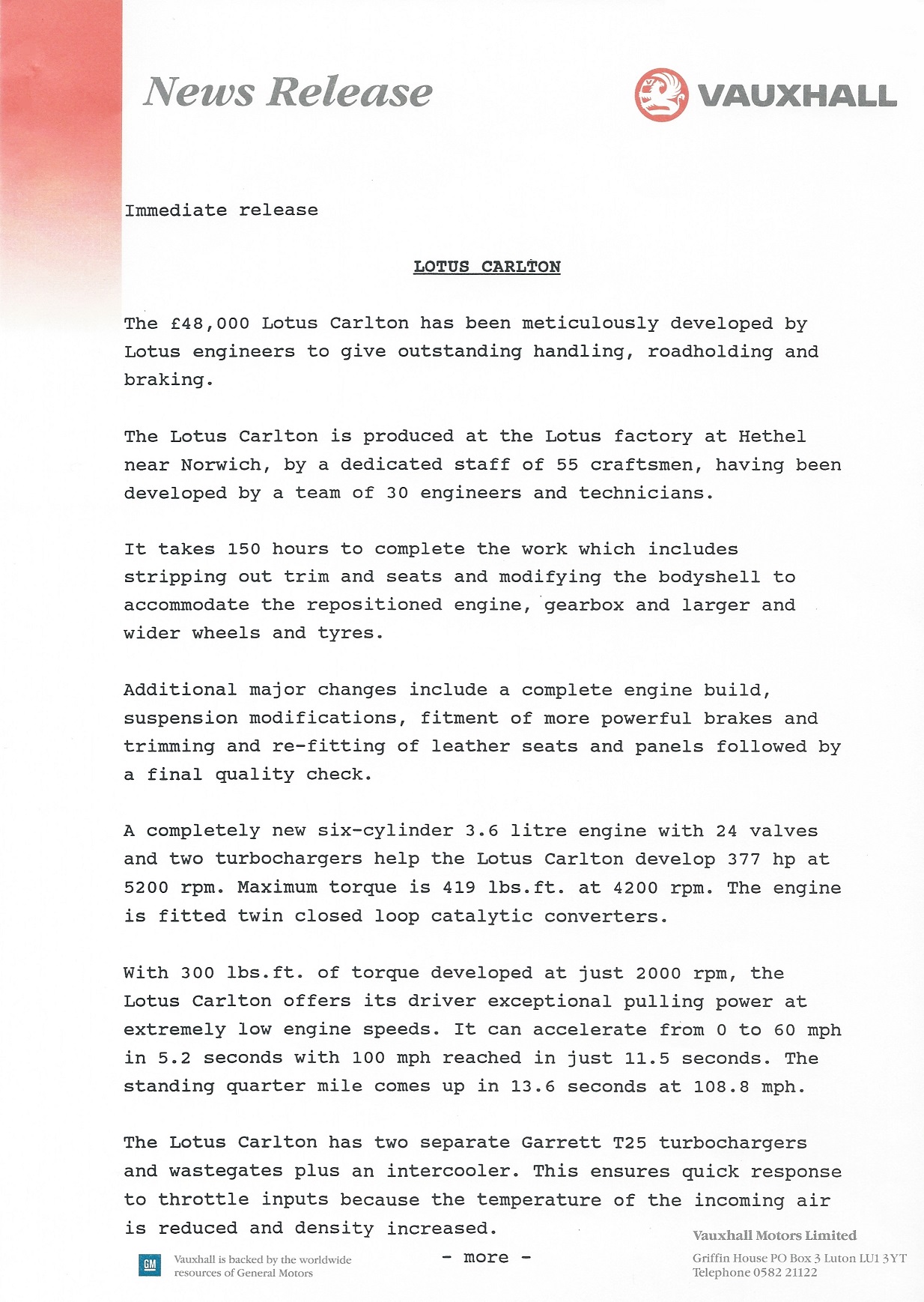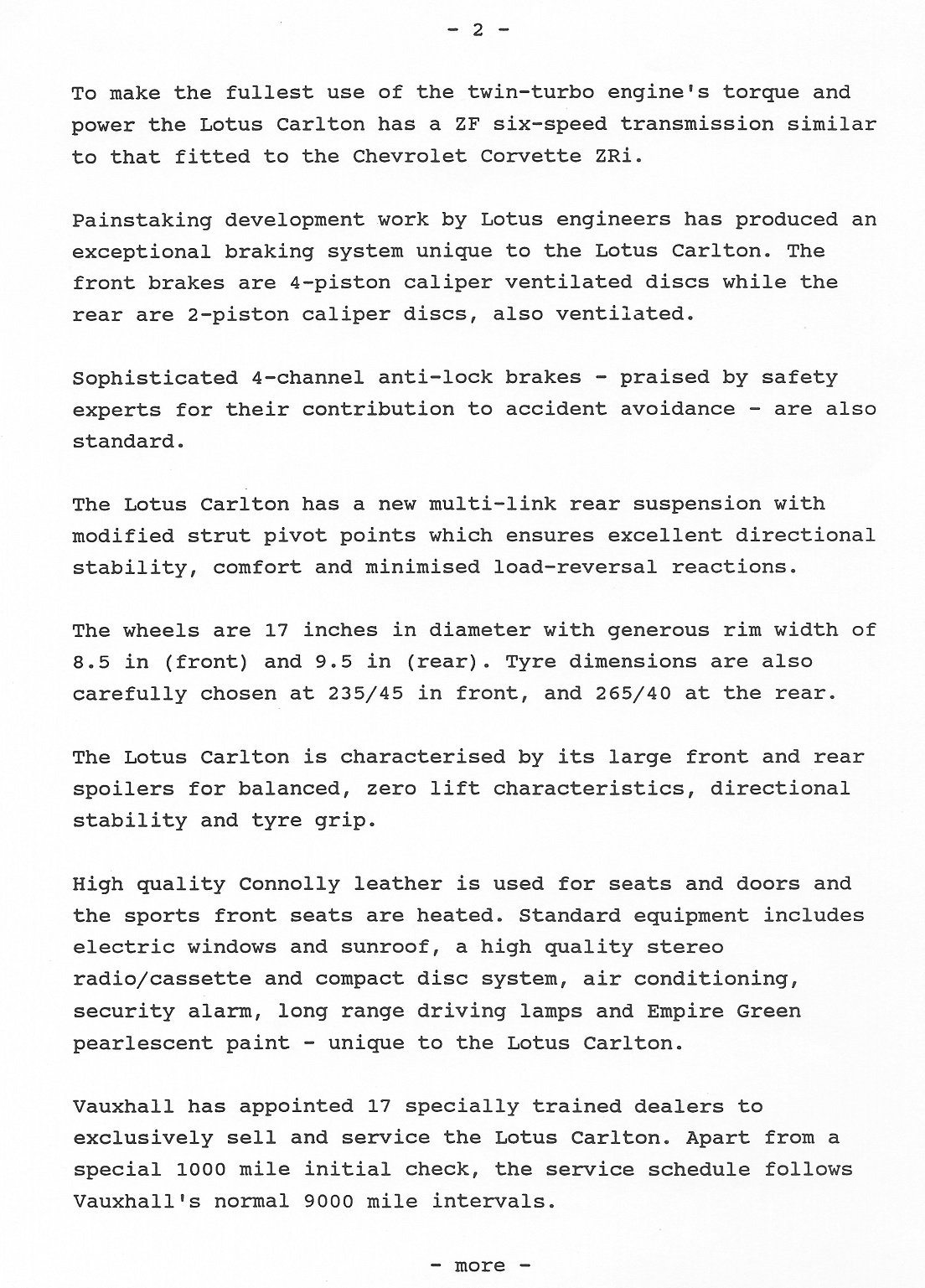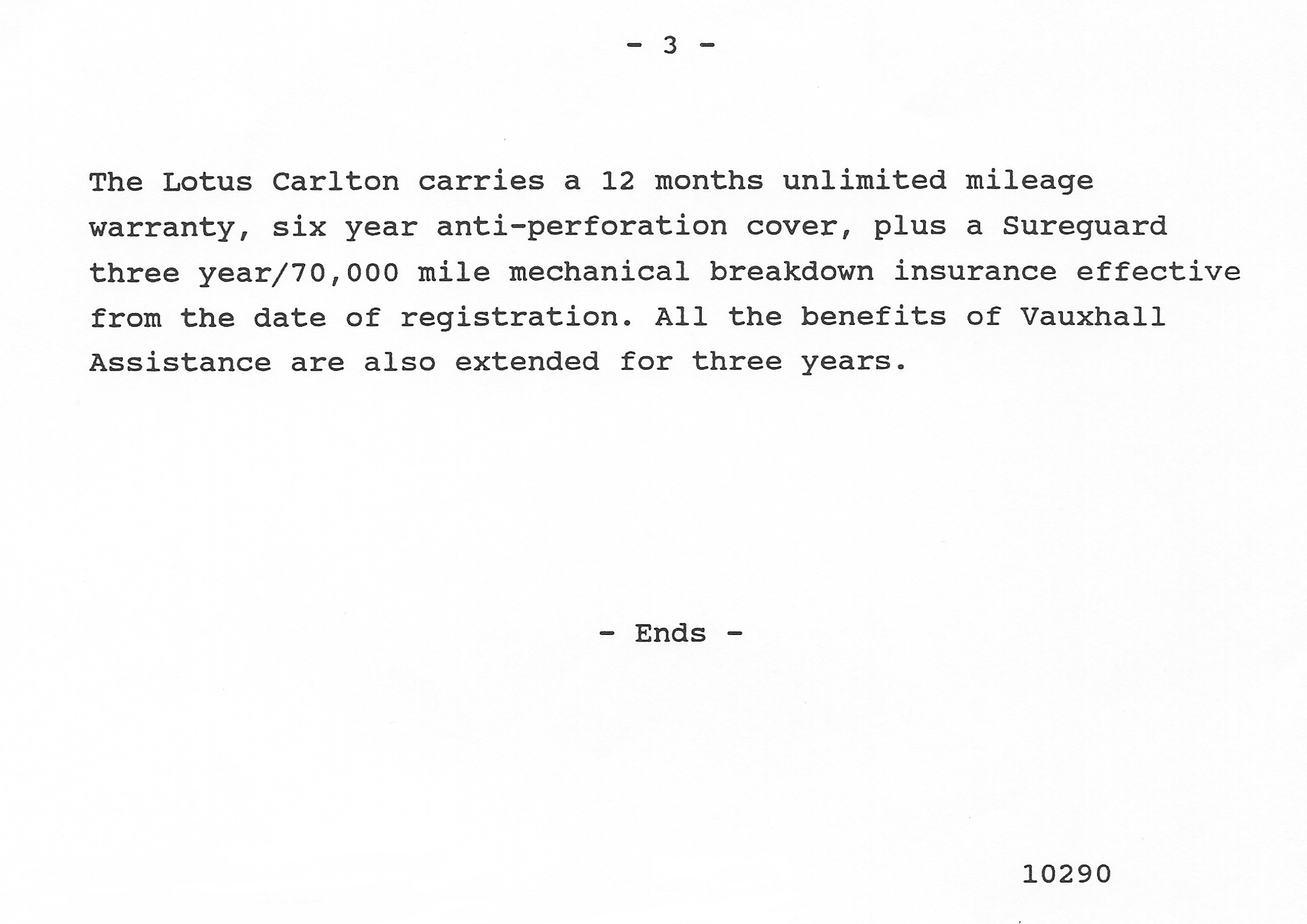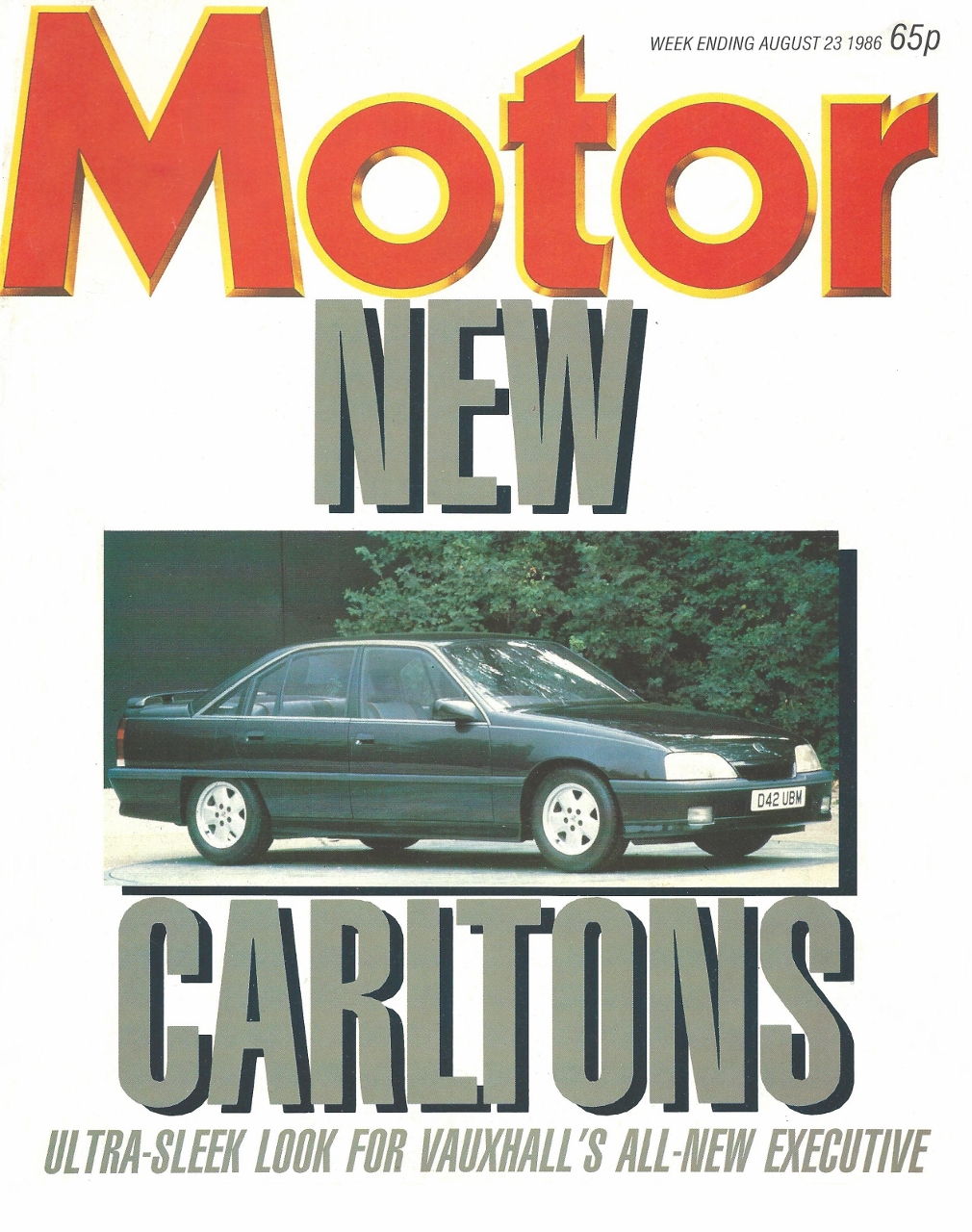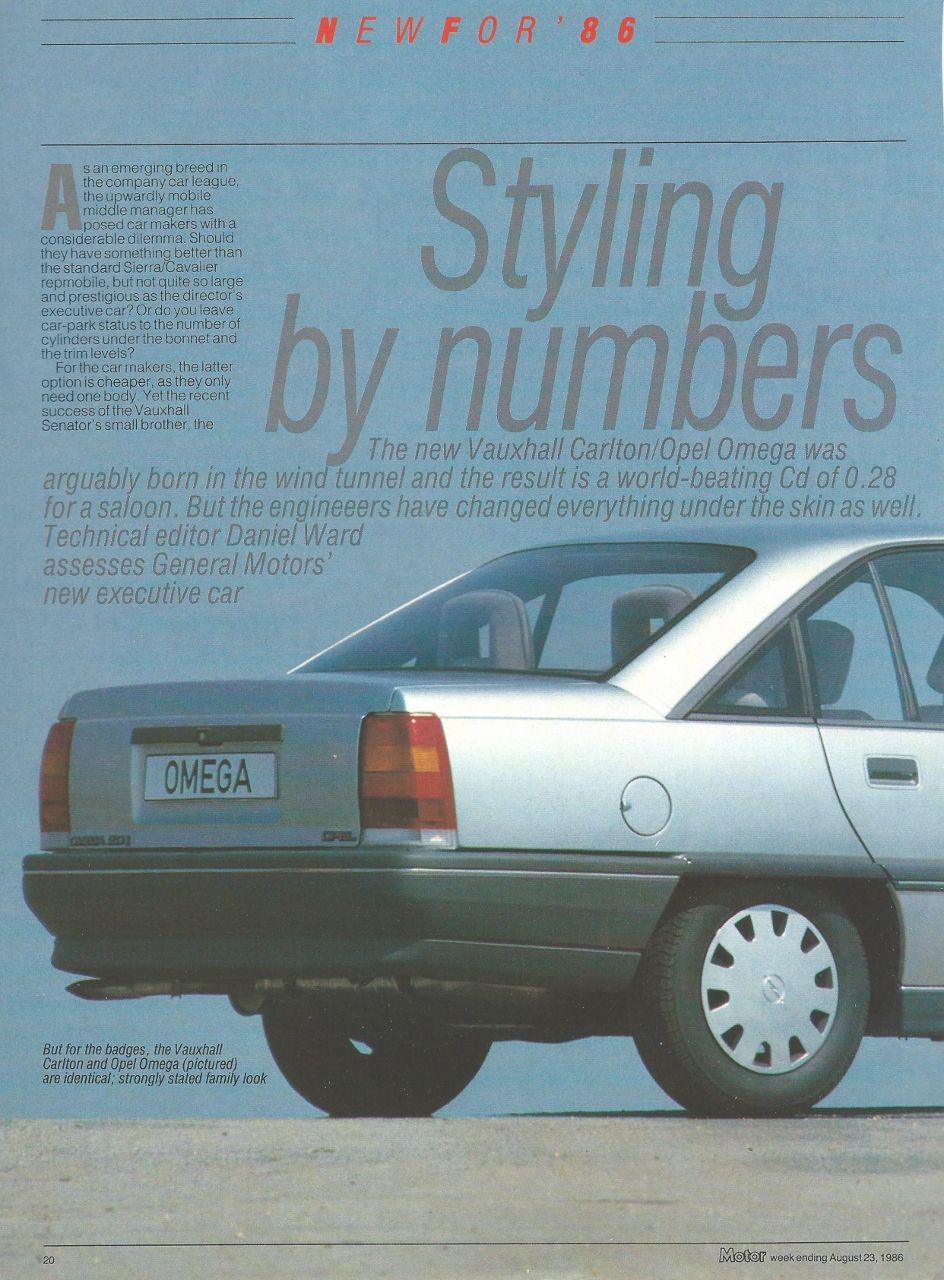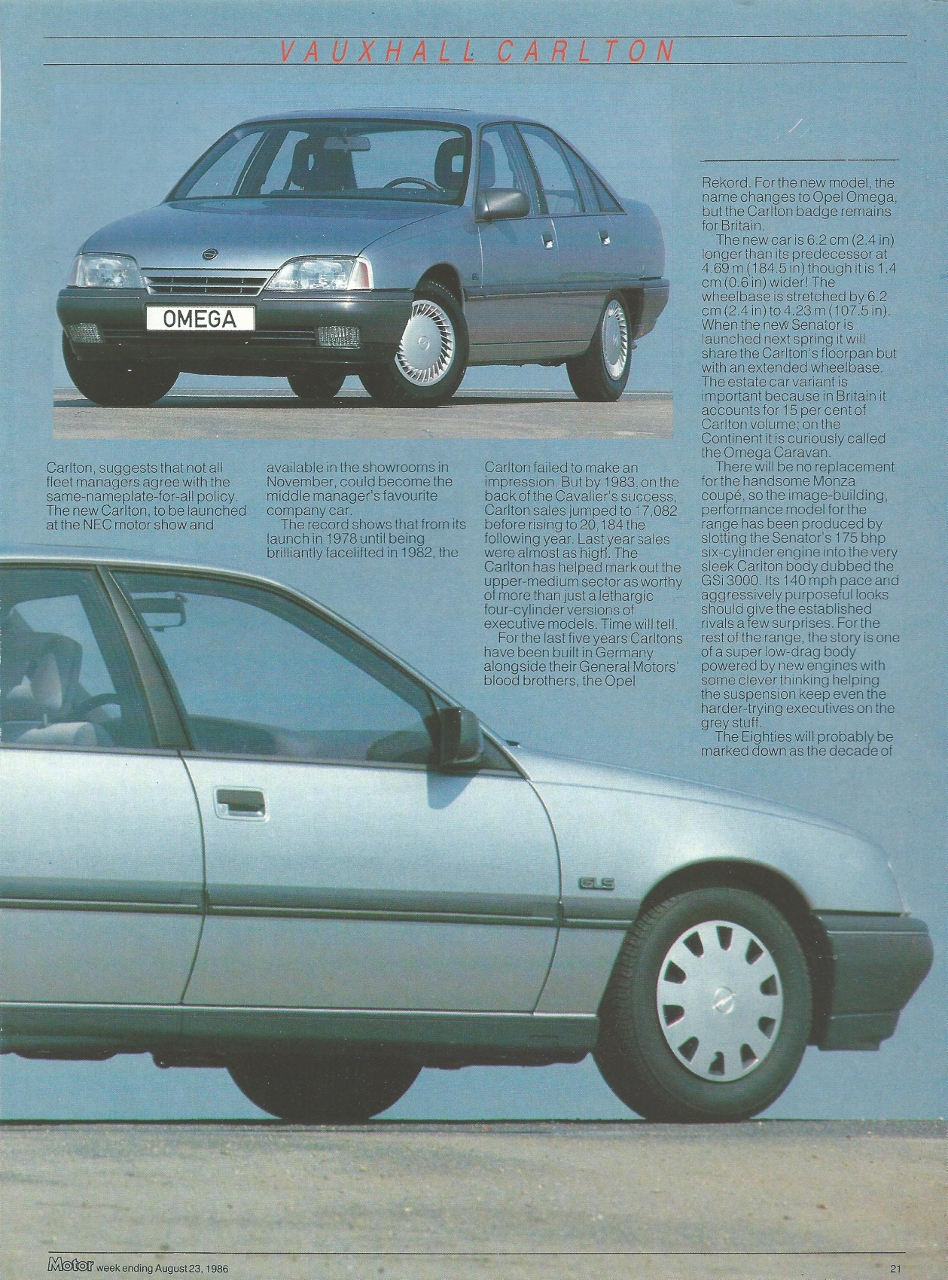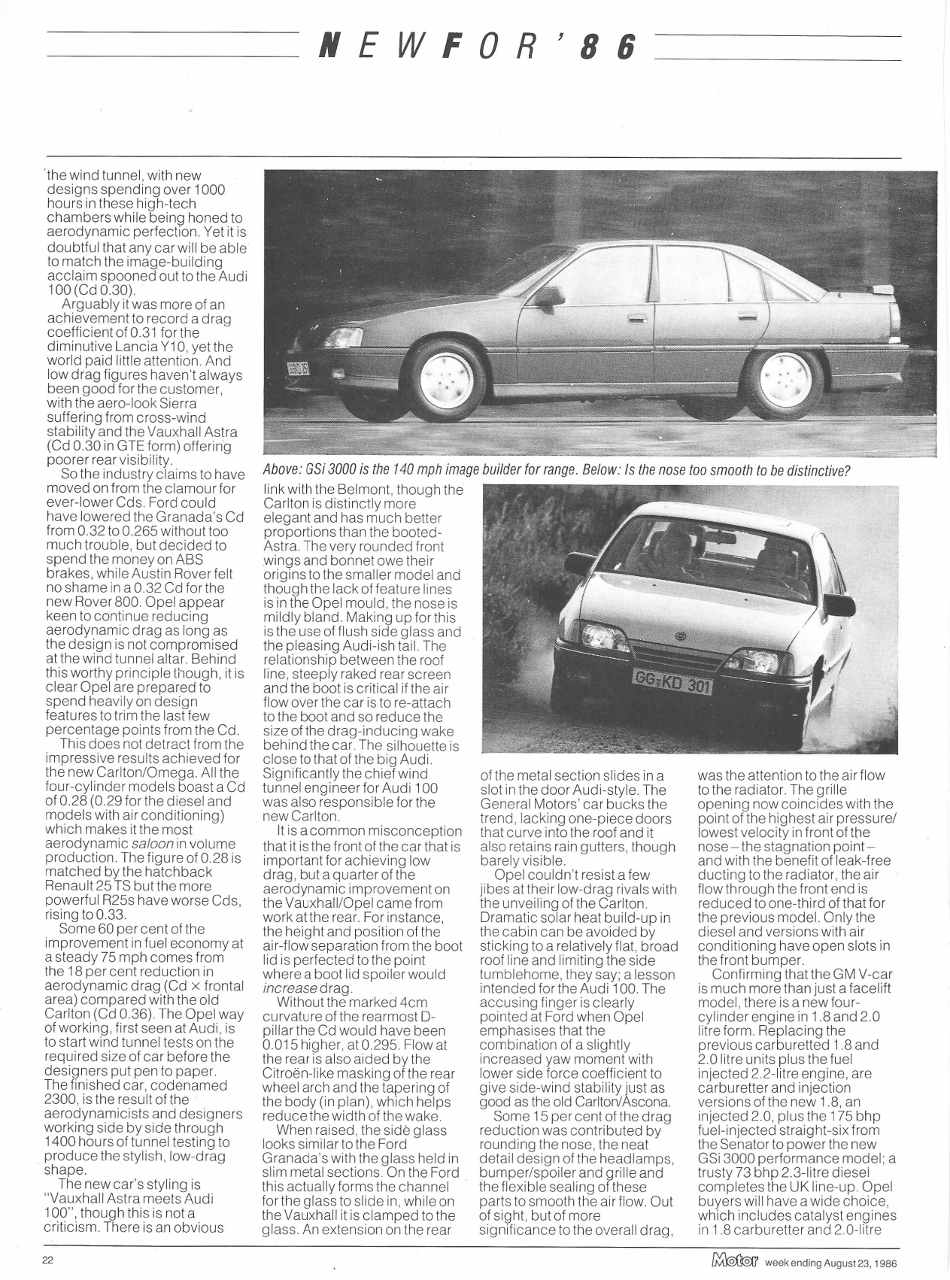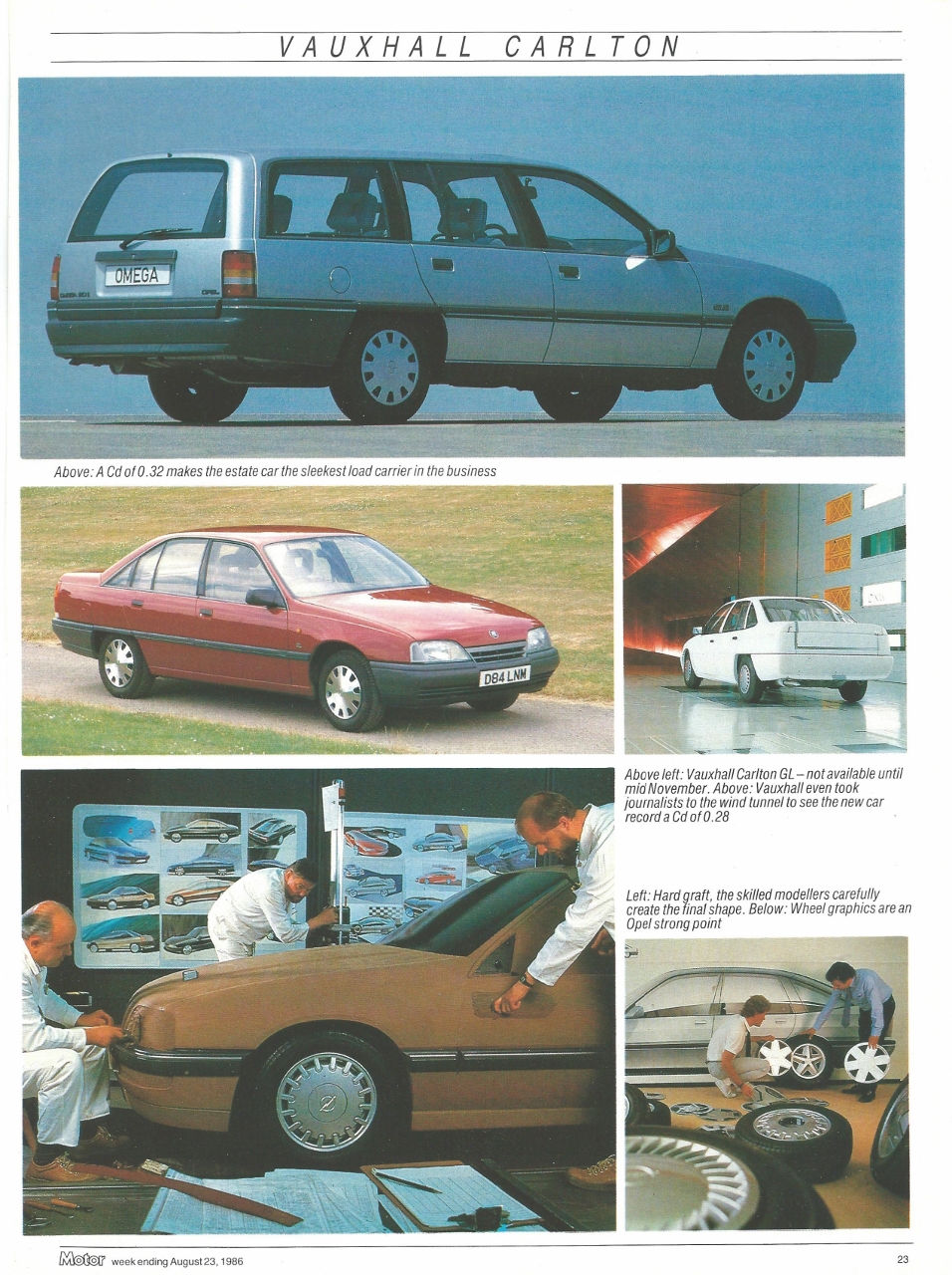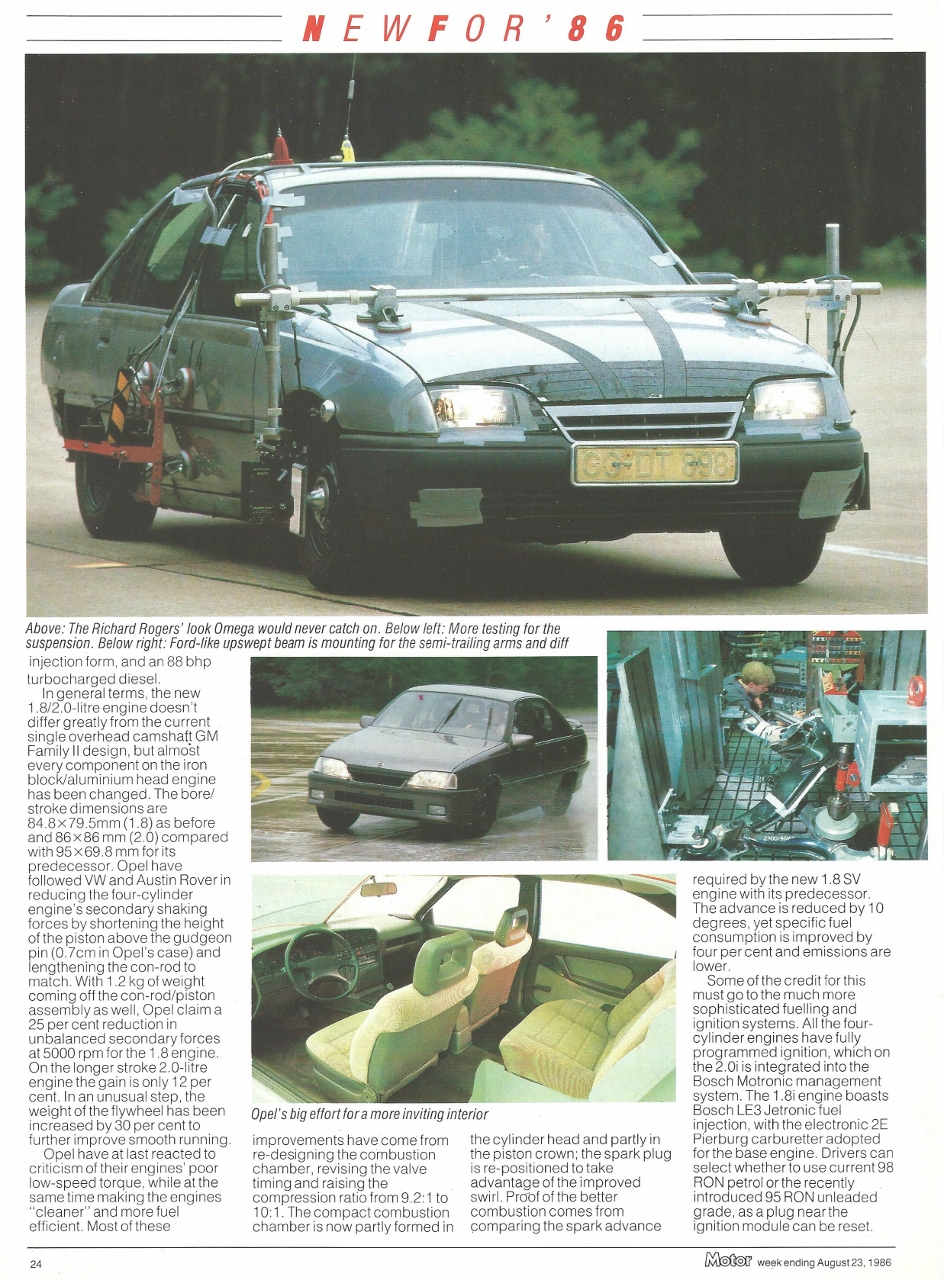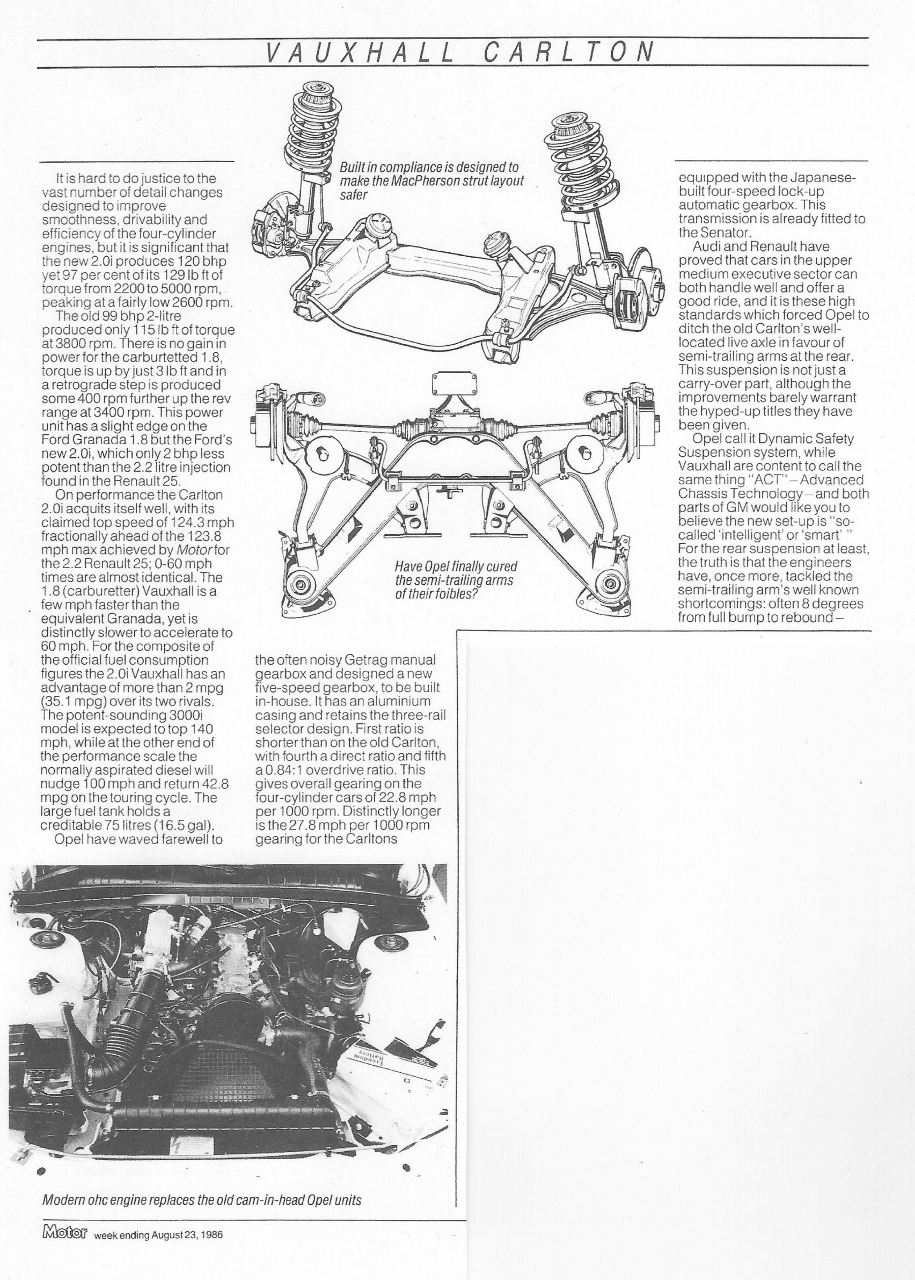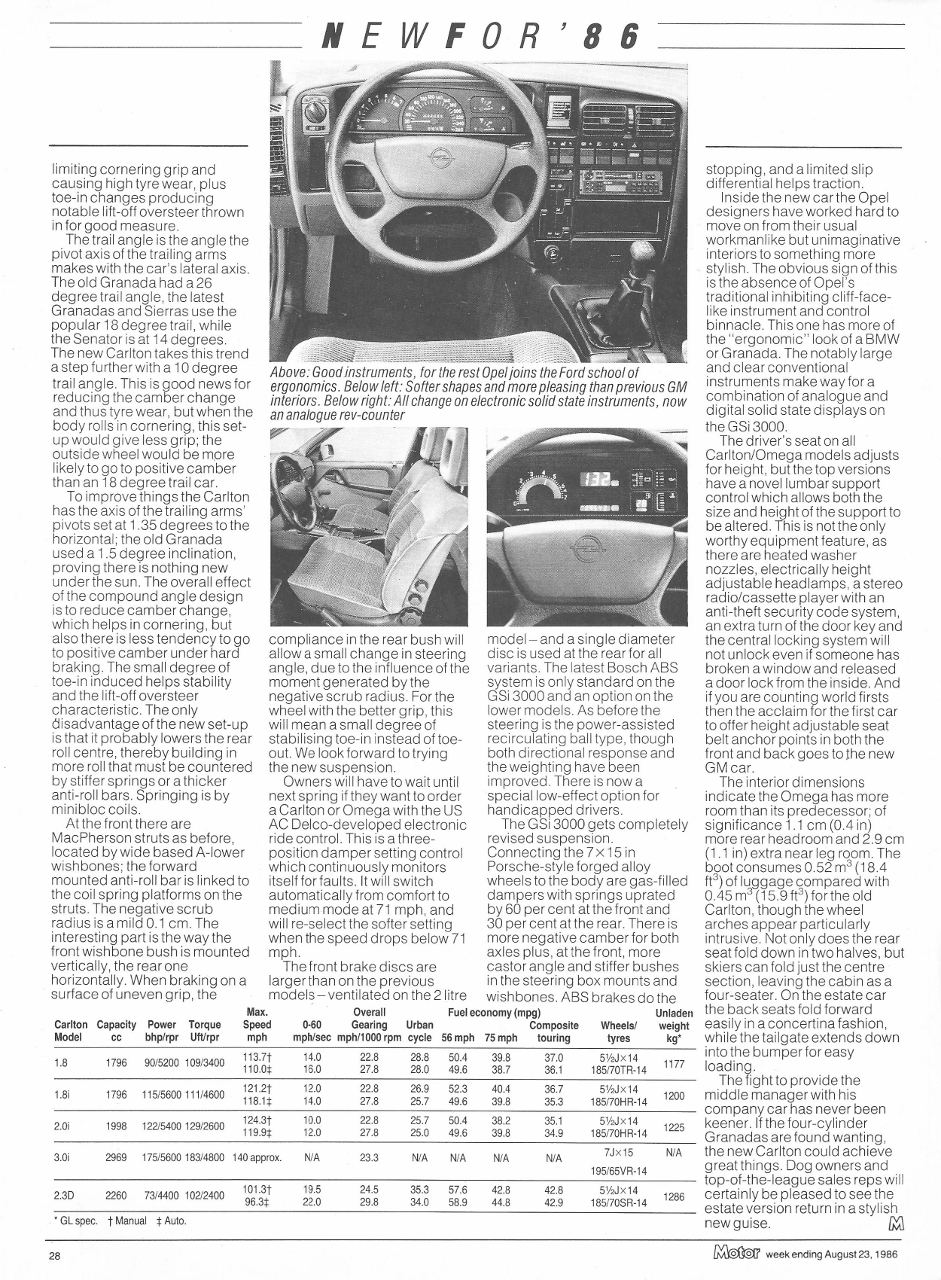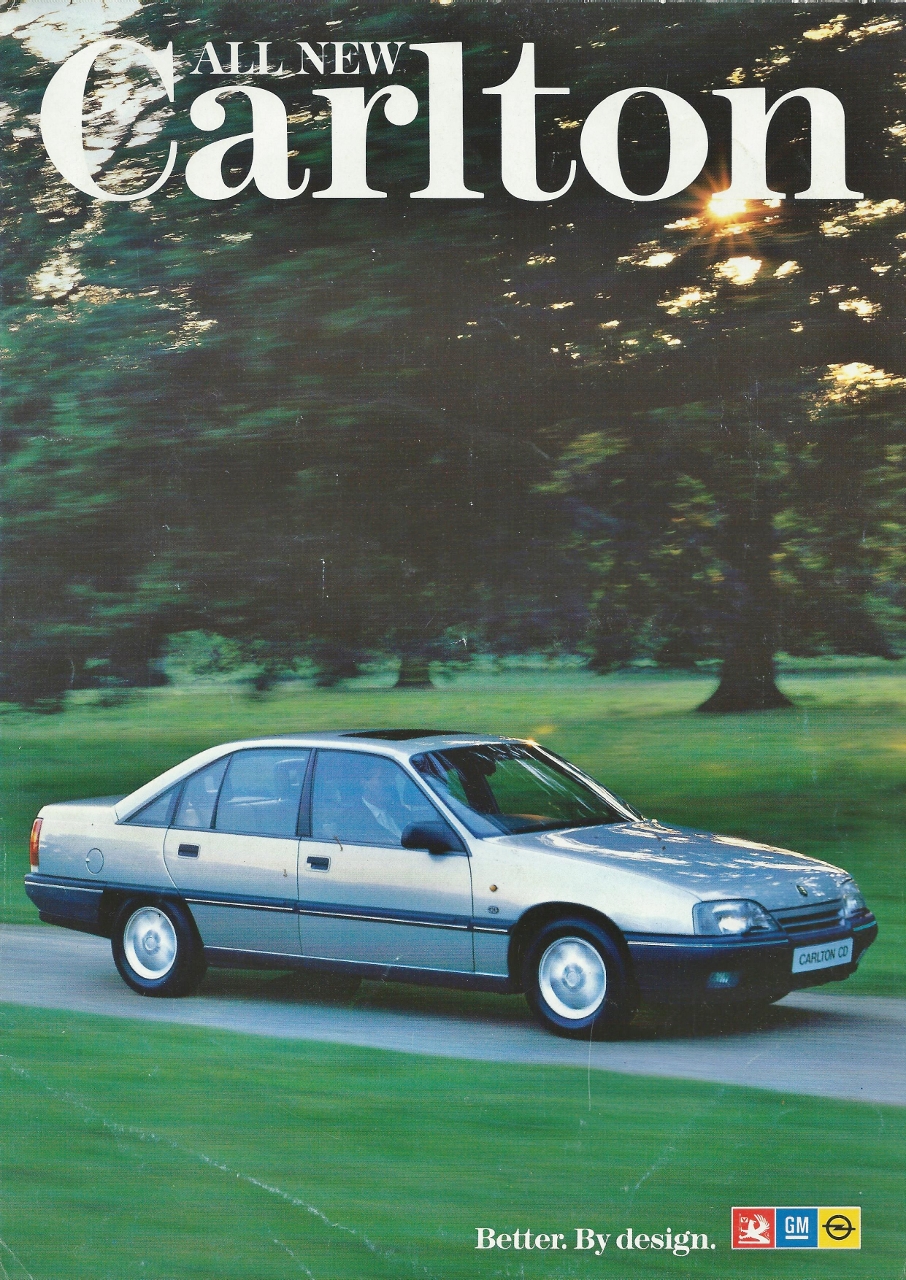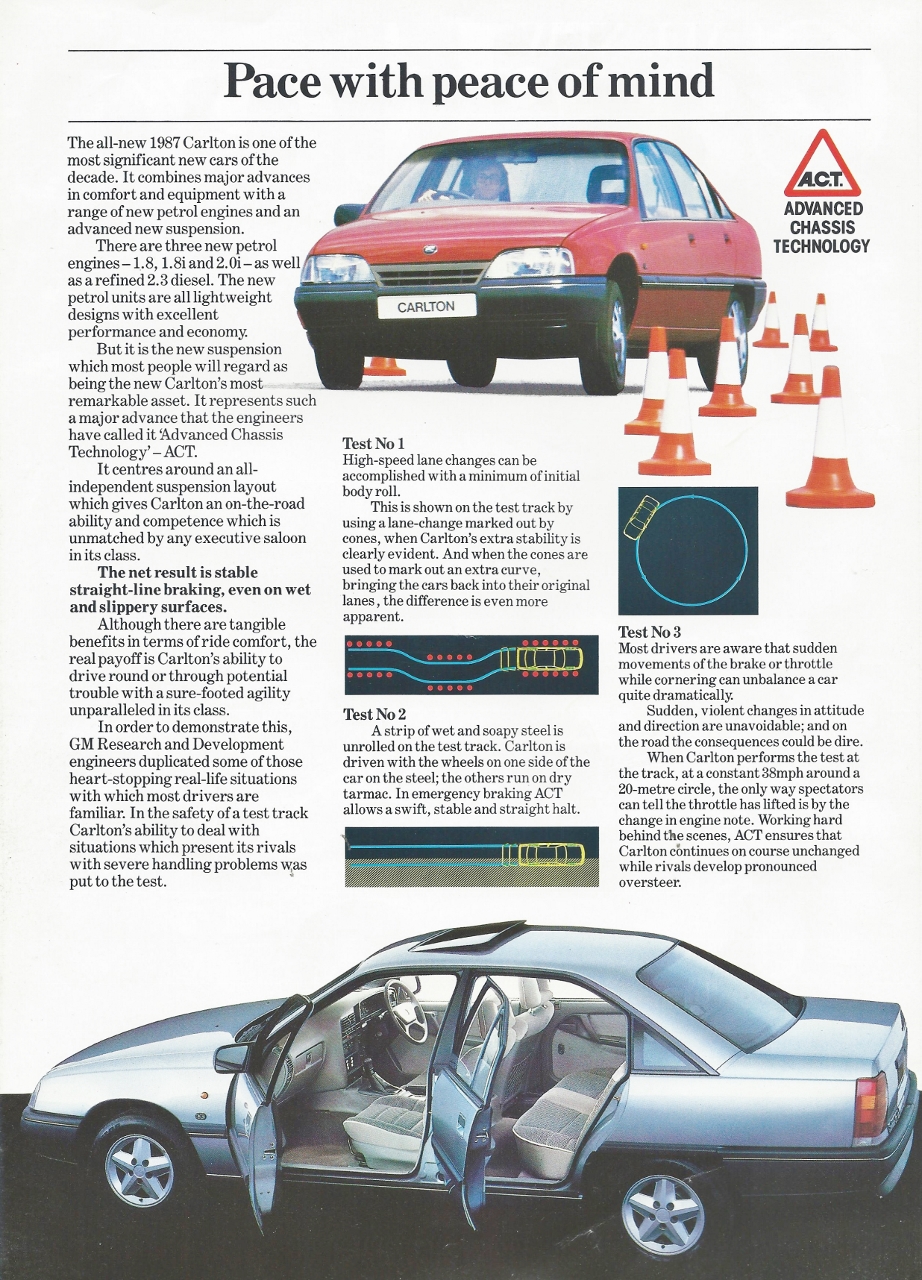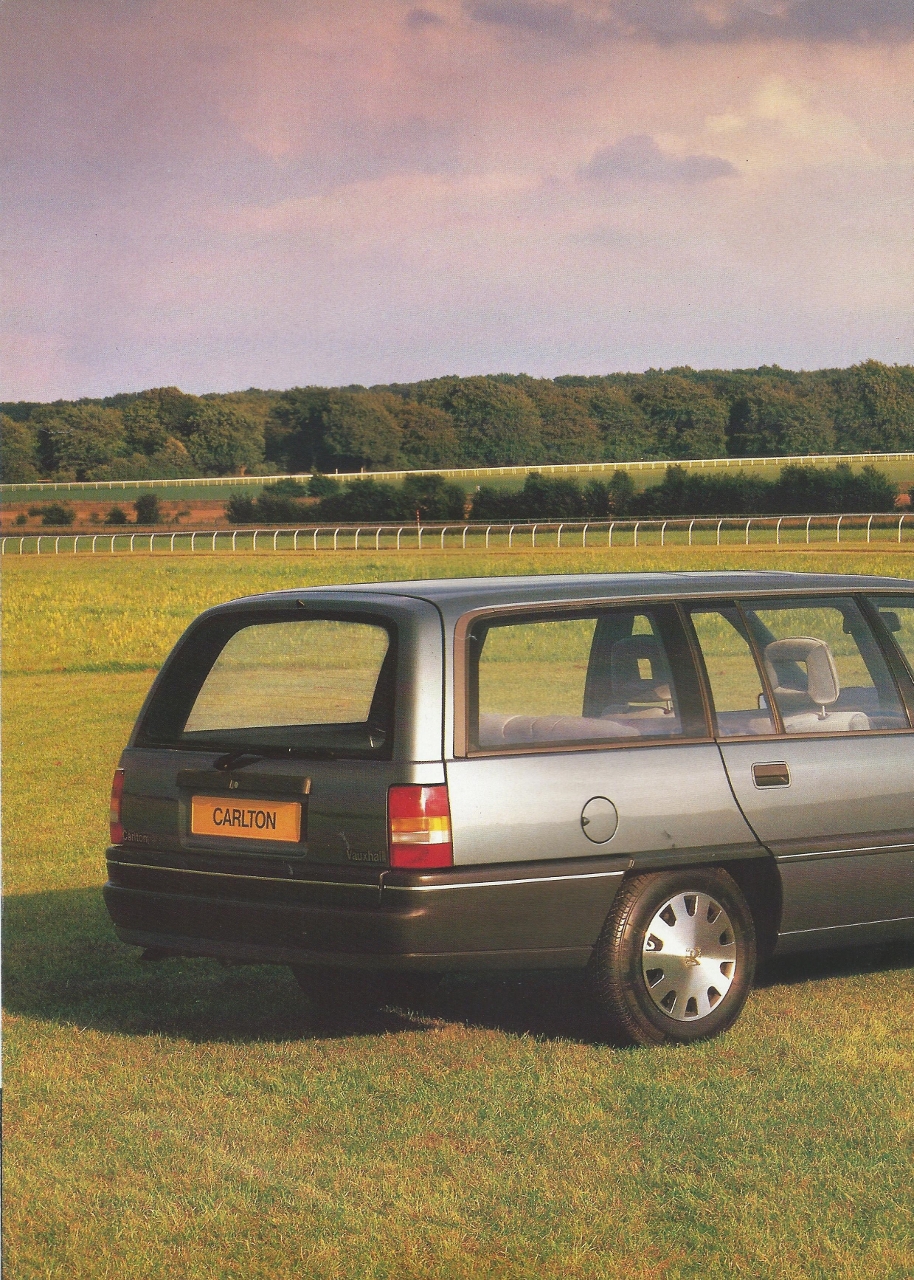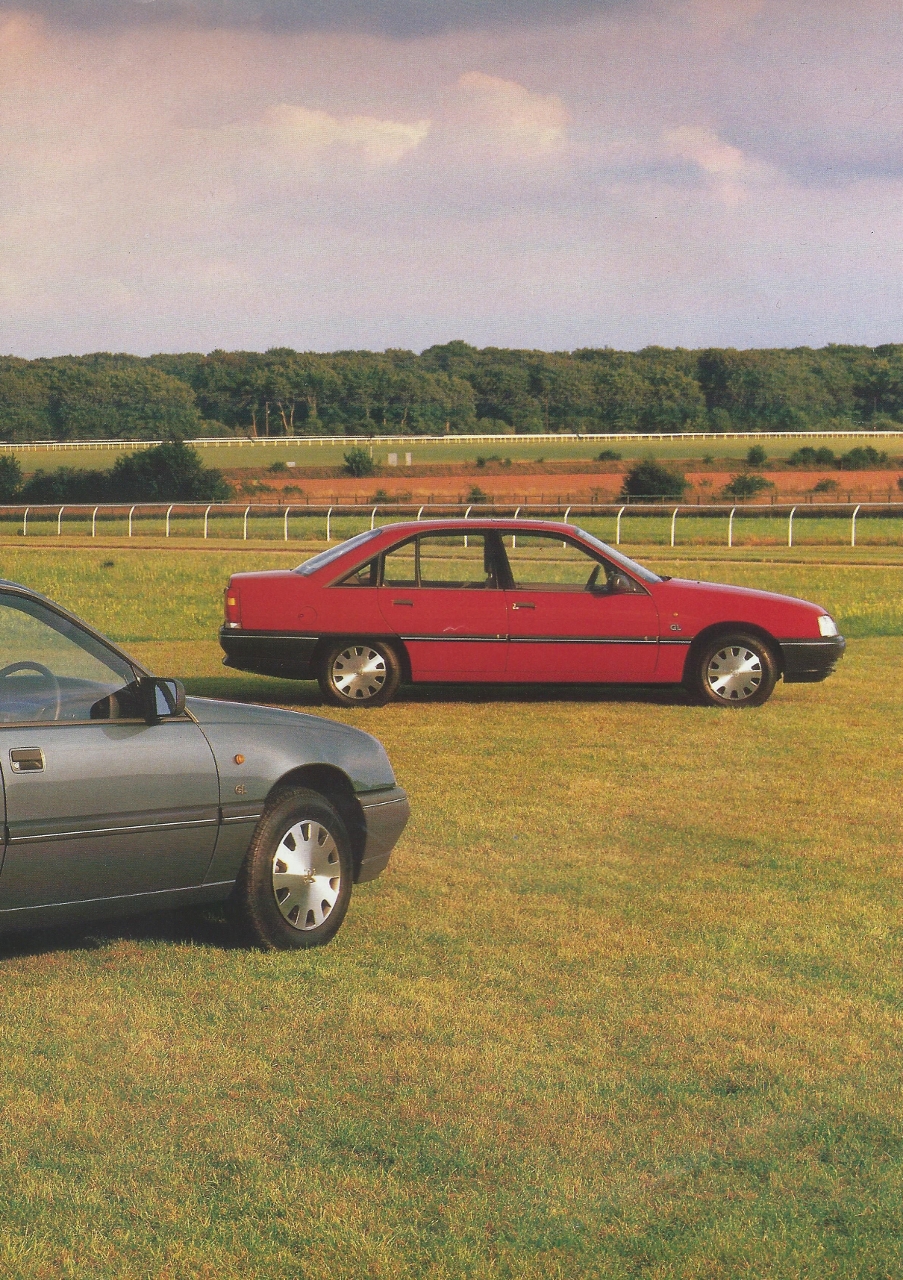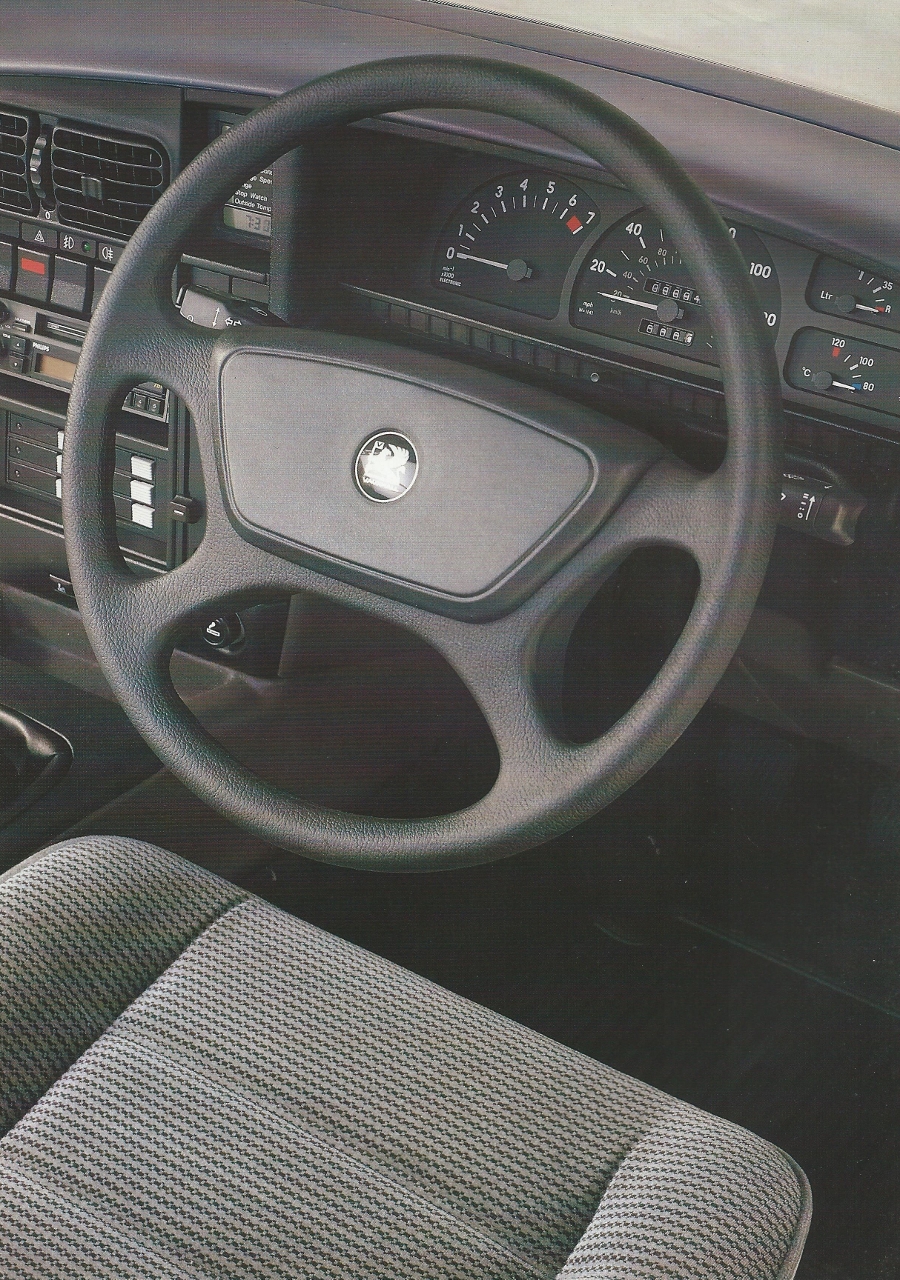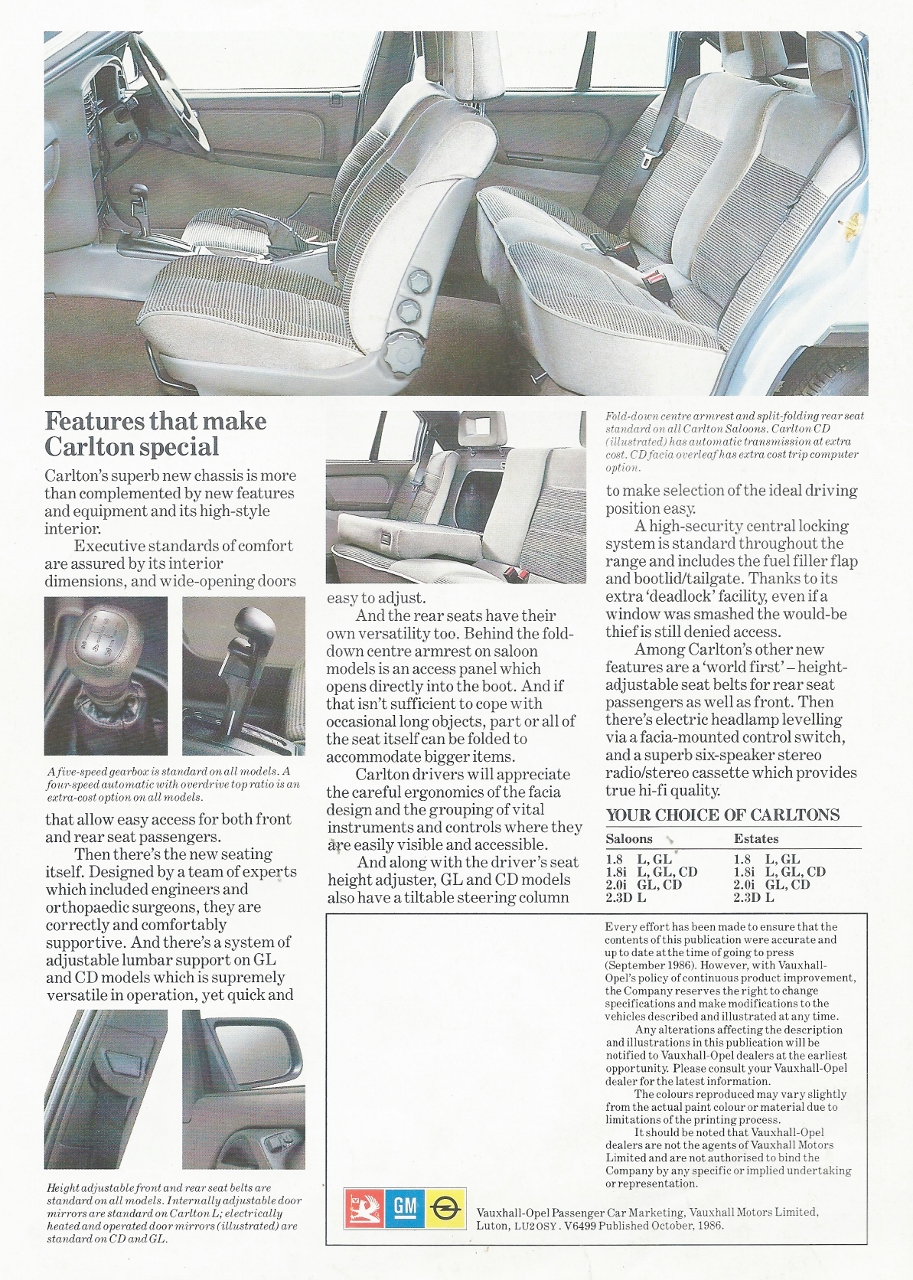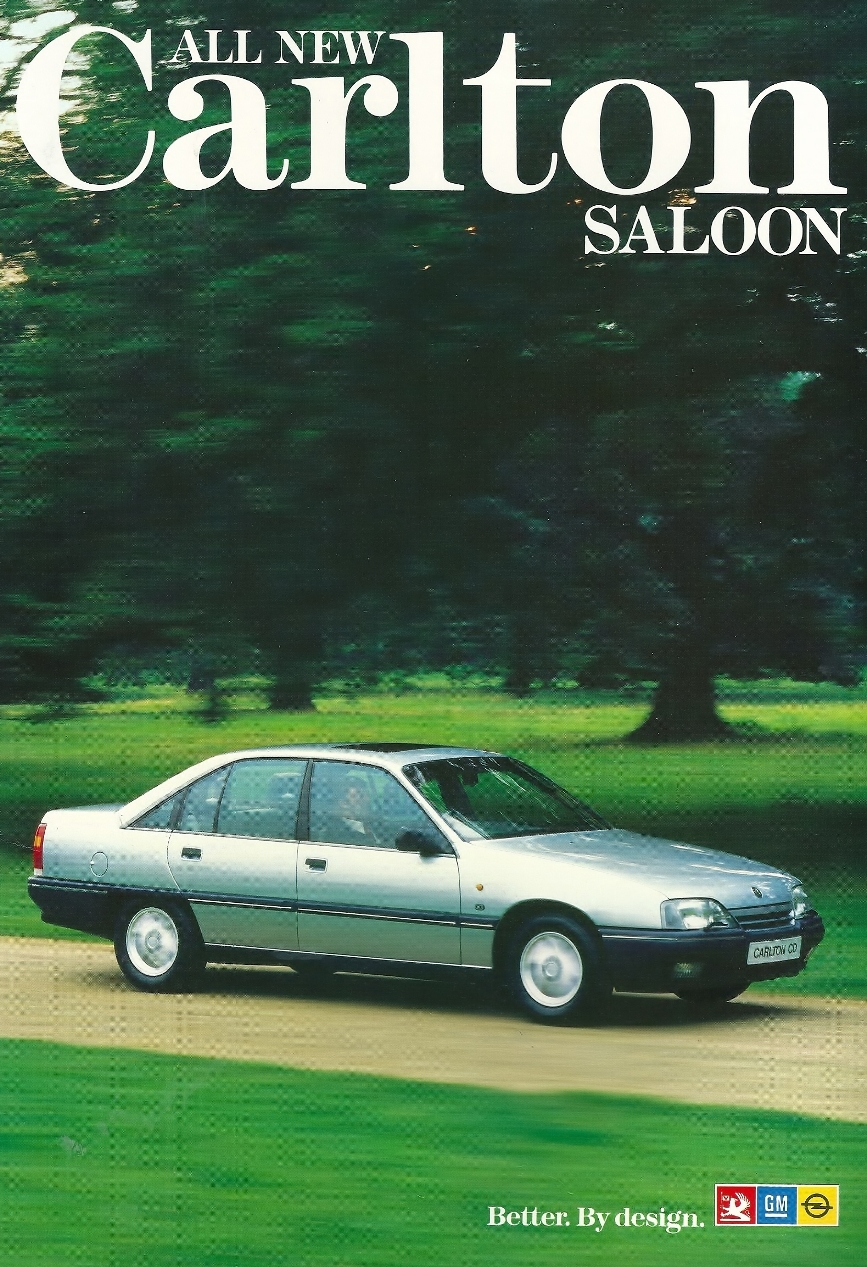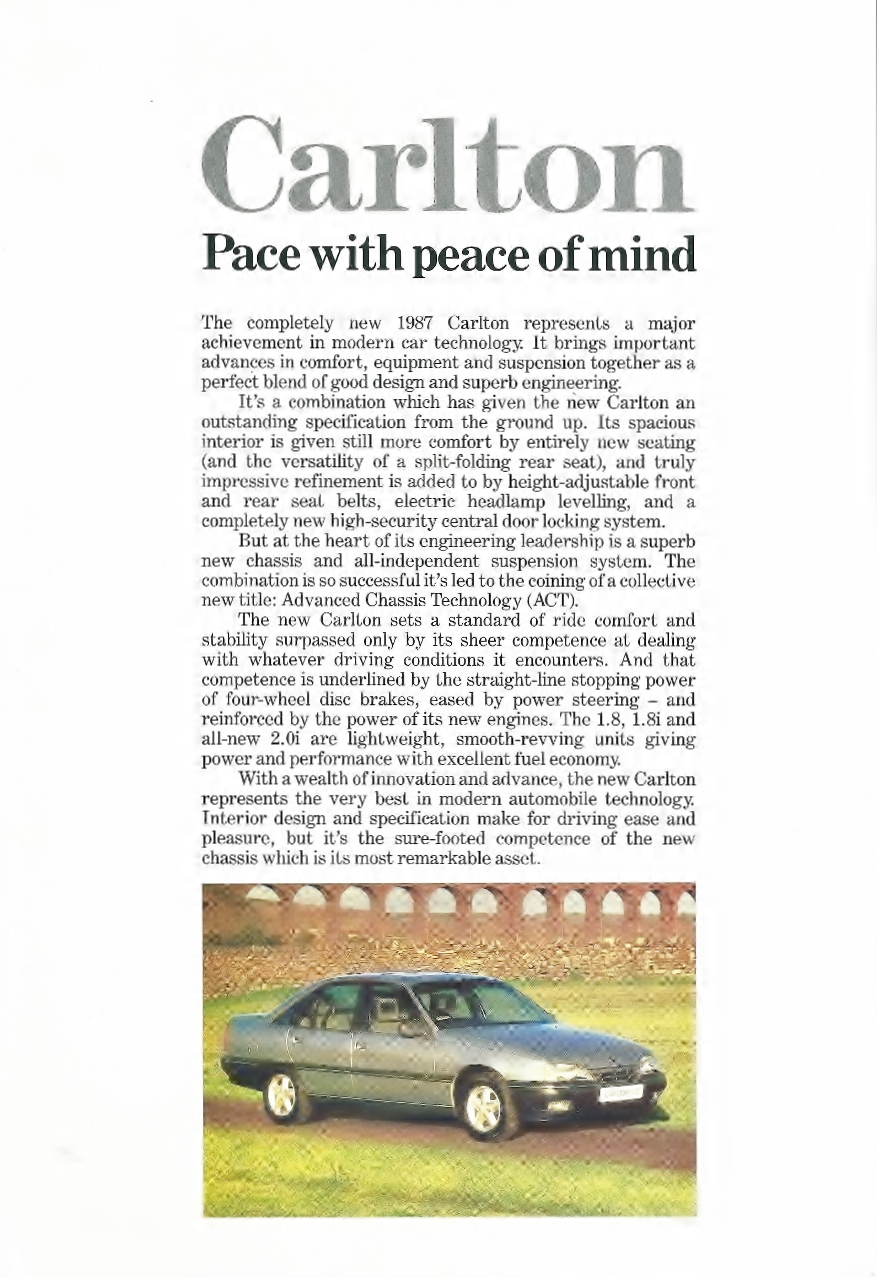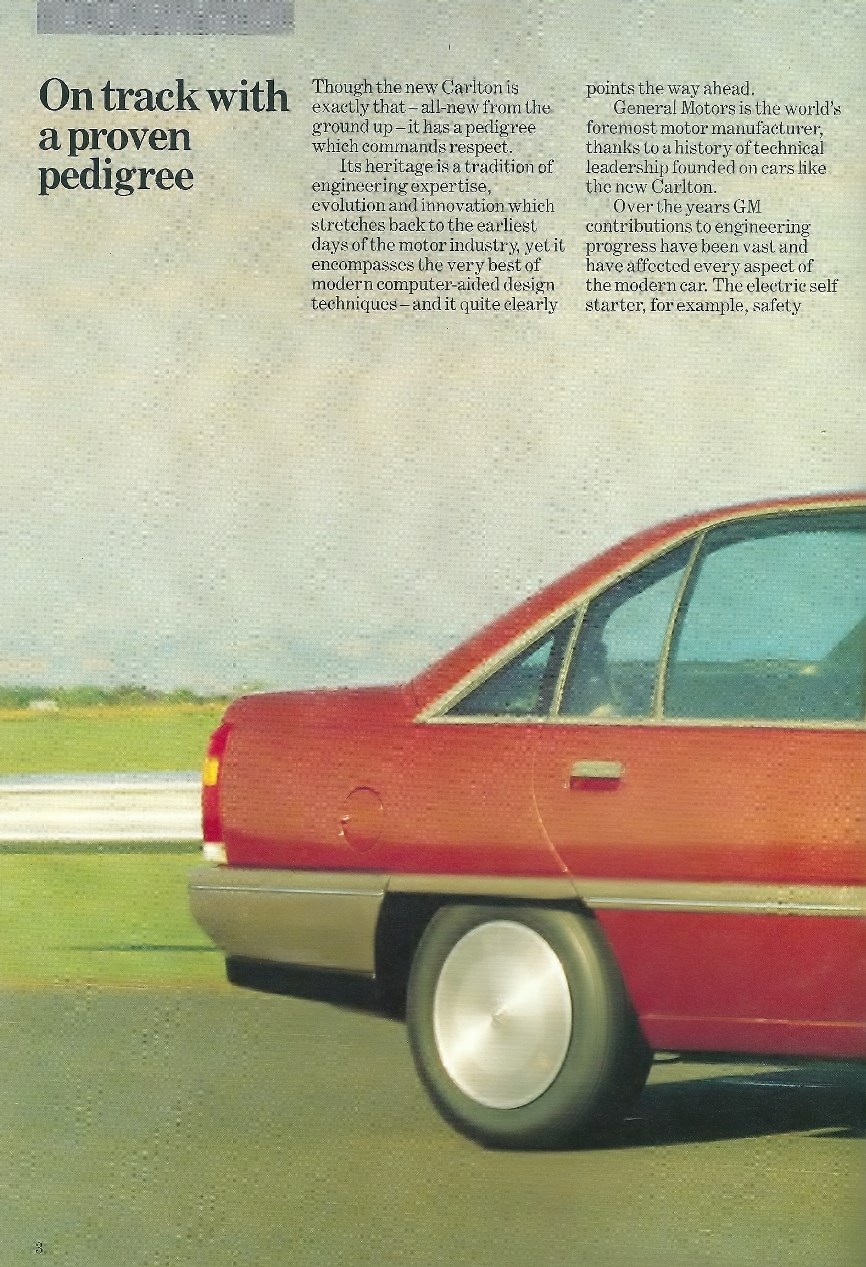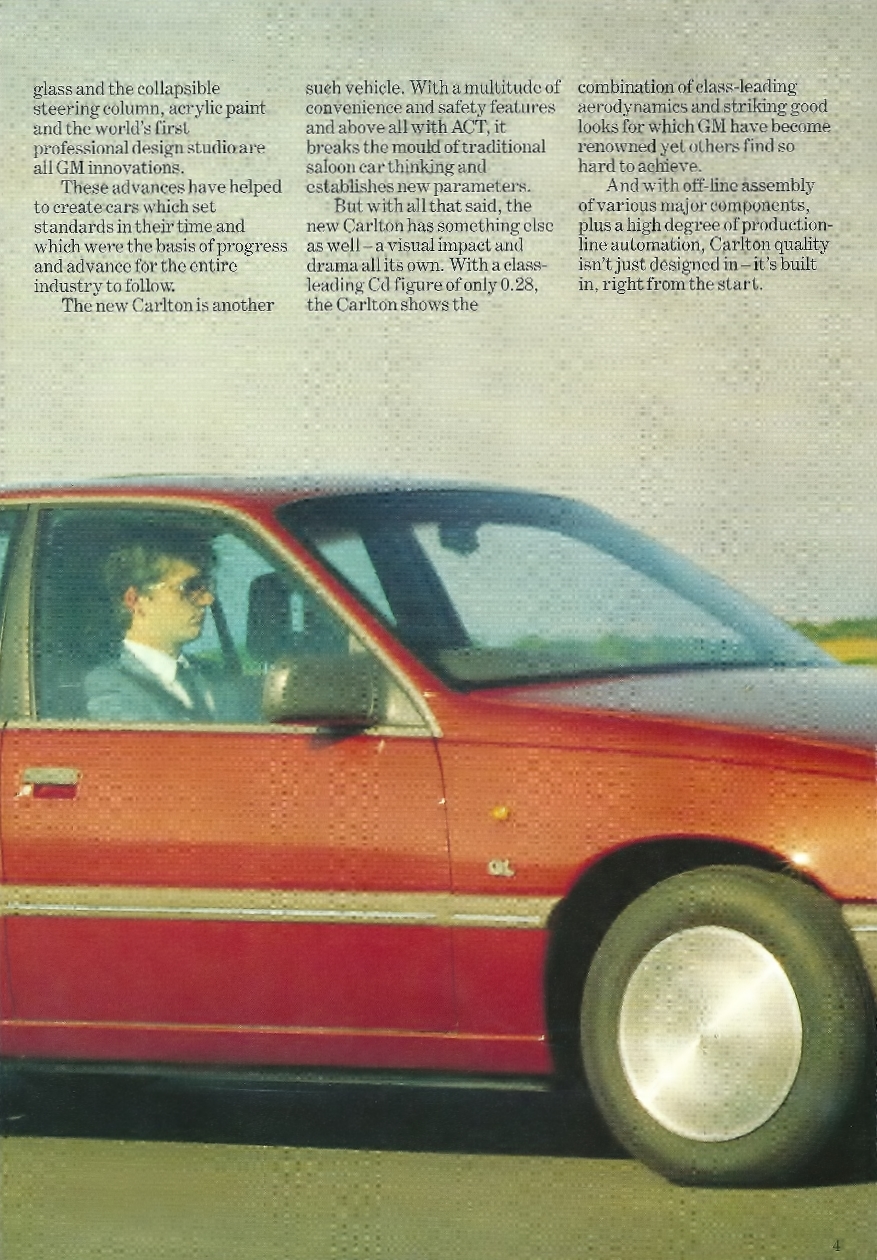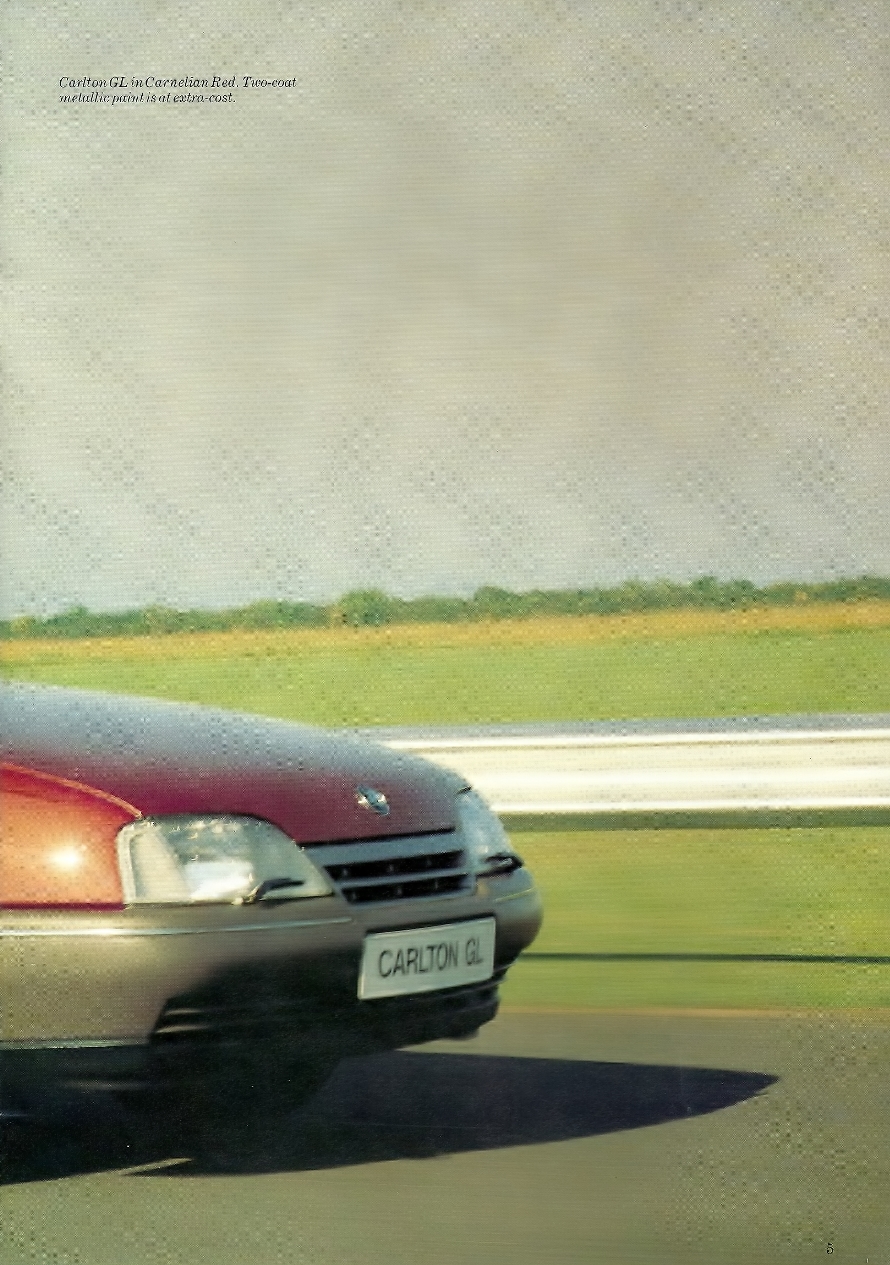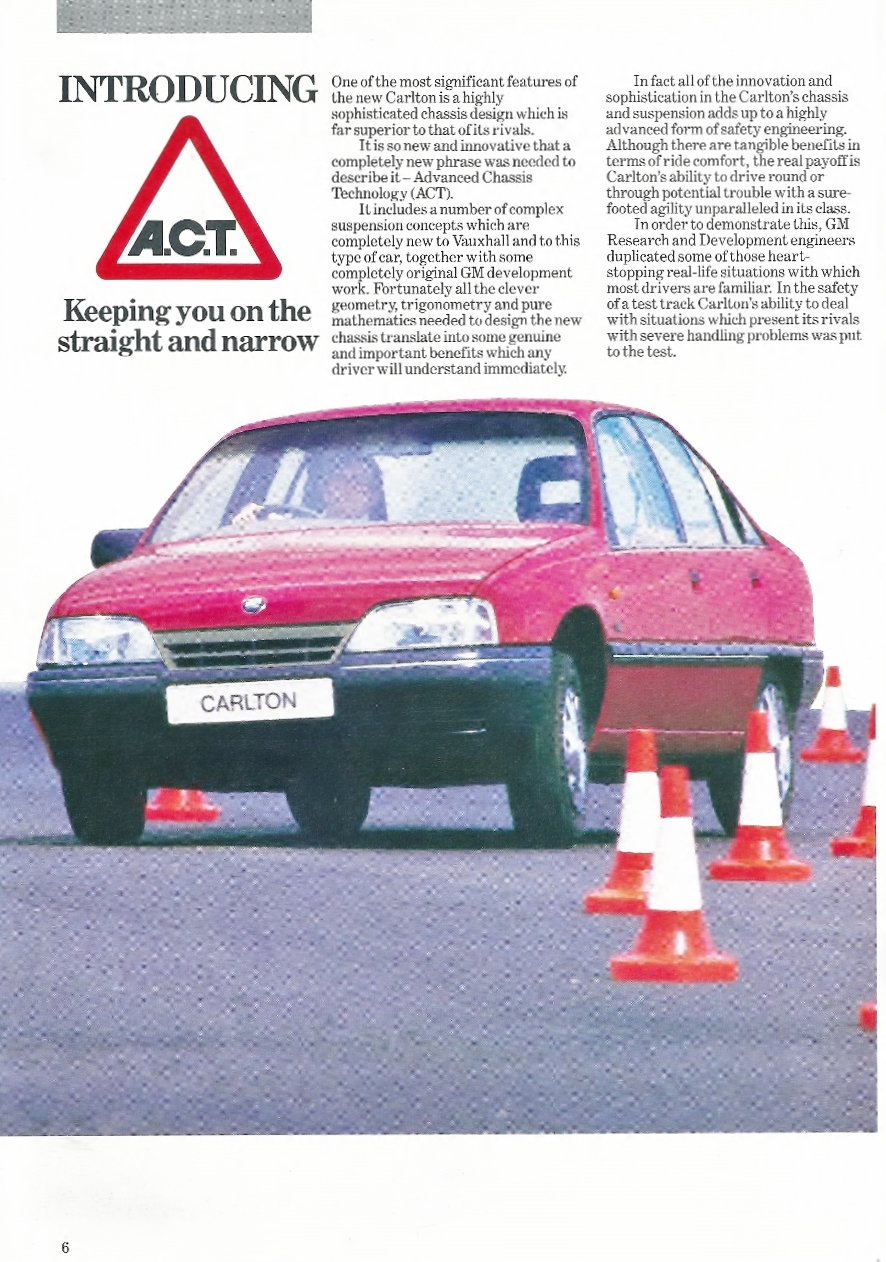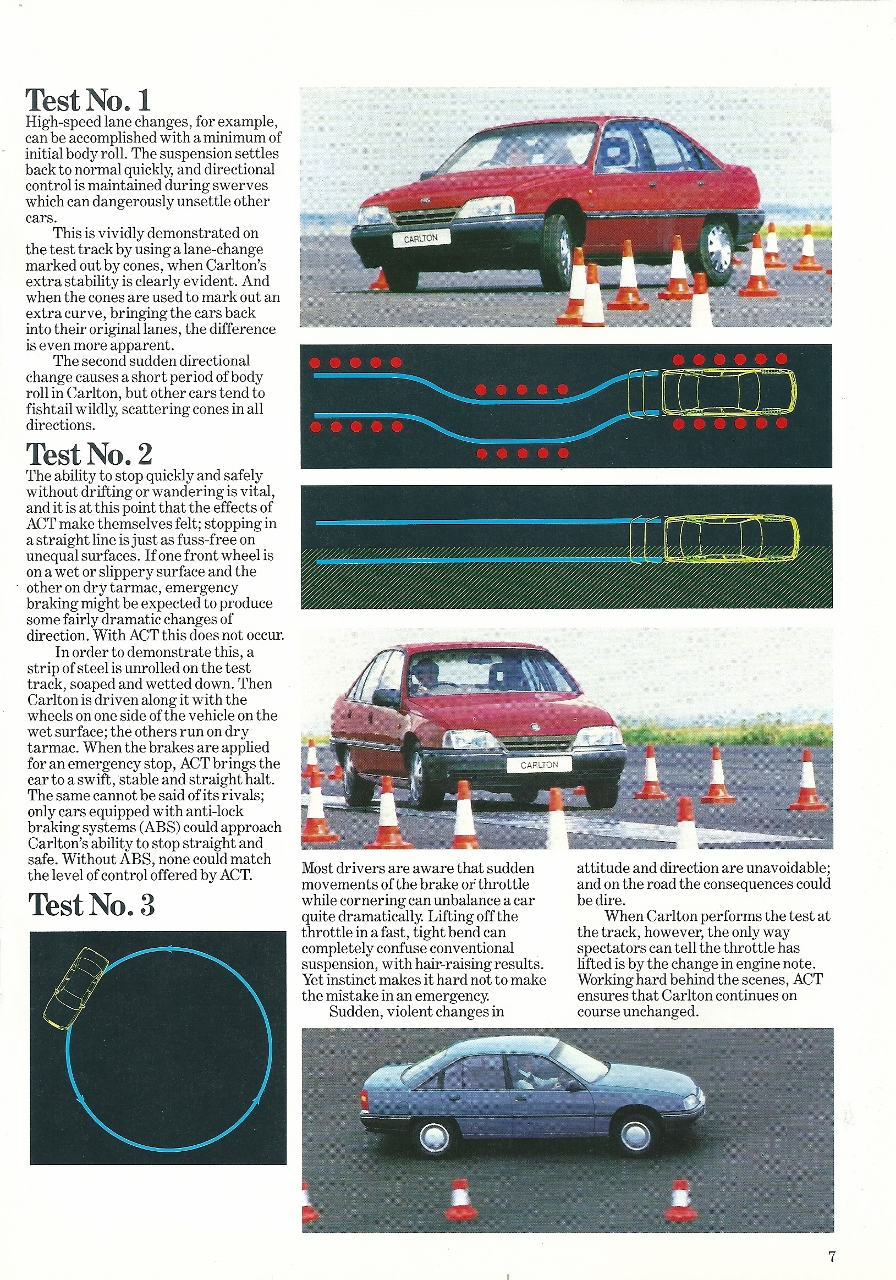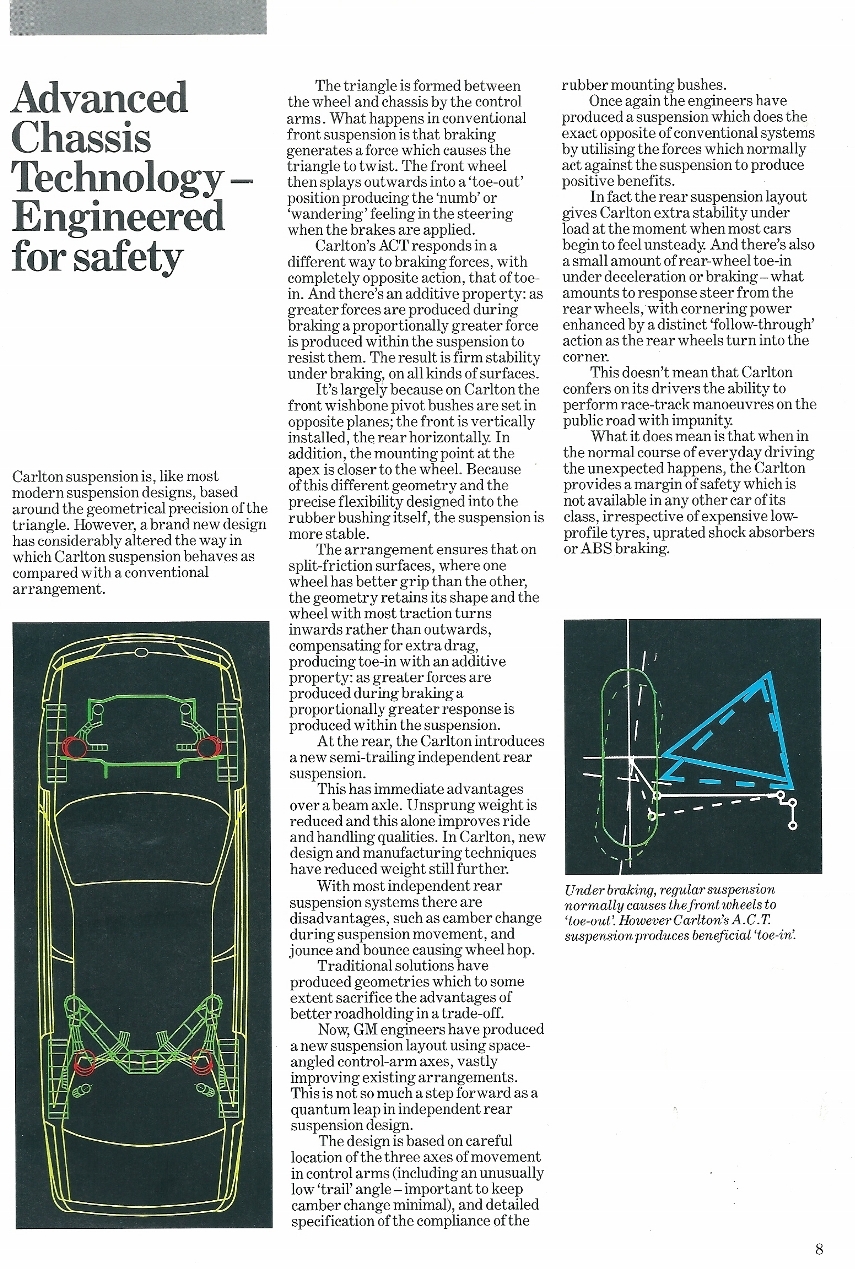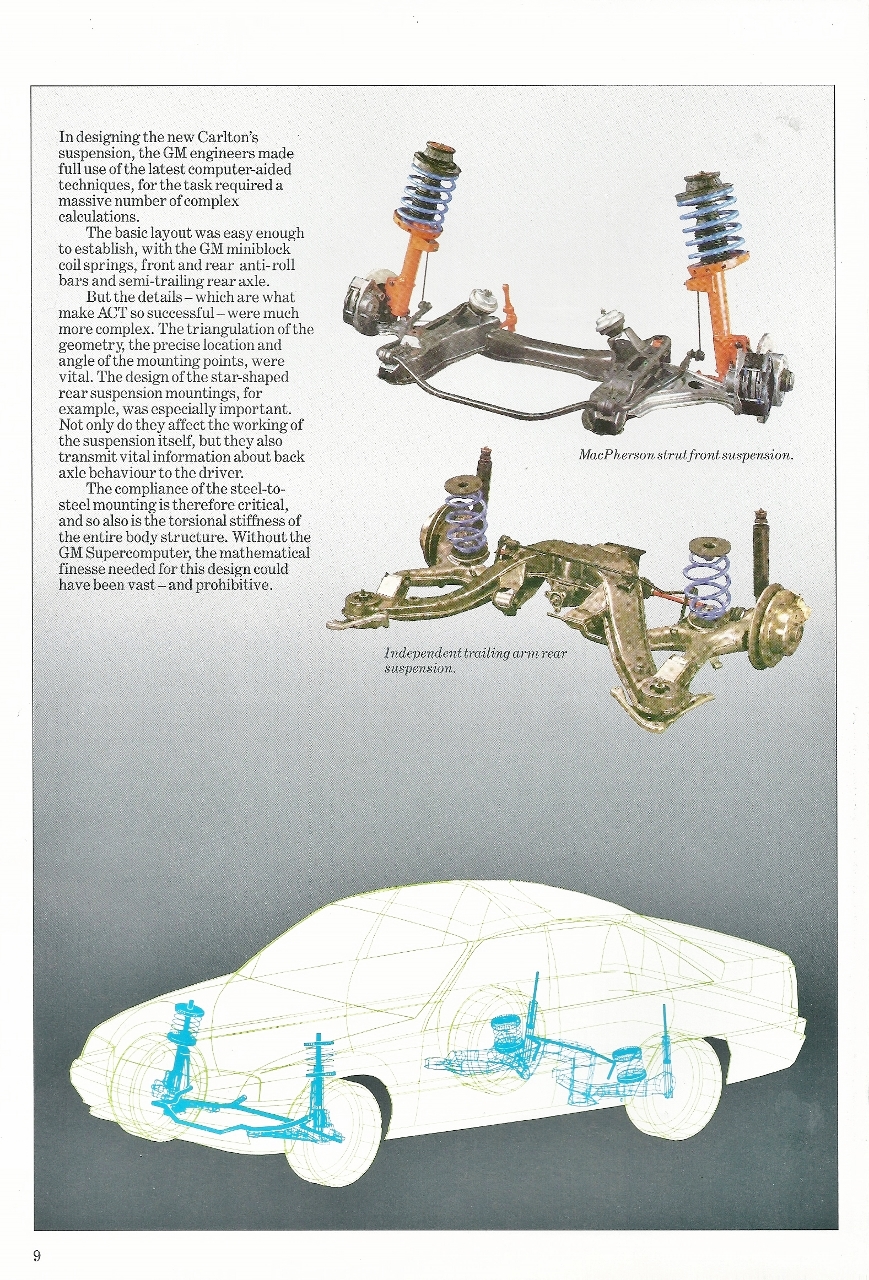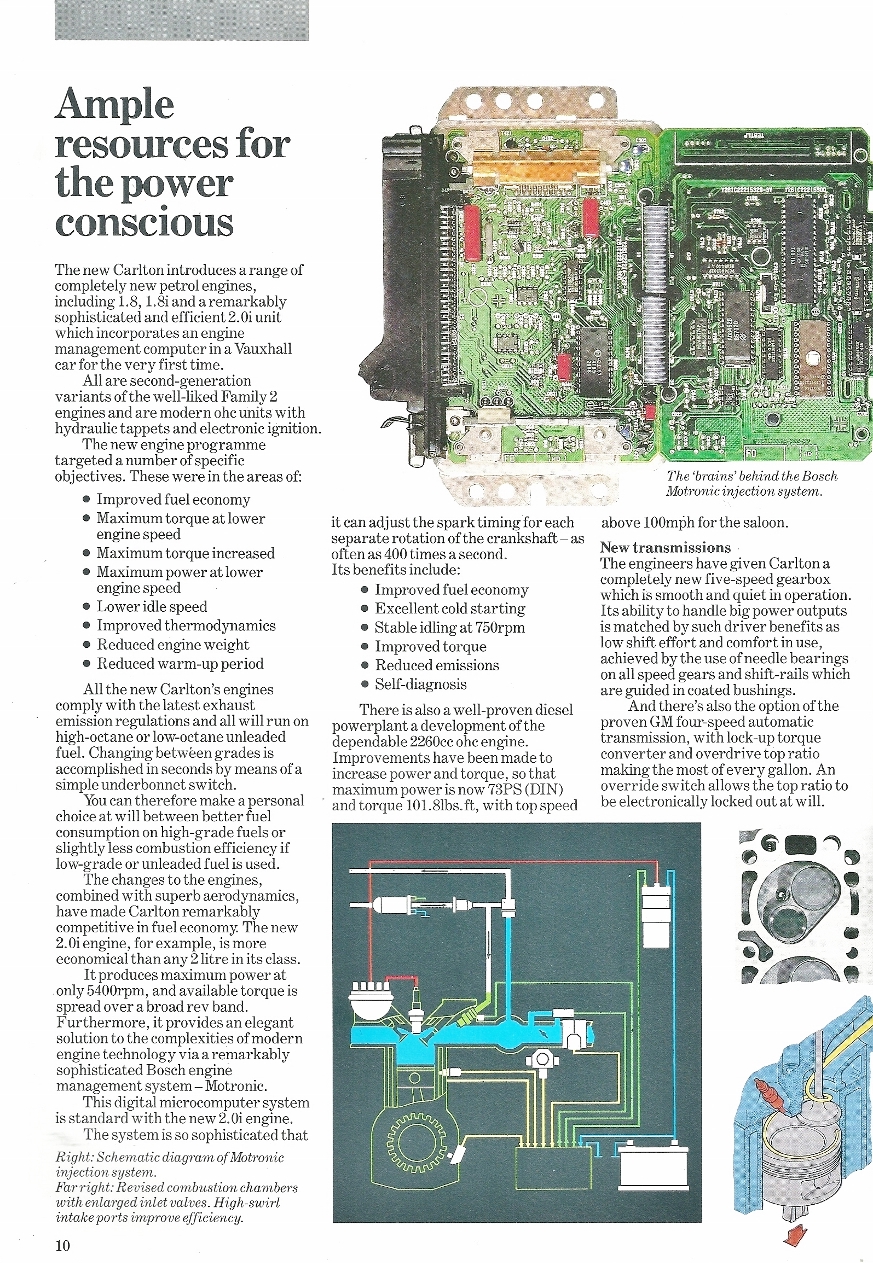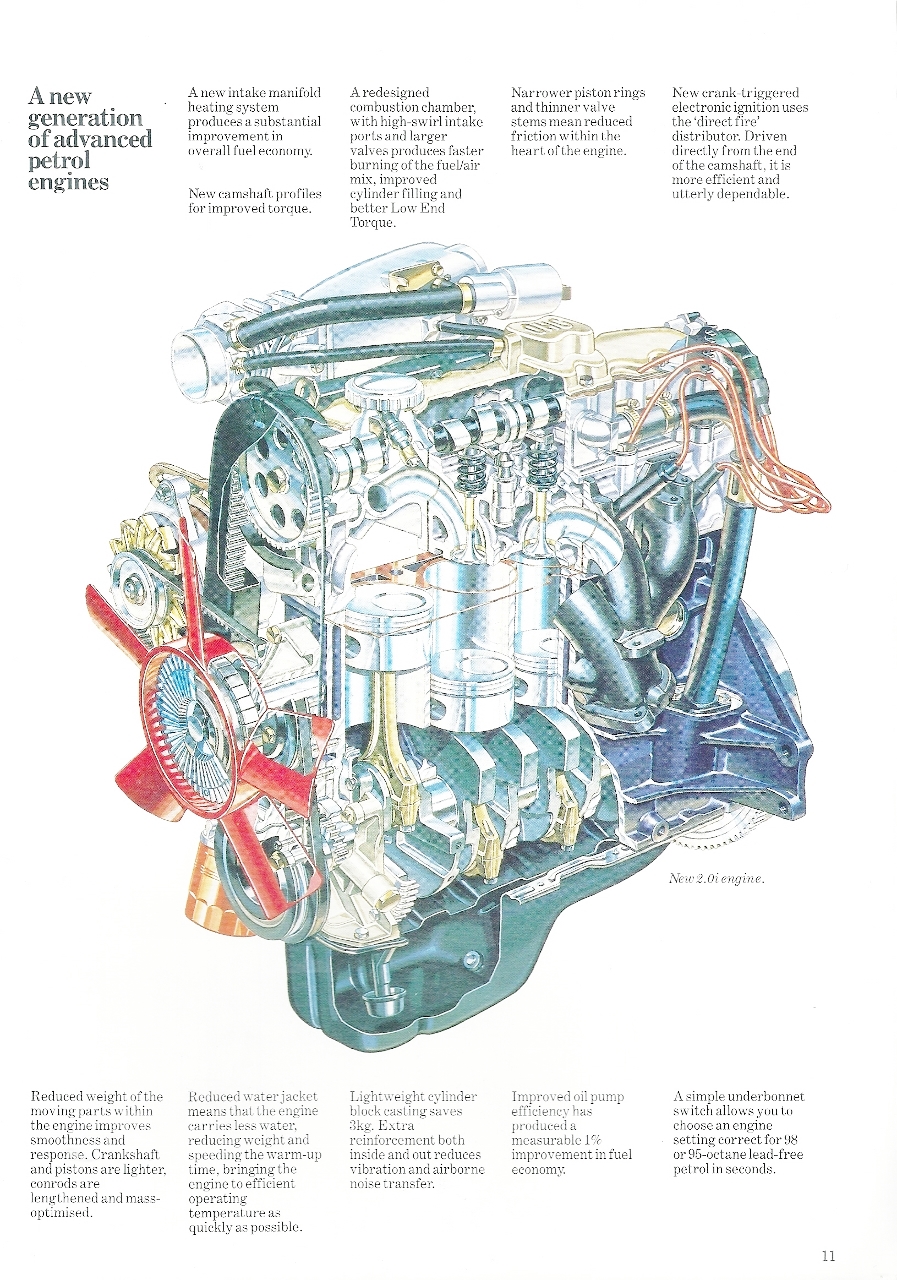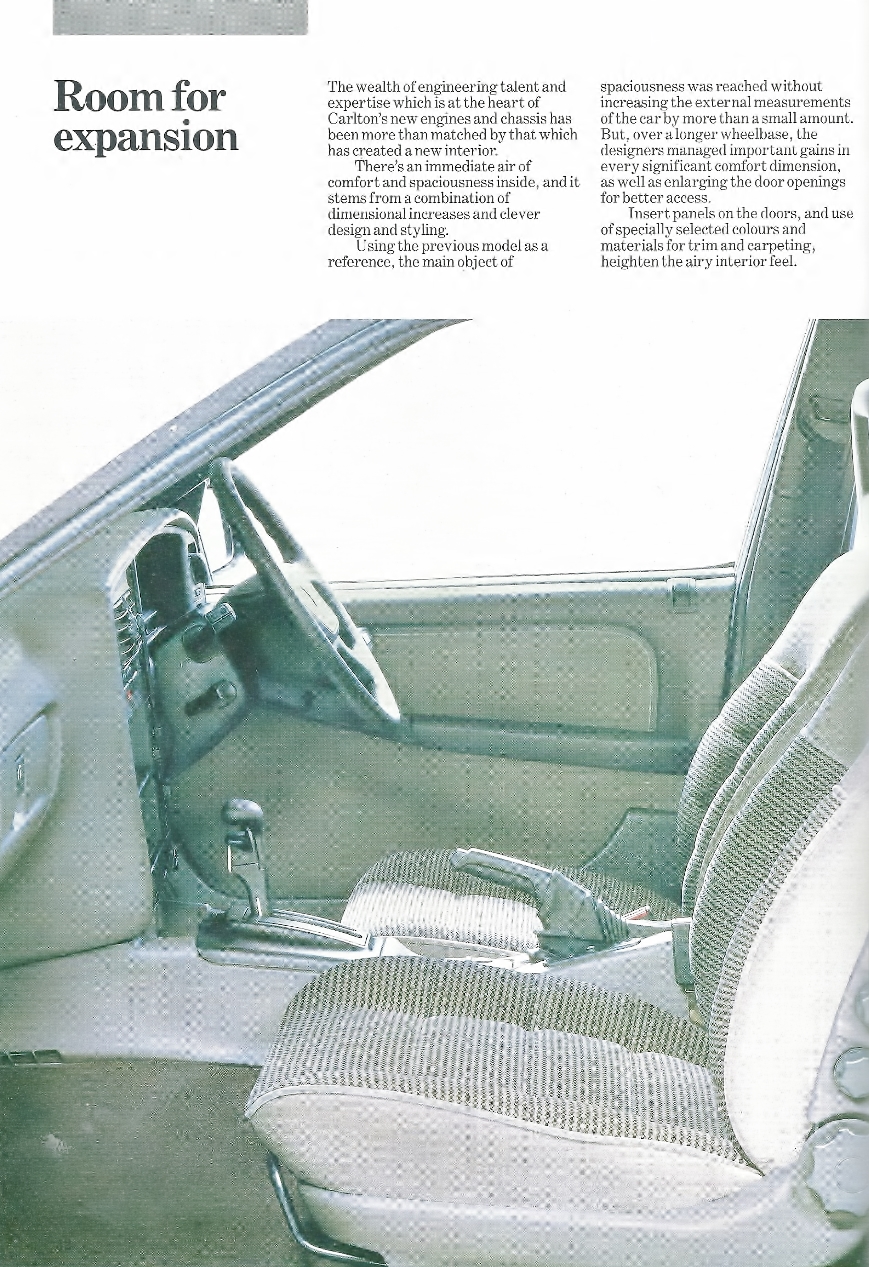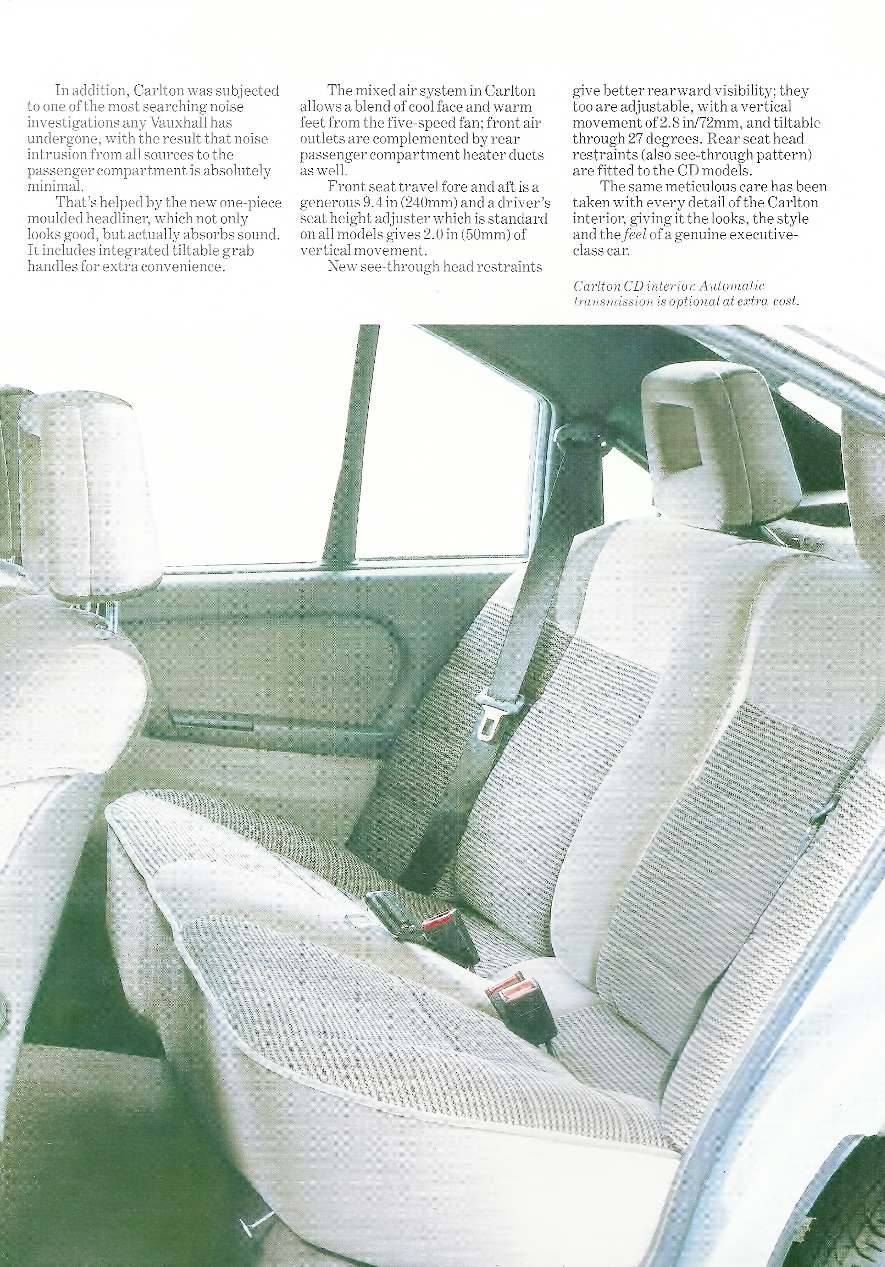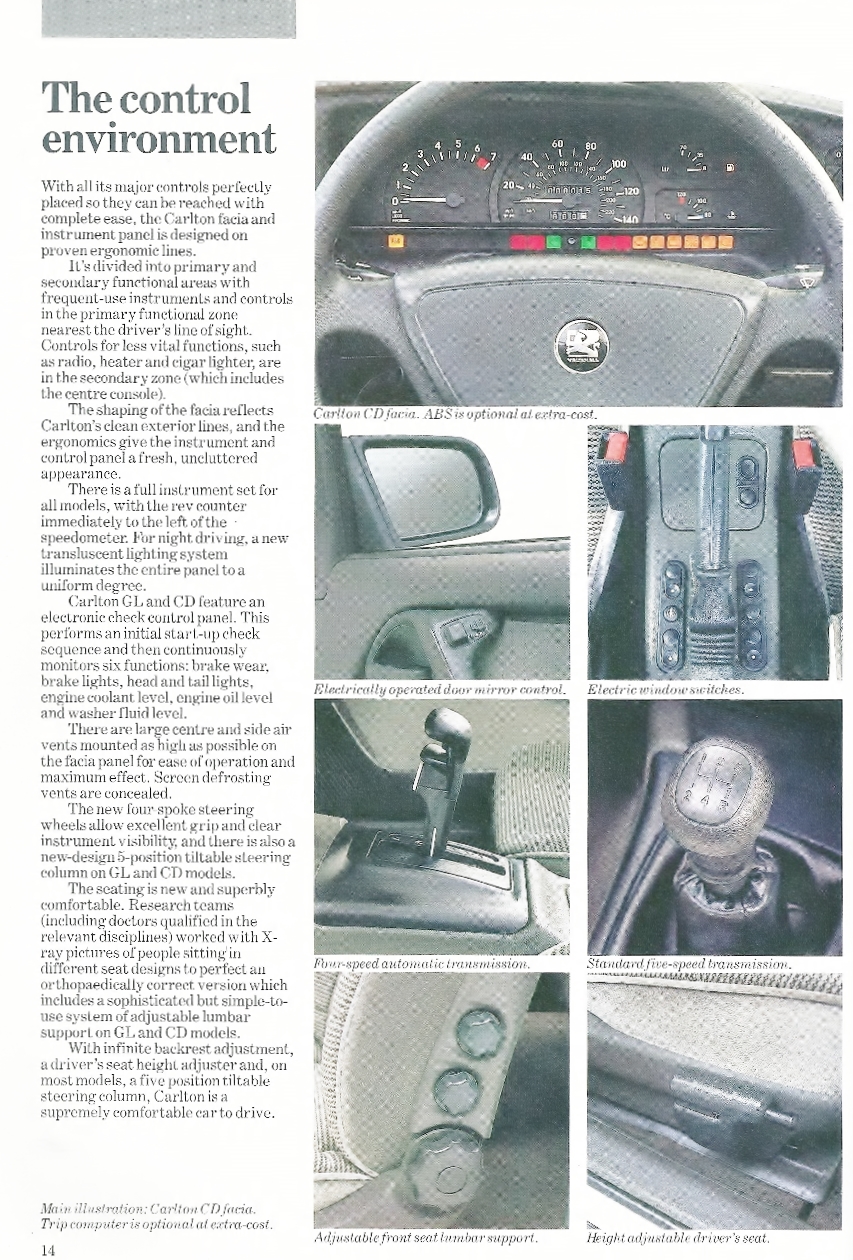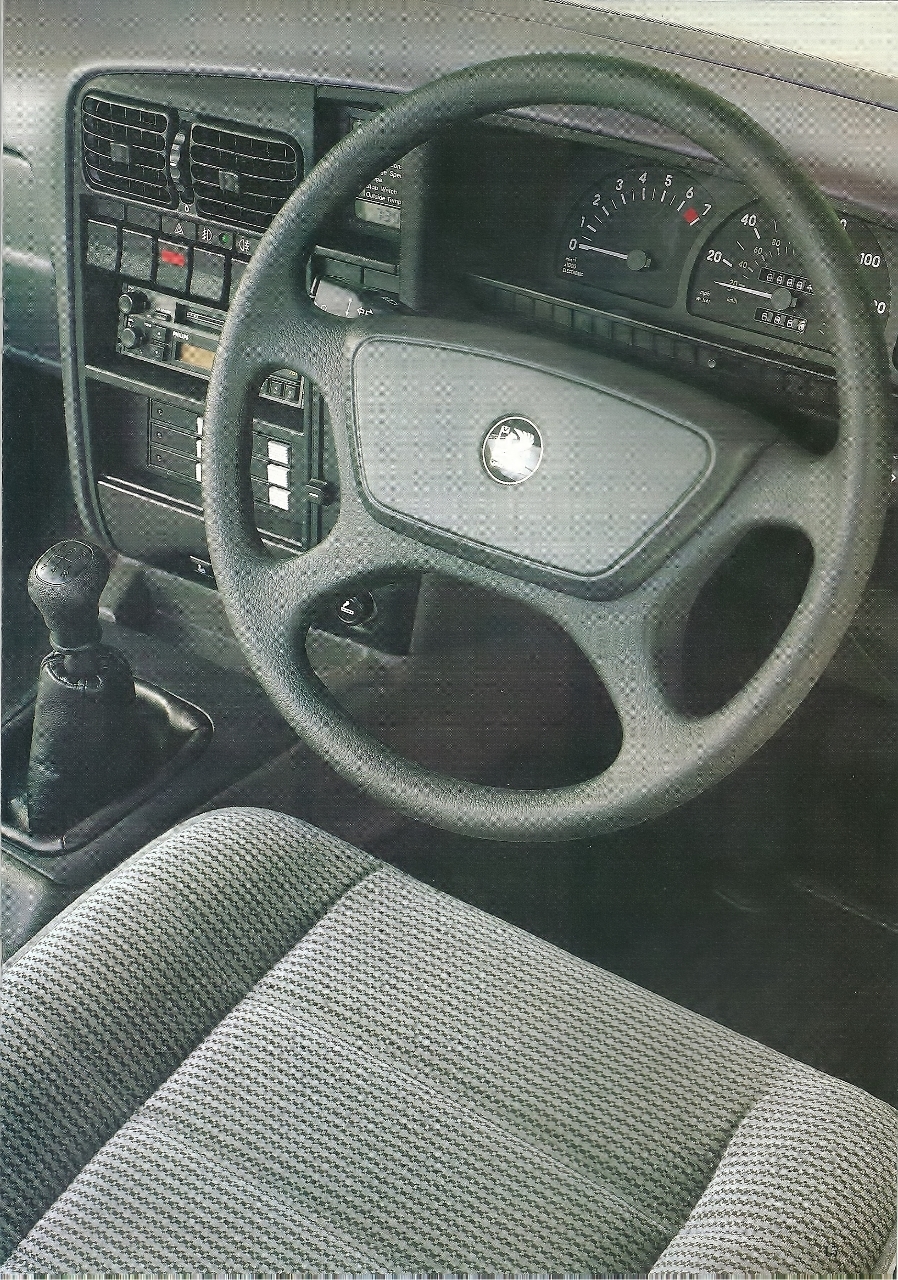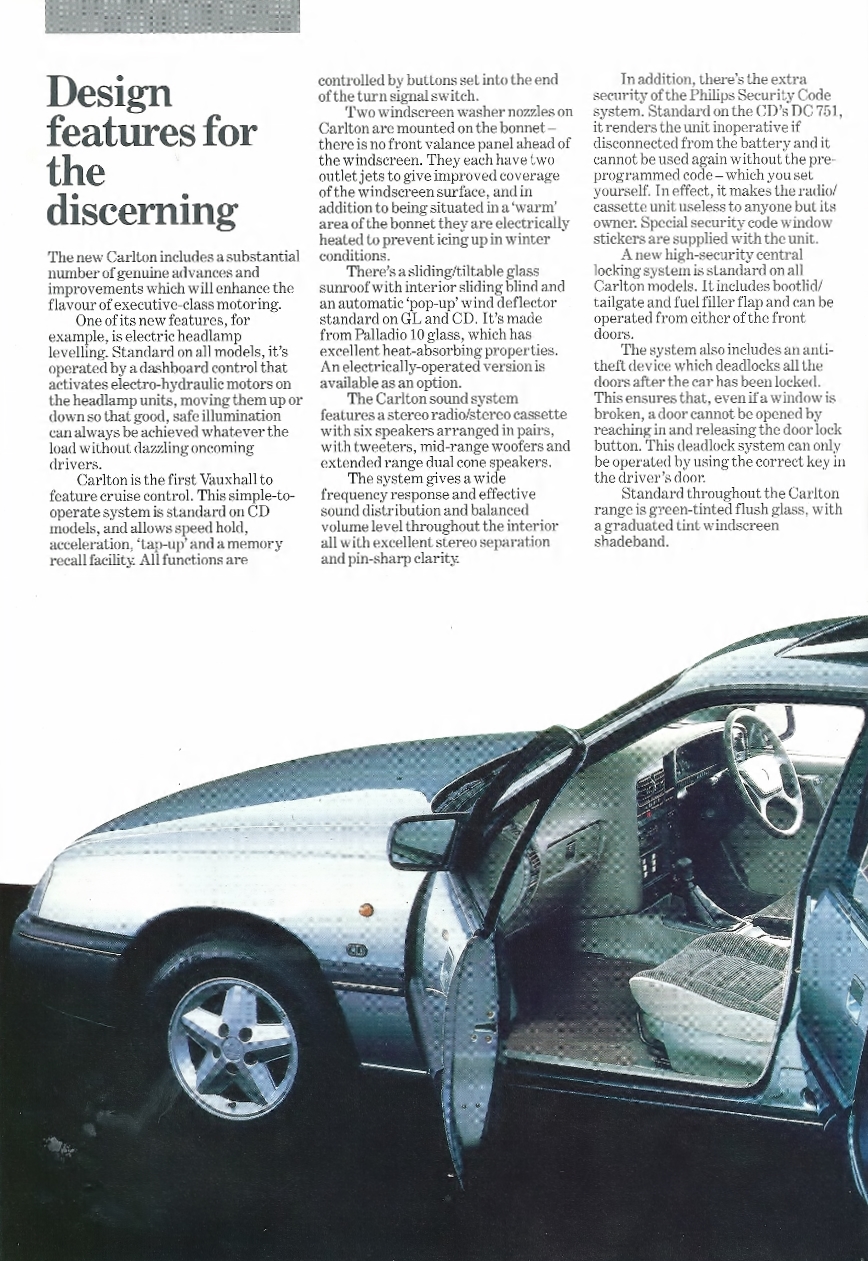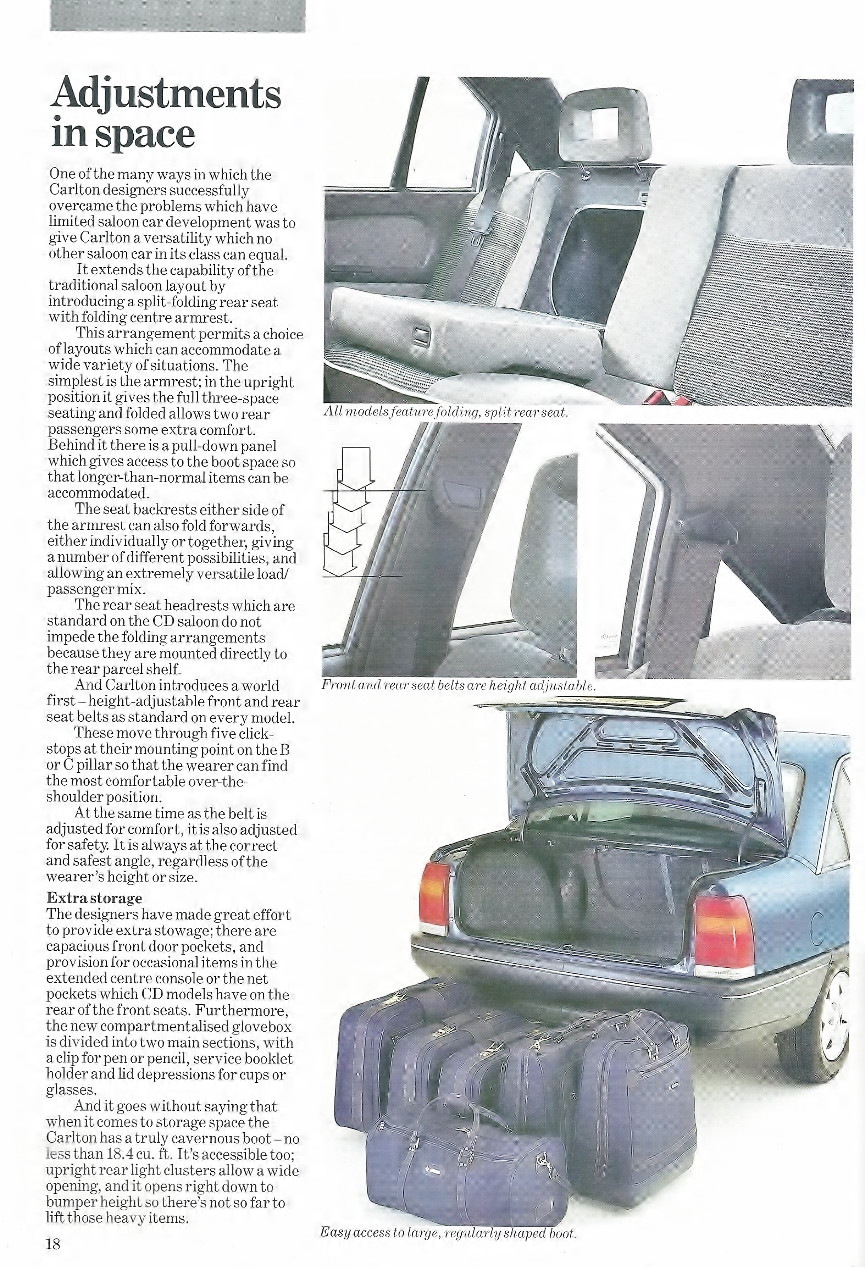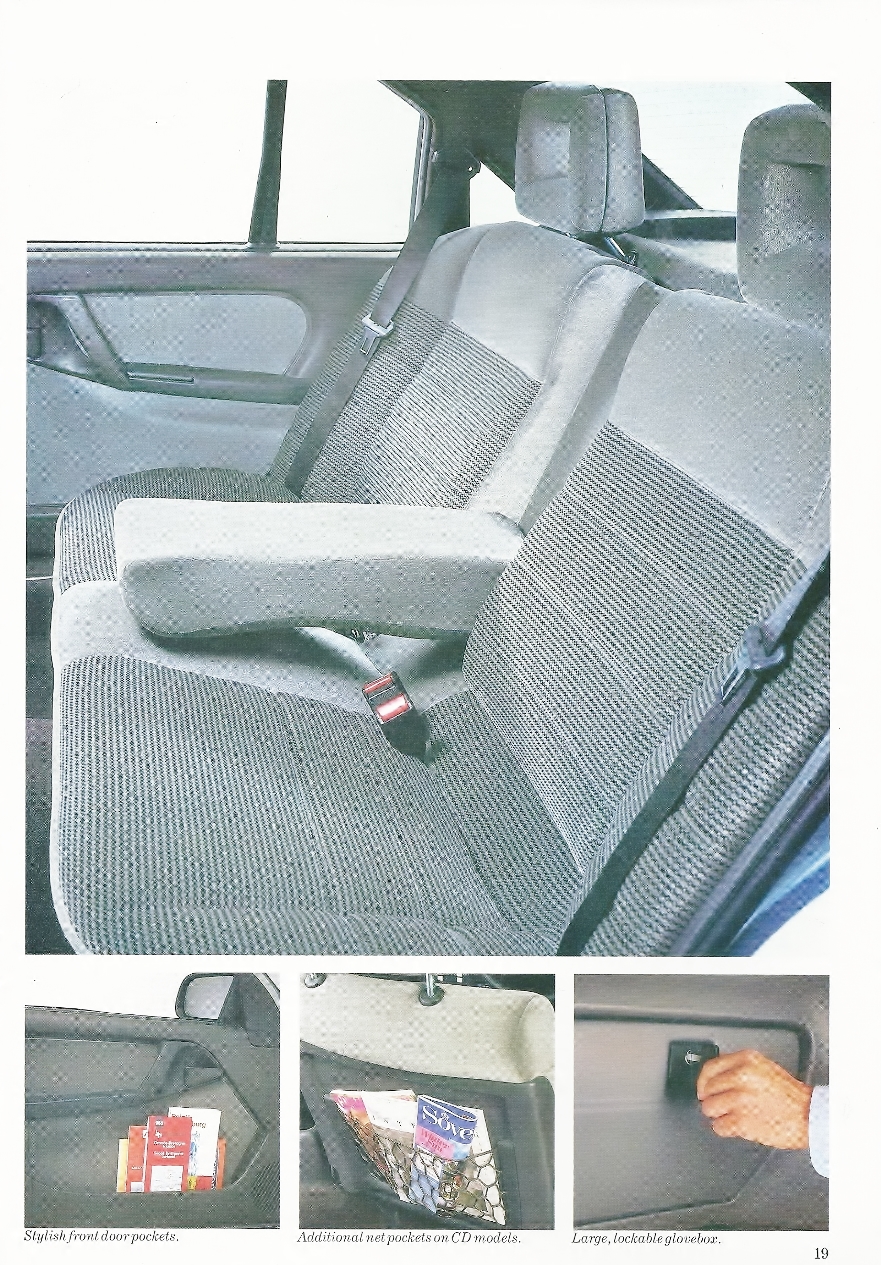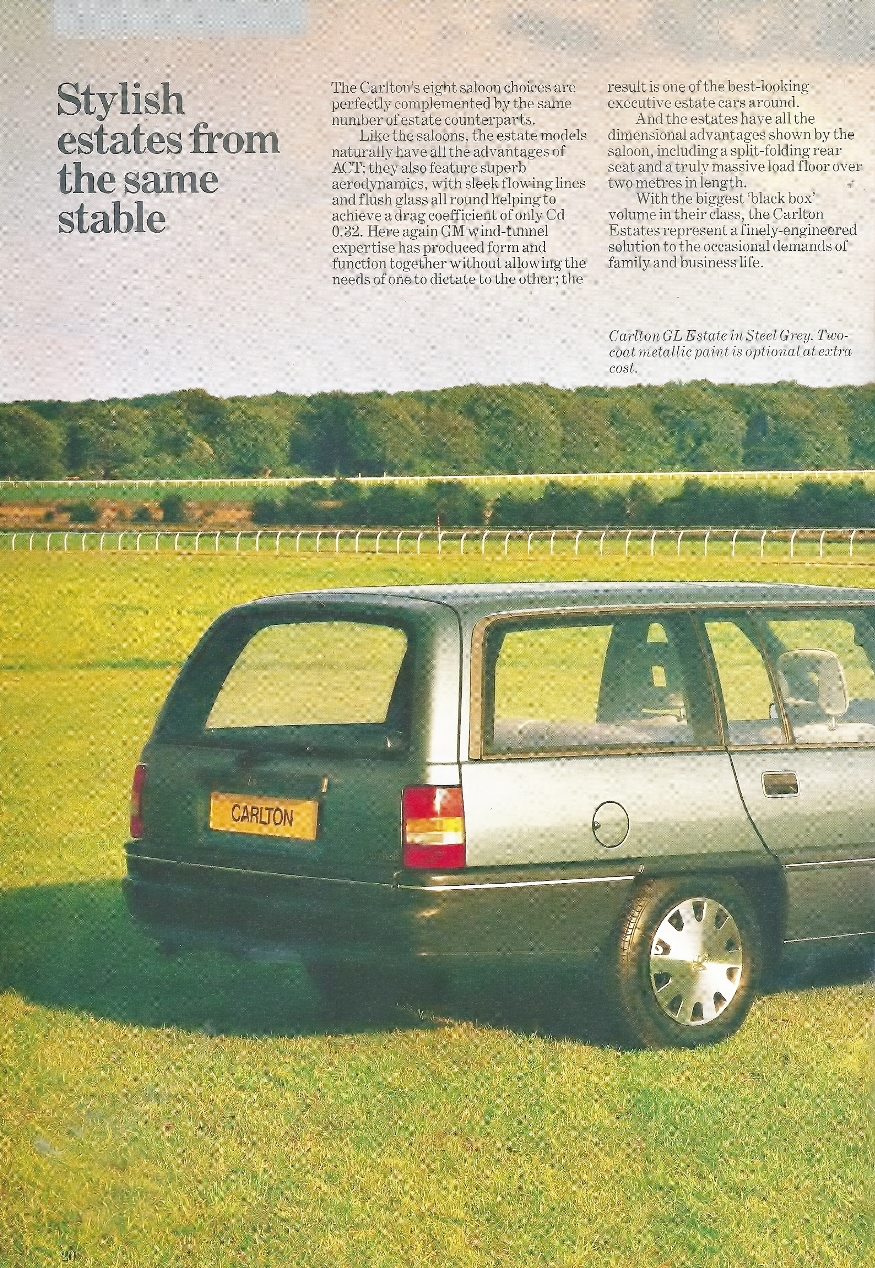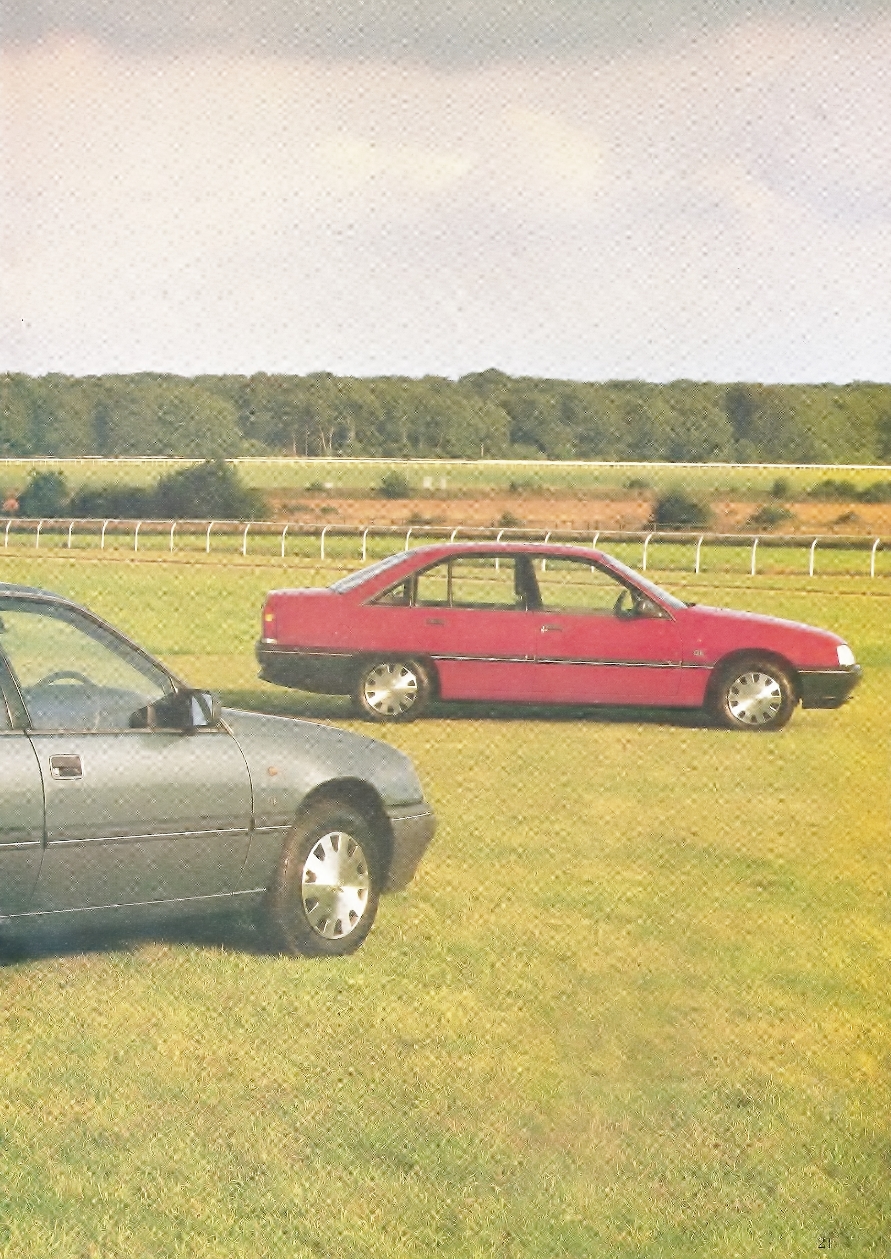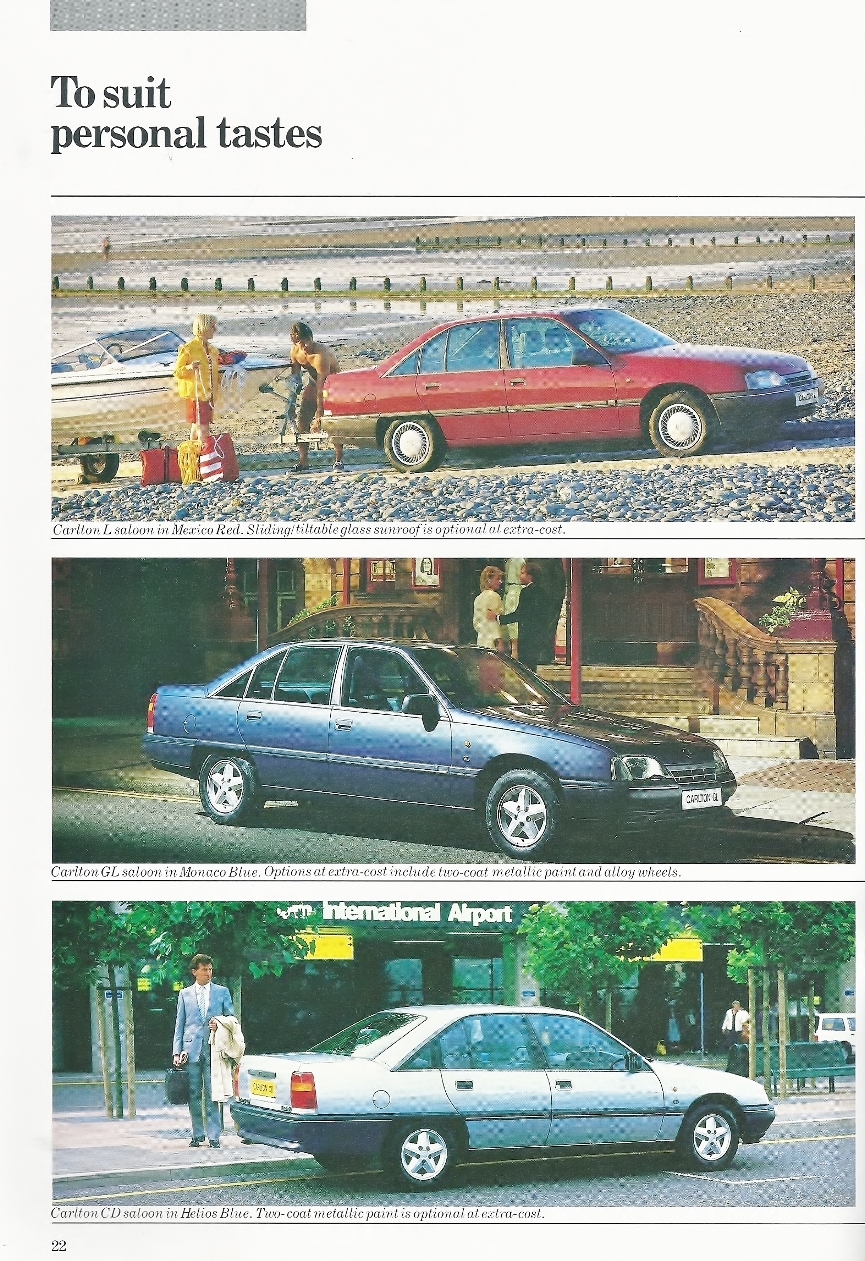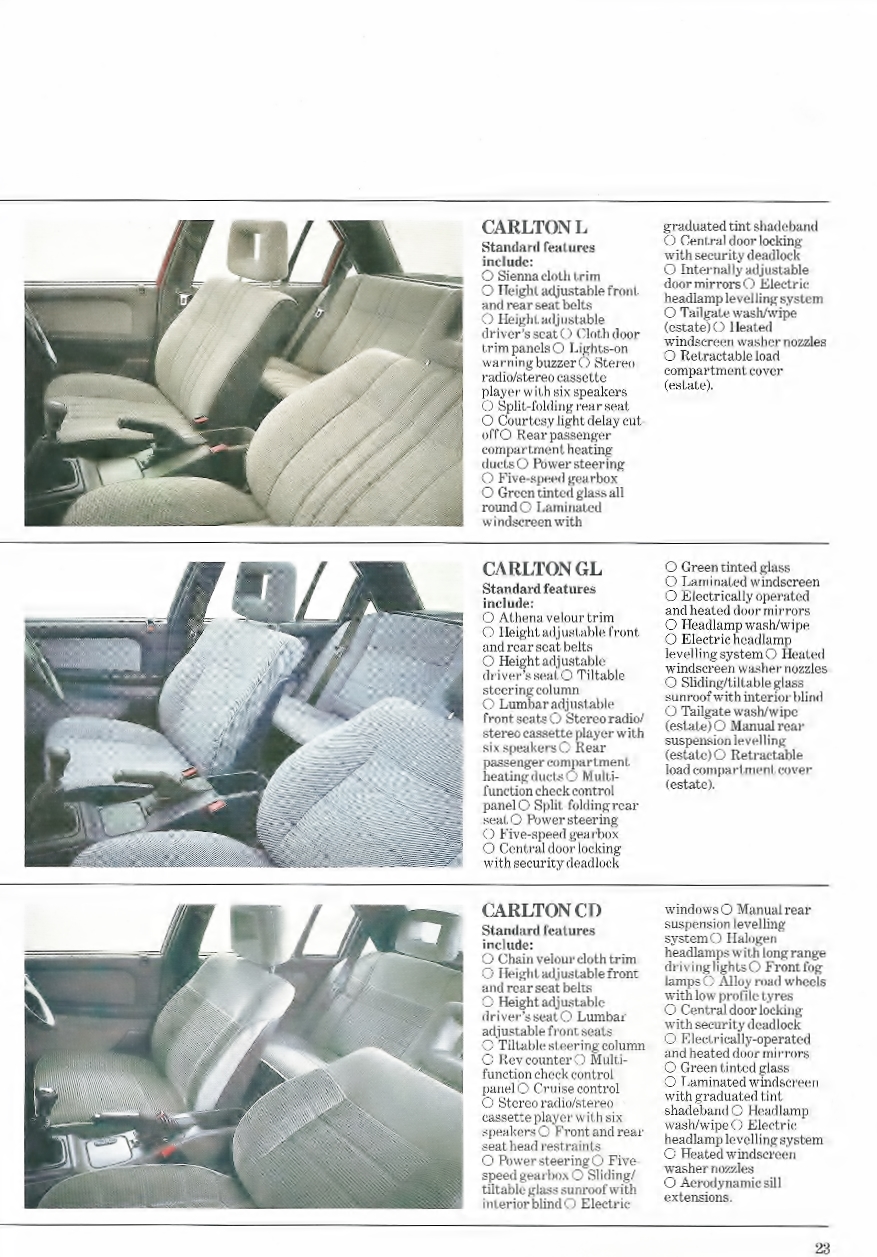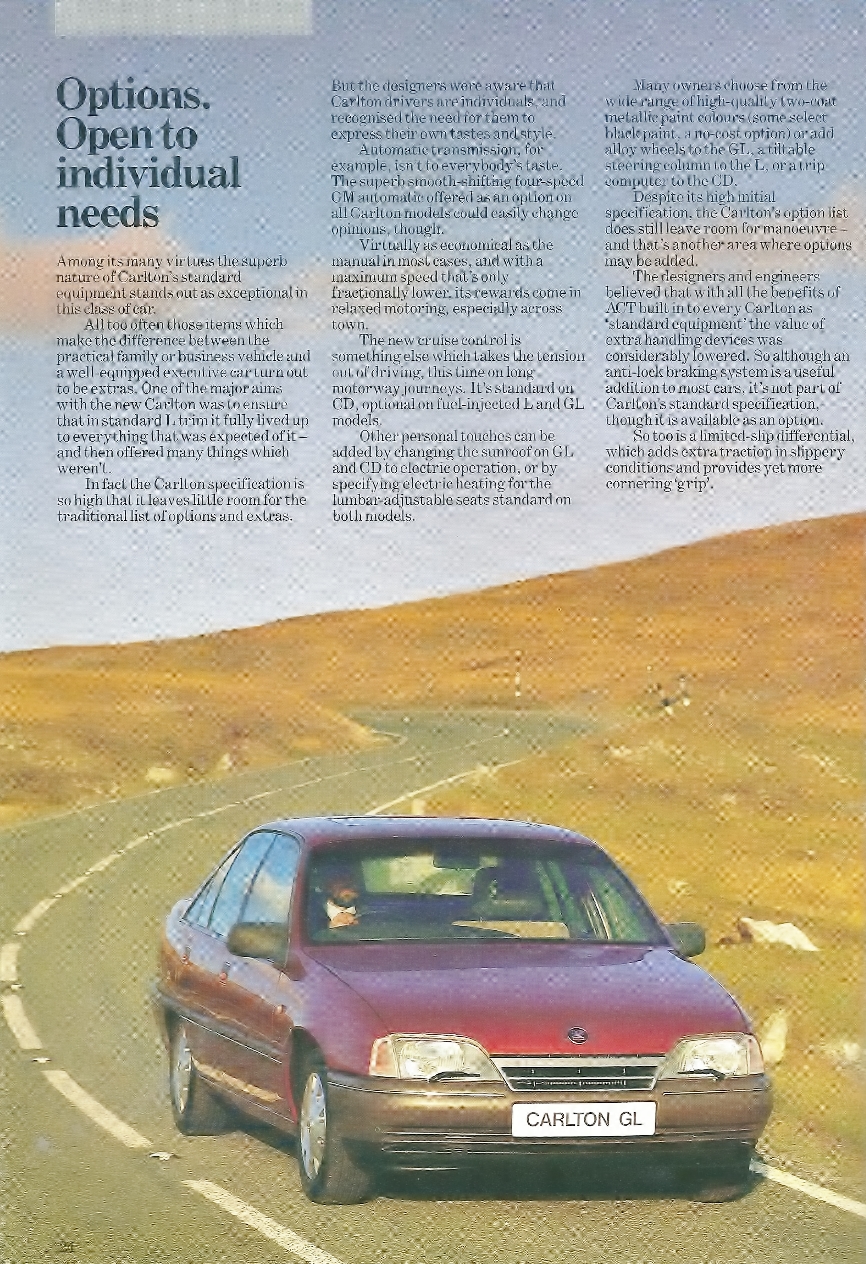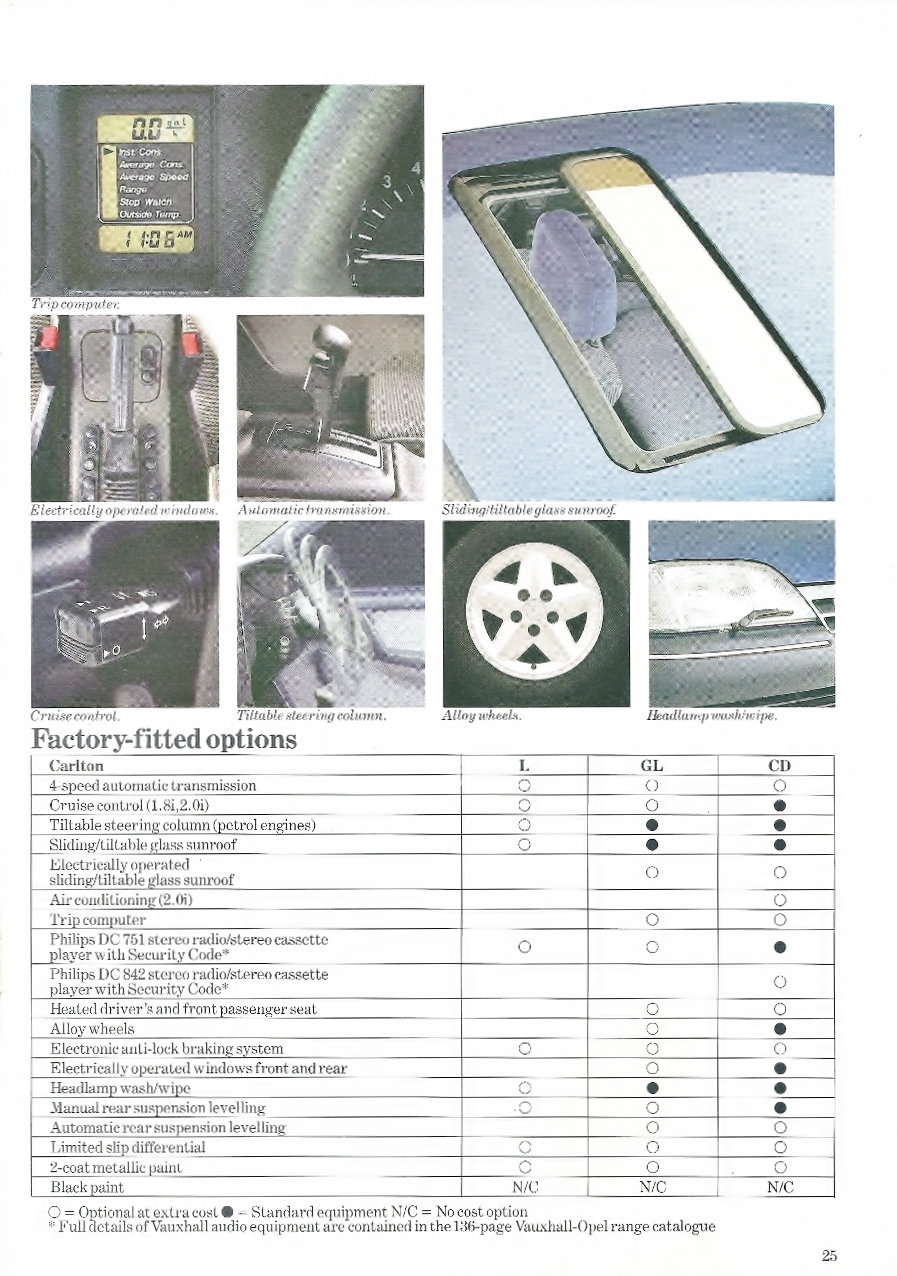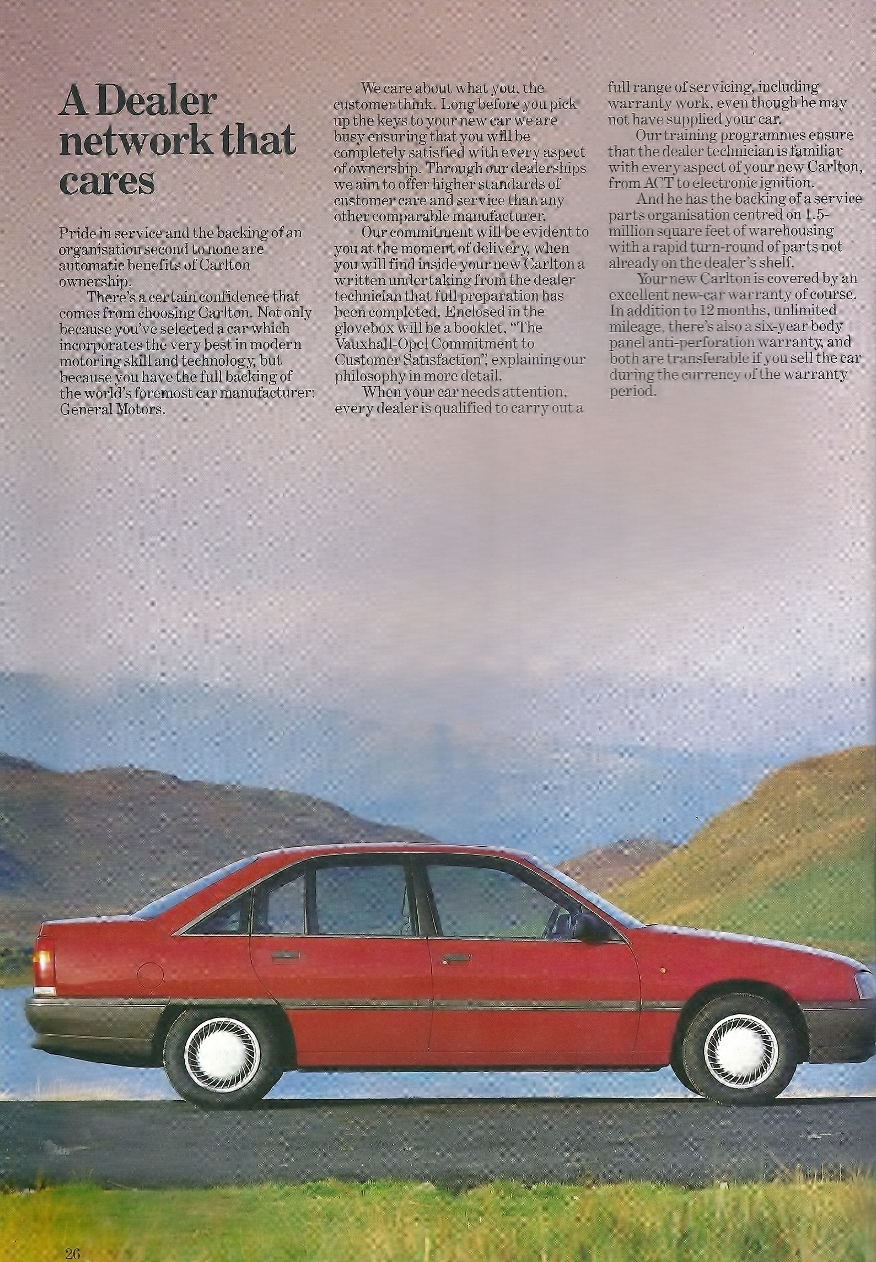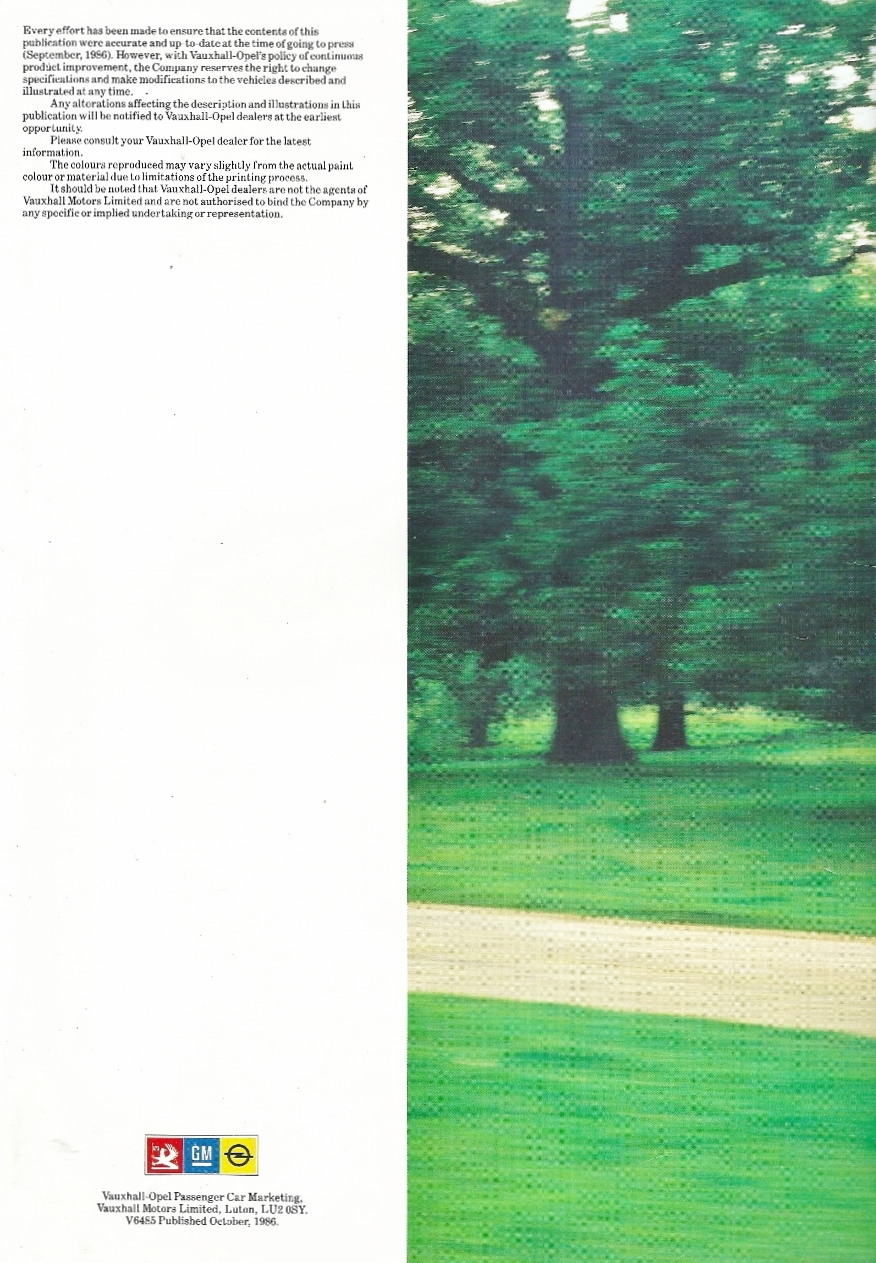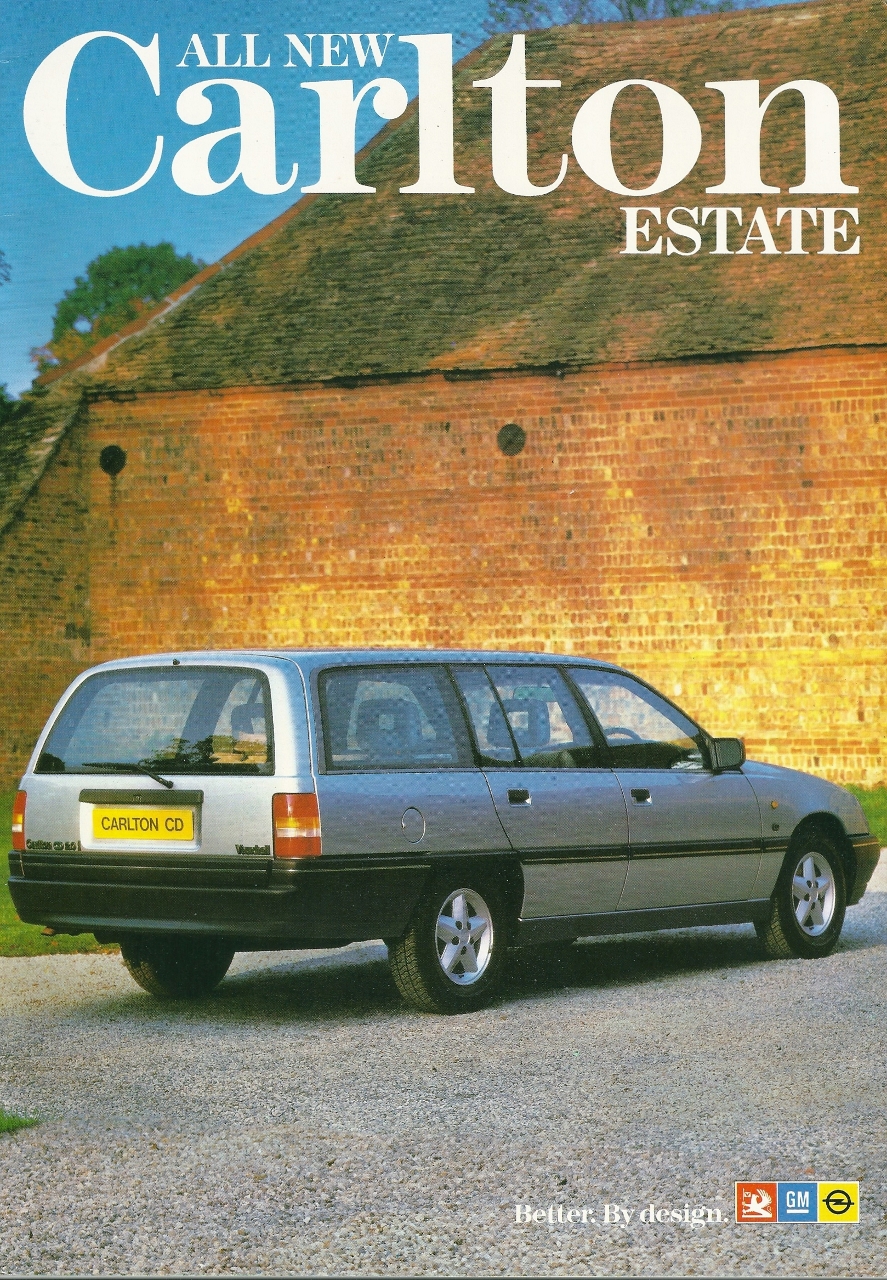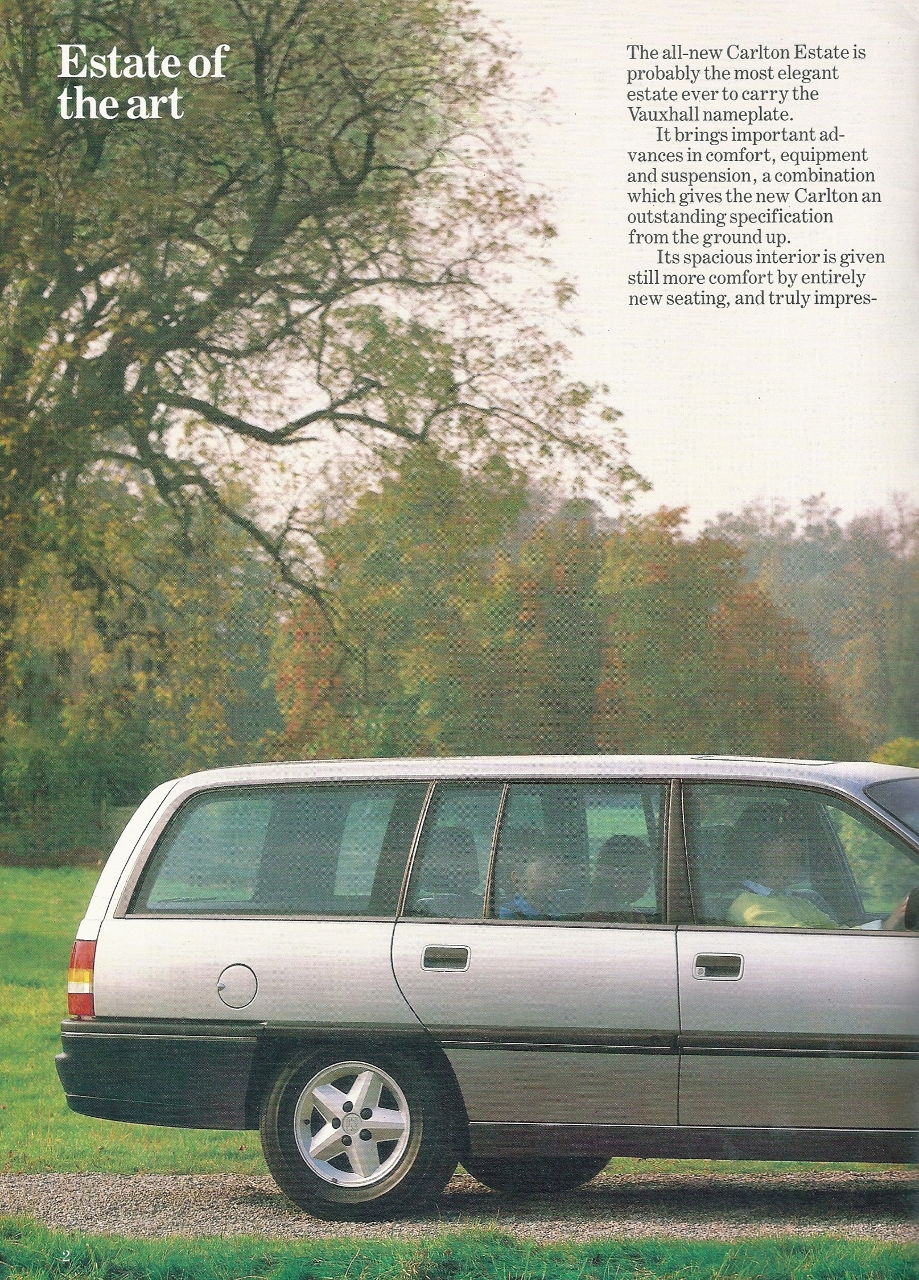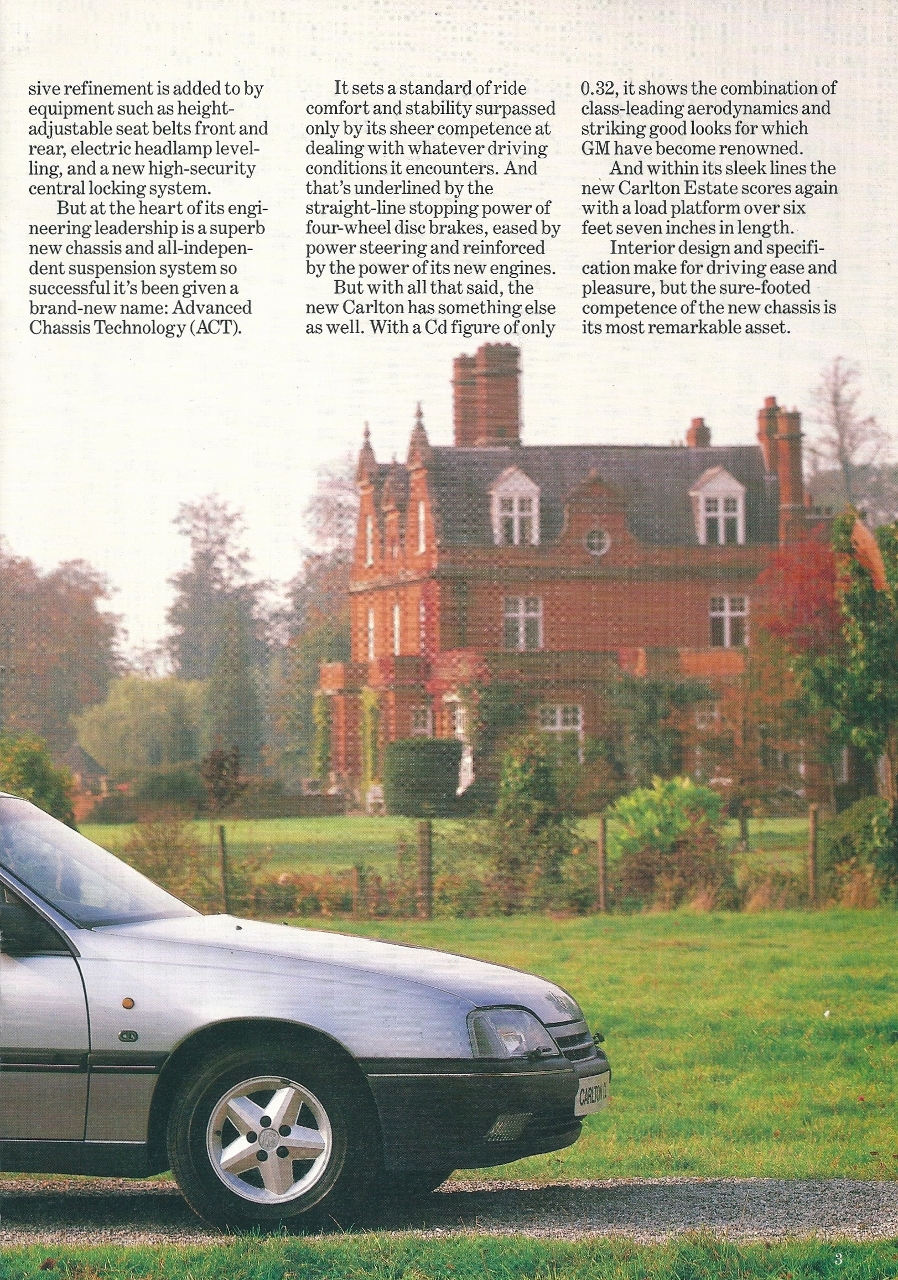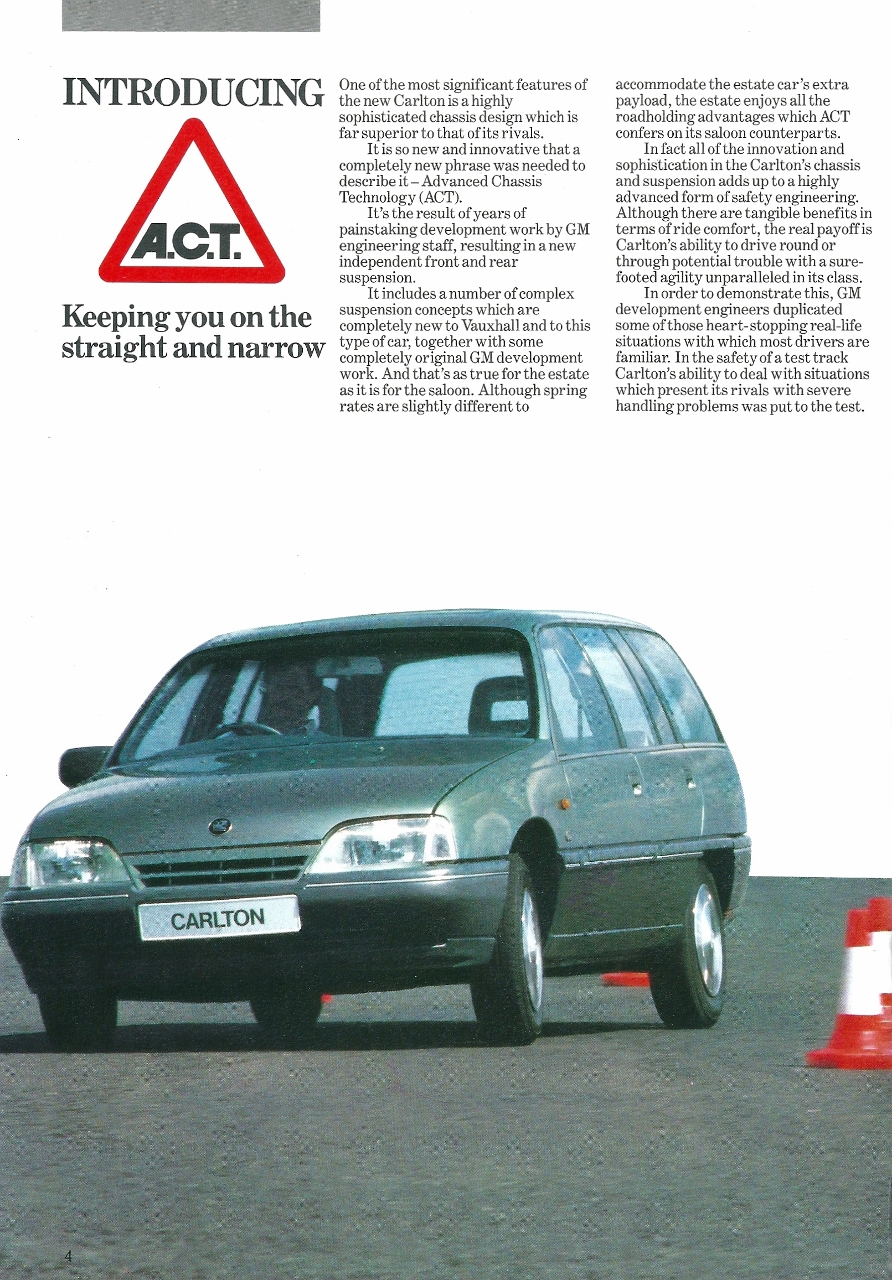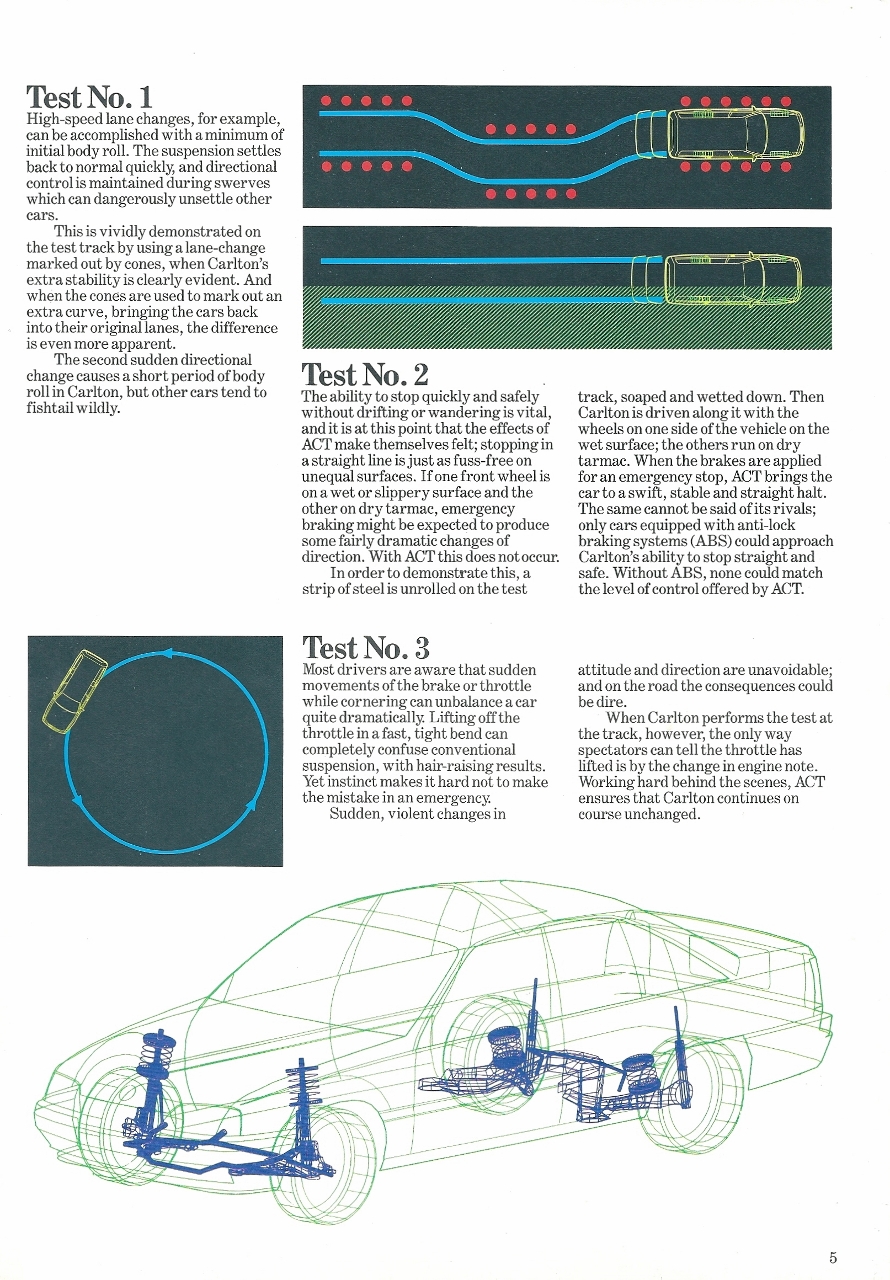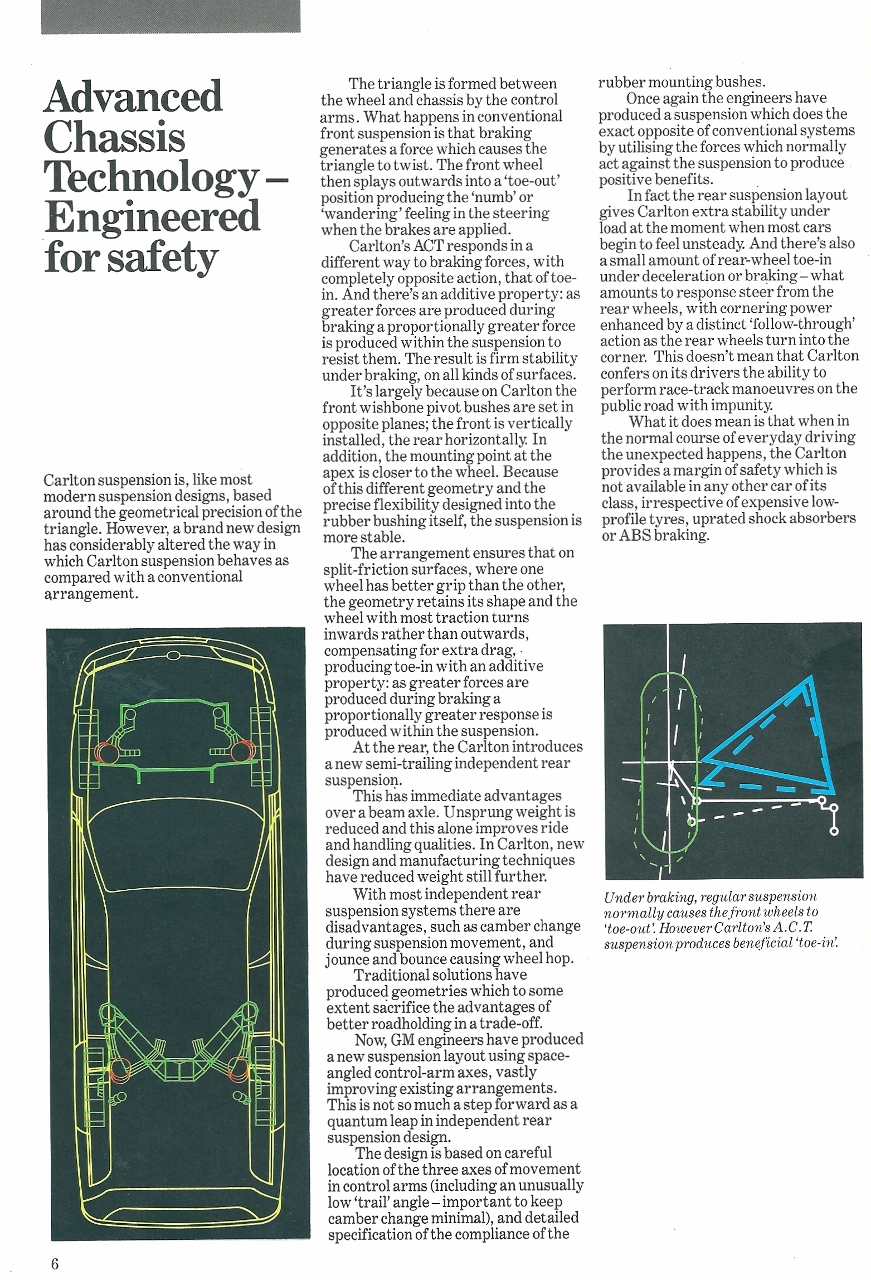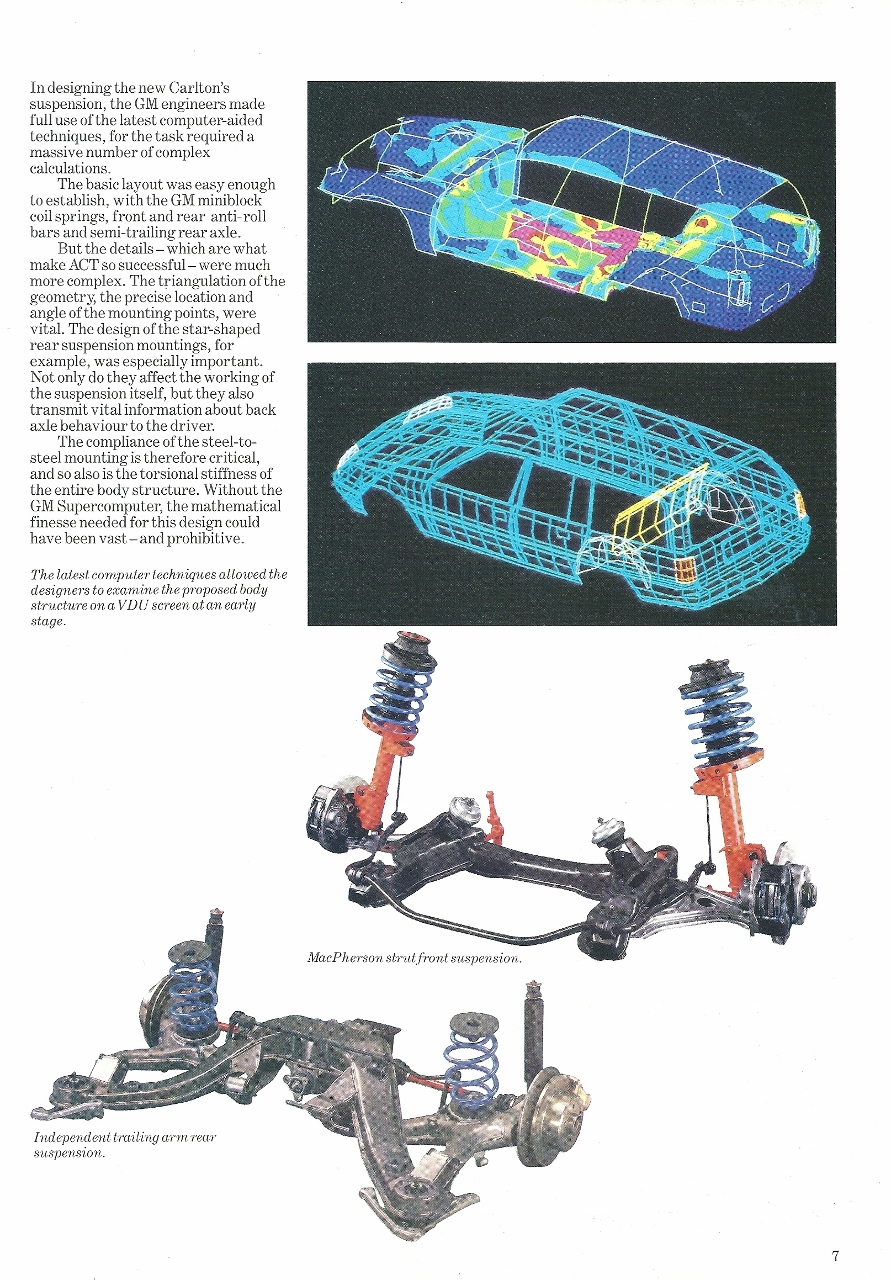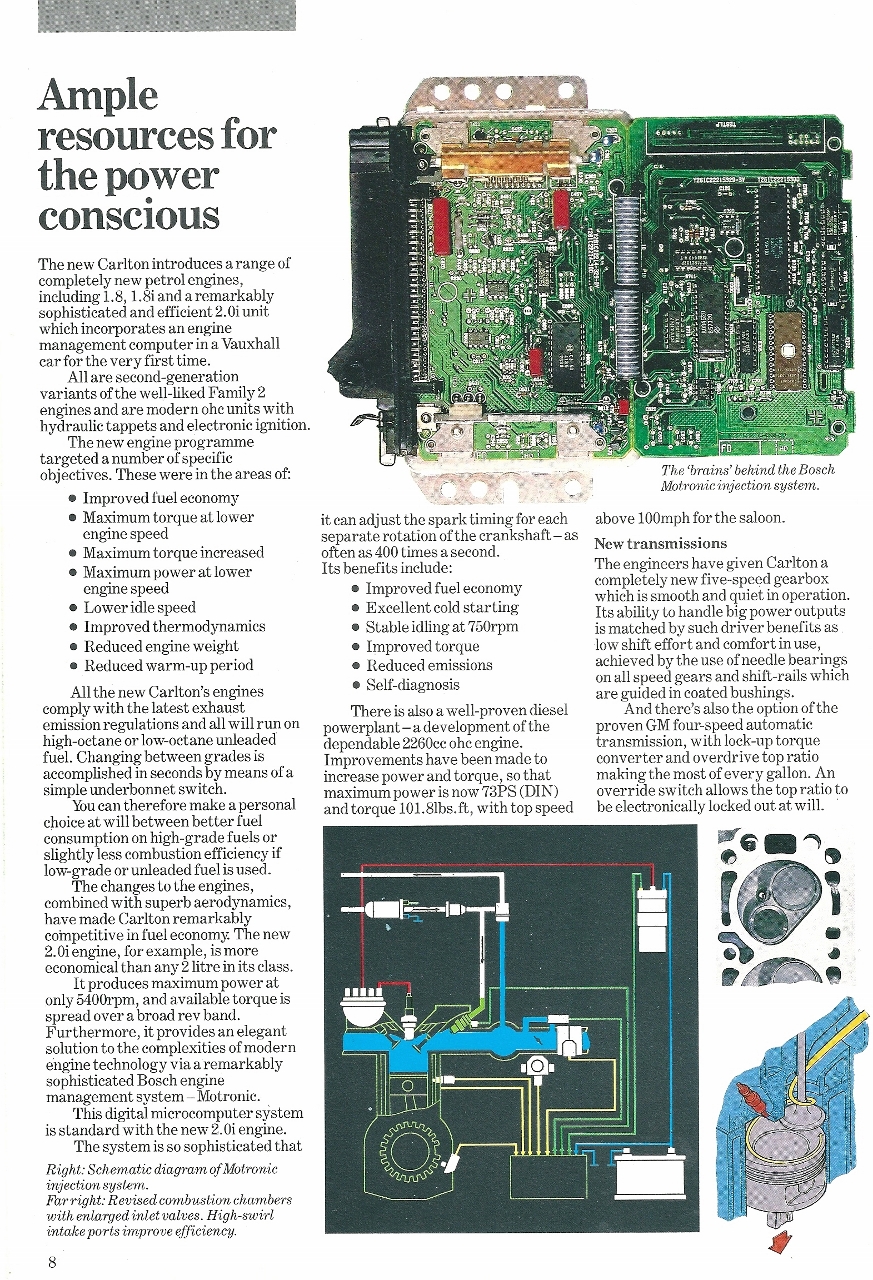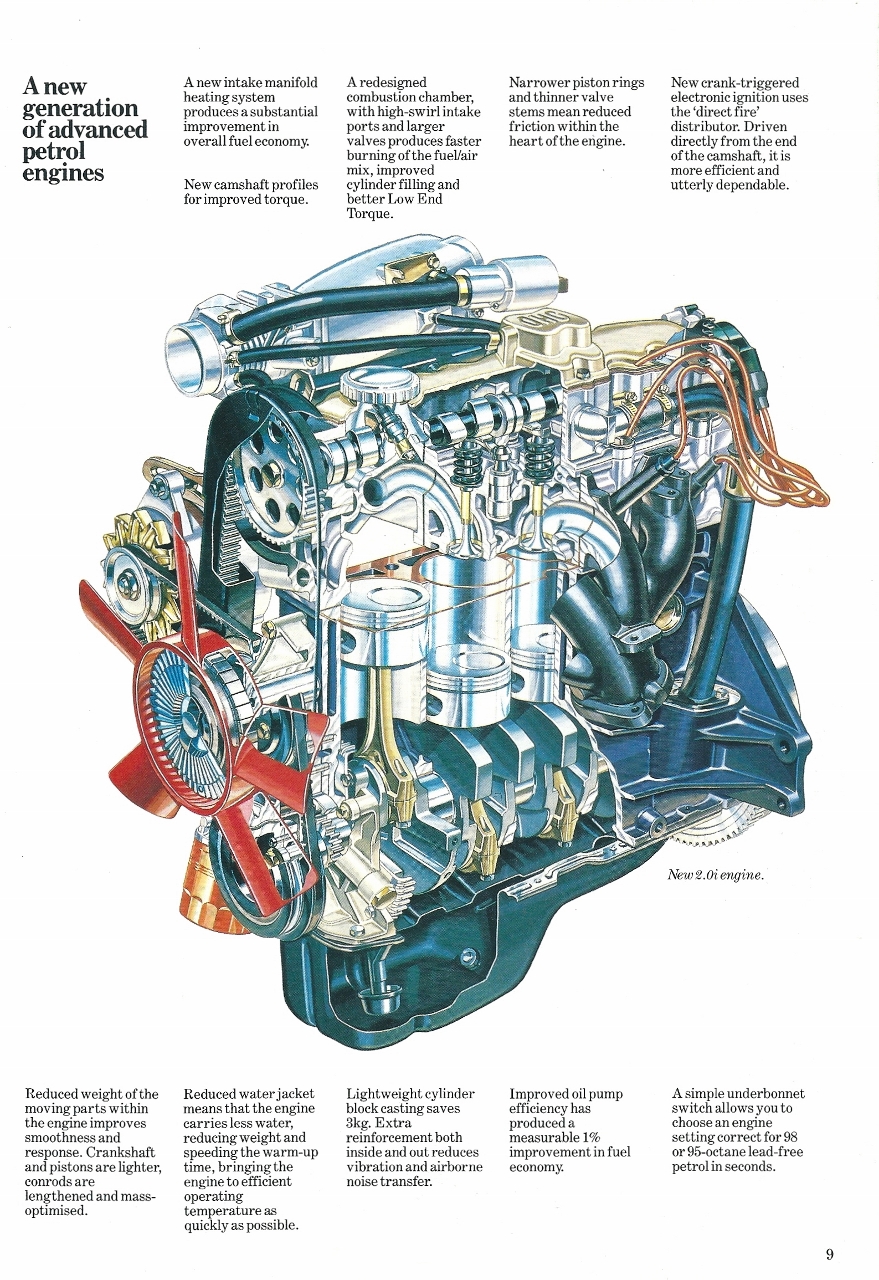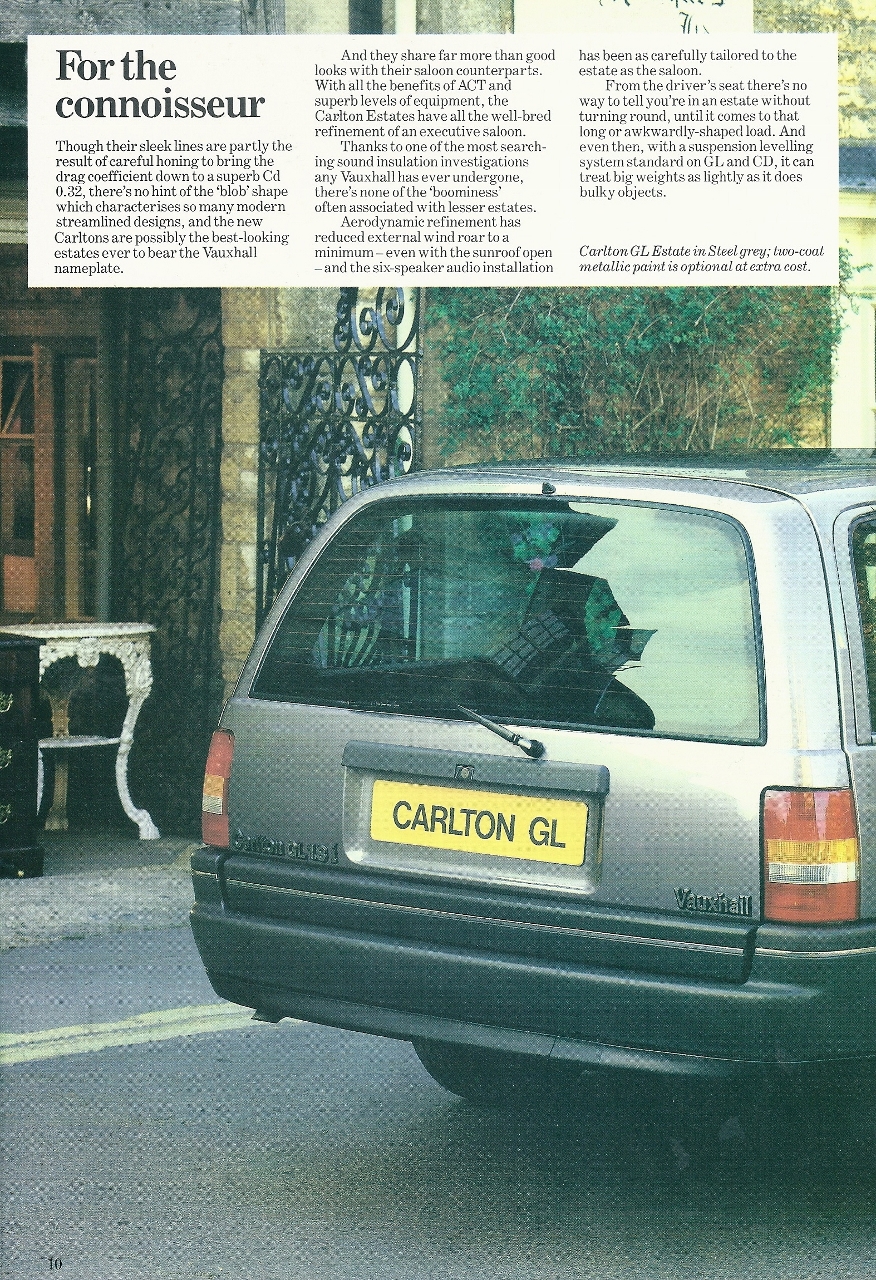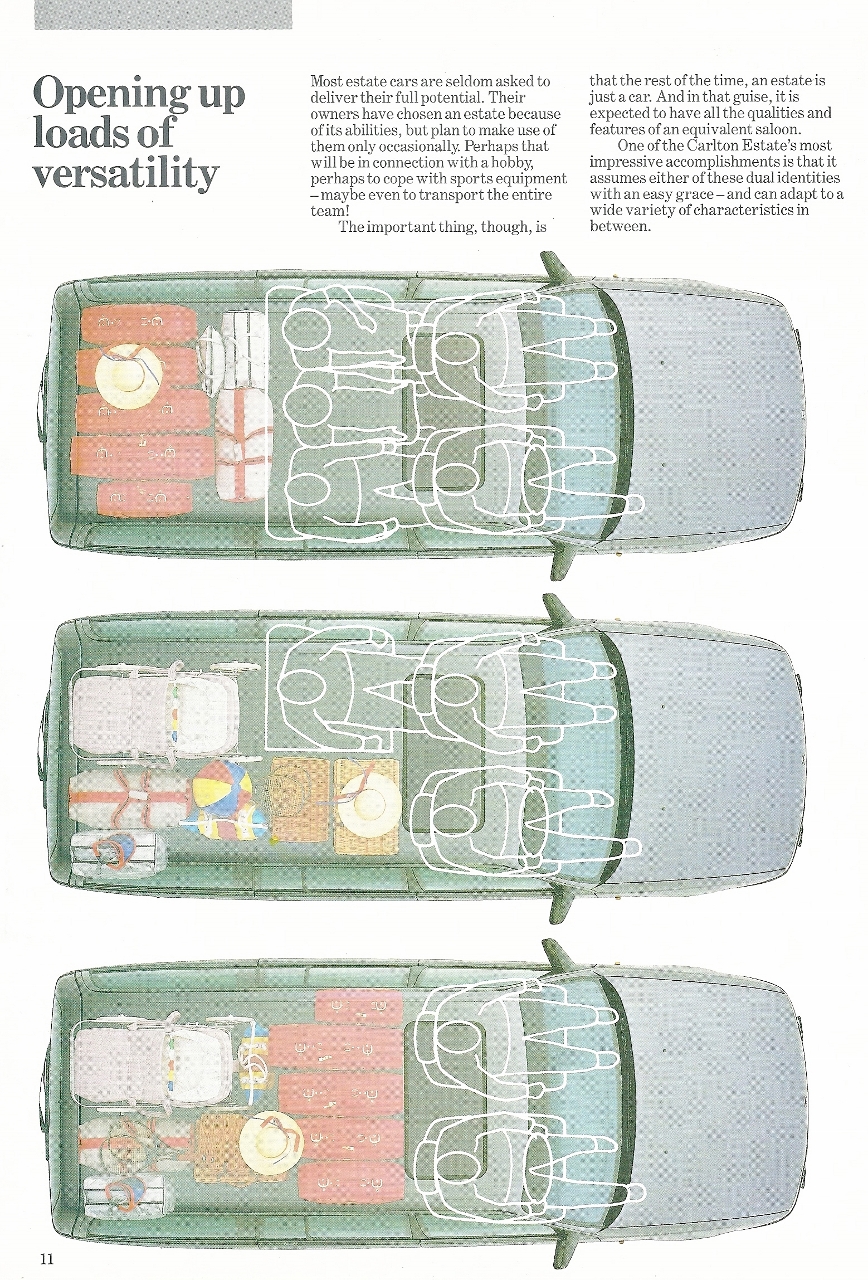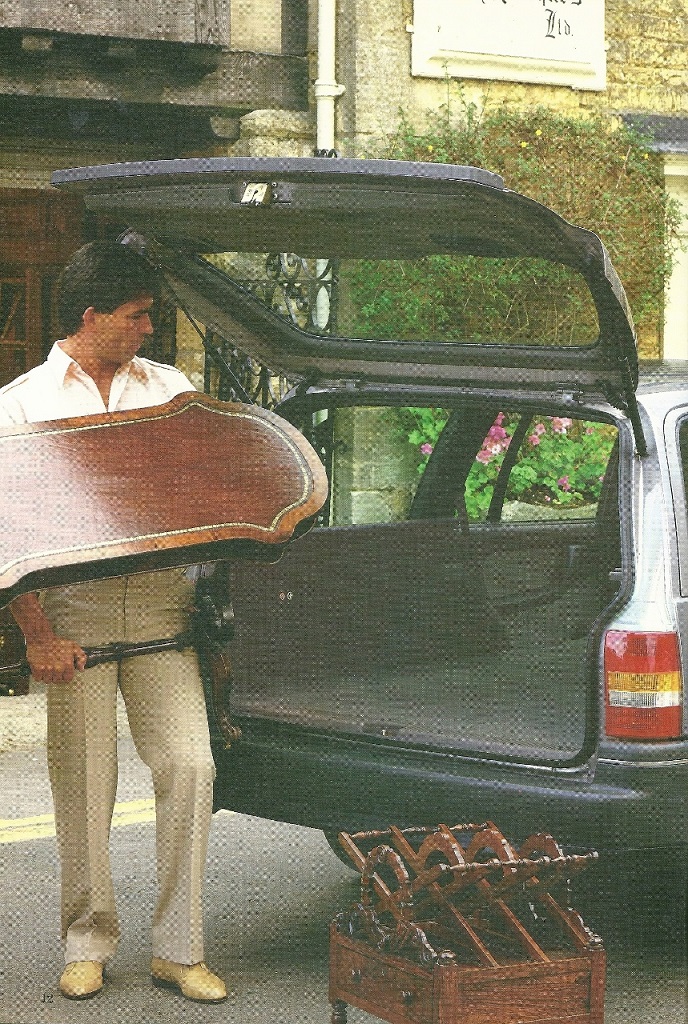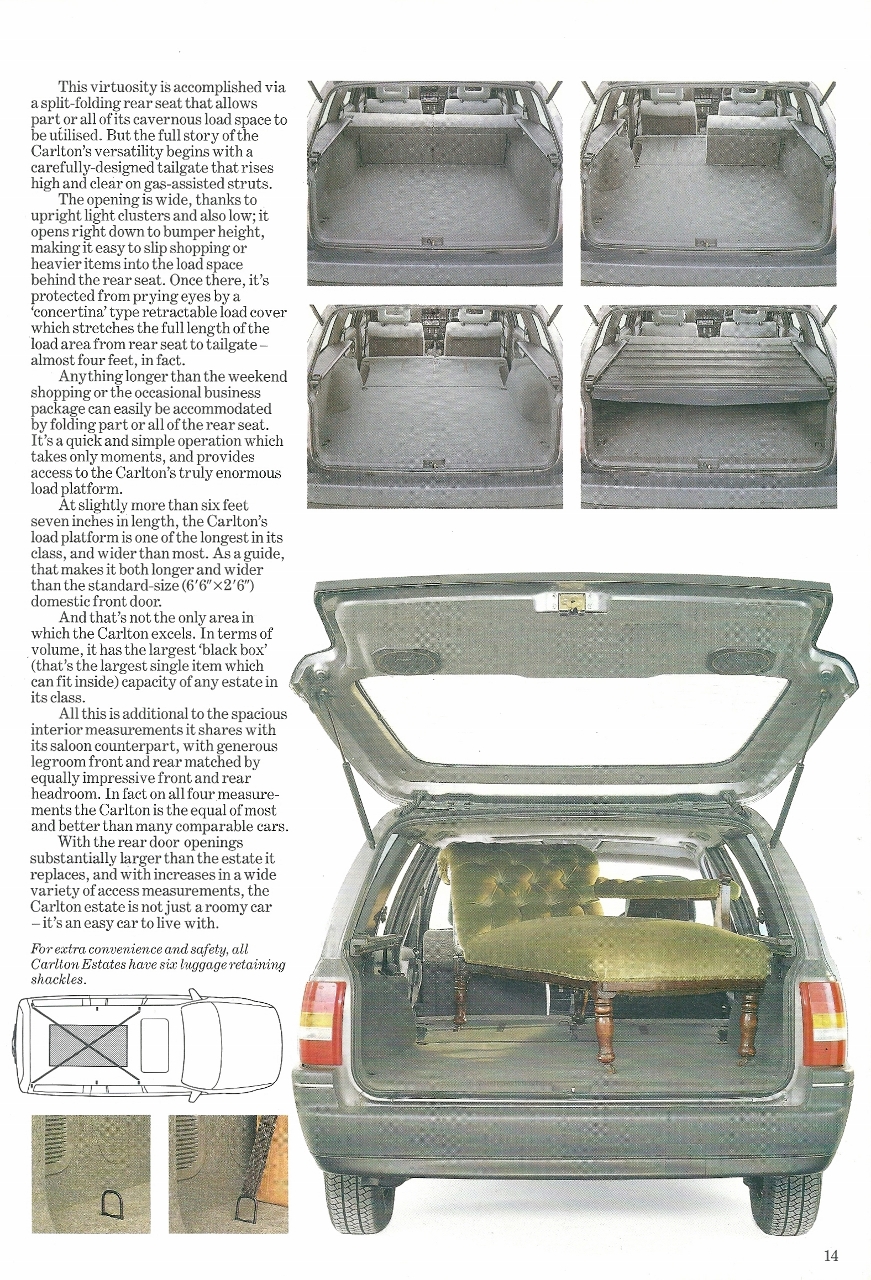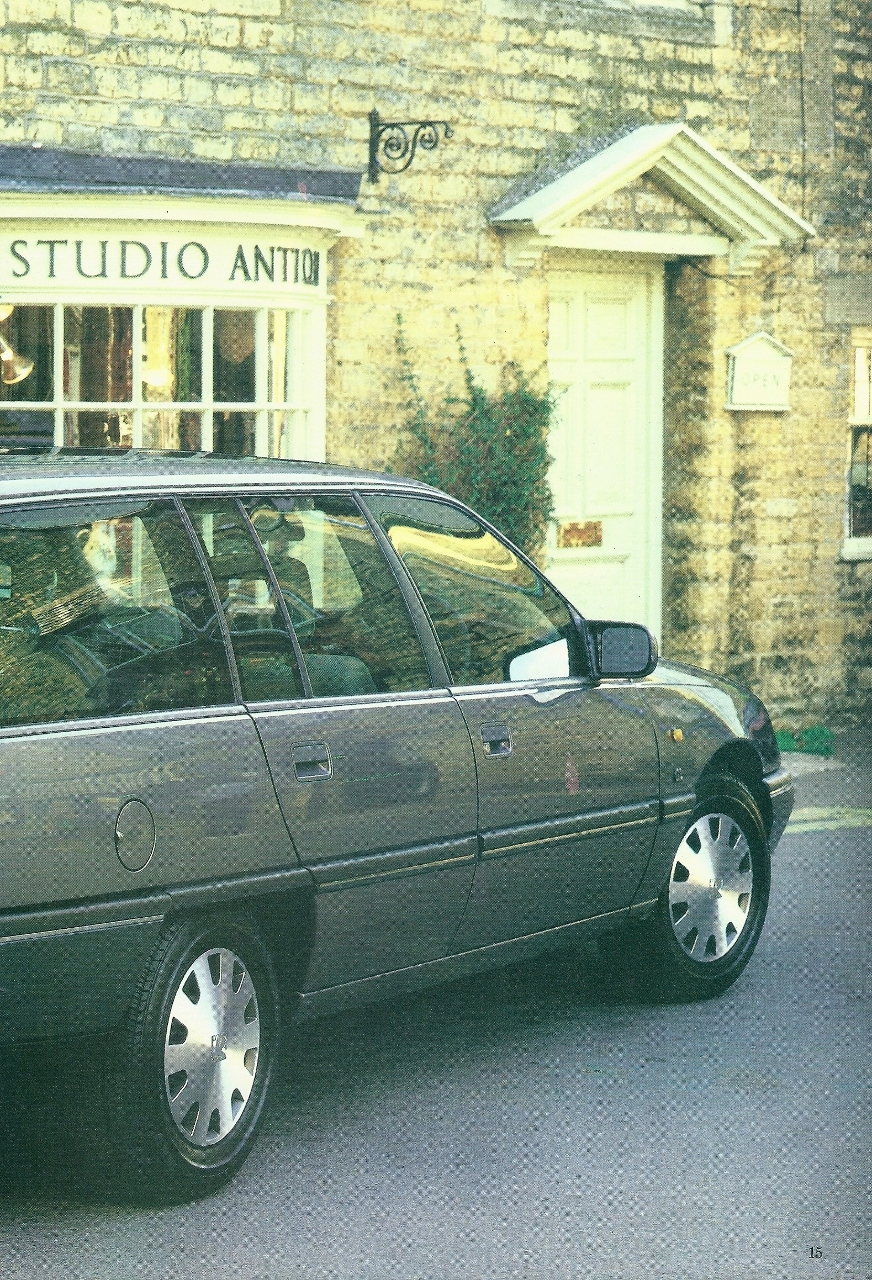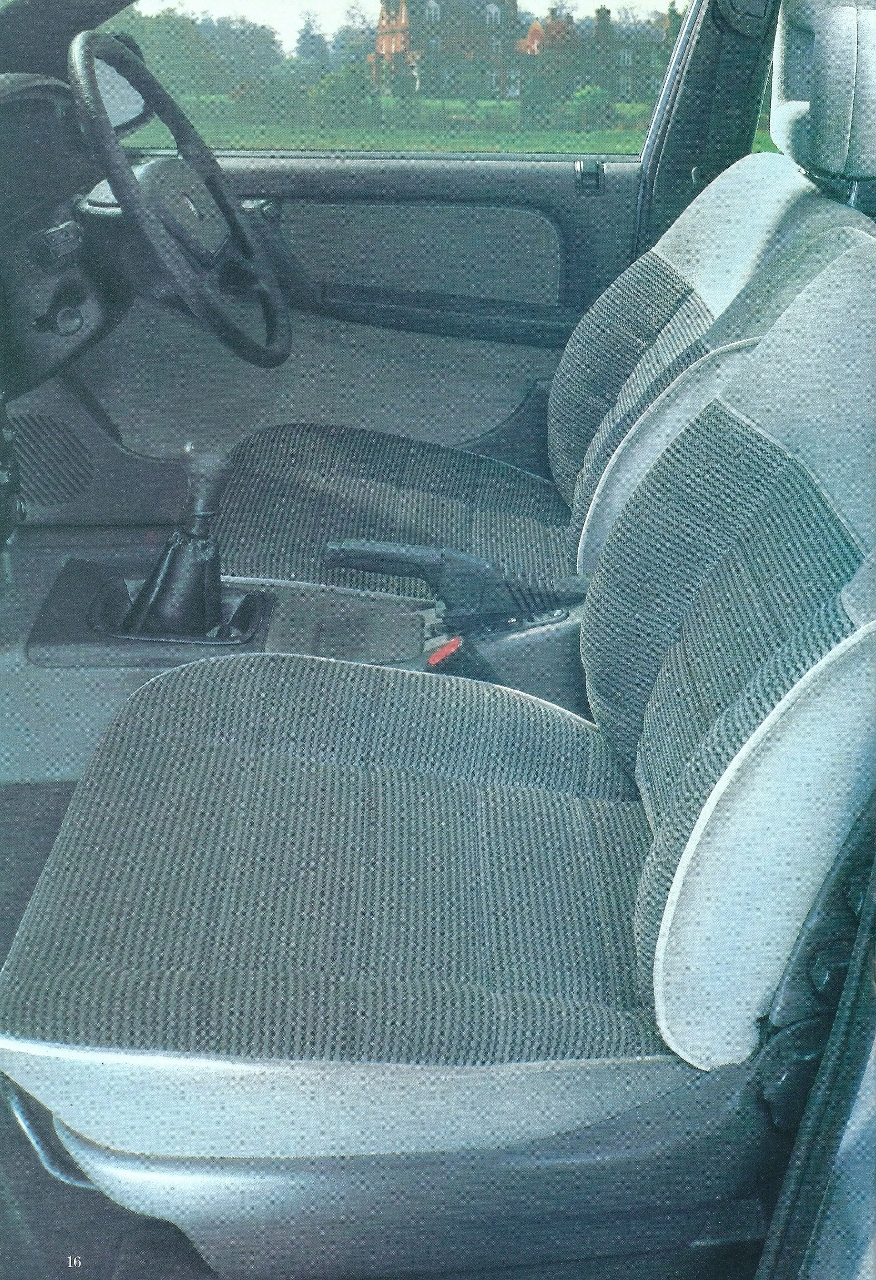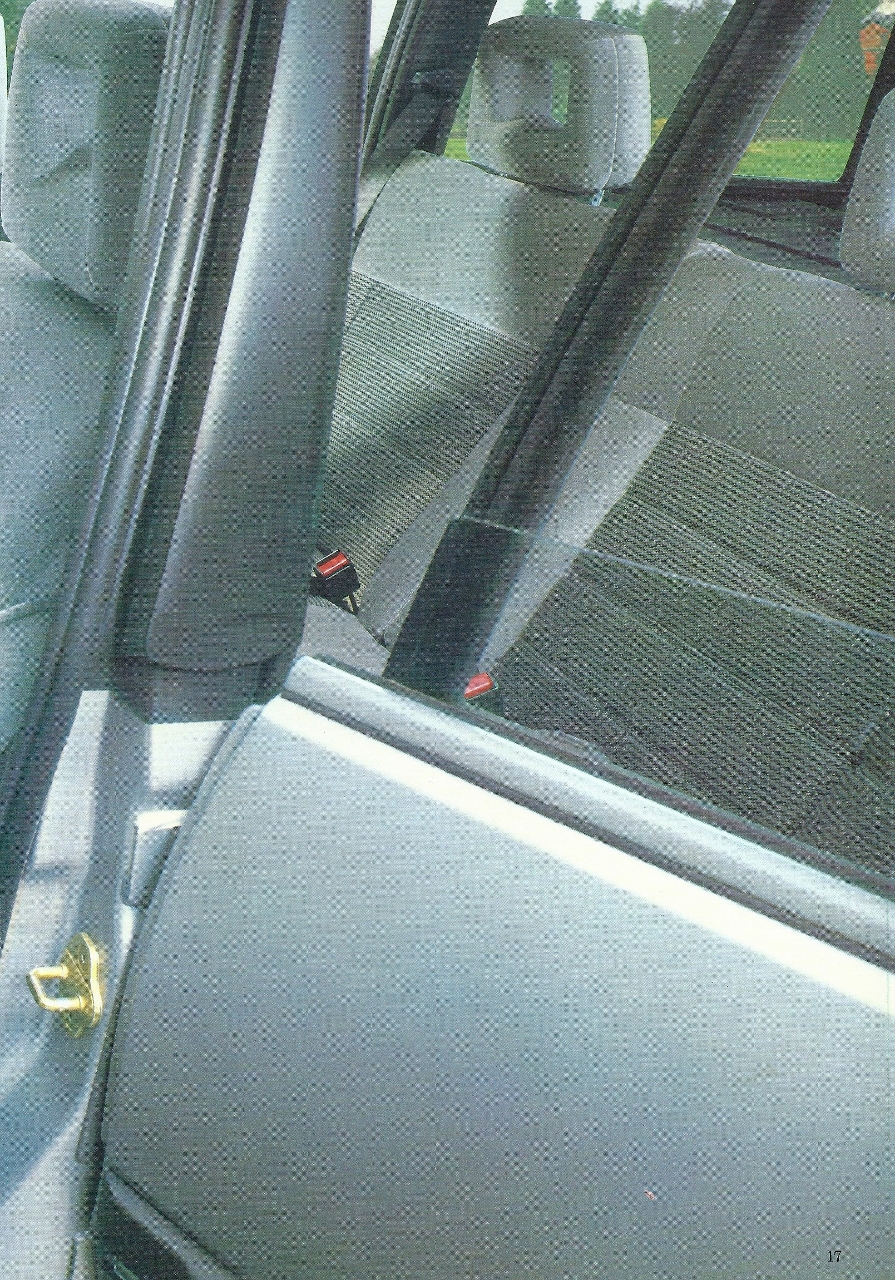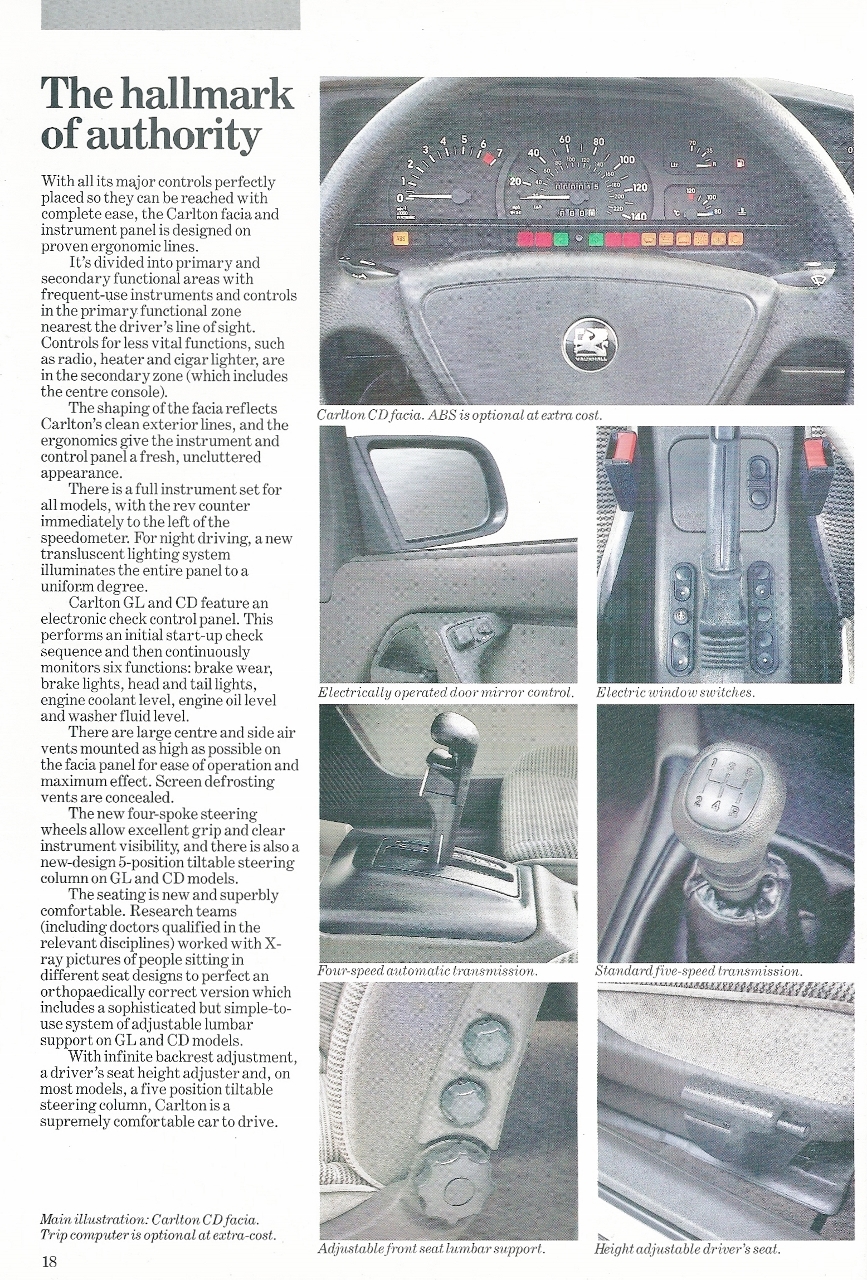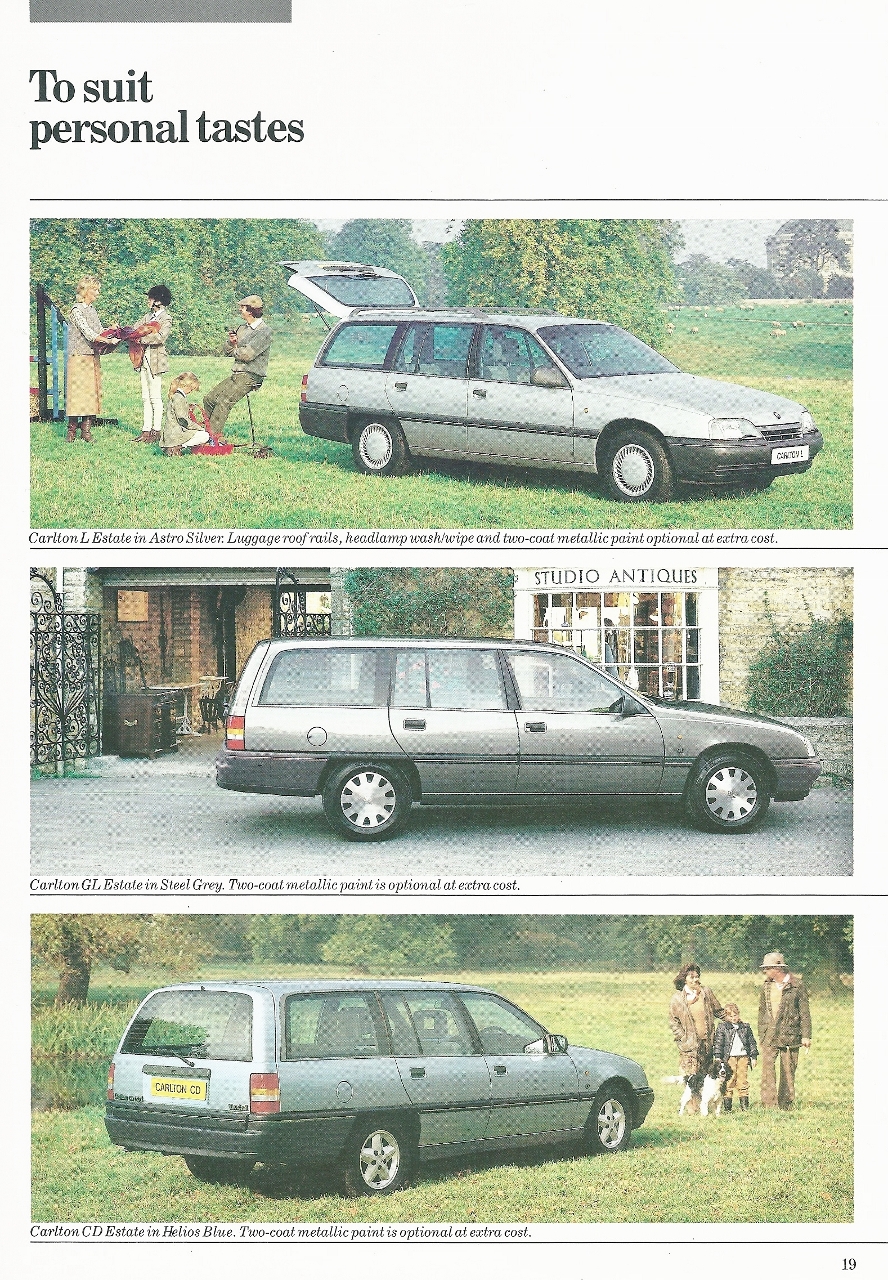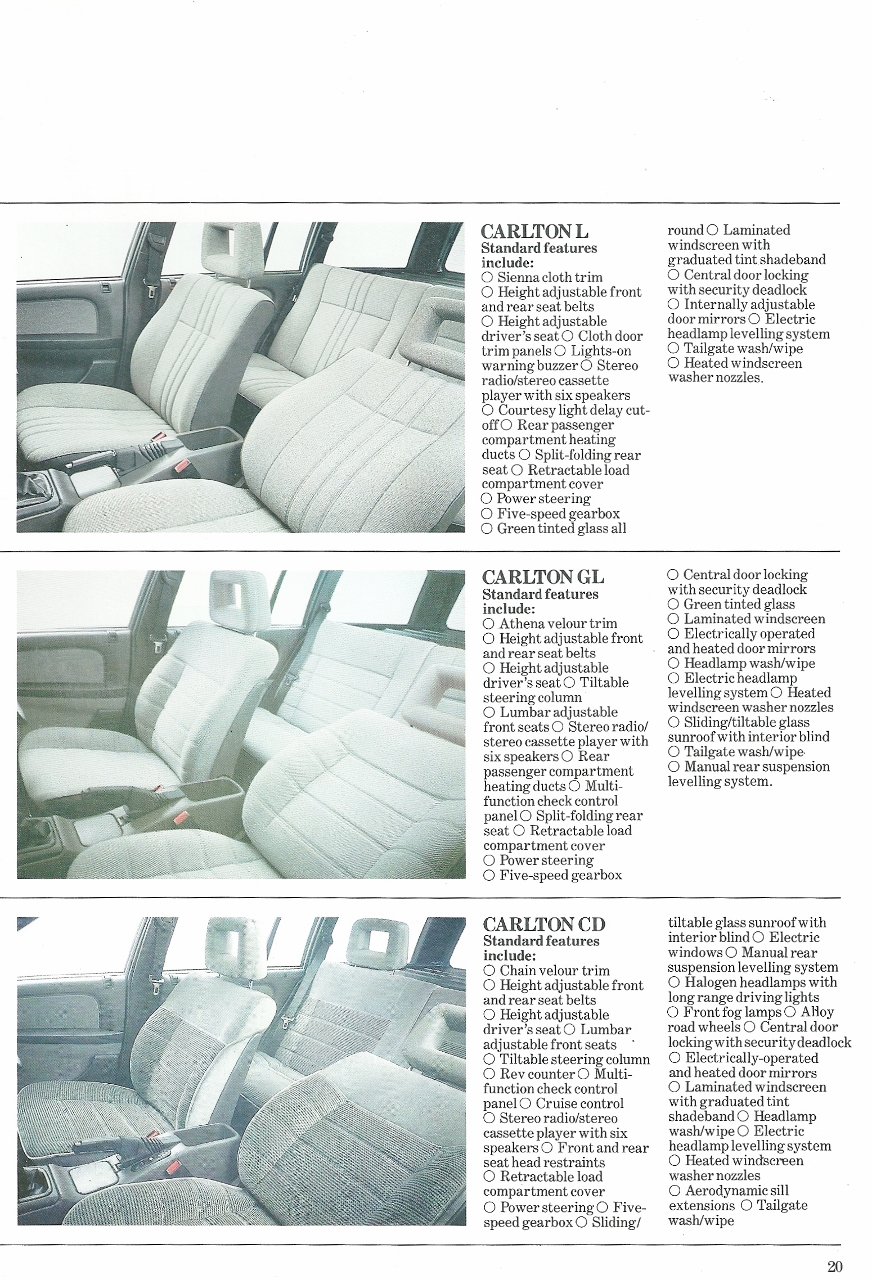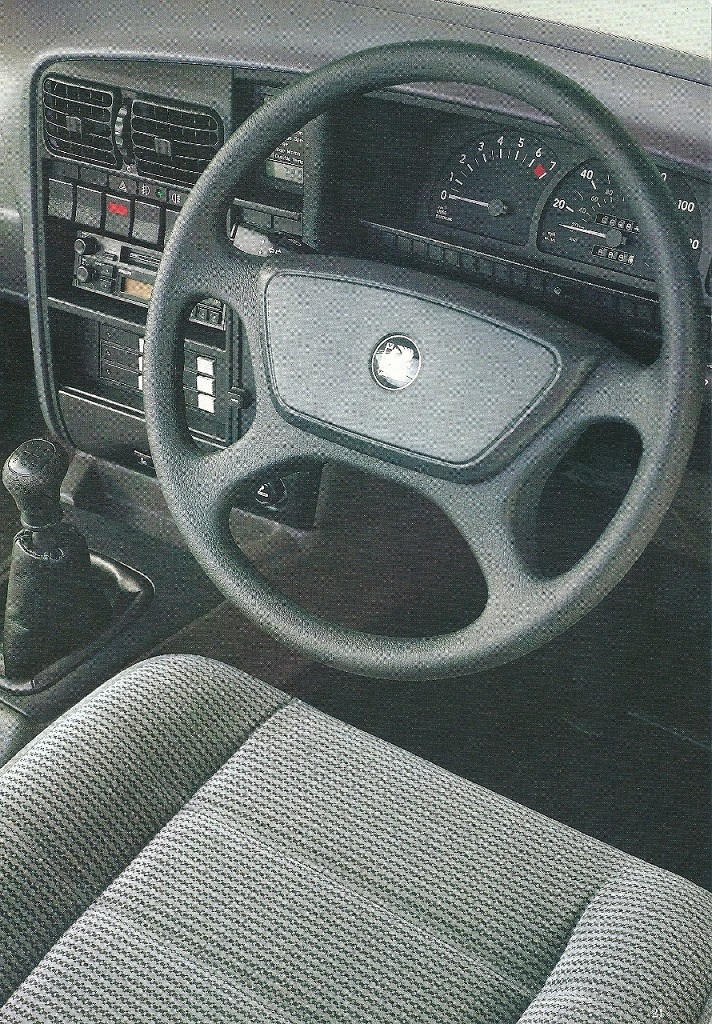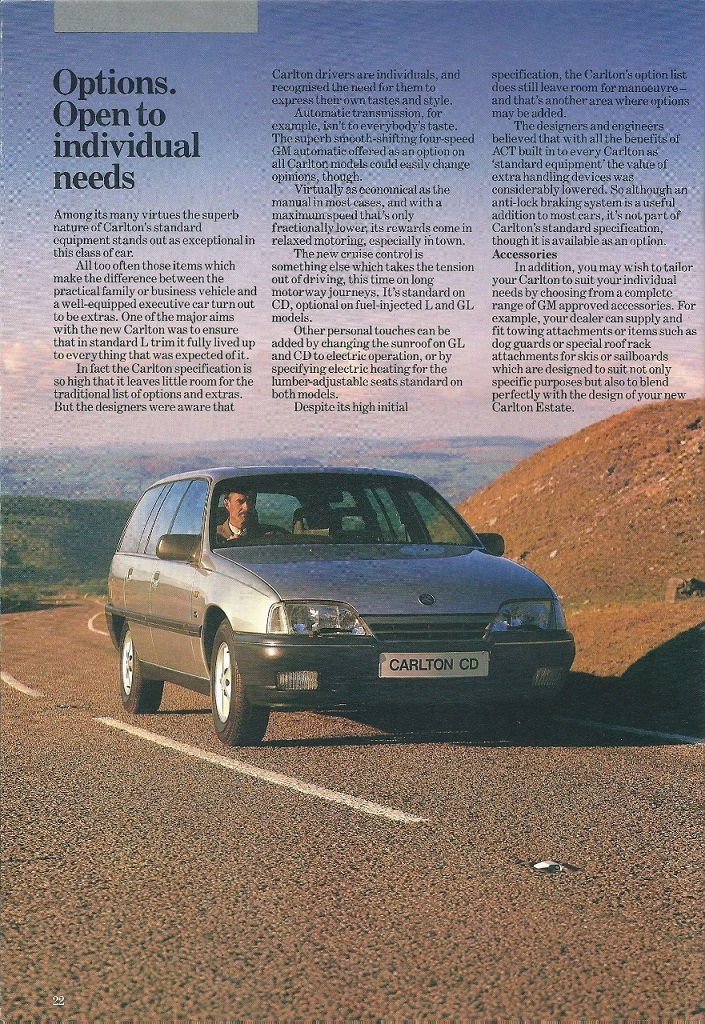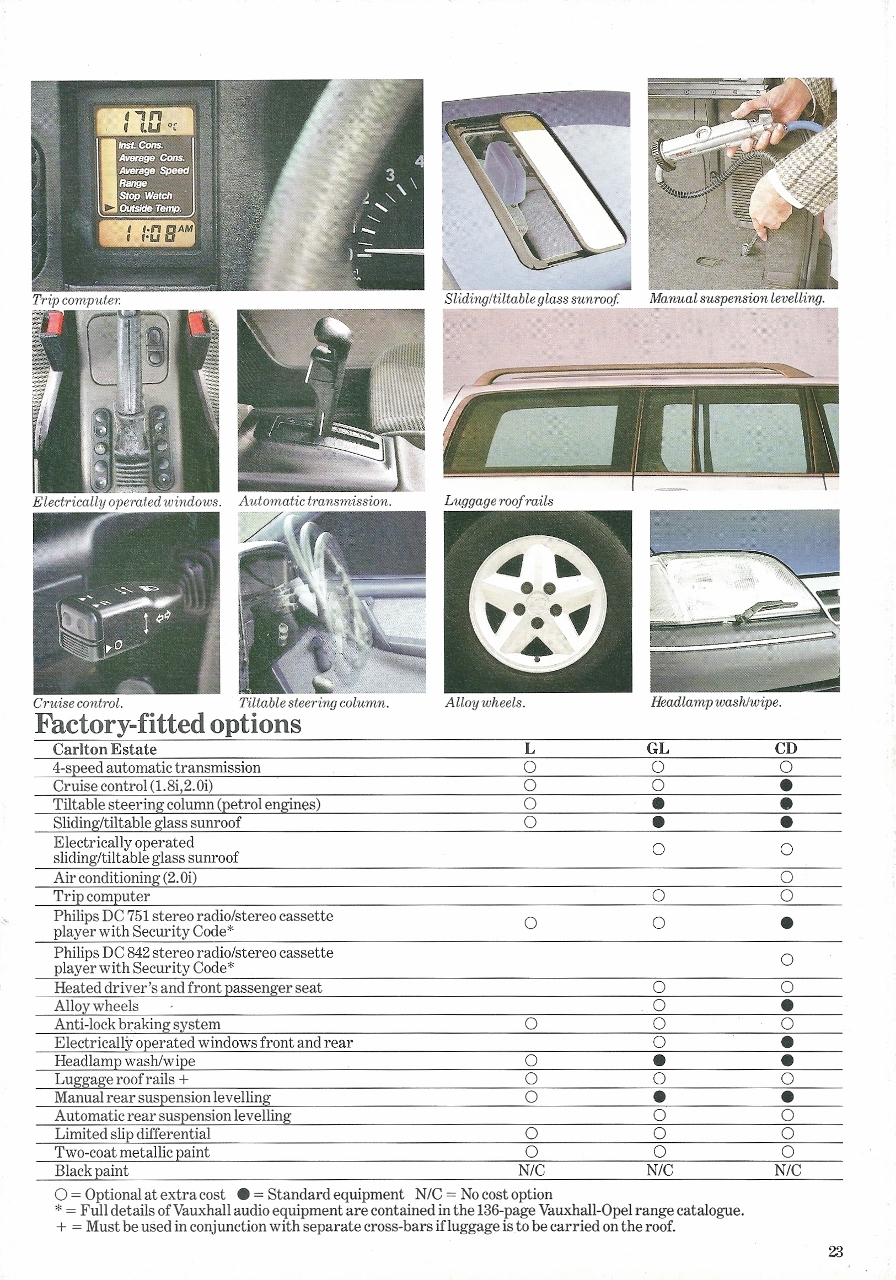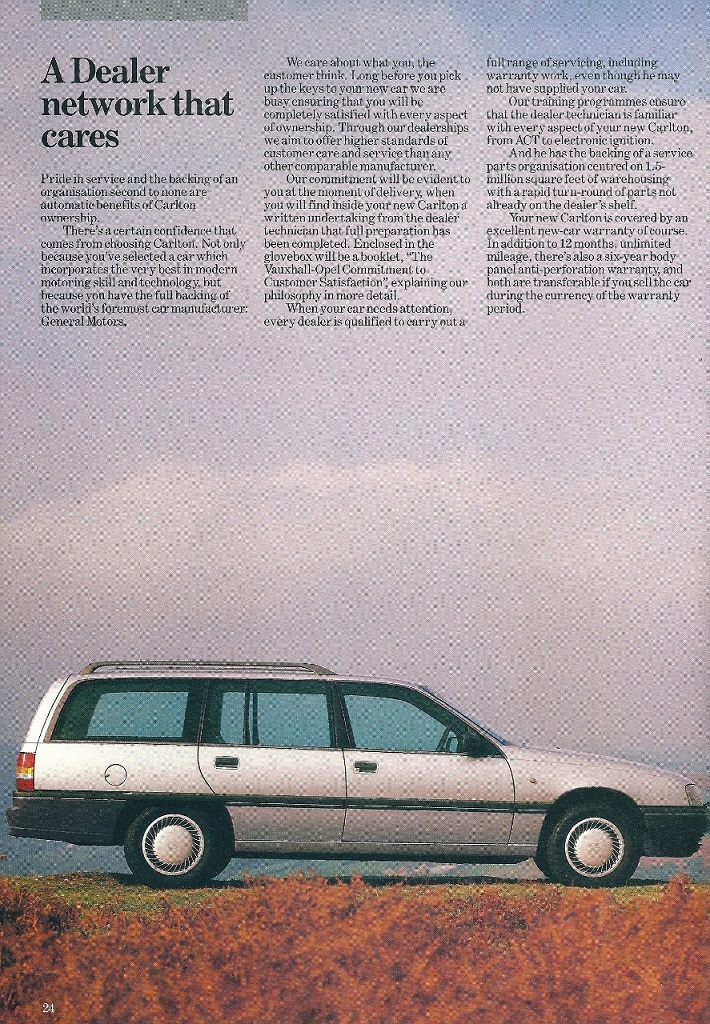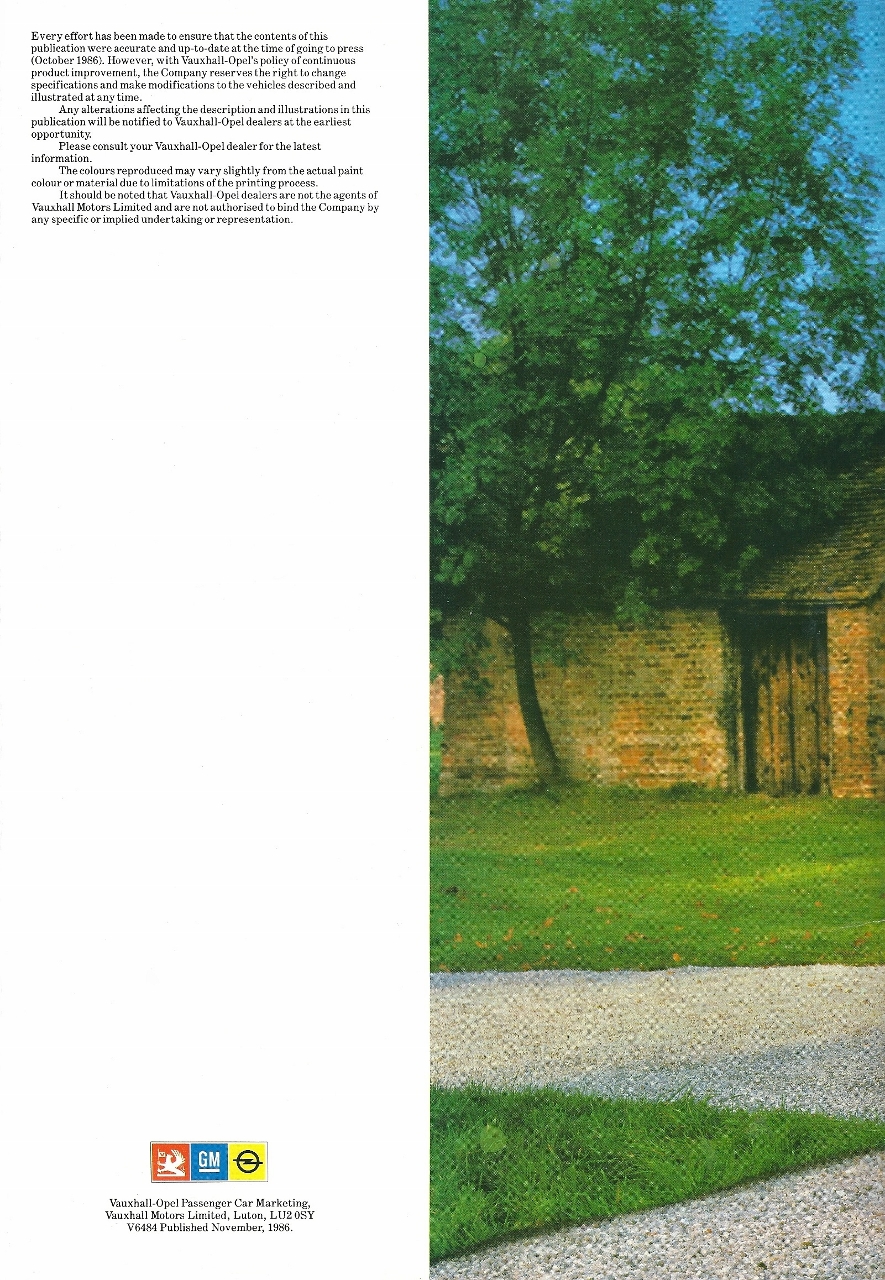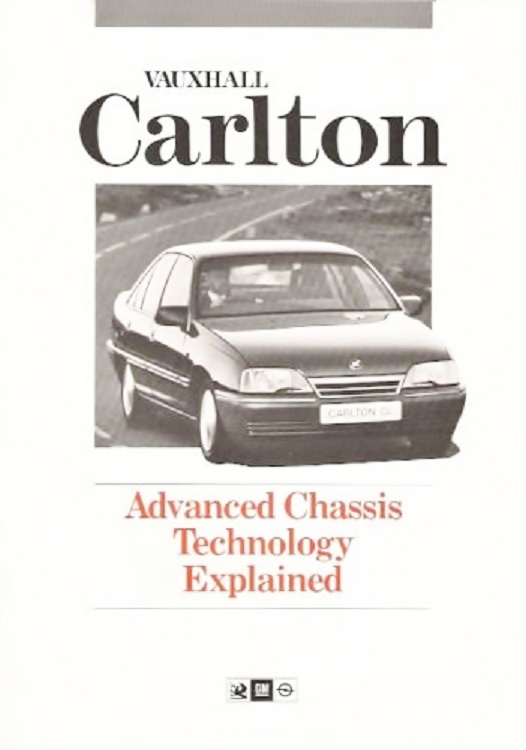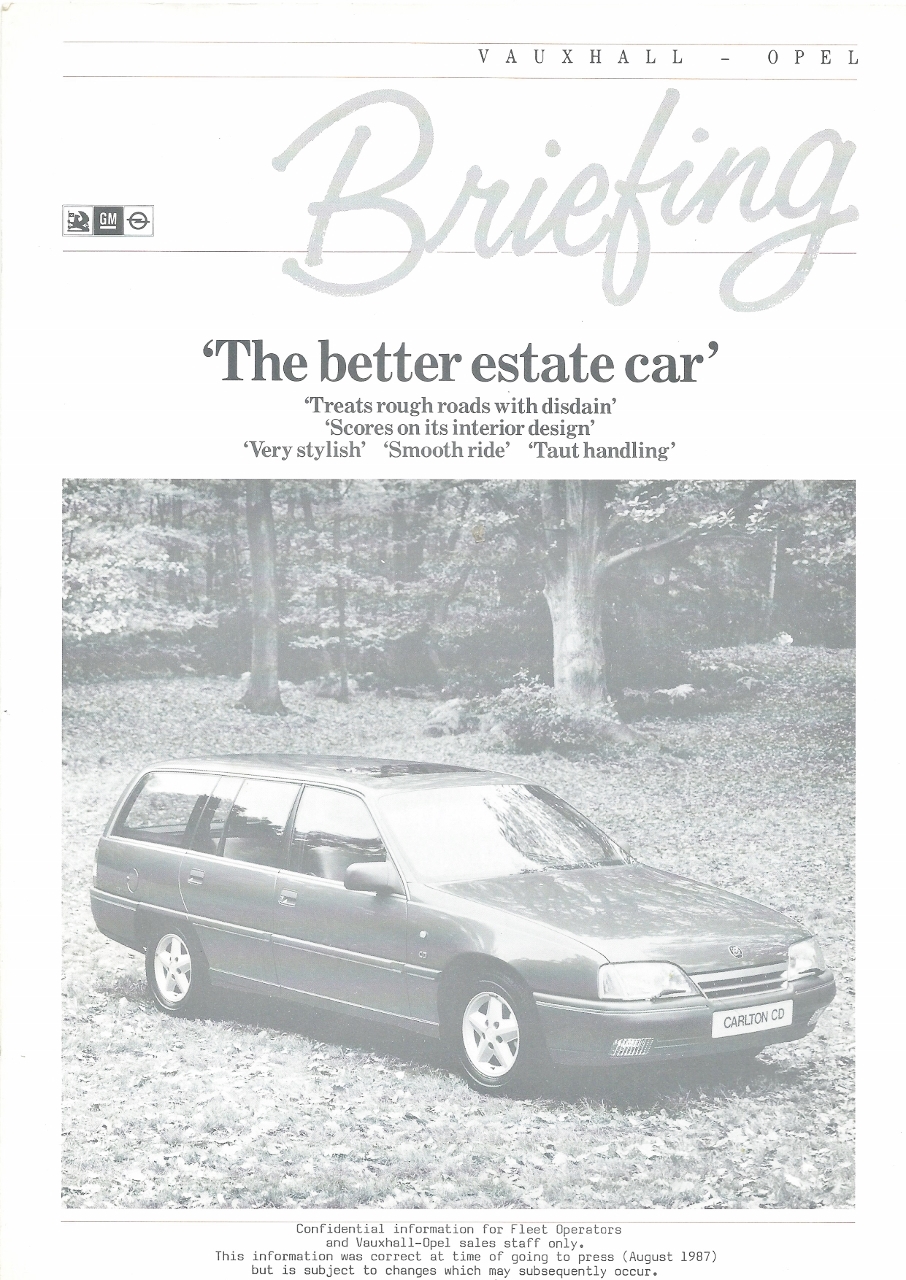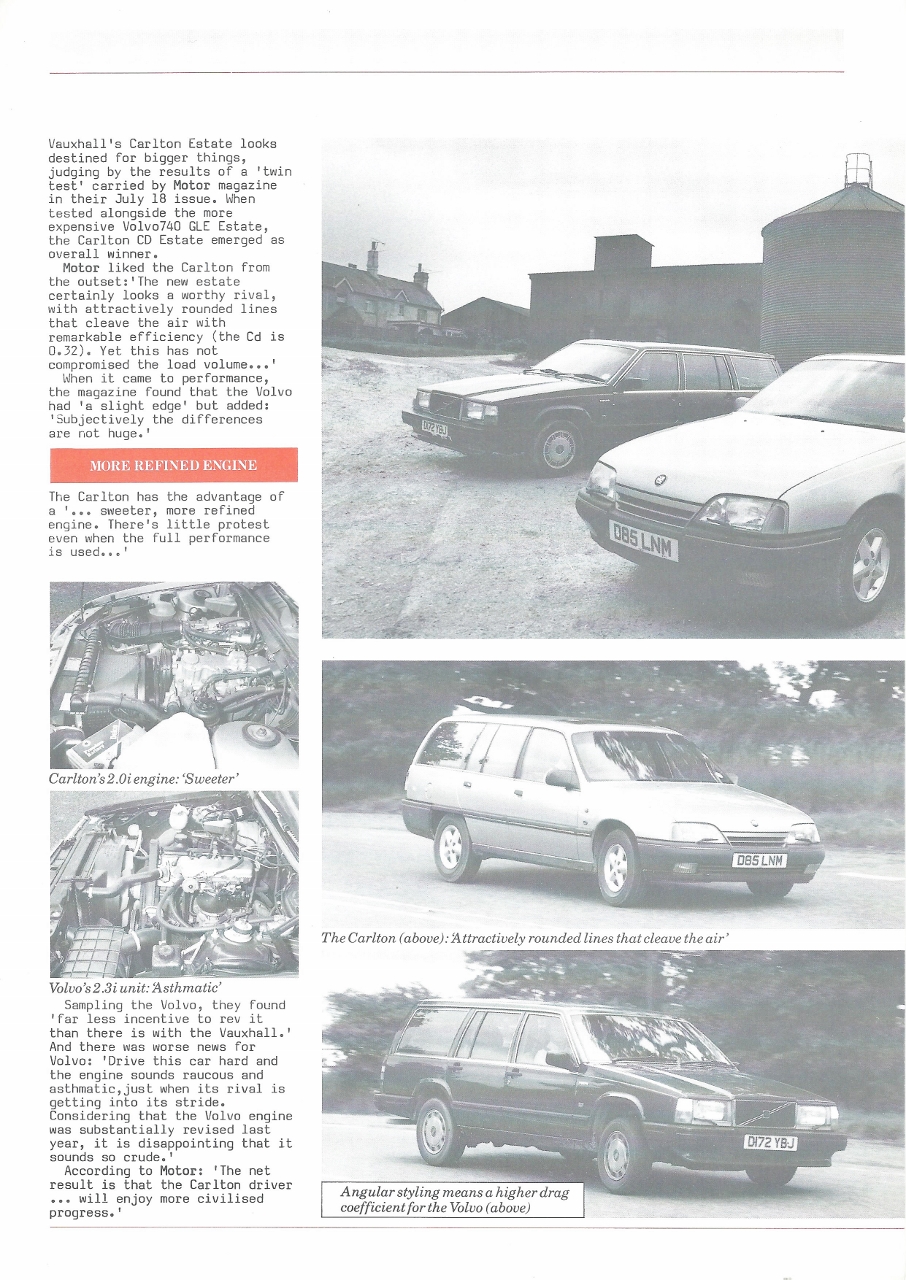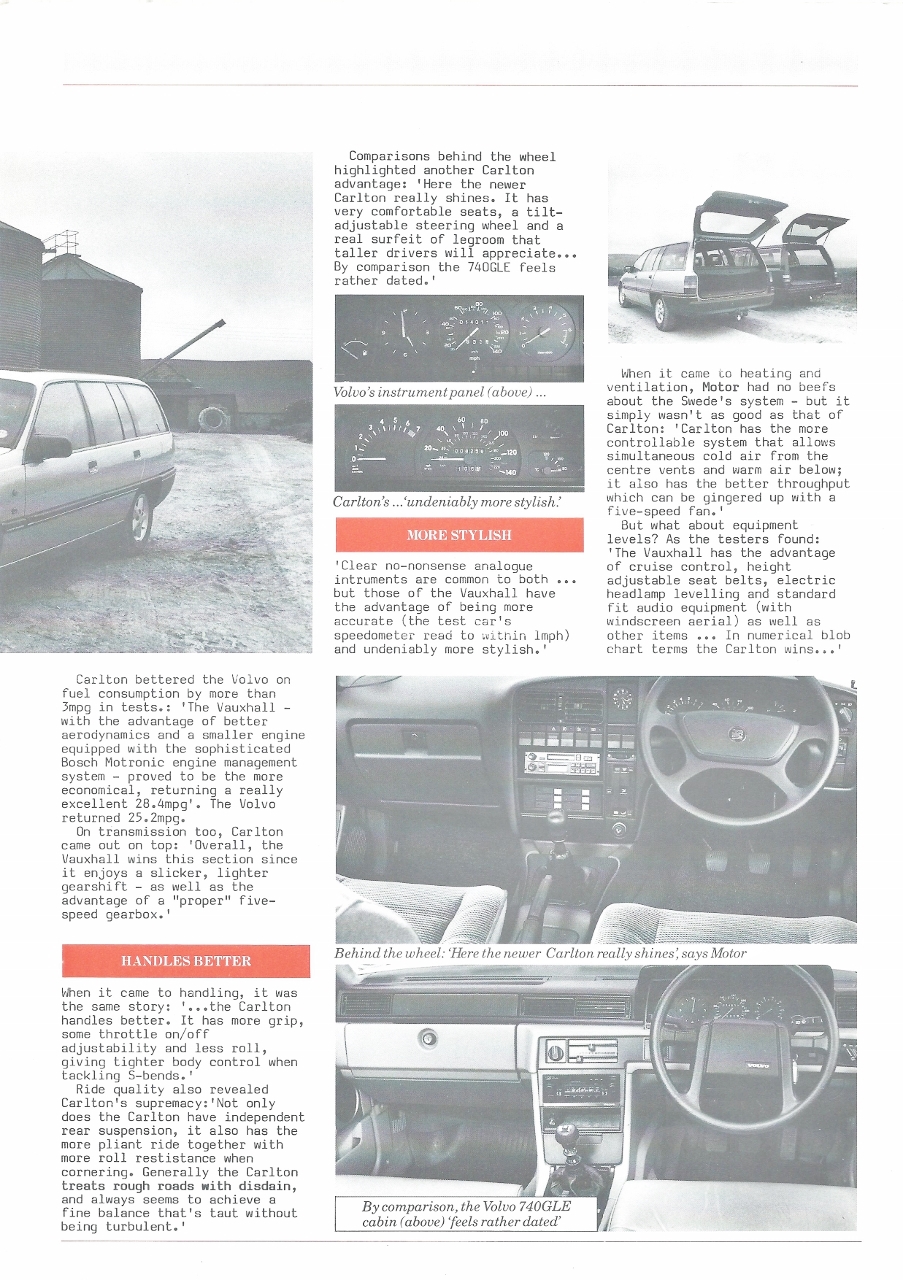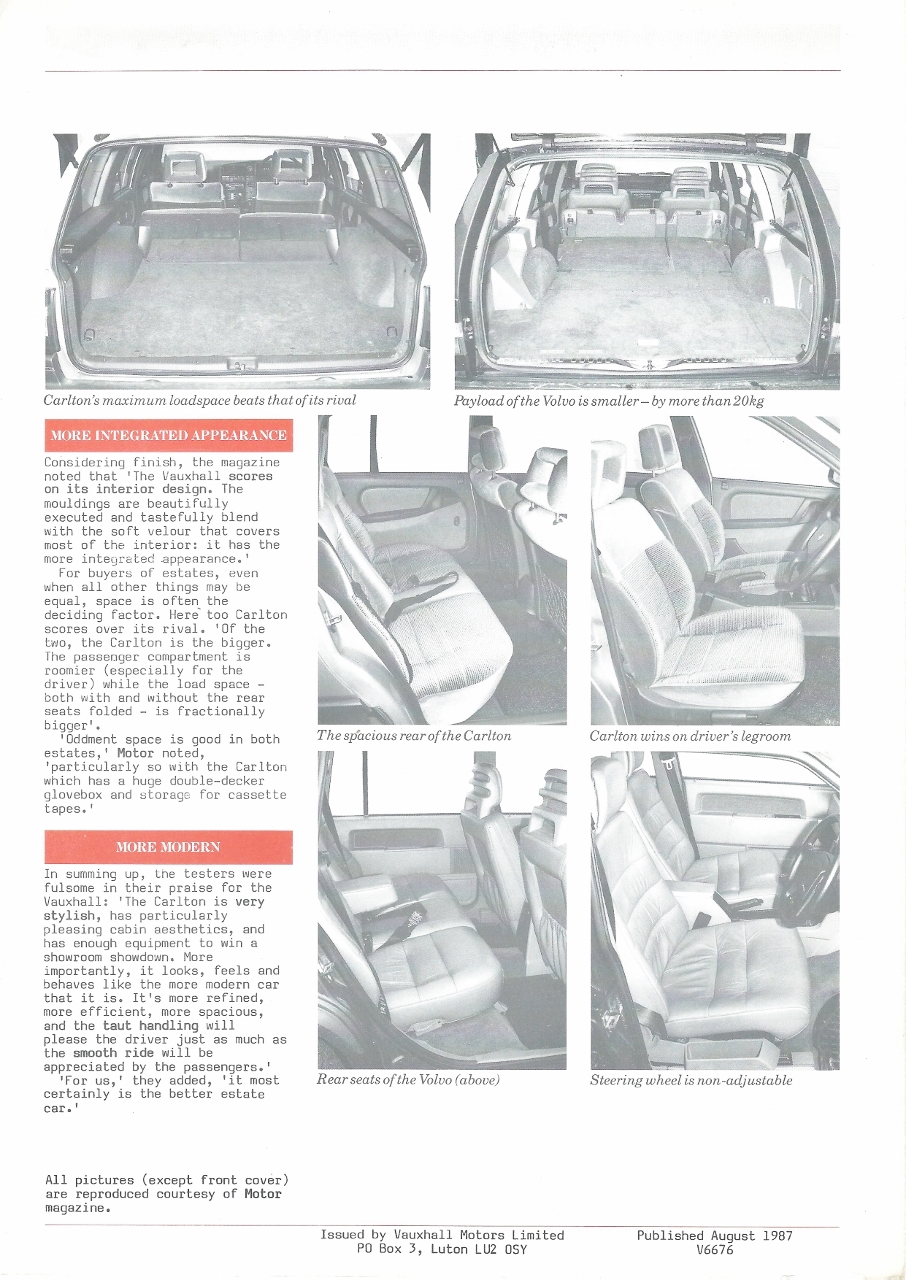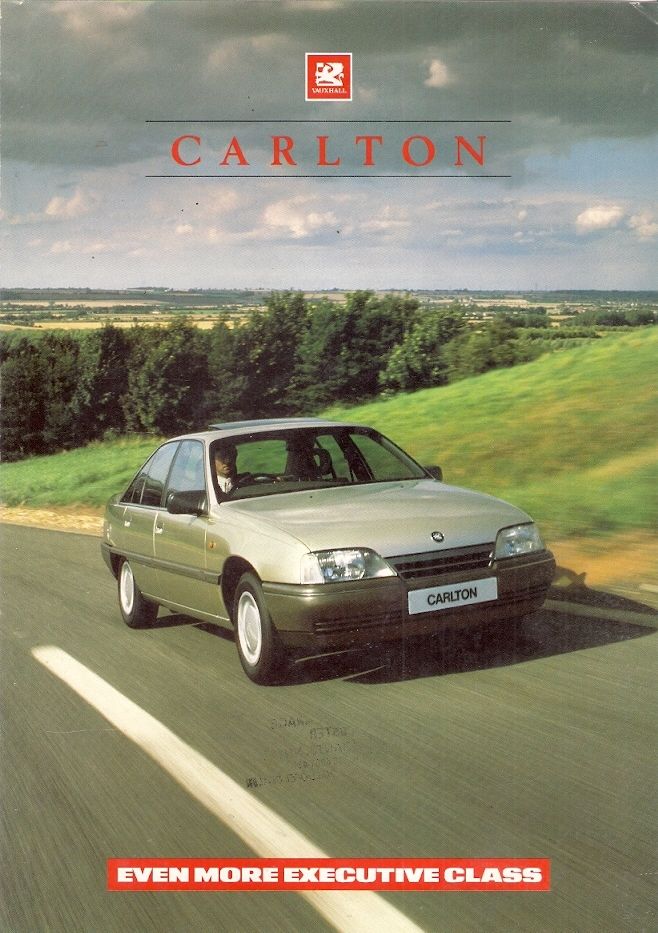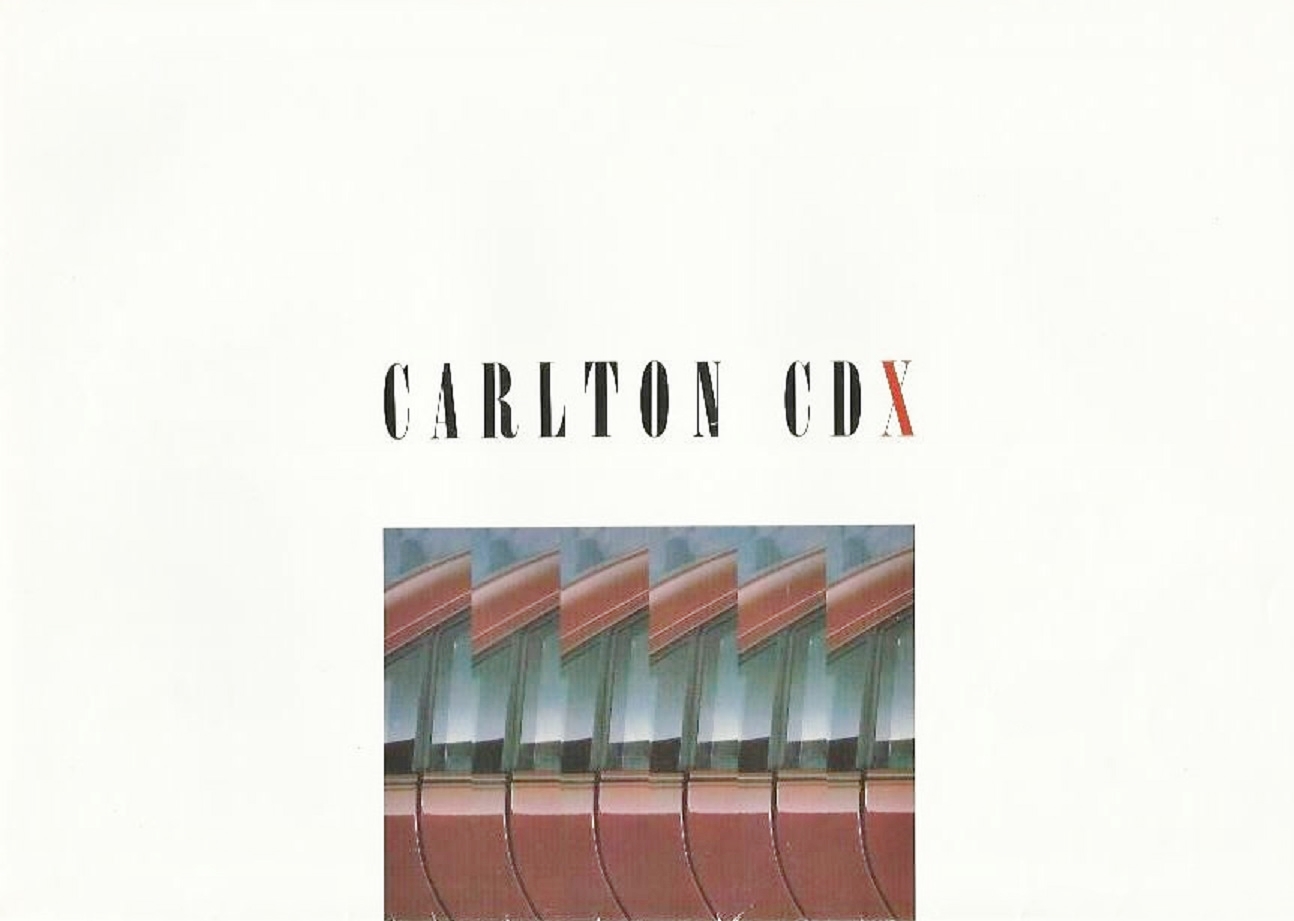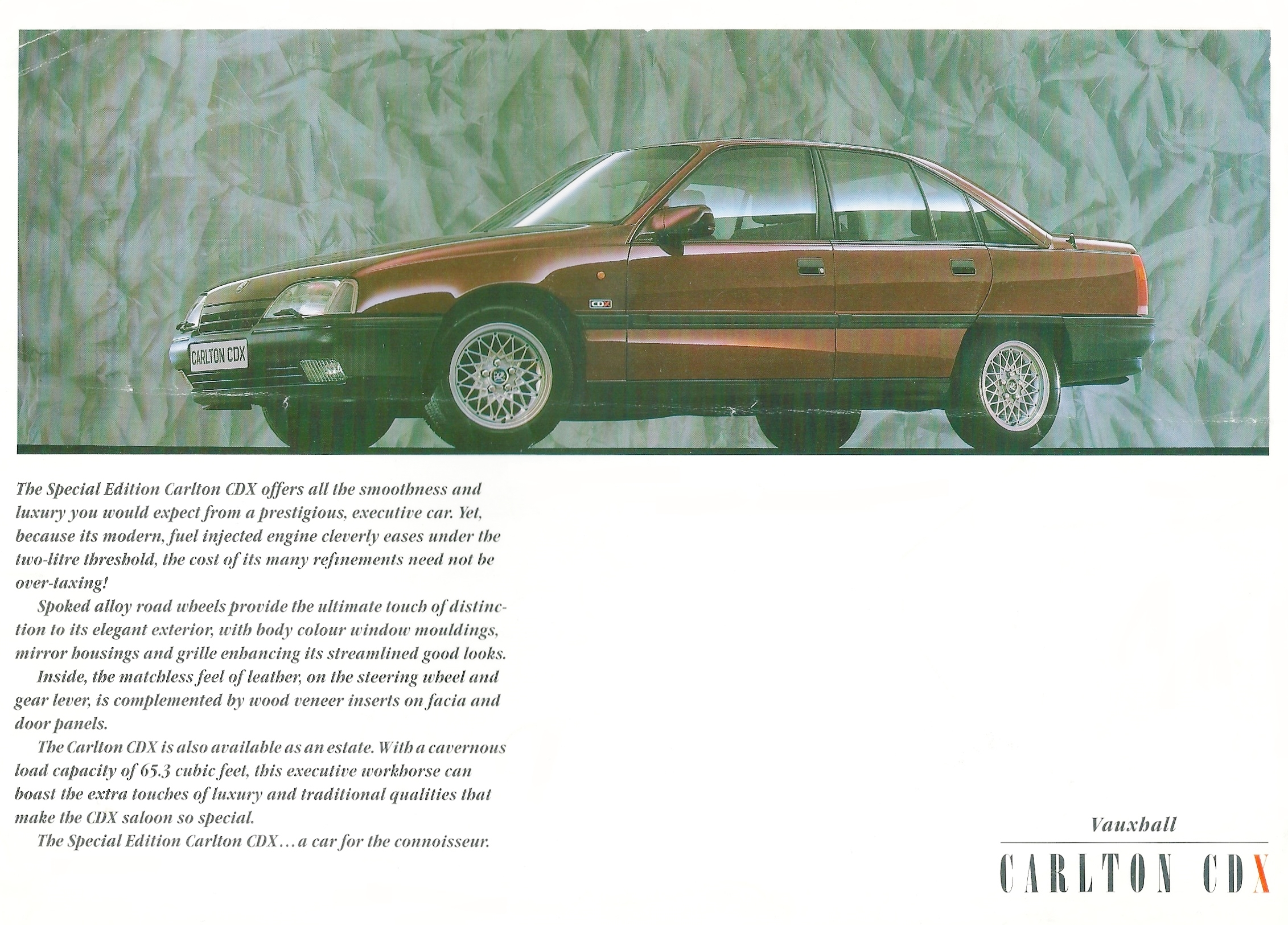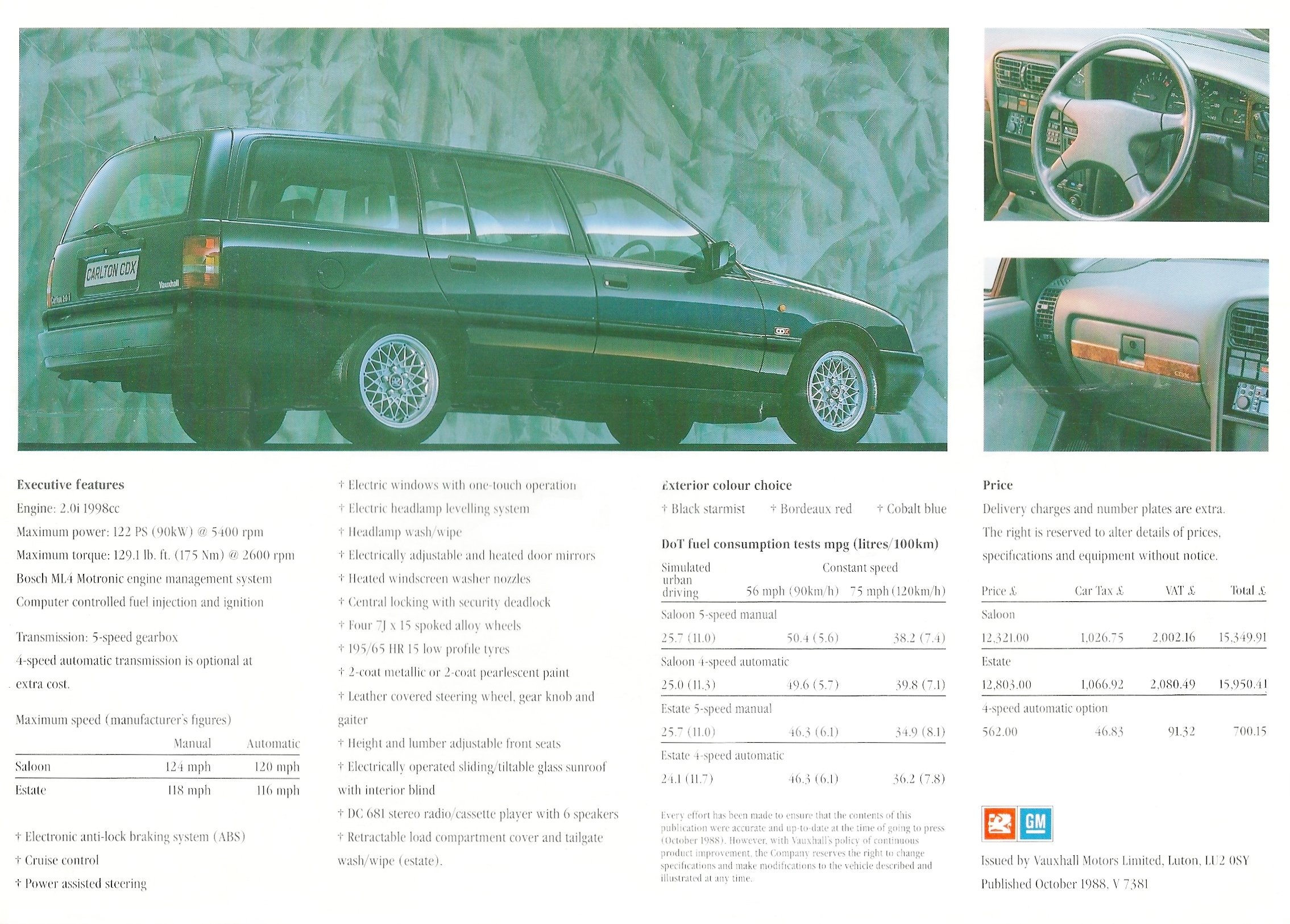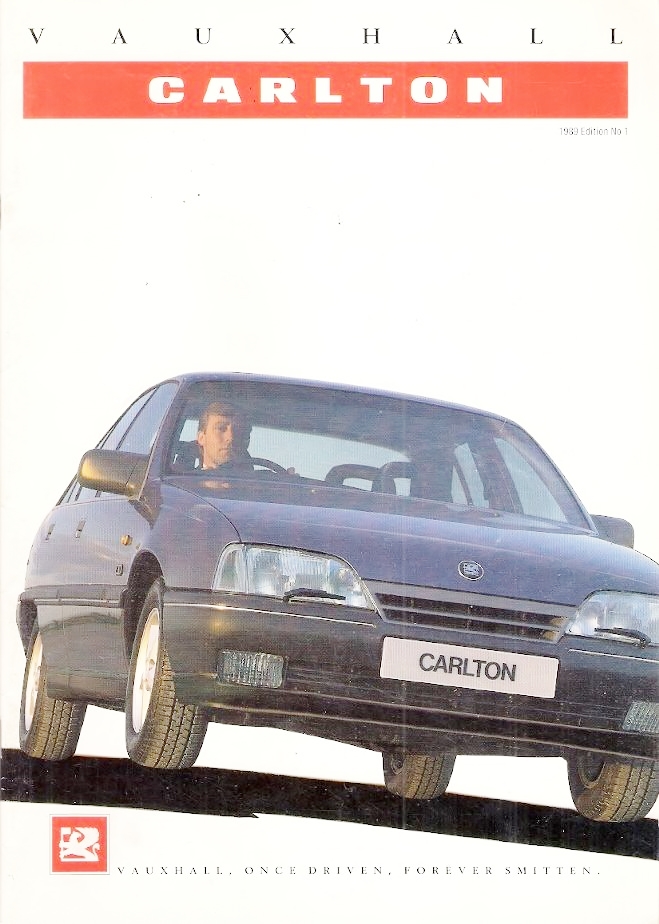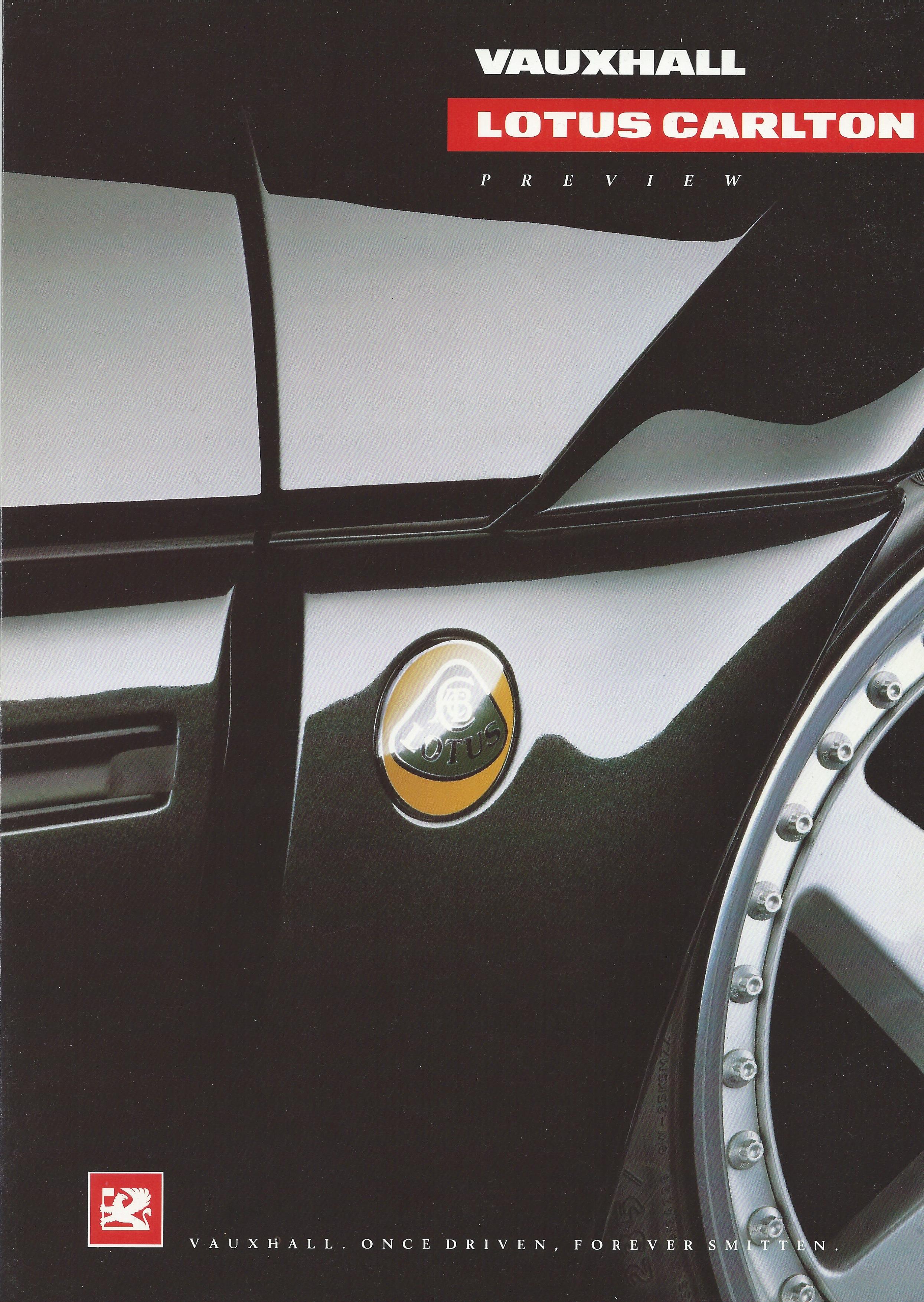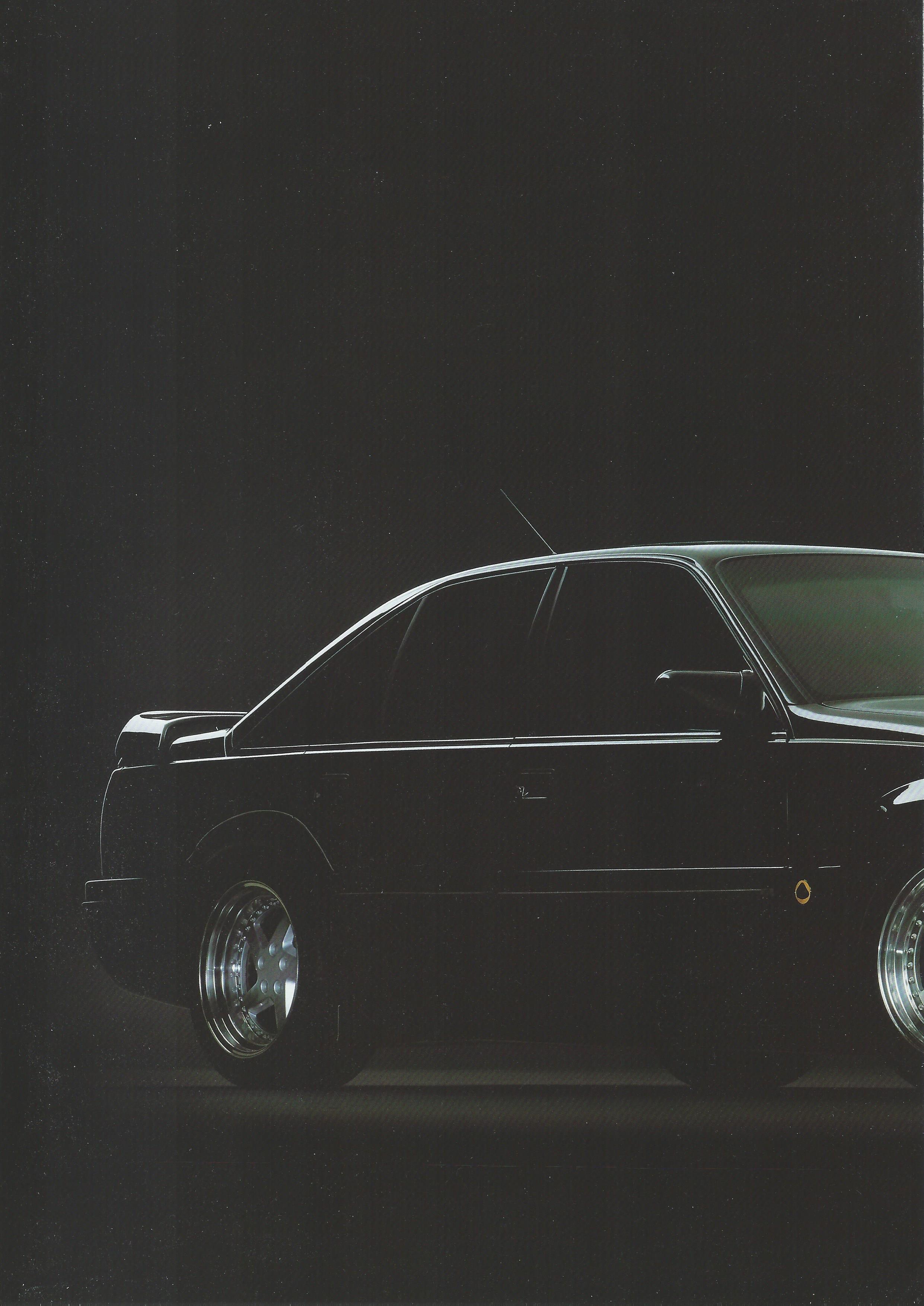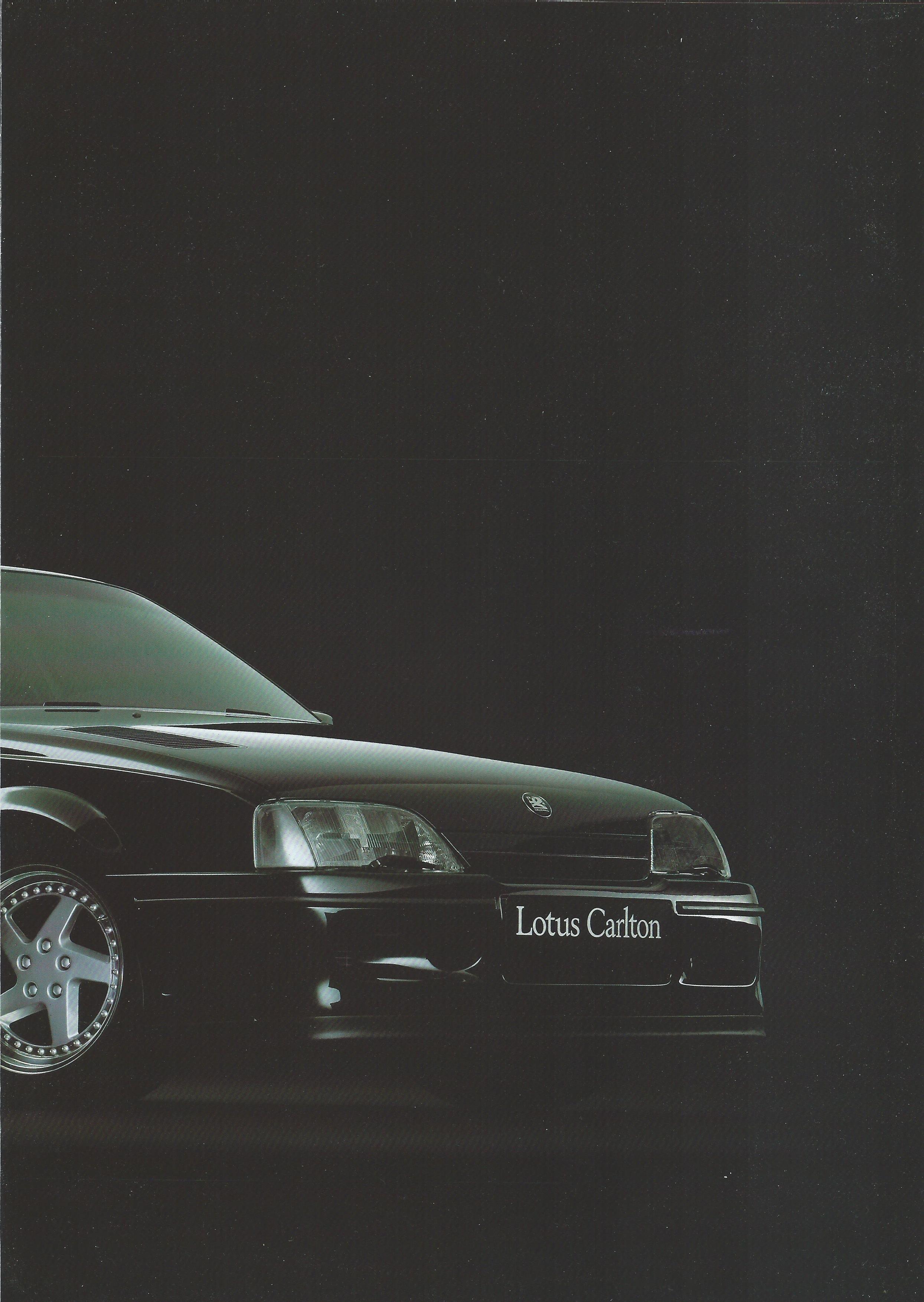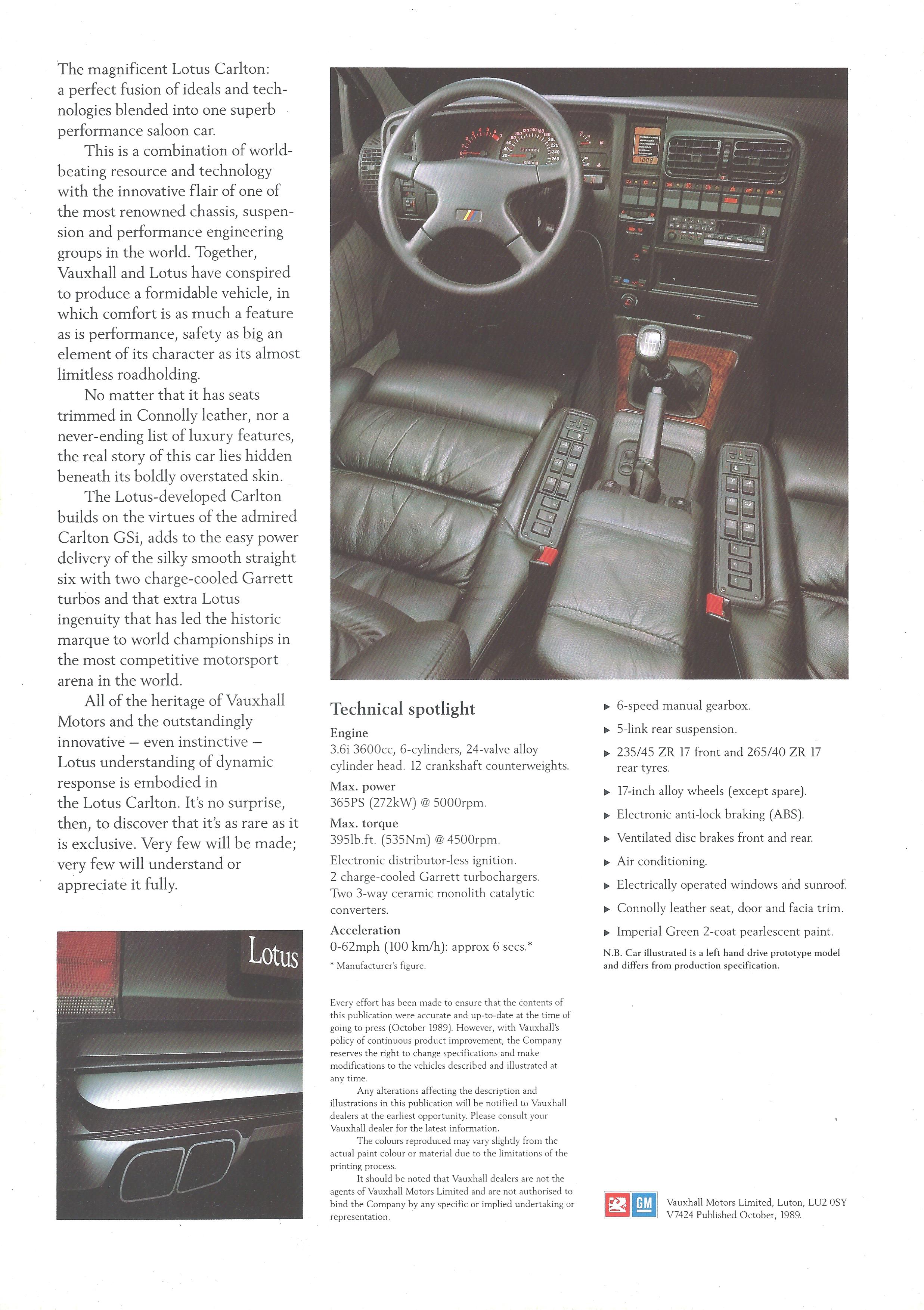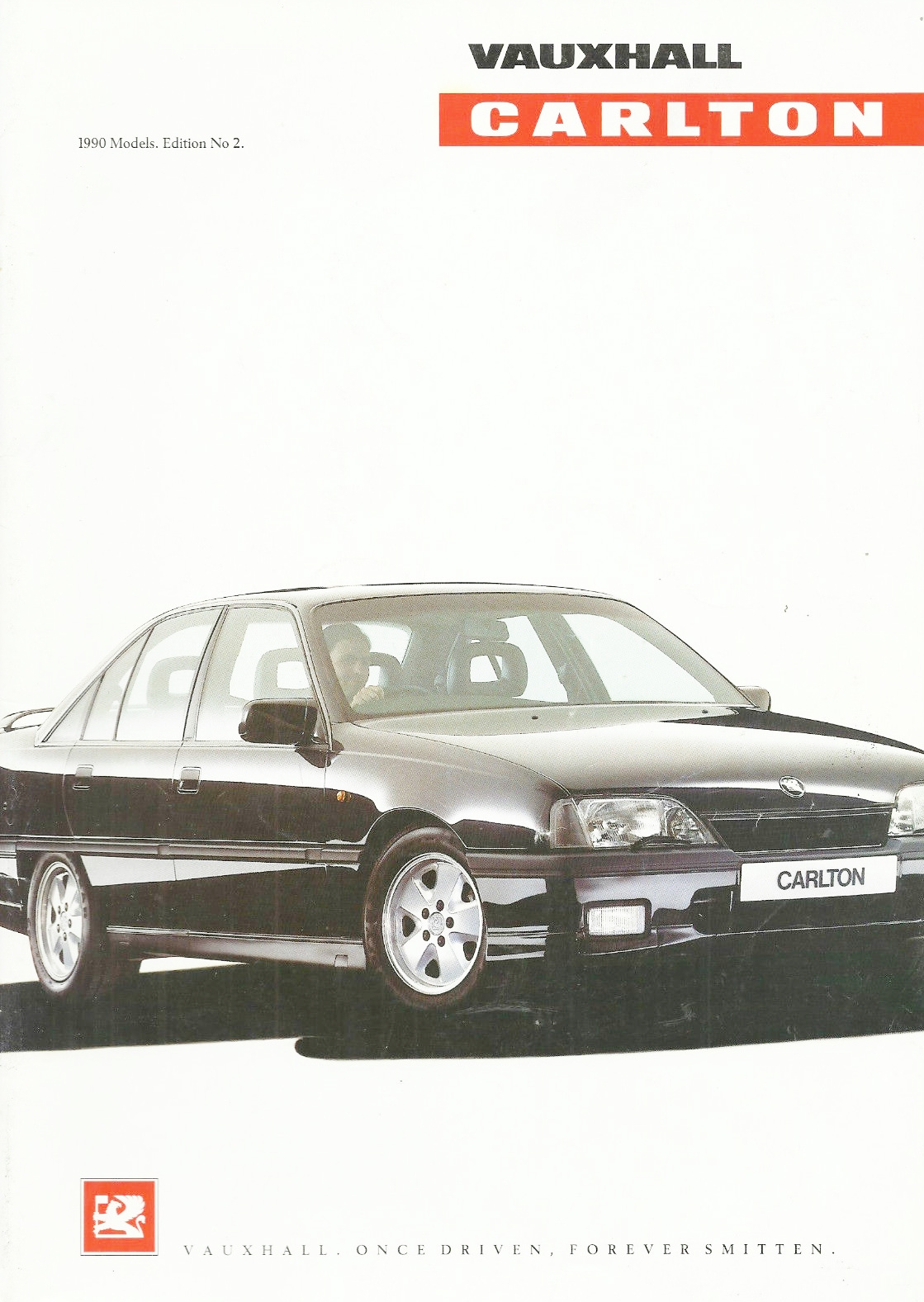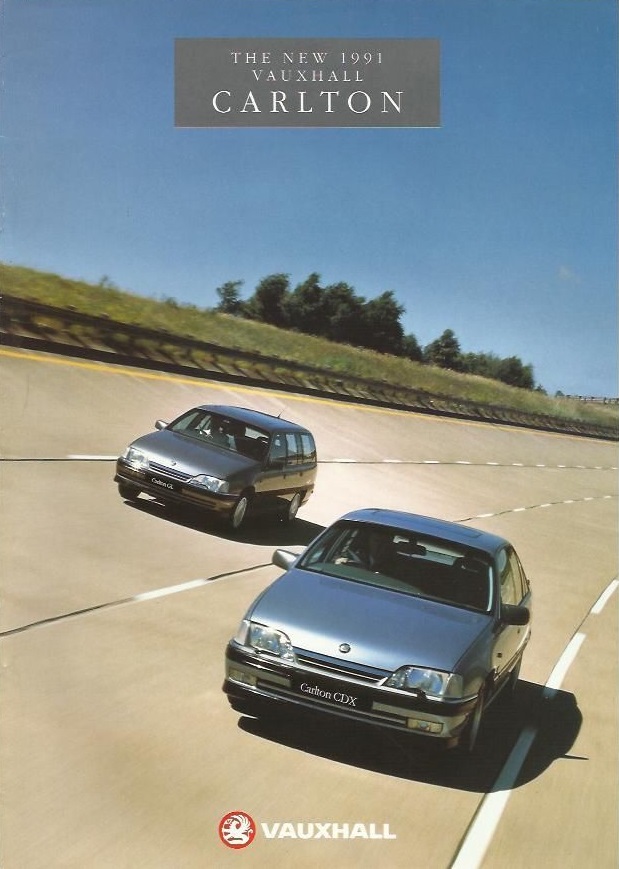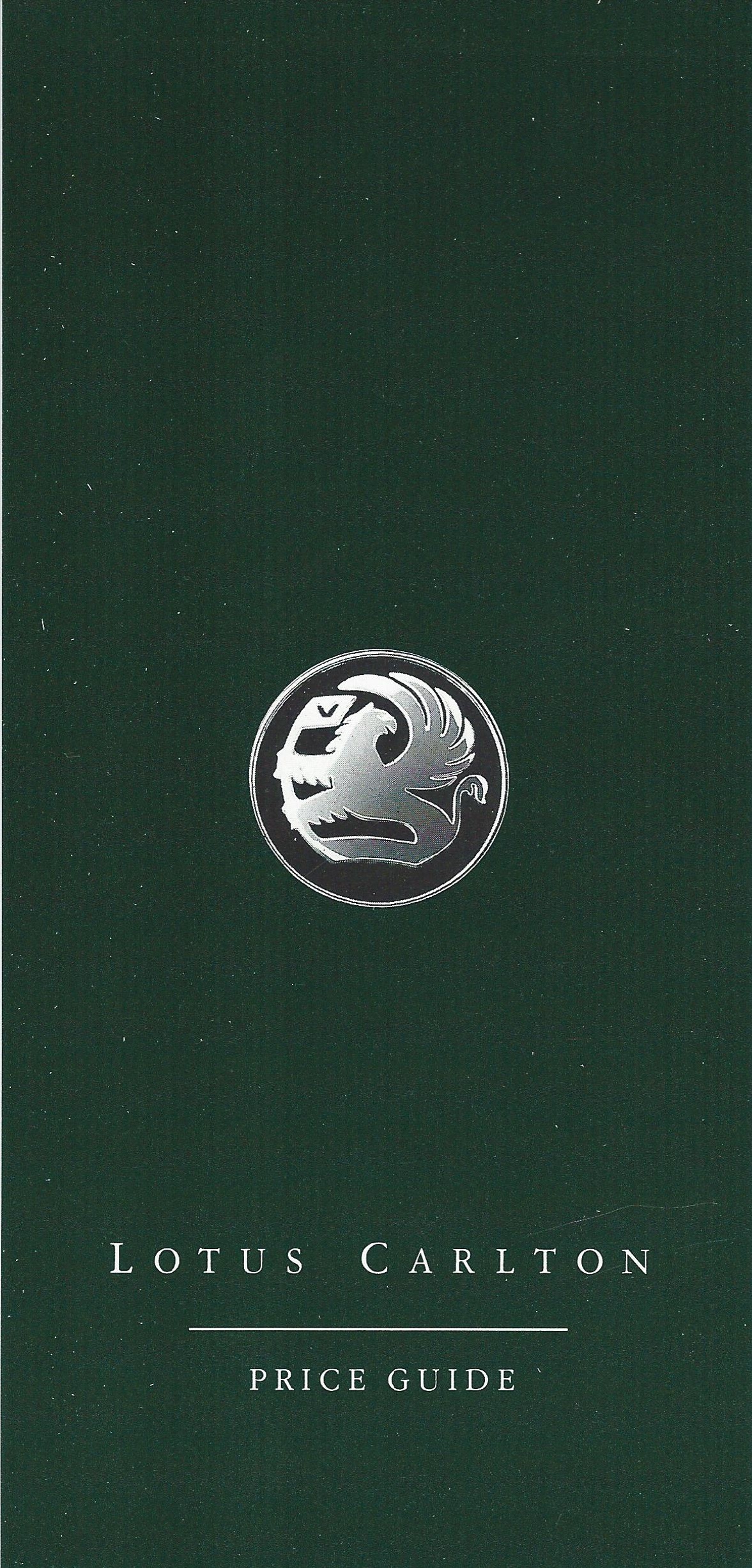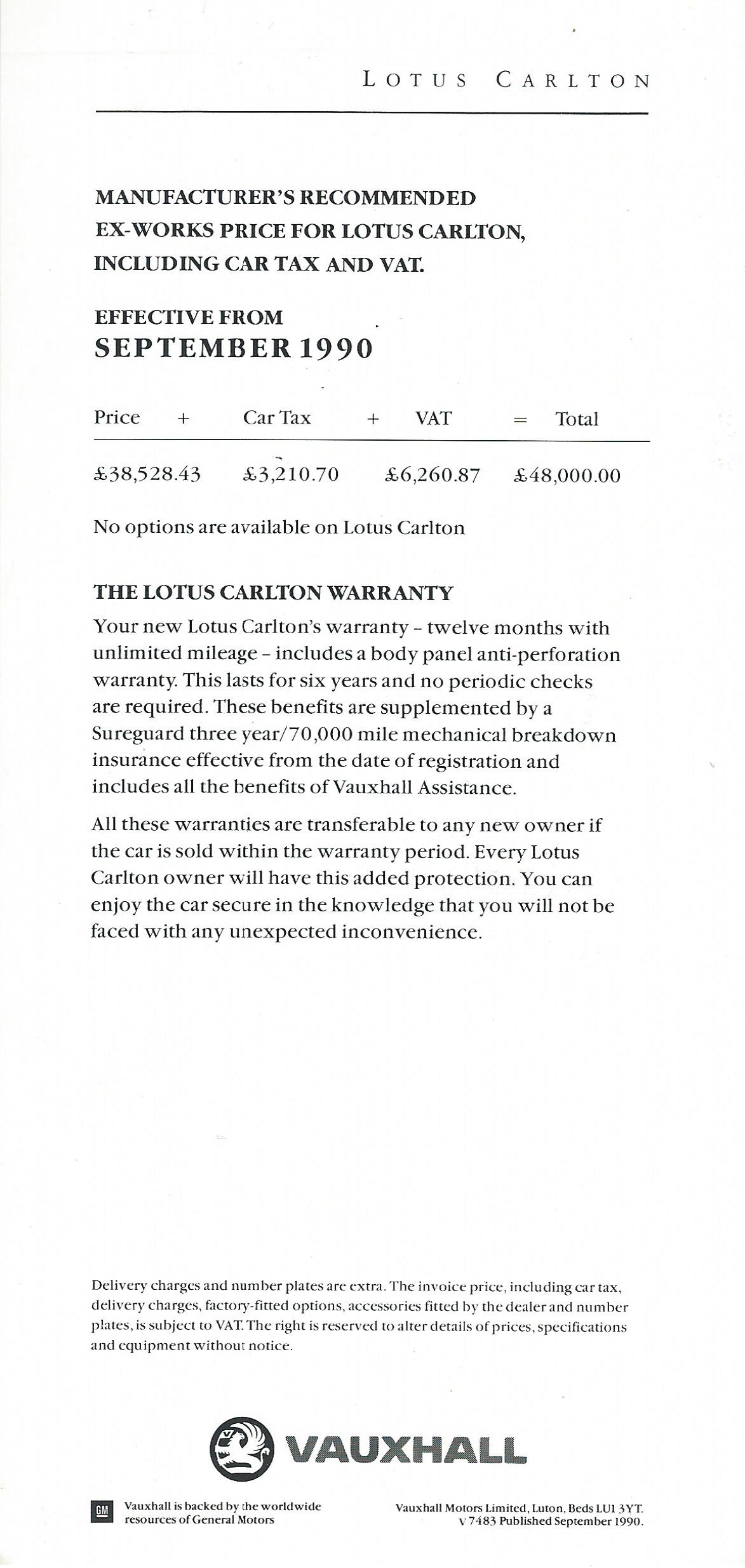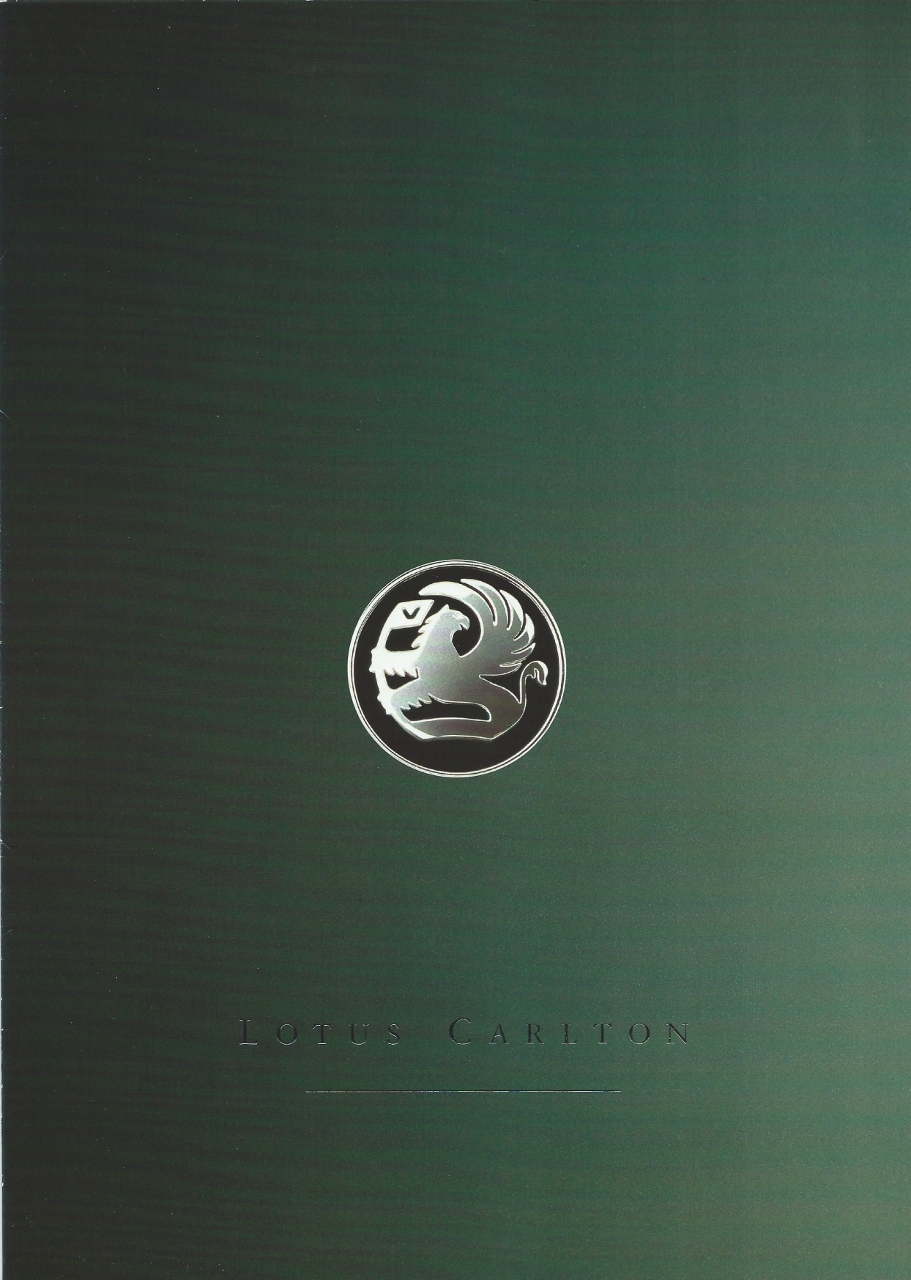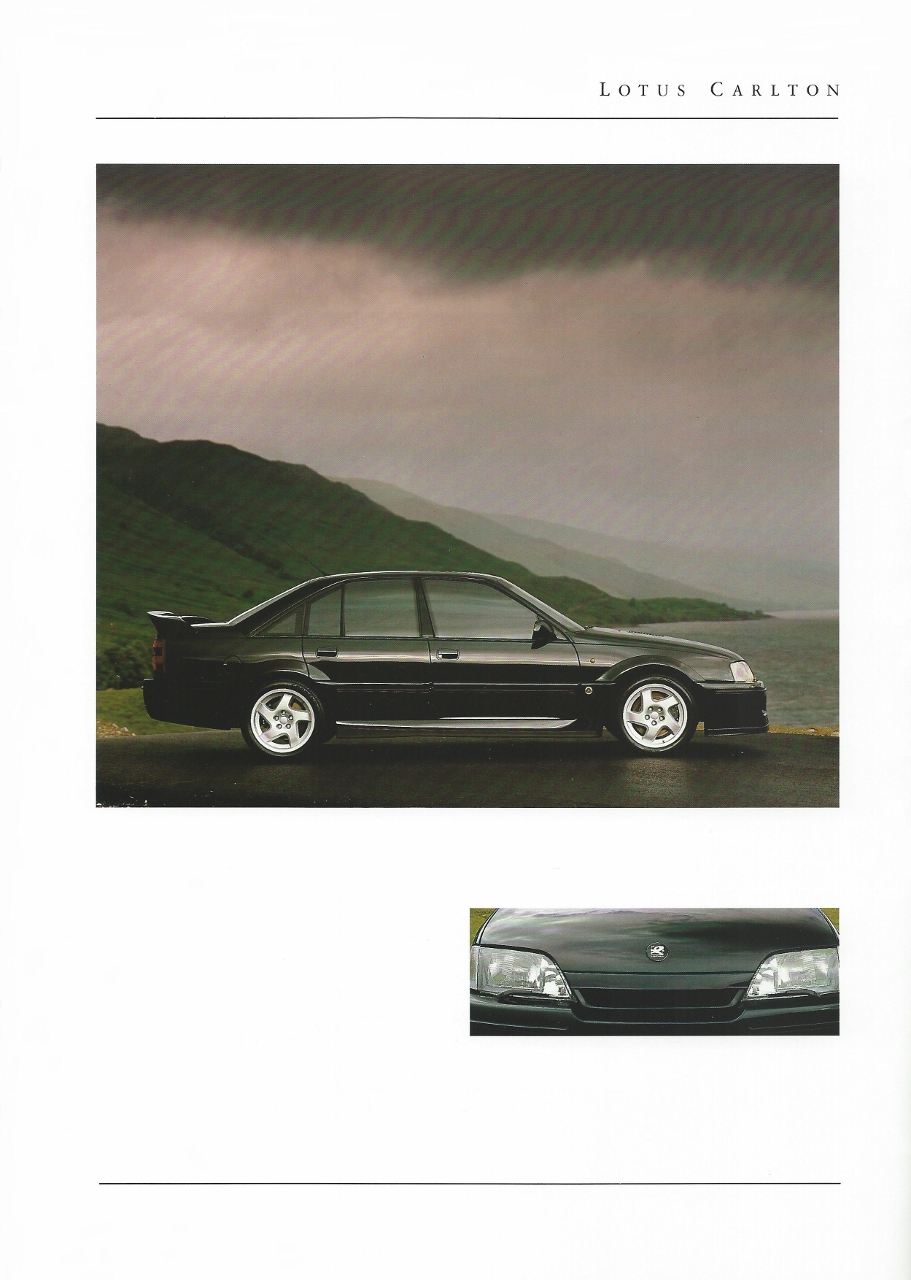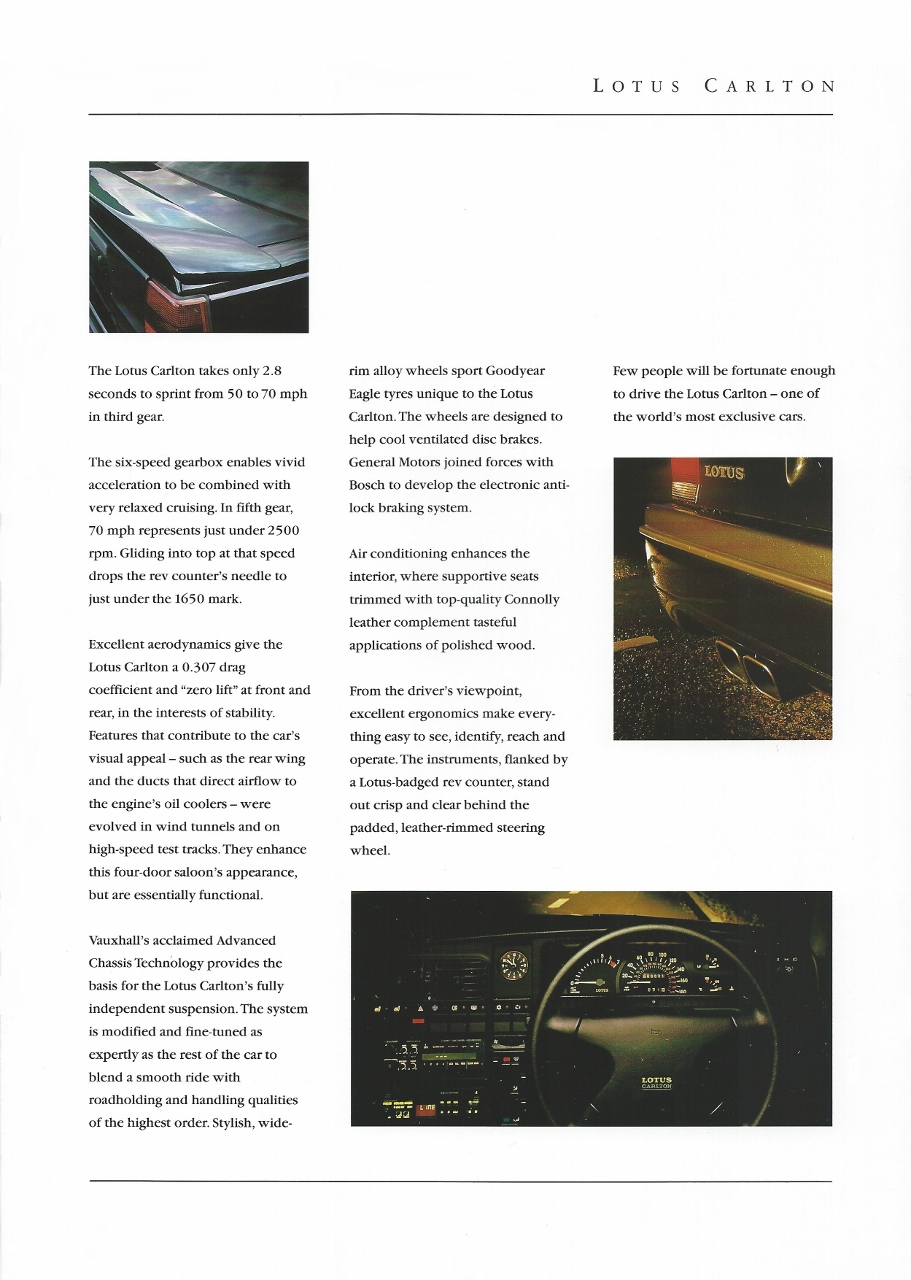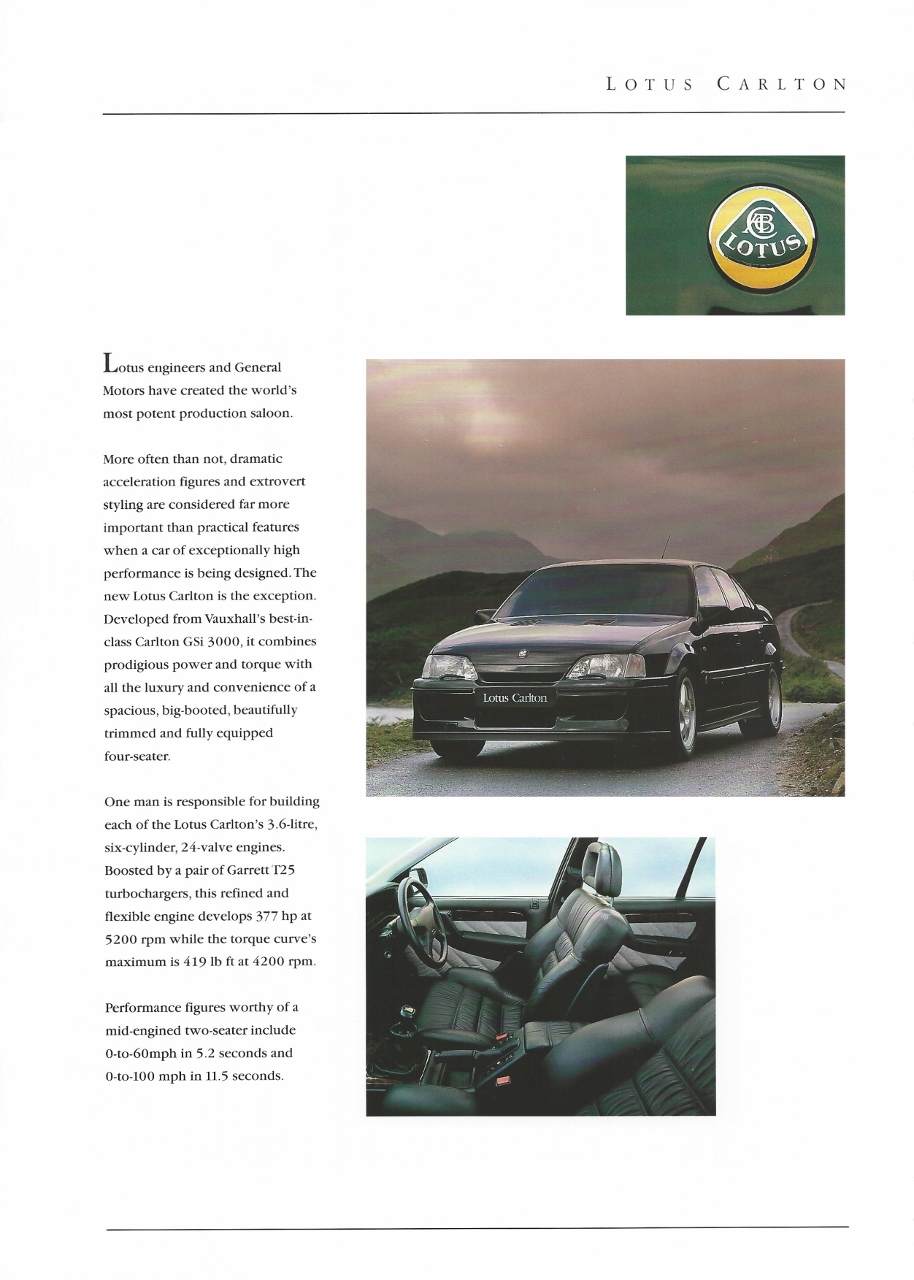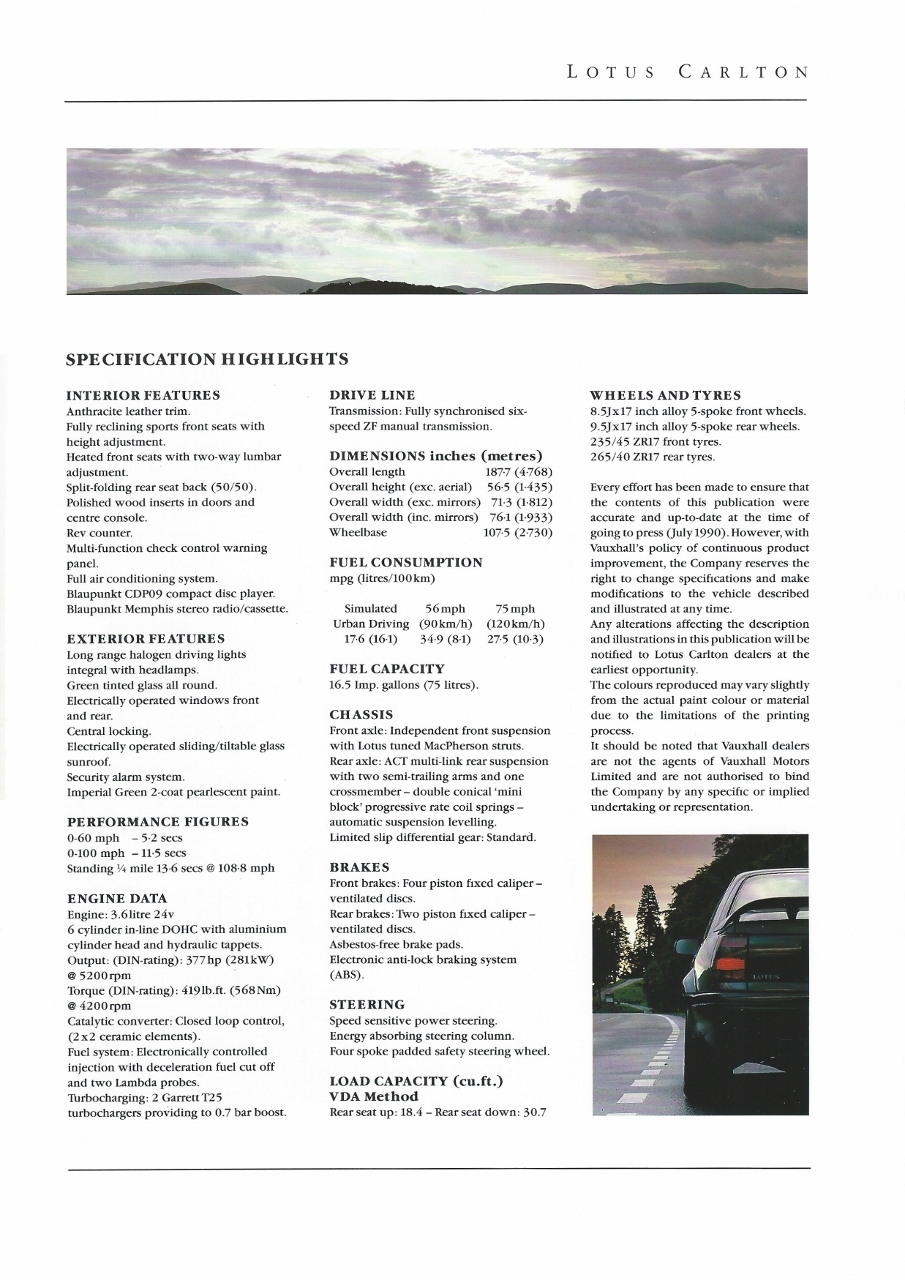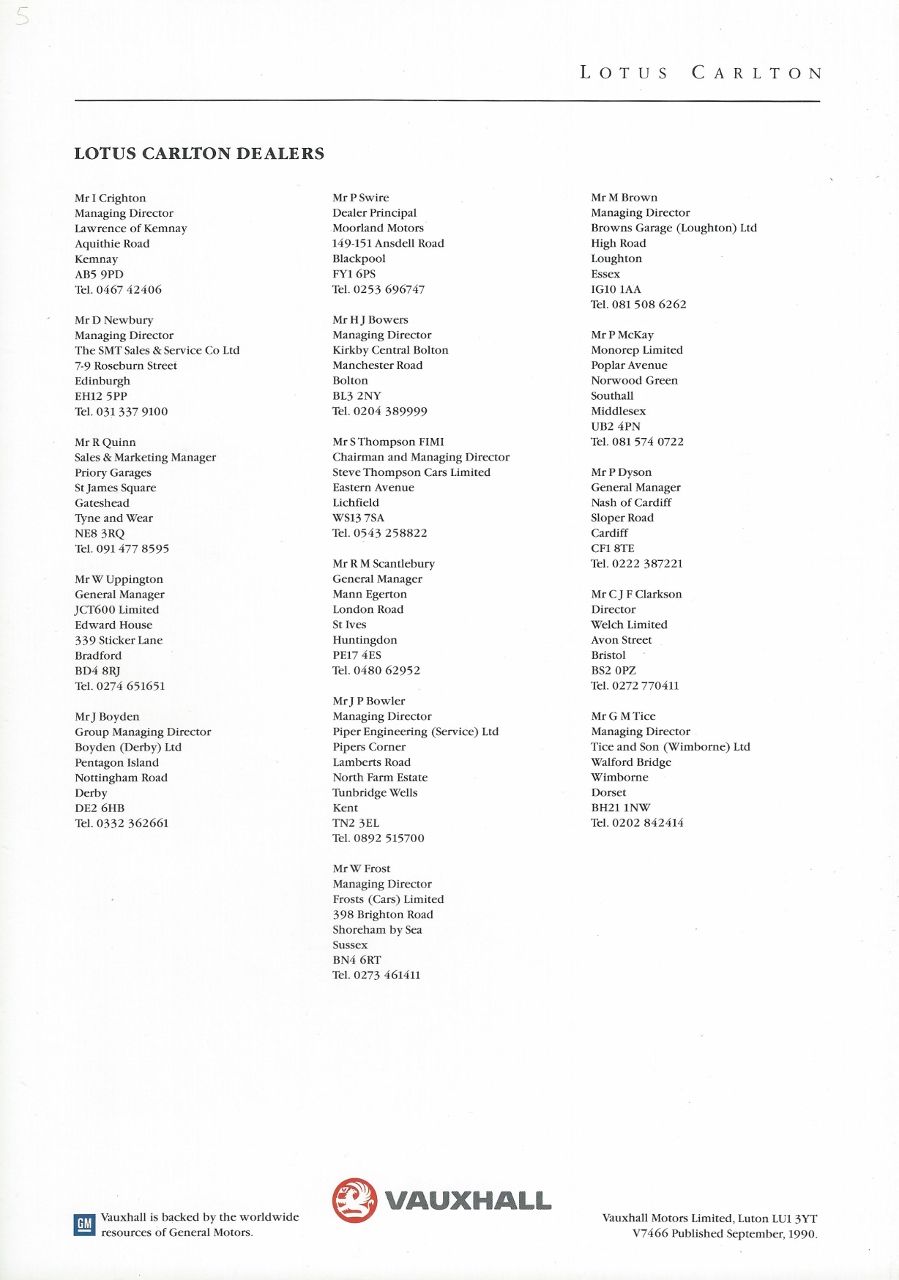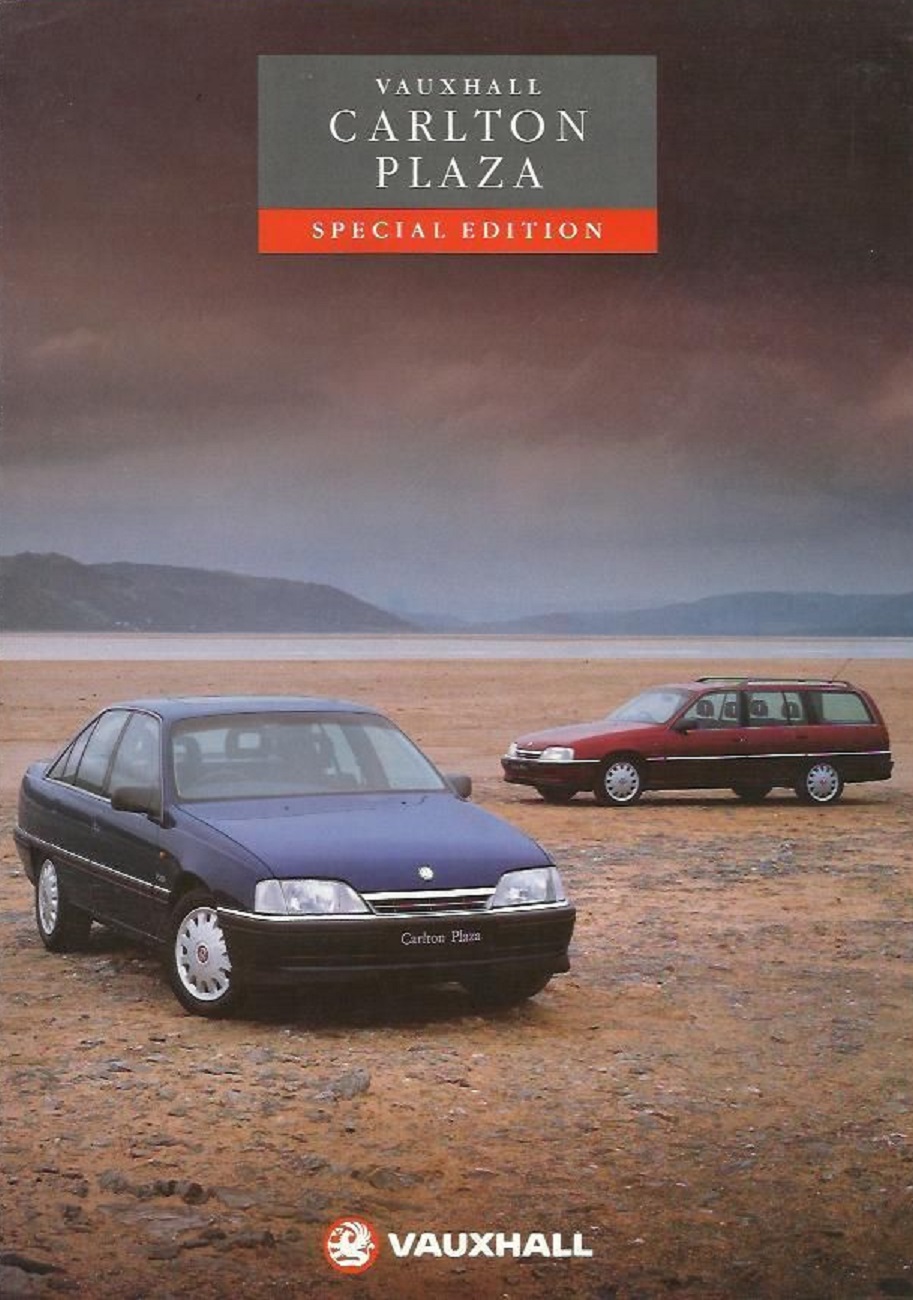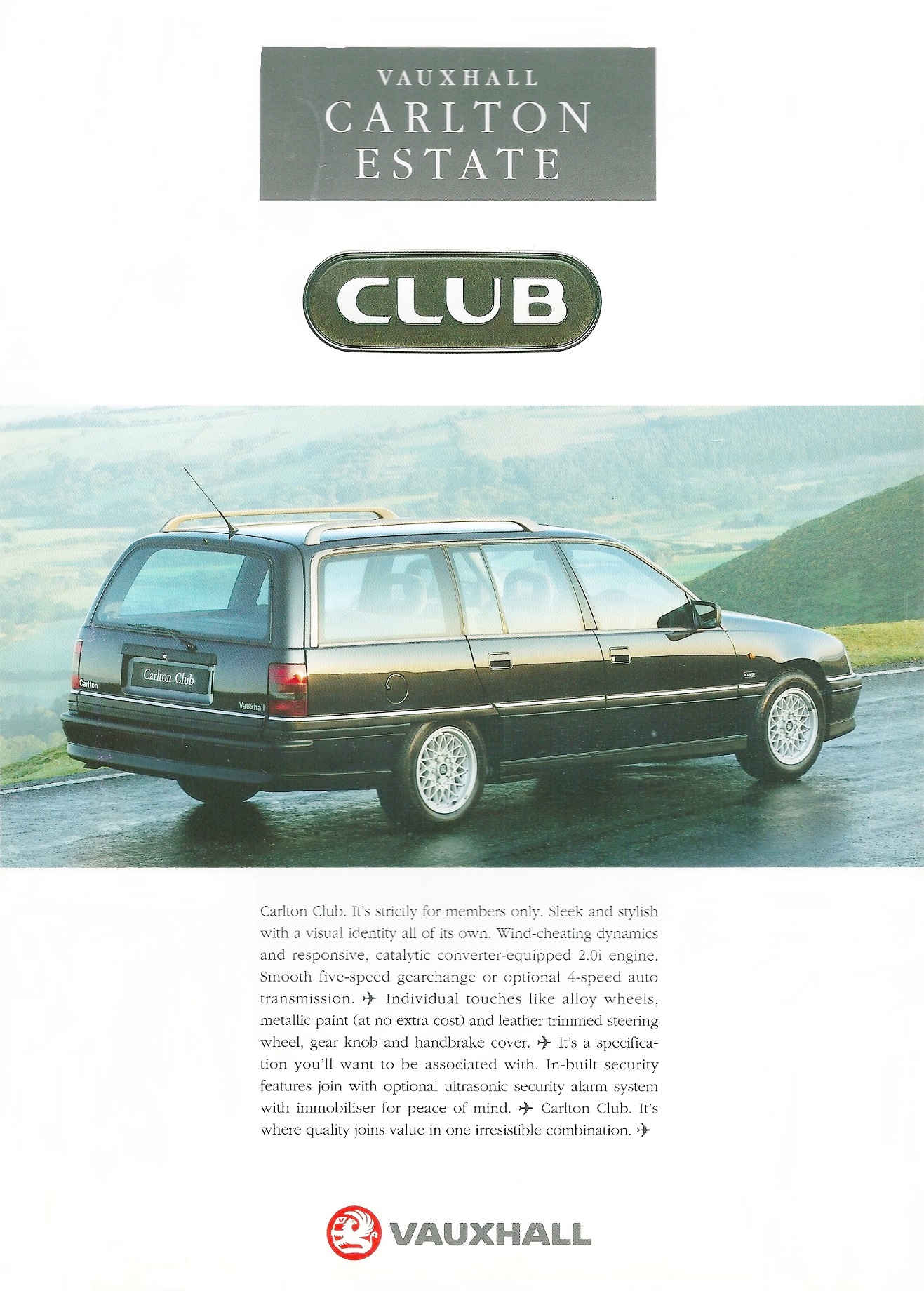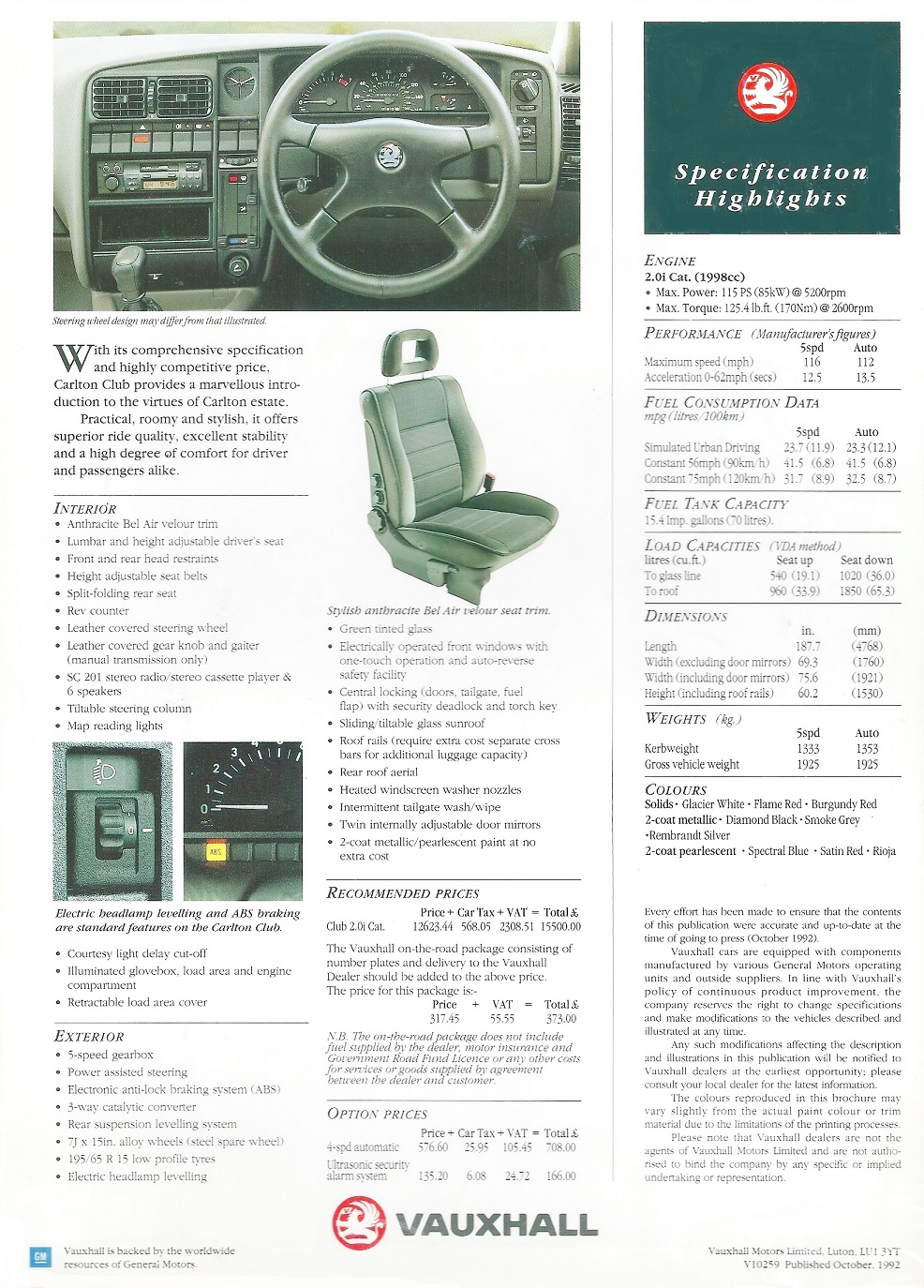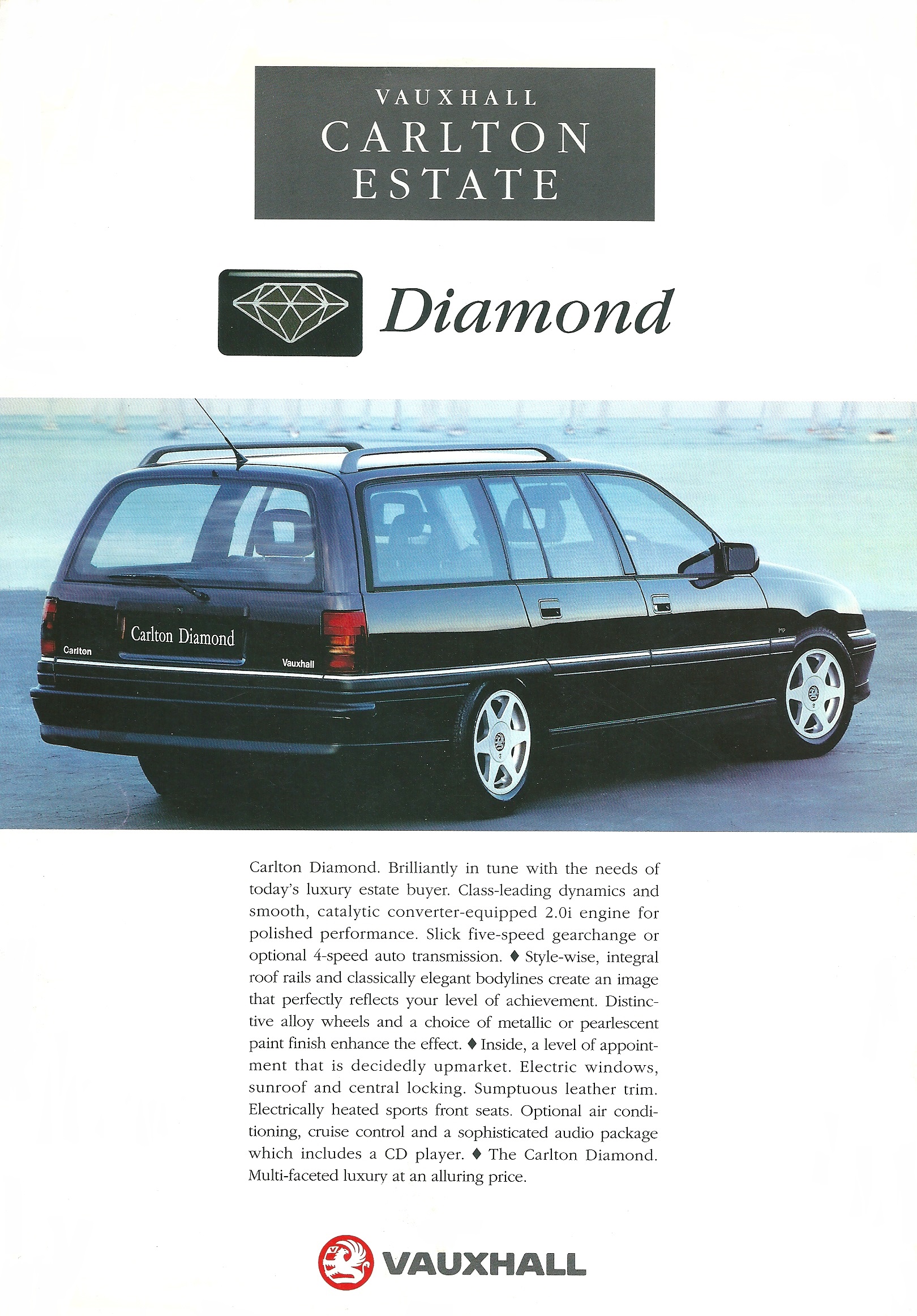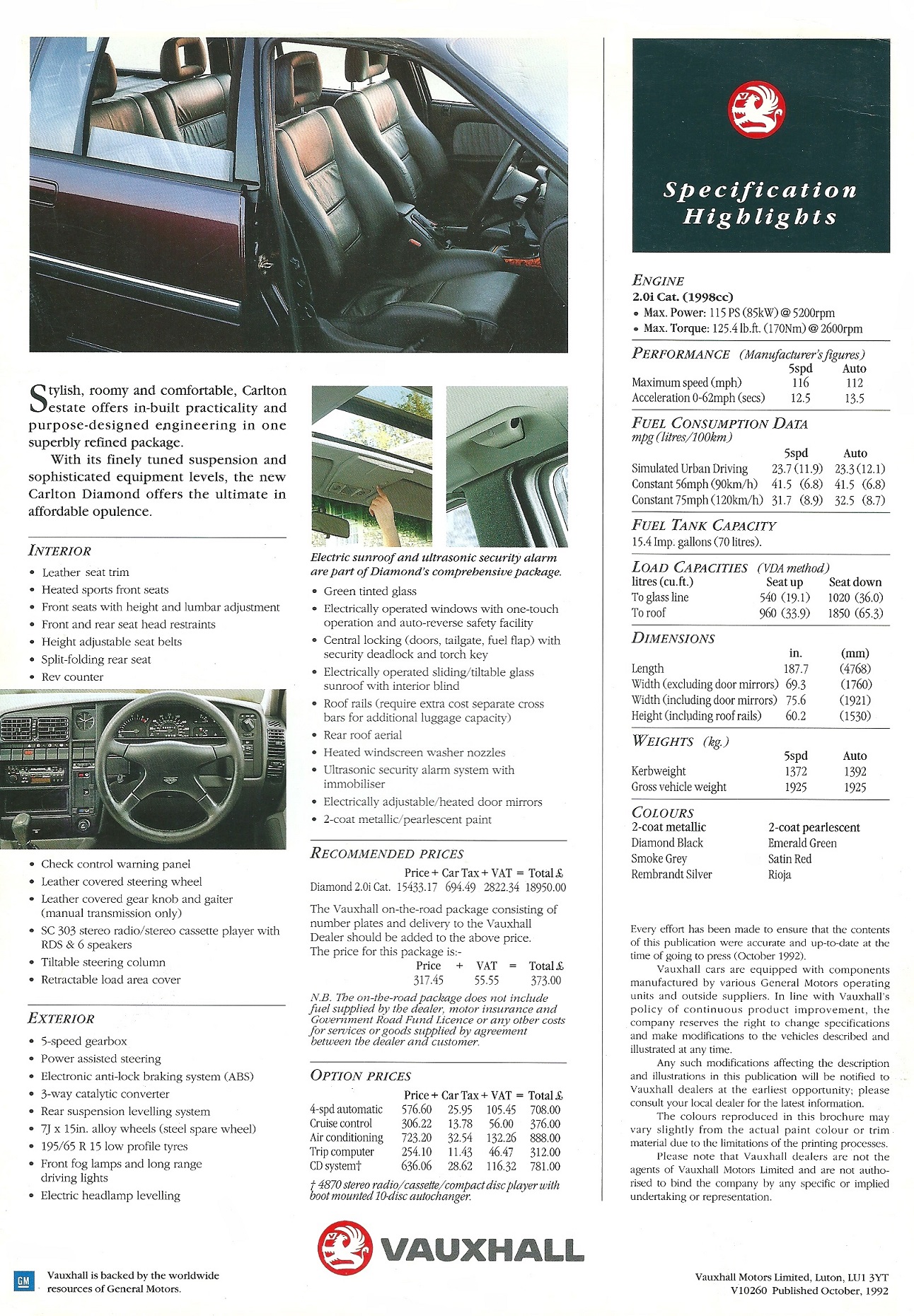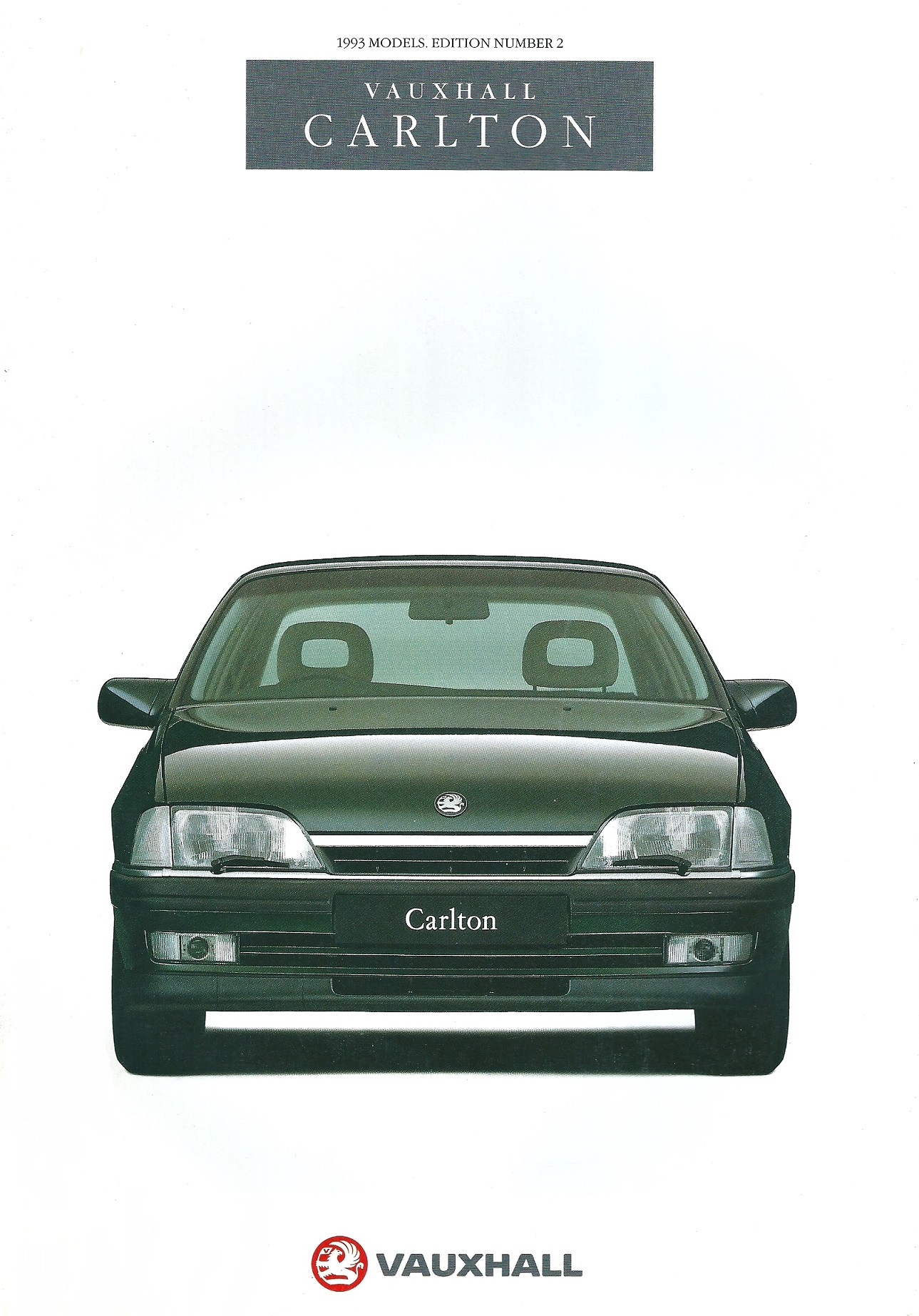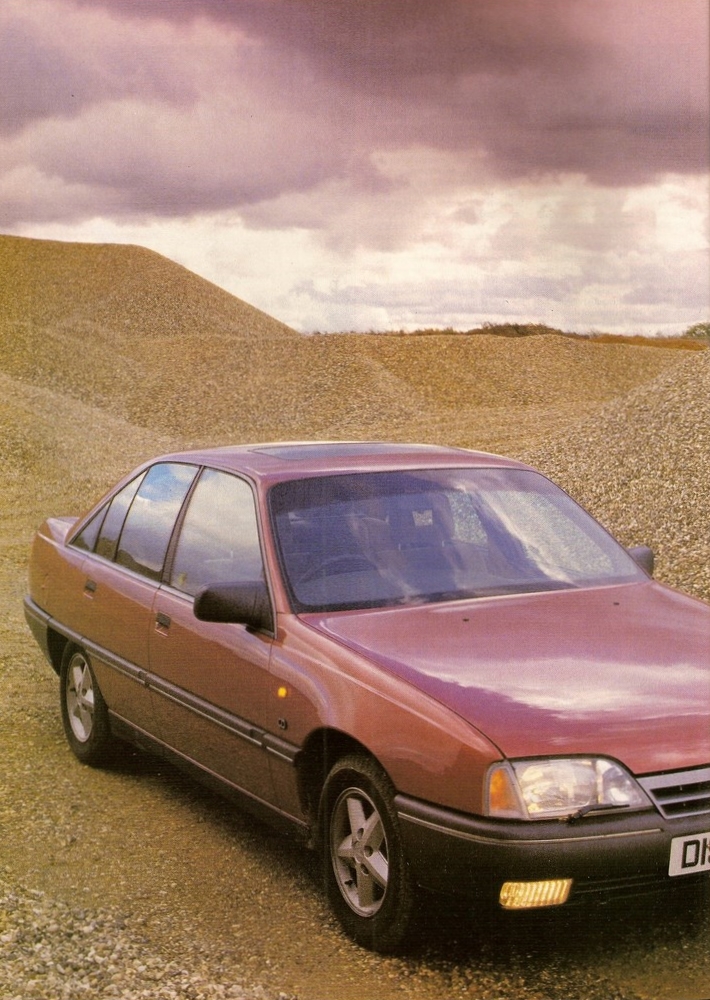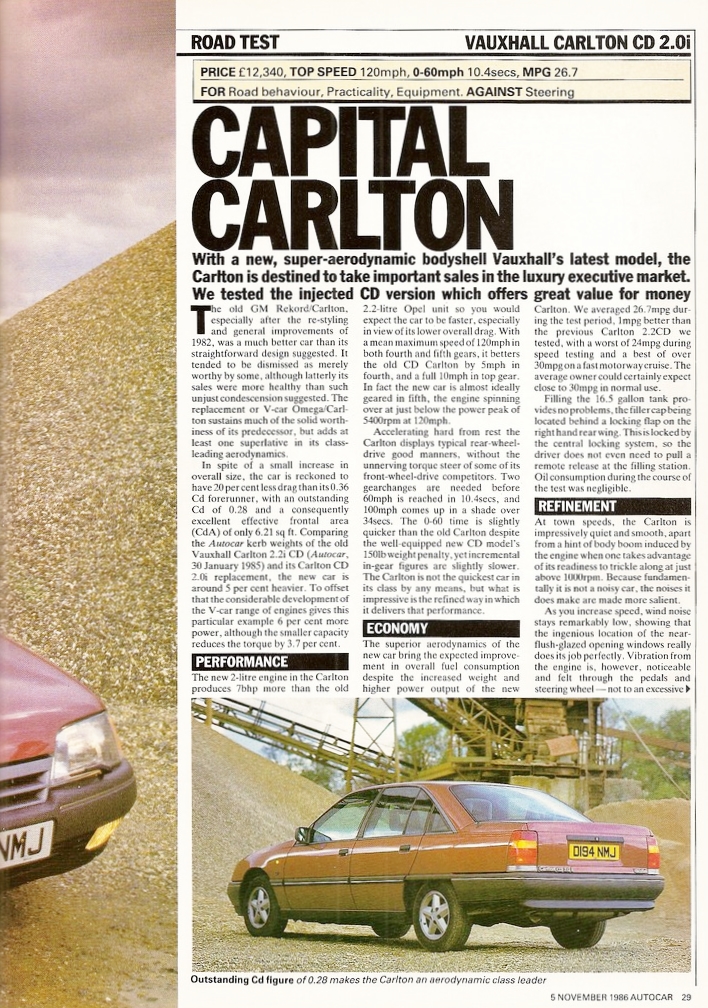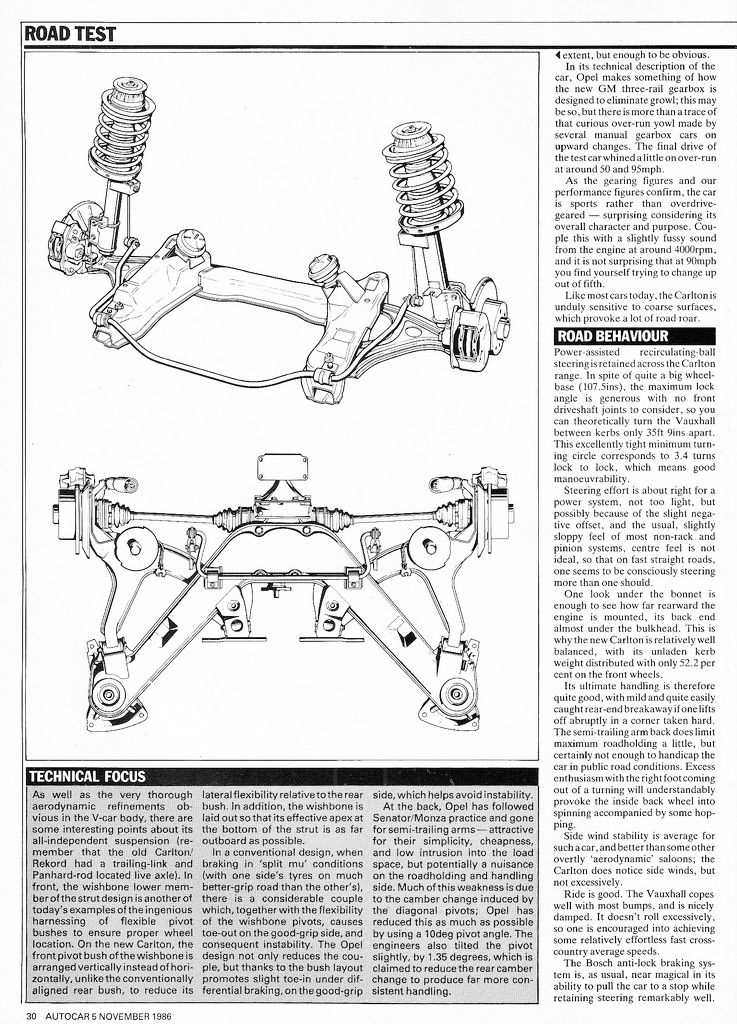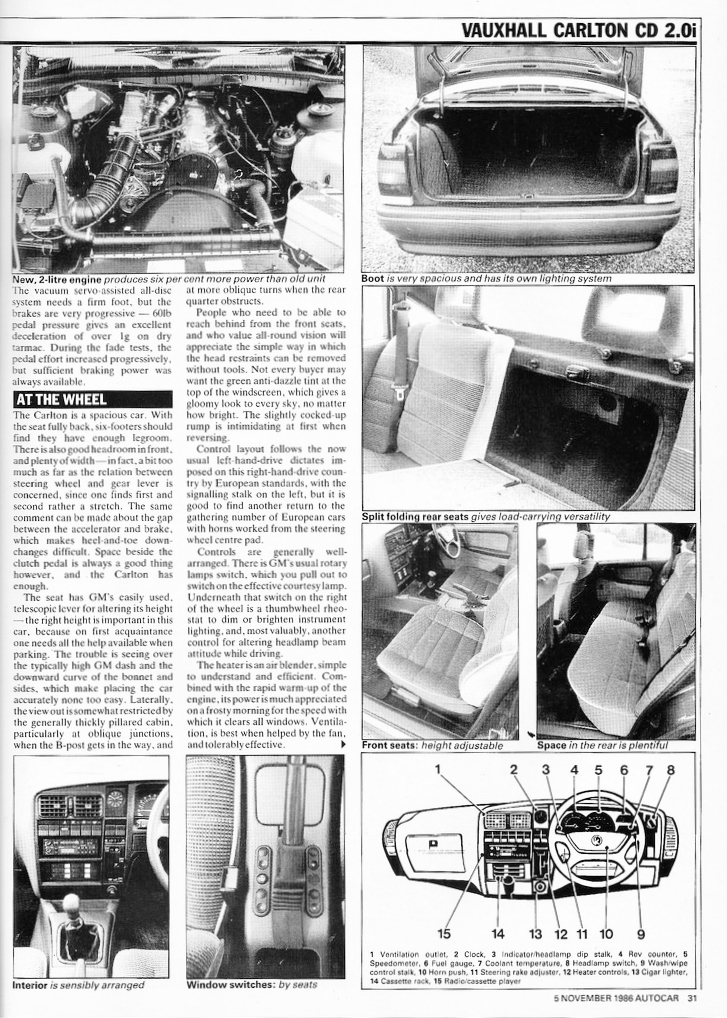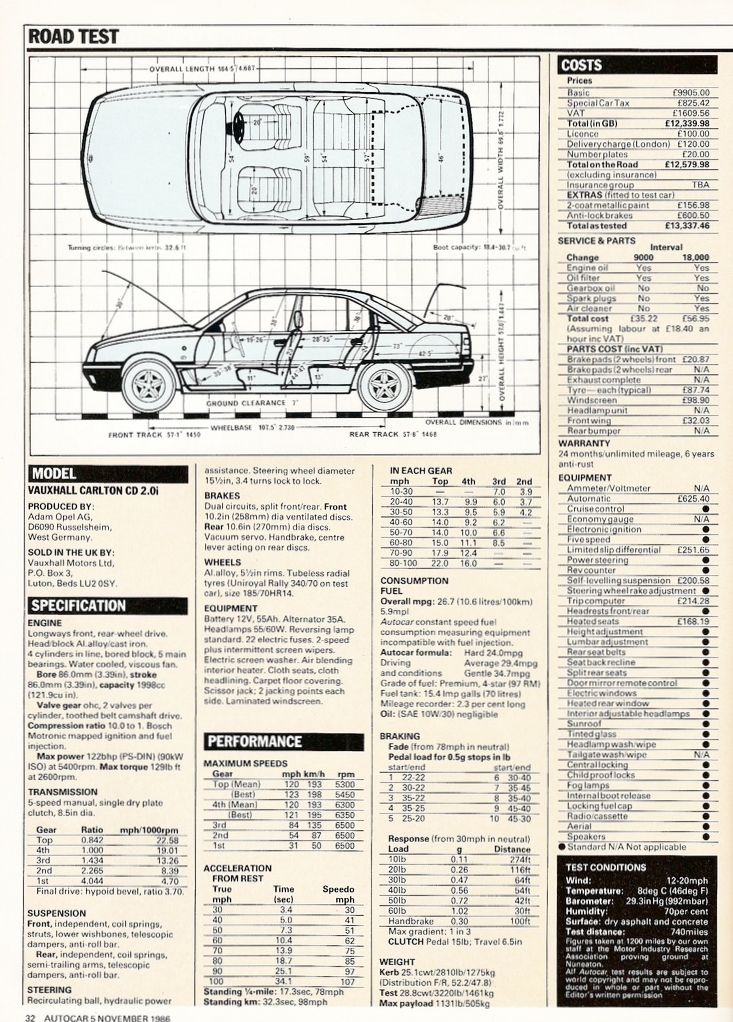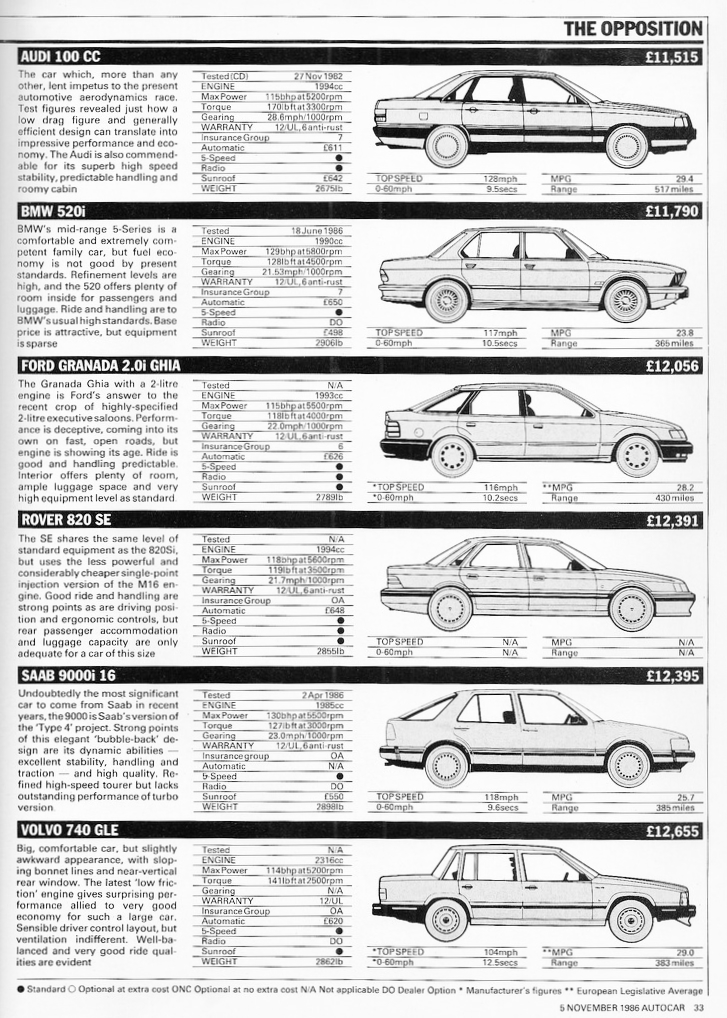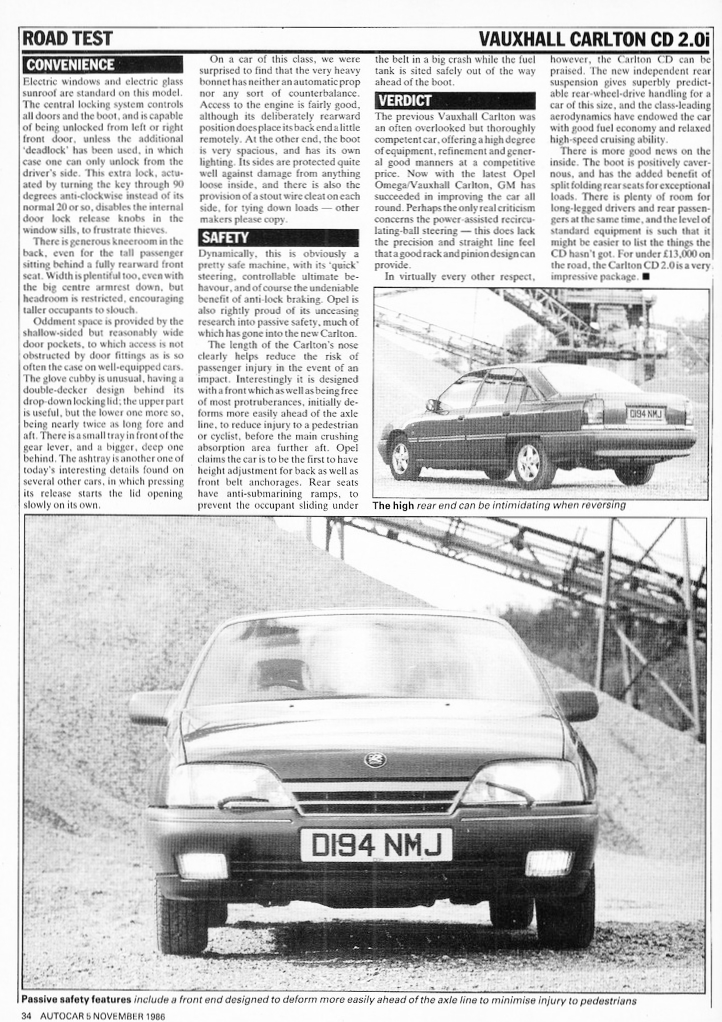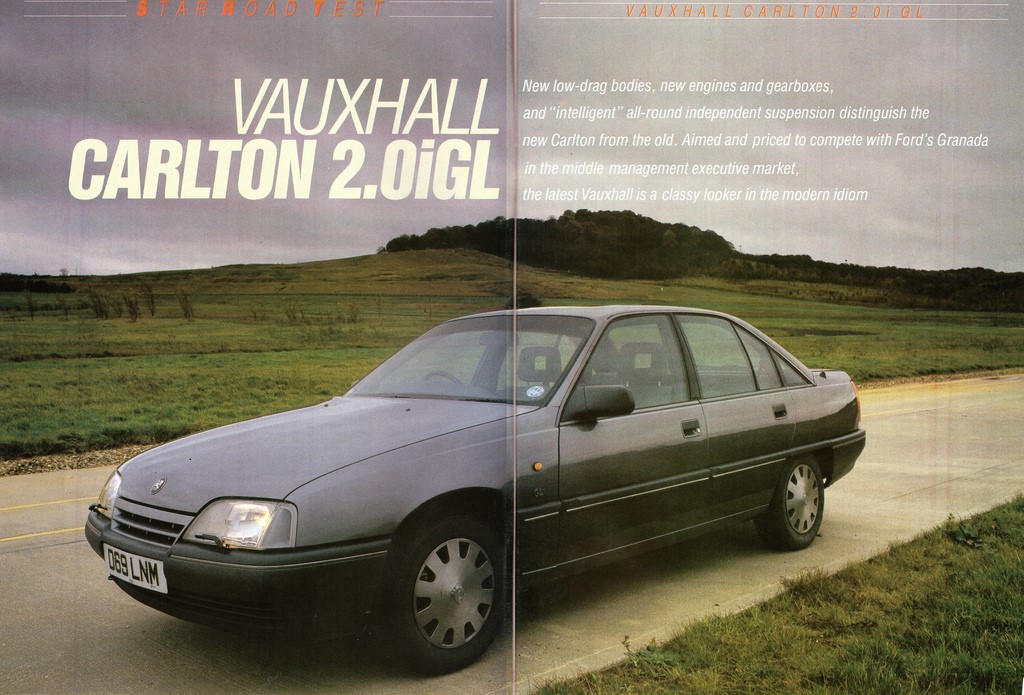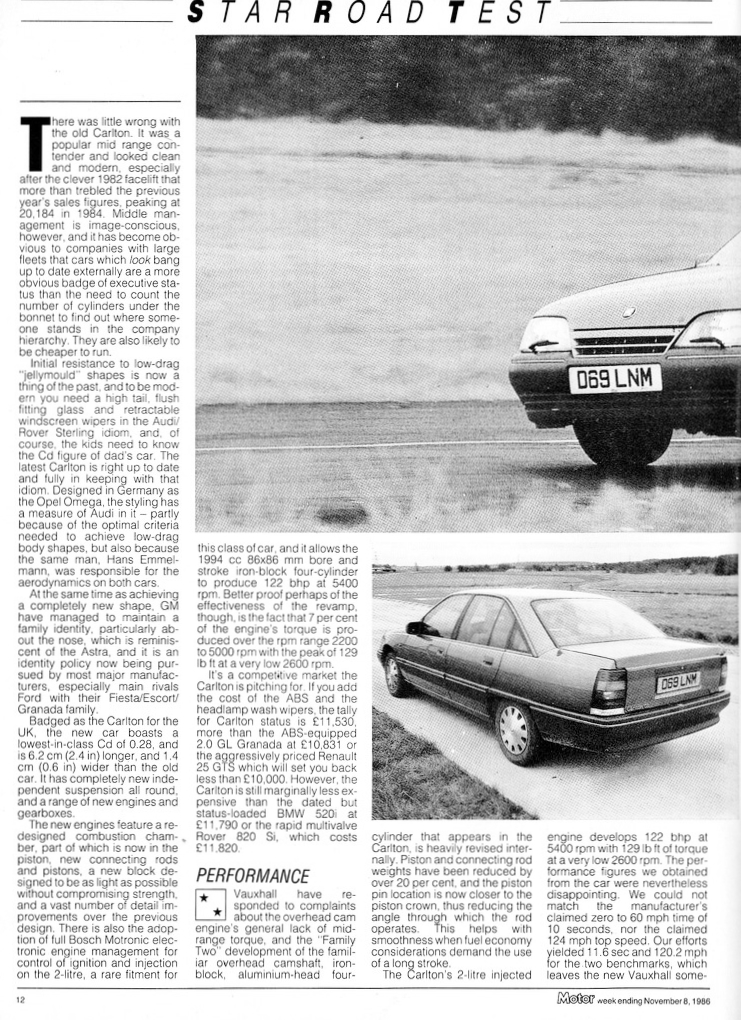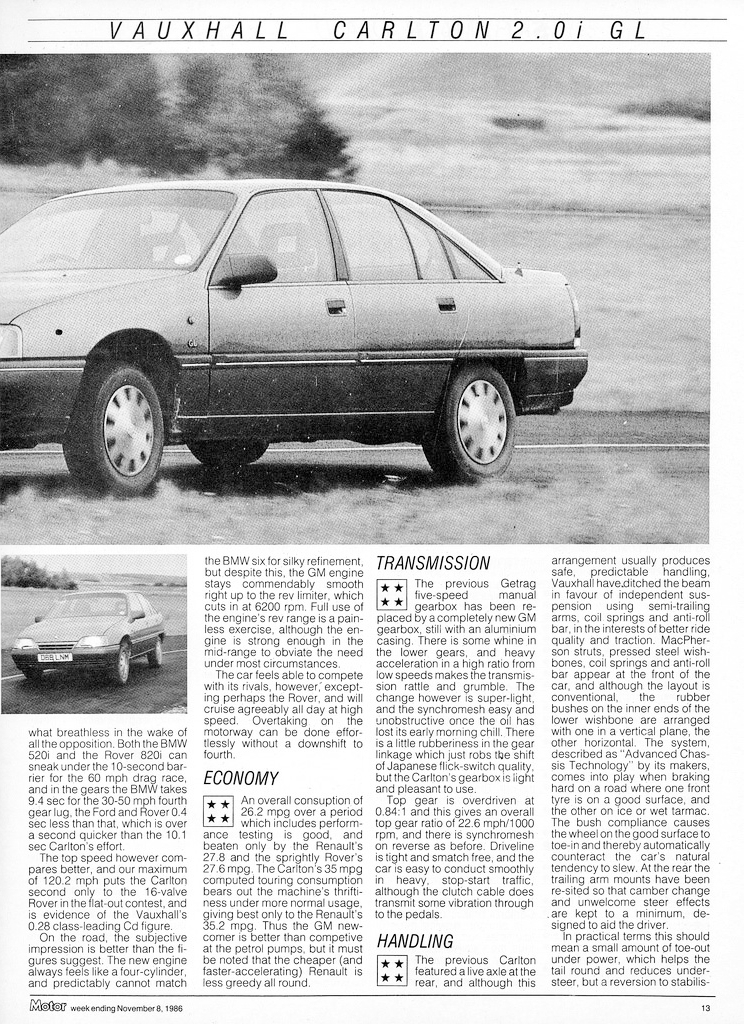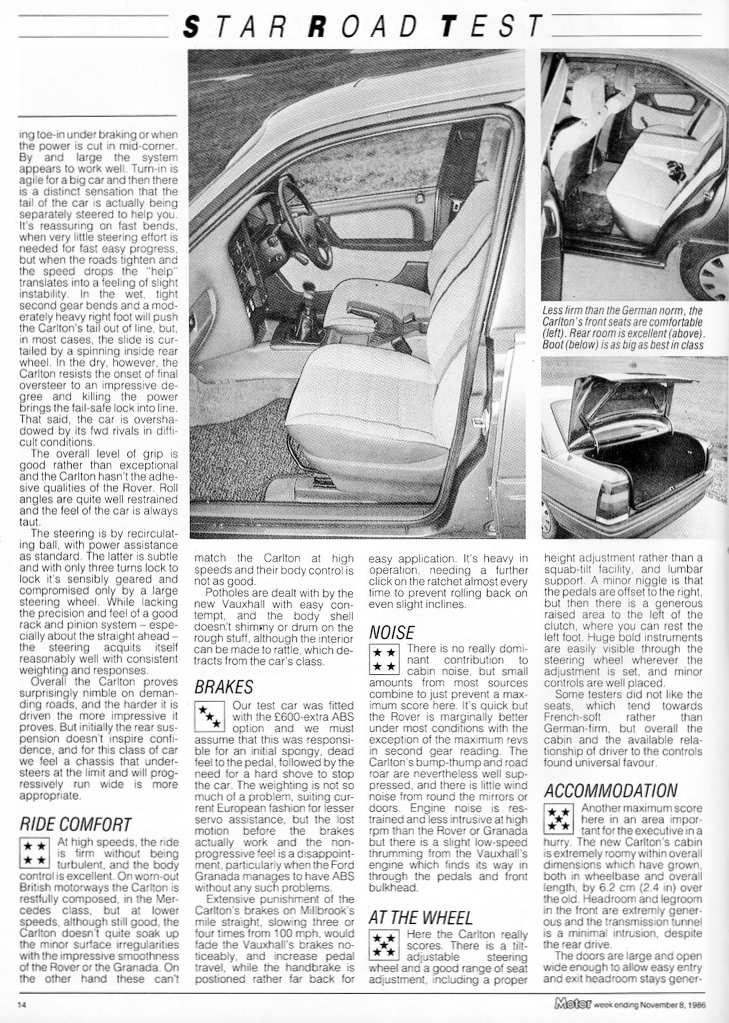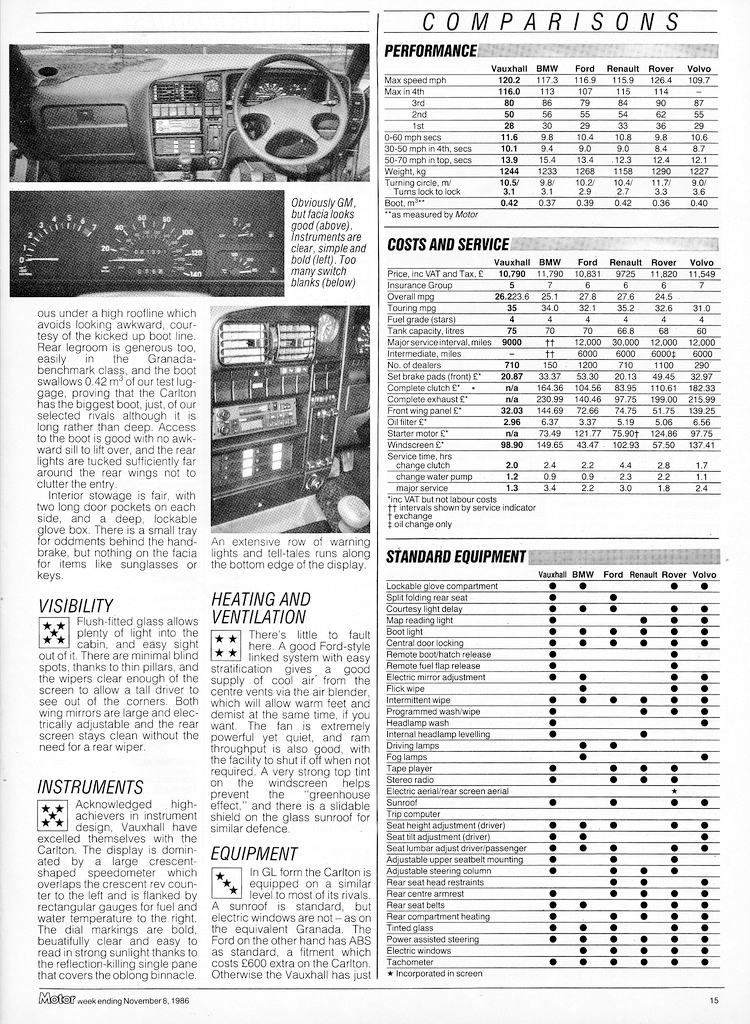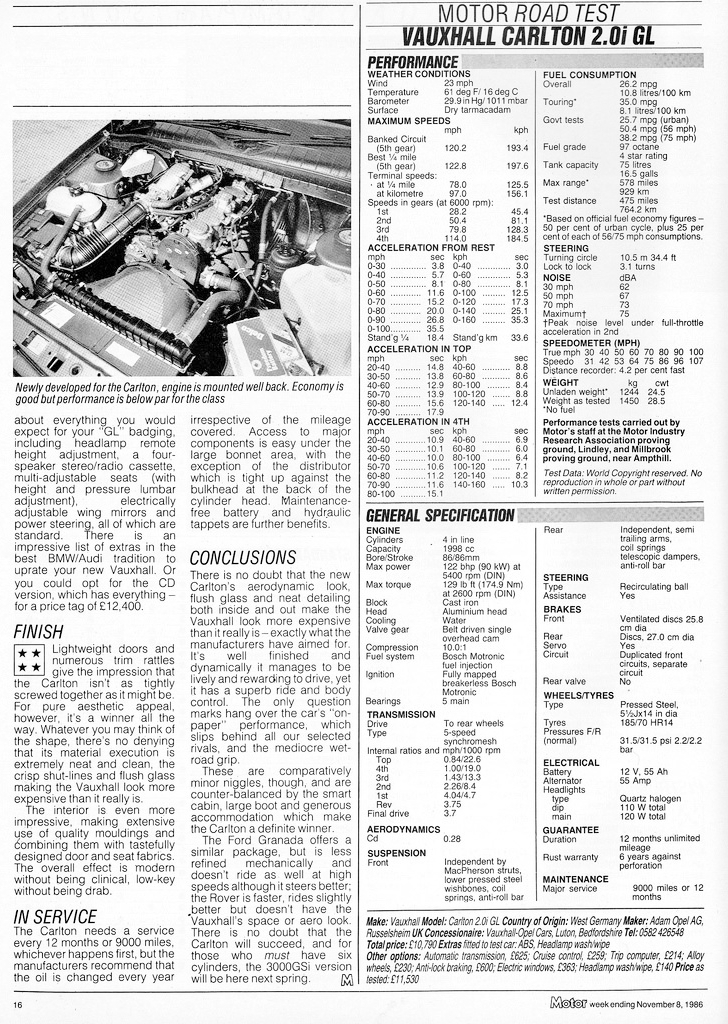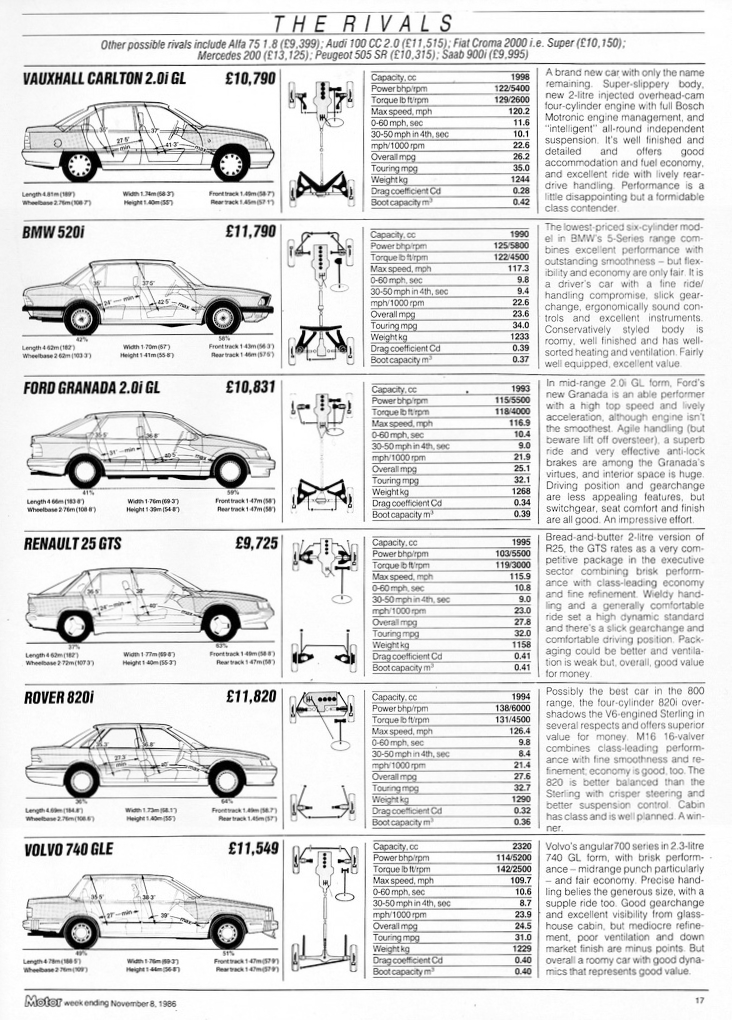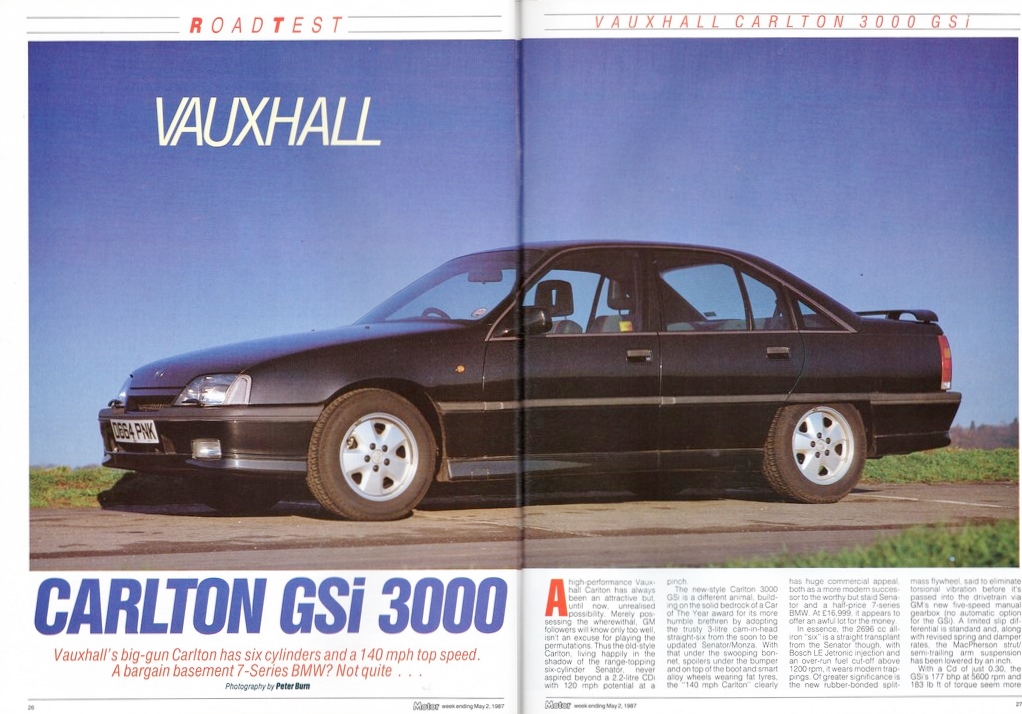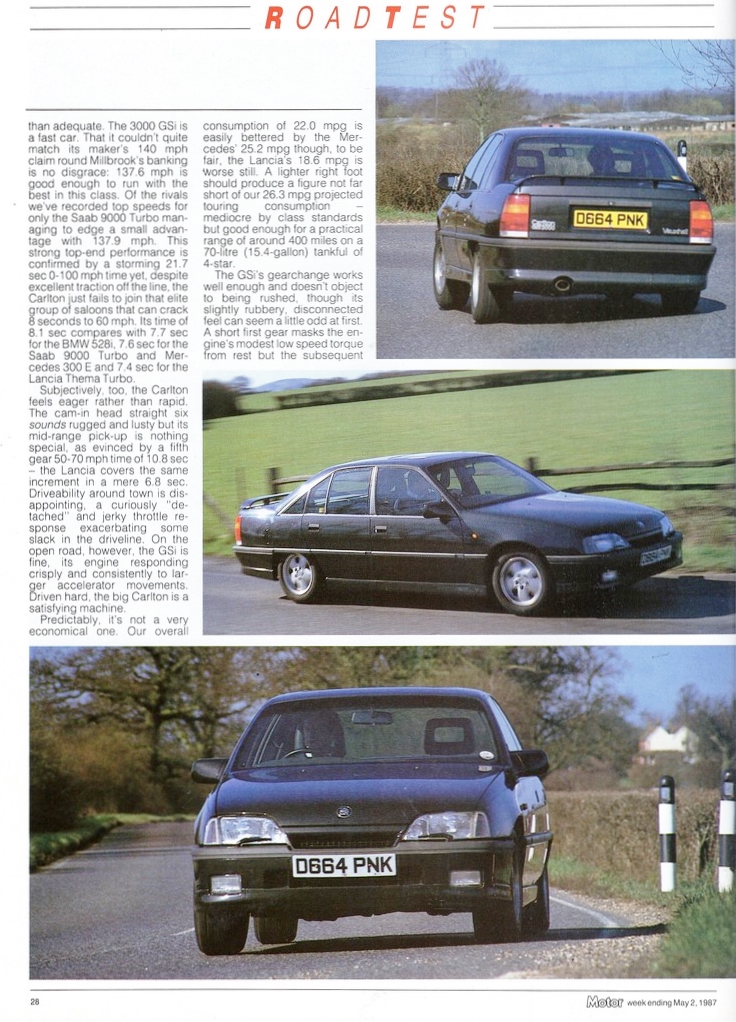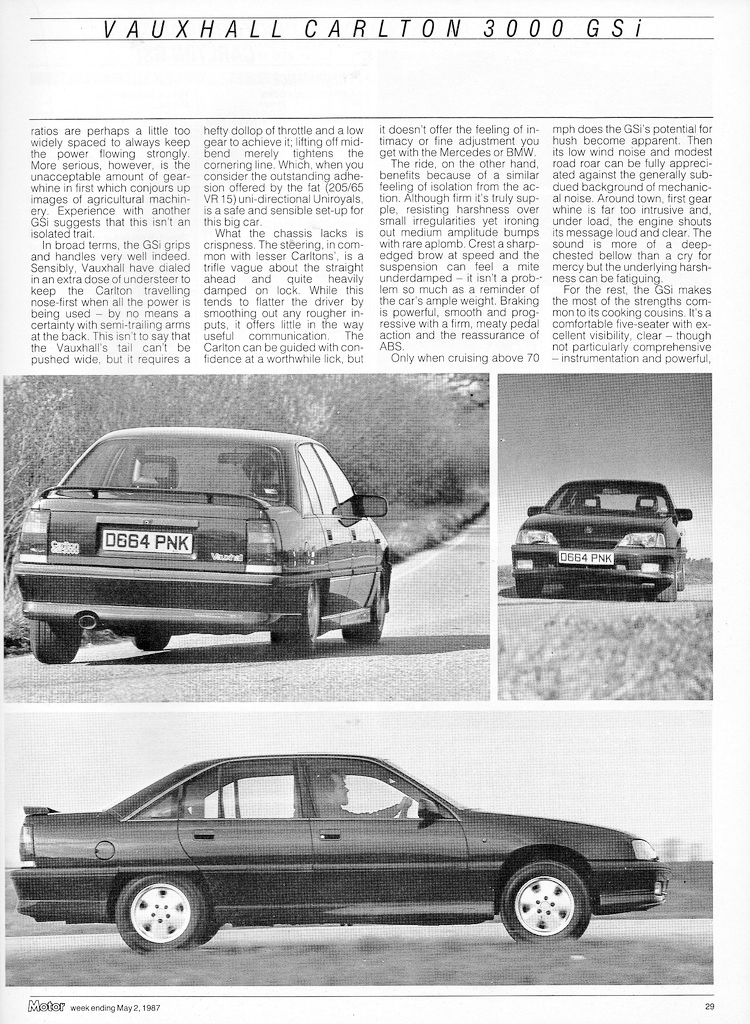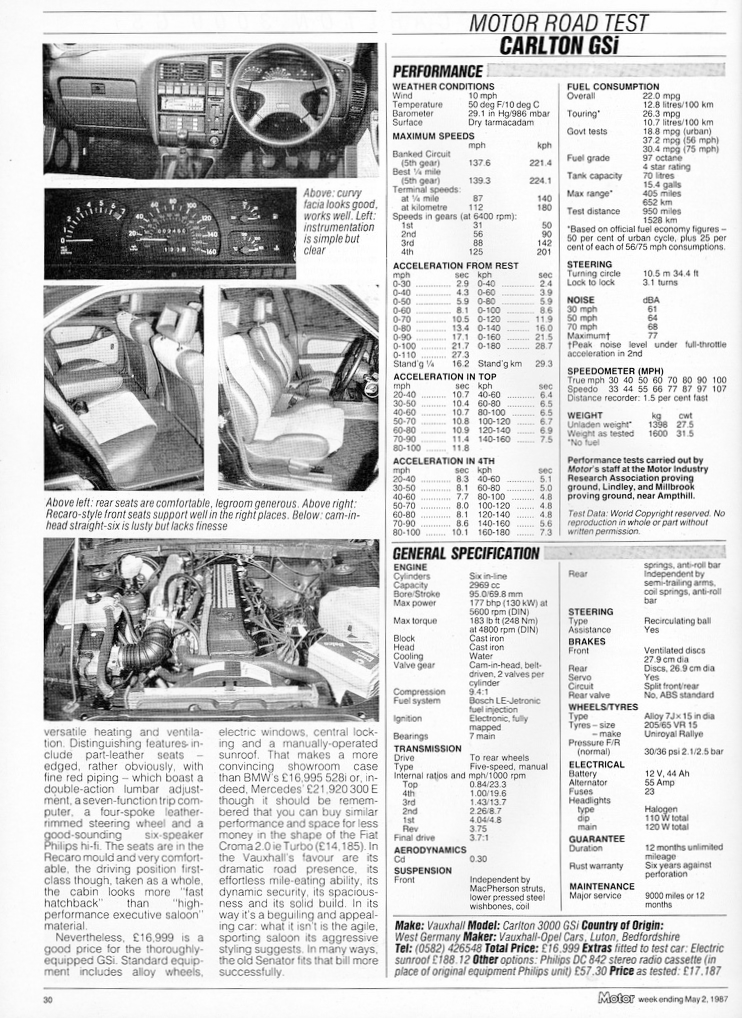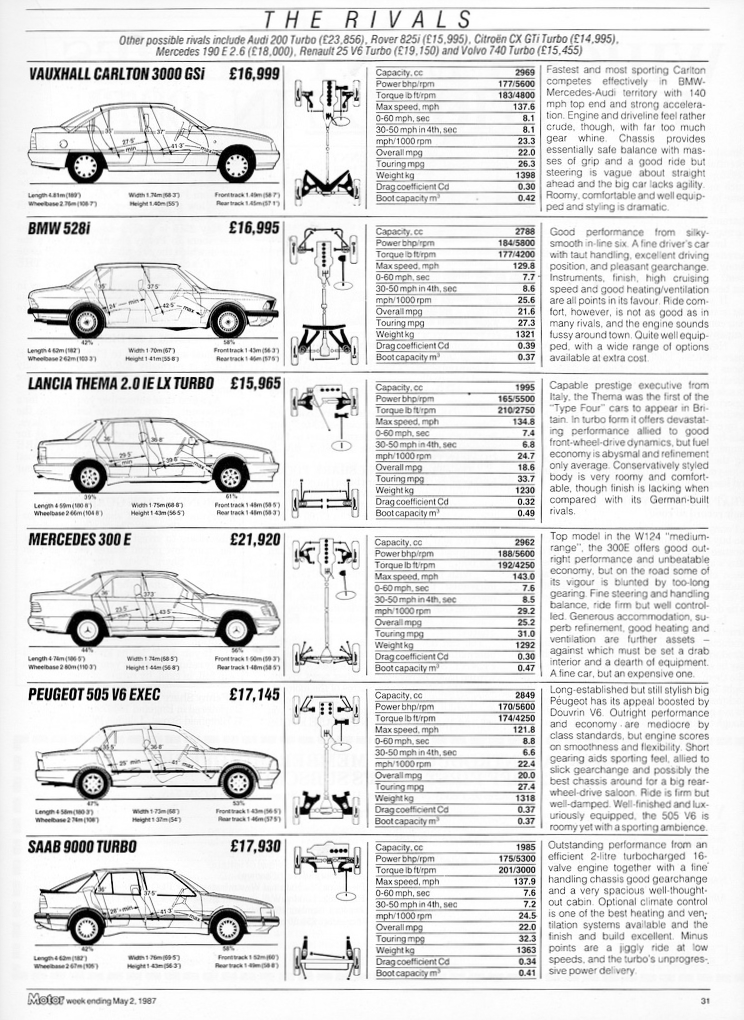-
VAUXHALL V87 - CARLTON
MK3
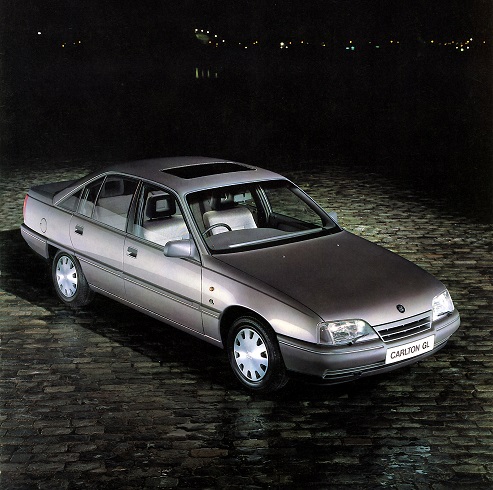
OVERVIEW:
The Vauxhall Carlton Mk2 was a bigger success than the Company had
originally anticipated considering it was really a facelift of the
Carlton MK1 launched in October 1978. However, Vauxhall were well
aware that a completely new car was required as a replacement in
order to retain their sales success - particularly in the
ultra-competitive UK fleet market. Significant changes in the
structure of GM Europe’s Design & Engineering had taken place
since 1979 and all Vauxhall / Opel Design was now centred in
Russelsheim in Germany, this was initially under the American Head
of Design Gordon Brown. Tragically he was killed in a climbing
accident in 1983 and was replaced by Head of Vauxhall / Bedford
Design Wayne Cherry just 18 months after work on the new Carlton
(and Opel Omega A) had started. As a result the new car had plenty
of familiar Vauxhall styling cues and, as with everything Cherry
was involved in, superb aerodynamics. Cherry’s influence was also
seen in the improved interiors which had always been a weak point
of previous Opel based designs. The Carlton MK3 was voted Car of
the Year 1987.
DESIGN & DEVELOPMENT:
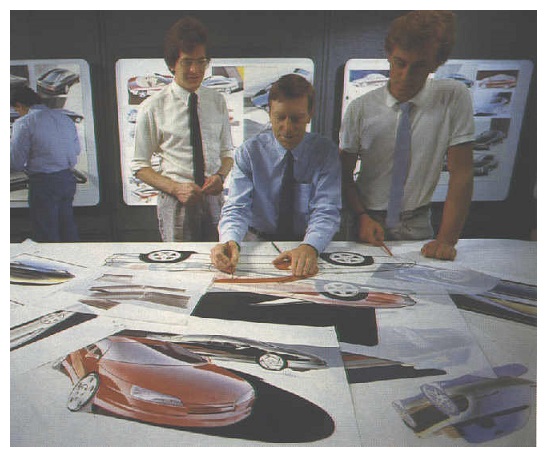
GM STYLING STAFF
WORKING AT THE RUSSELSHEIM DESIGN CENTRE
The initial development of the Carlton MK3 began in mid-1981, GM
Europe had allocated a huge £1.5 billion investment for the design
& development of the new car as well as upgrades to production
facilities to build it, at the time this was the single largest
investment in a new model in Europe especially for a car that had
no real World car ambitions such as the 1982 J Car and proved the
determination, particularly for Opel, to win back market share in
the upper middle car market. The programme was called V87, V for
the platform & 87 for the anticipated year of introduction, the
difference from the previous models was that both the new Carlton
and the new Senator (V88S) would share almost identical
underpinnings only engine
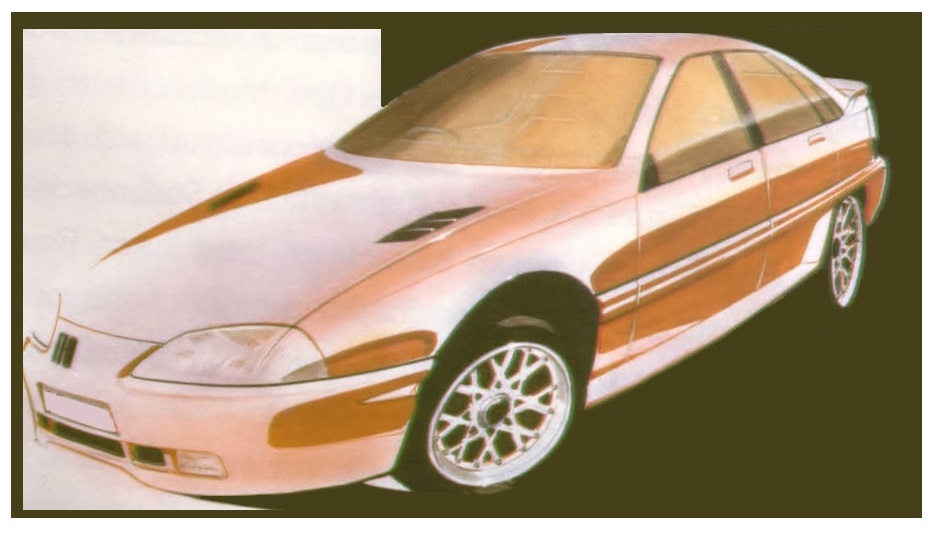
AN EARLY DESIGN SKETCH FOR THE NEW CARLTON WHICH ALREADY SHOWS THE
SMOOTH LINES AND LARGE GLASS AREA
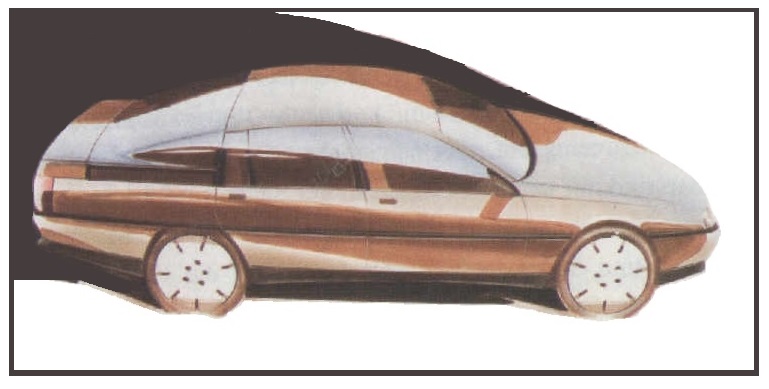
ANOTHER PROPOSAL THIS TIME FOR A HATCHBACK STYLE WHICH WAS
REJECTED
choice & dimensions would change but the exteriors would be
very different to suit market expectations. This would reap
considerable development & production costs, also the previous
in line engines with rear wheel drive would be retained as this was
considered to be more acceptable at the time in this sector of the
market, particularly in the UK. In fact dynamic tests were done by
GM technicians, led by Fritz Lohr, which showed where engines at or
above 2.0litre engine capacity & average power output were used
rear wheel drive had distinct advantages over fwd (remember this is
the early 1980s!)
The new Carlton
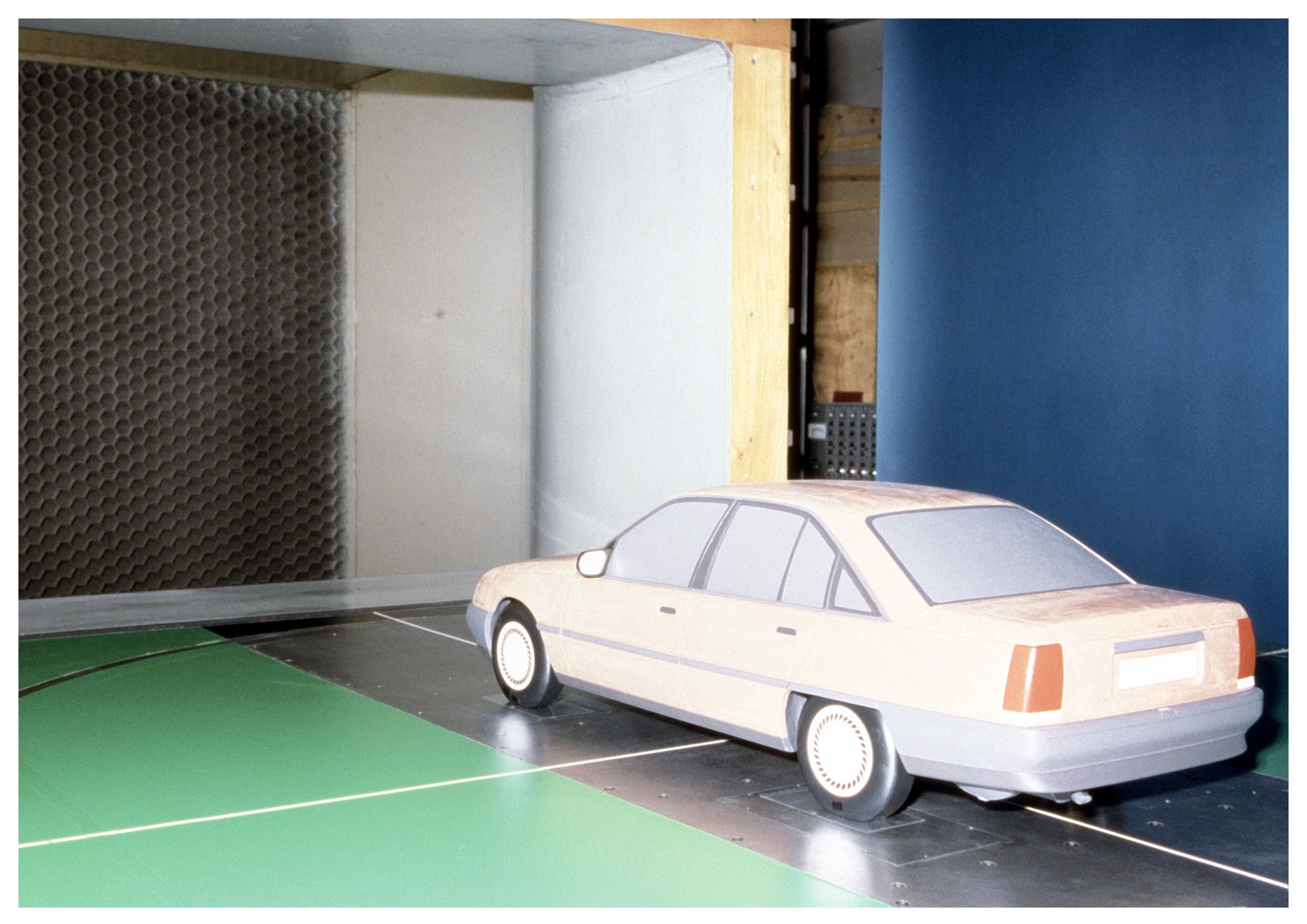
1-5TH SCALE MODELS USED FOR INITIAL WIND TUNNEL TESTS
was envisaged as a classic style, comfortable, economical, aerodynamic and spacious 4 door saloon and 5 door Estate with rear-wheel drive. The hatchback path Ford stylists took with the Scorpio was rejected by GM designers.
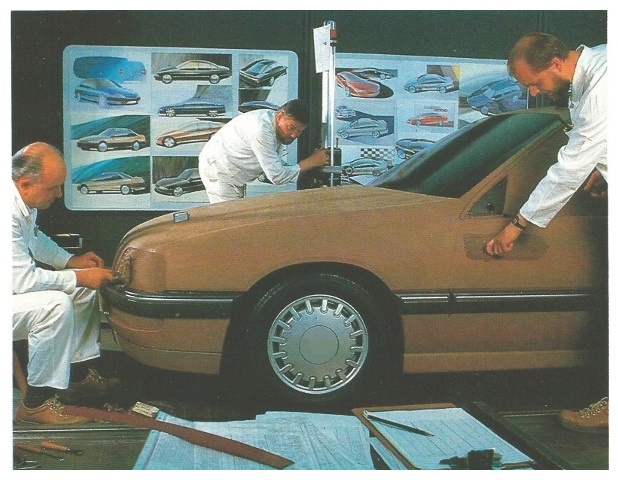
AN EARLY VAUXHALL CARLTON MK3 CLAY MOCK-UP IN STUDIO 1 OF THE VAUXHALL / OPEL DESIGN CENTRE
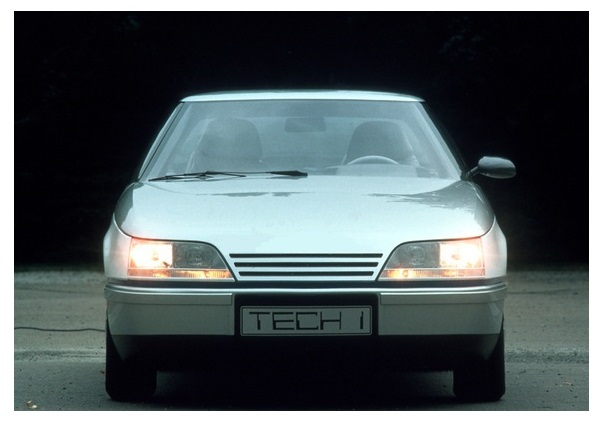
THE FRONT END DESIGN OF THE TECH 1 CONCEPT IN 1981 PREVIEWED THE DESIGN THEME OF THE NEW CARLTON
Nearly 1,400 hours were spent in wind tunnel testing, including TU
Stuttgart and at Pininfarina in Italy, using both 1:5 scale models
as well as full sized mock-ups and resulted in a class leading CD
0.28 for the Saloon and CD 0.32 for the Estate version. This was
essential for reducing fuel consumption at speeds above 50mph, in
fact the front end design had already been previewed in the 1981
Tech 1 Concept. Early design sketches showed similar styling using
smooth aerodynamic forms with low waistlines and large glass
area.
In total 6,337 different parts had to be newly developed, designed
and tested for the Carlton MK3. Test cars and prototypes clocked up
4.7m miles to ensure the engineering would be more than an equal to
competitor models. The designers, engineers and modellers started
the design process in Studio 1 at the Vauxhall / Opel Design Centre
working under senior designer Herbert Killmer, he laid down the
main parameters for the development of the new model. One of the
first changes made after Wayne Cherry took over as Design Director
was to double the number of interior design staff. The Interior was
redesigned extensively with a priority on ergonomics, comfort and
more
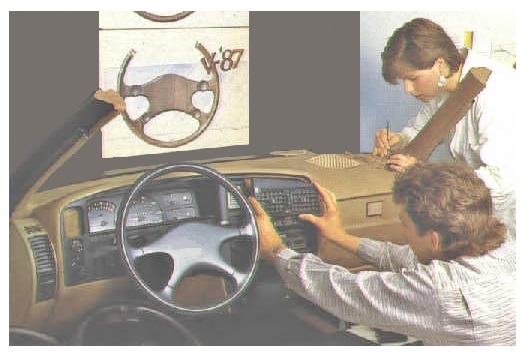
DESIGNERS WORKING ON A MODEL OF THE NEW DASHBOARD, NOTE THE PROJECT NAME ON THE WALL - V87
lavish
appearance, the subdued lighting of fittings and switches were
among other additions. In order to reduce production time &
costs as well as eliminate rattles the complete dashboard assembly
was built up prior to installation and fixed with a special body
glue, a system first used on the Astra MK2.
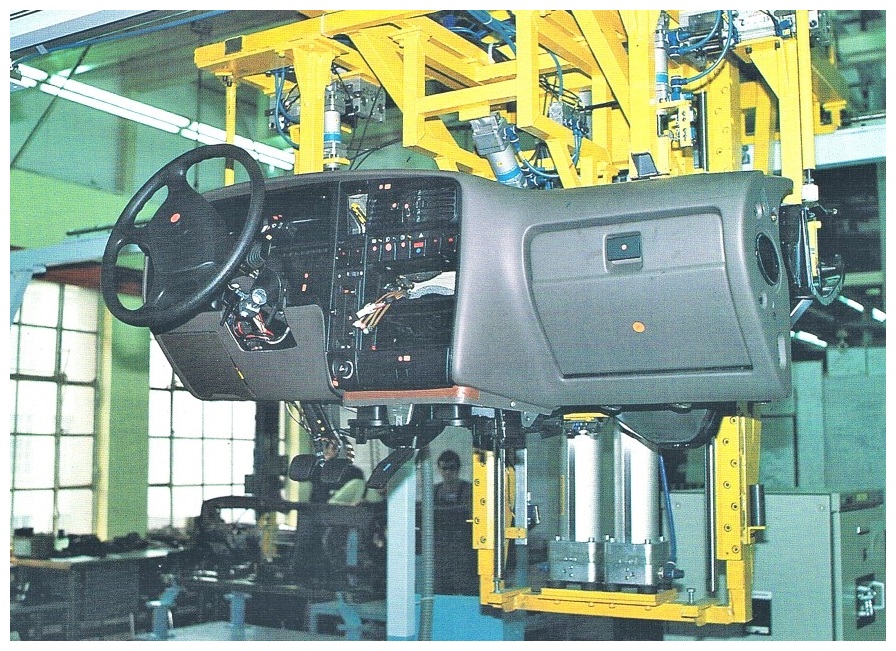
THE COMPLETE CARLTON DASHBOARD & PEDAL ASSEMBLY READY FOR INSTALLATION
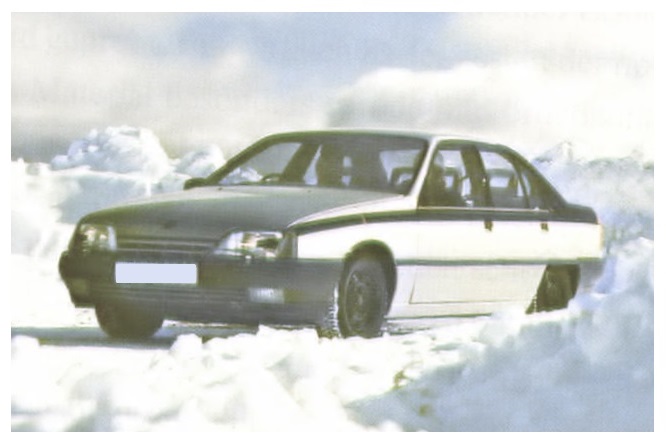
A DISGUISED CARLTON MK3 UNDERGOING COLD WEATHER TESTING IN SWEDEN
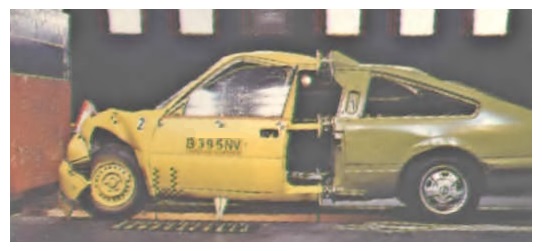
CRASH TESTING USING THE FRONT END OF V87 & THE REAR OF A ROYALE COUPE
The exterior design also included what GM called ”Partner
Protection” which meant the body structure should absorb as much
energy as possible in an accident and have no protruding mouldings
or parts in order to reduce potential injuries to
pedestrians and cyclists. The calculation of body stiffness was
carried out using GMs Cray Supercomputer for the Carlton in order
to optimize the body structure without having to add unnecessary
weight. Unusually, crash testing was conducted initially using the
front end of the proposed new Carlton but using the rear end of a
Royale Coupe in order to reduce costs while still giving realistic
test data. At launch the Carlton MK3 was available in 3 trim levels
– L, GL & CD and a little later GSi was added.
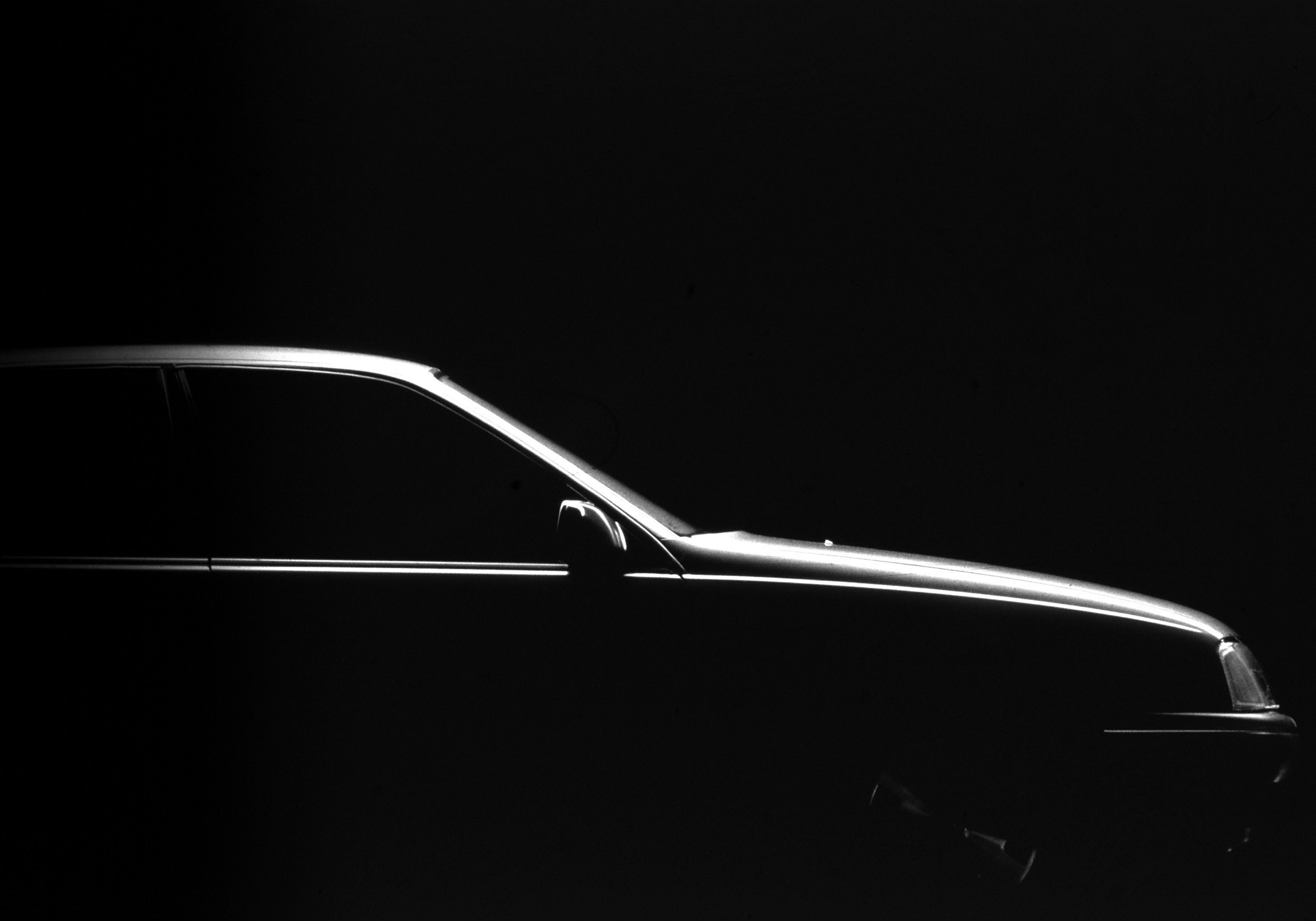
VAUXHALL CARLTON MK3 SALOON FRONT SIDE VIEW RH
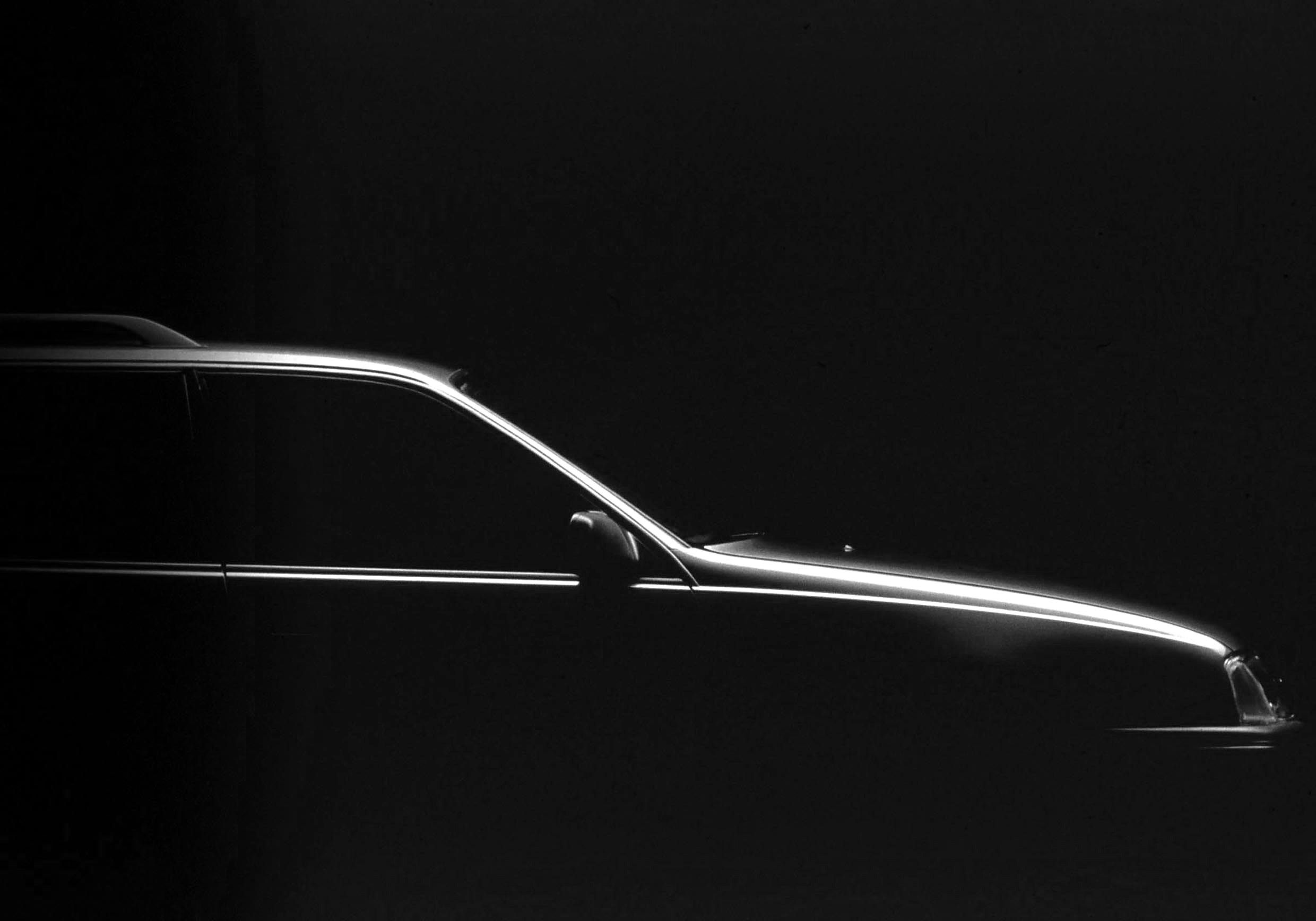
VAUXHALL CARLTON MK3 ESTATE FRONT SIDE VIEW RH
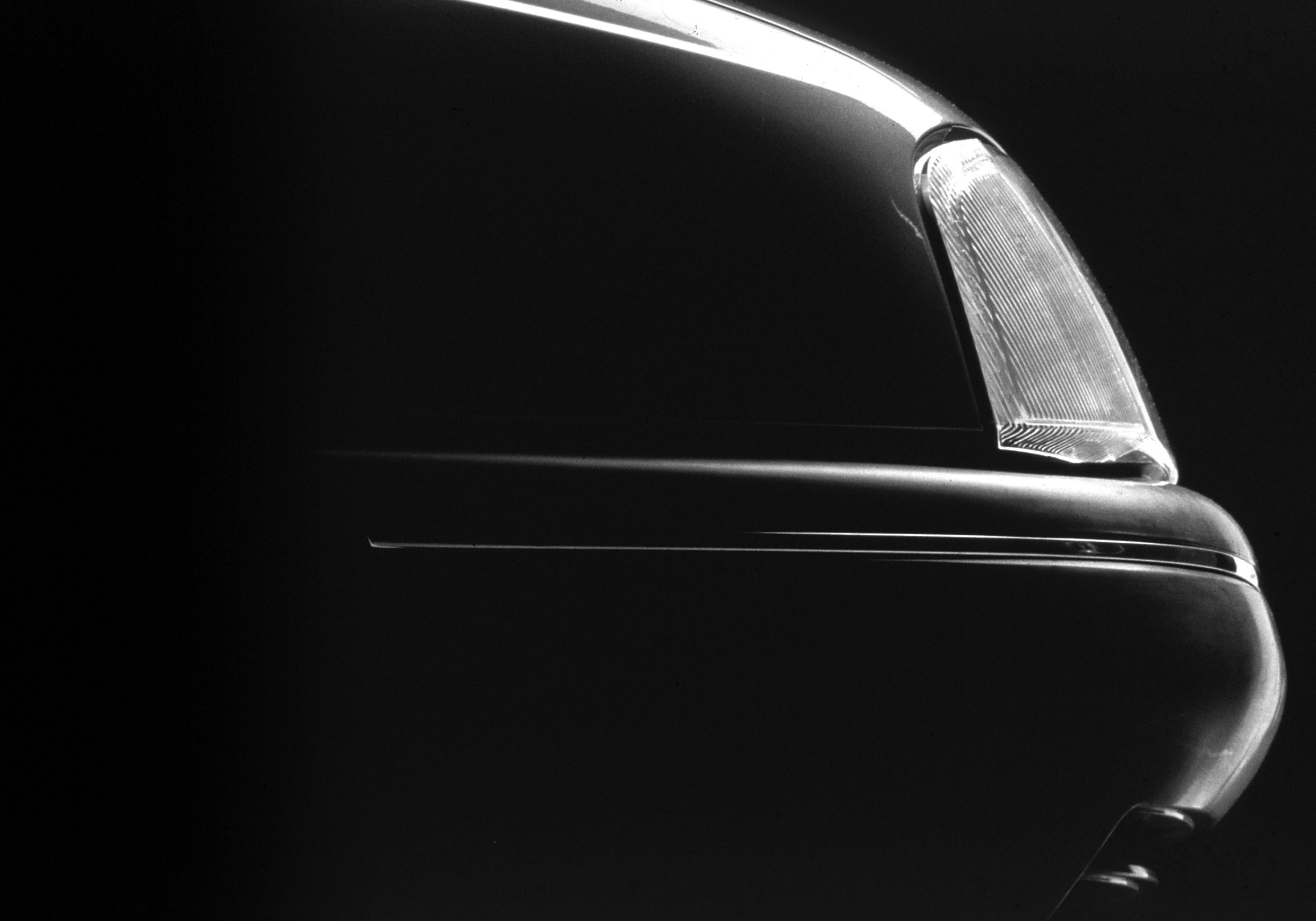
VAUXHALL CARLTON MK3 FRONT CLOSE UP RH
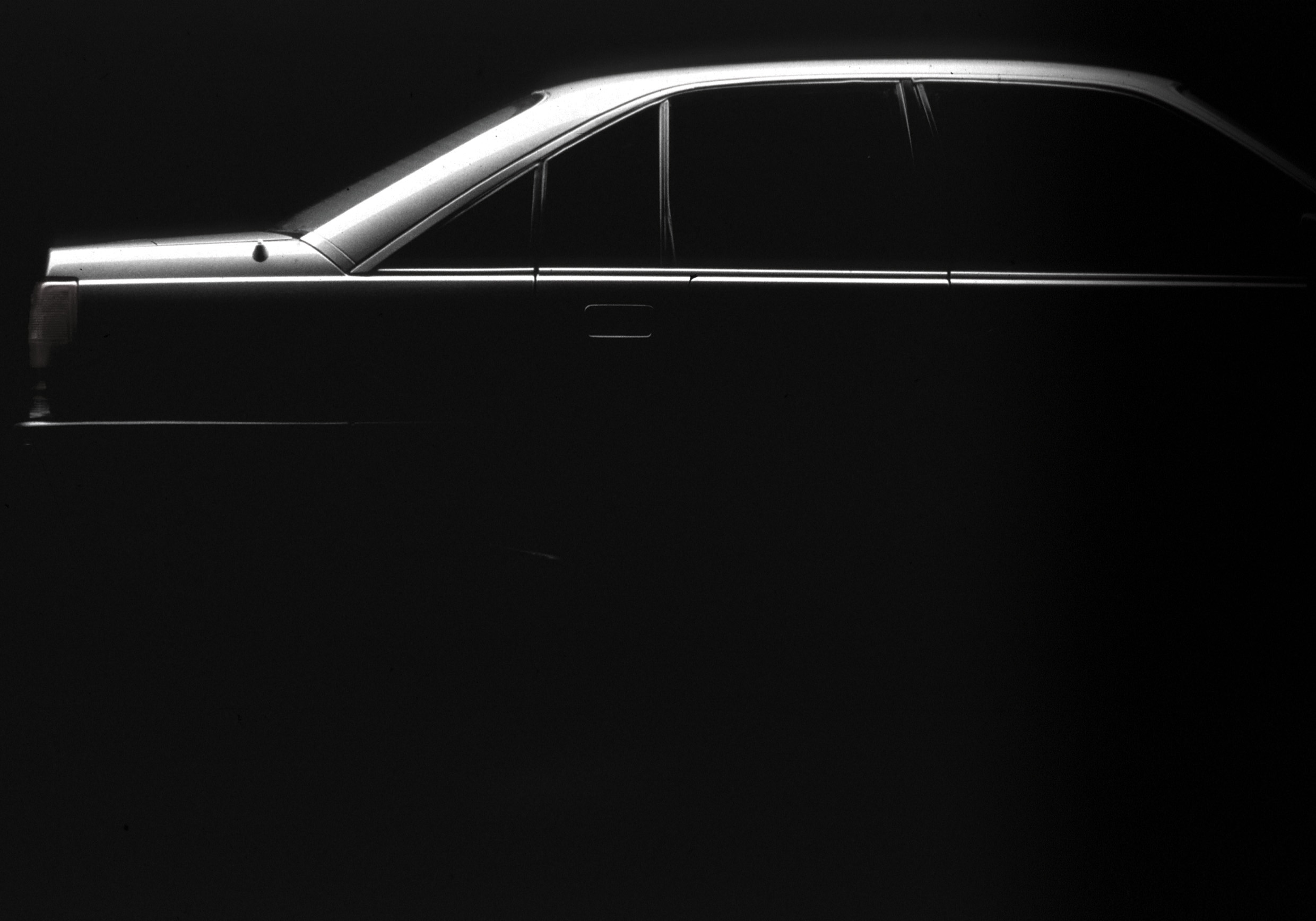
VAUXHALL CARLTON MK3 SALOON REAR SIDE VIEW RH
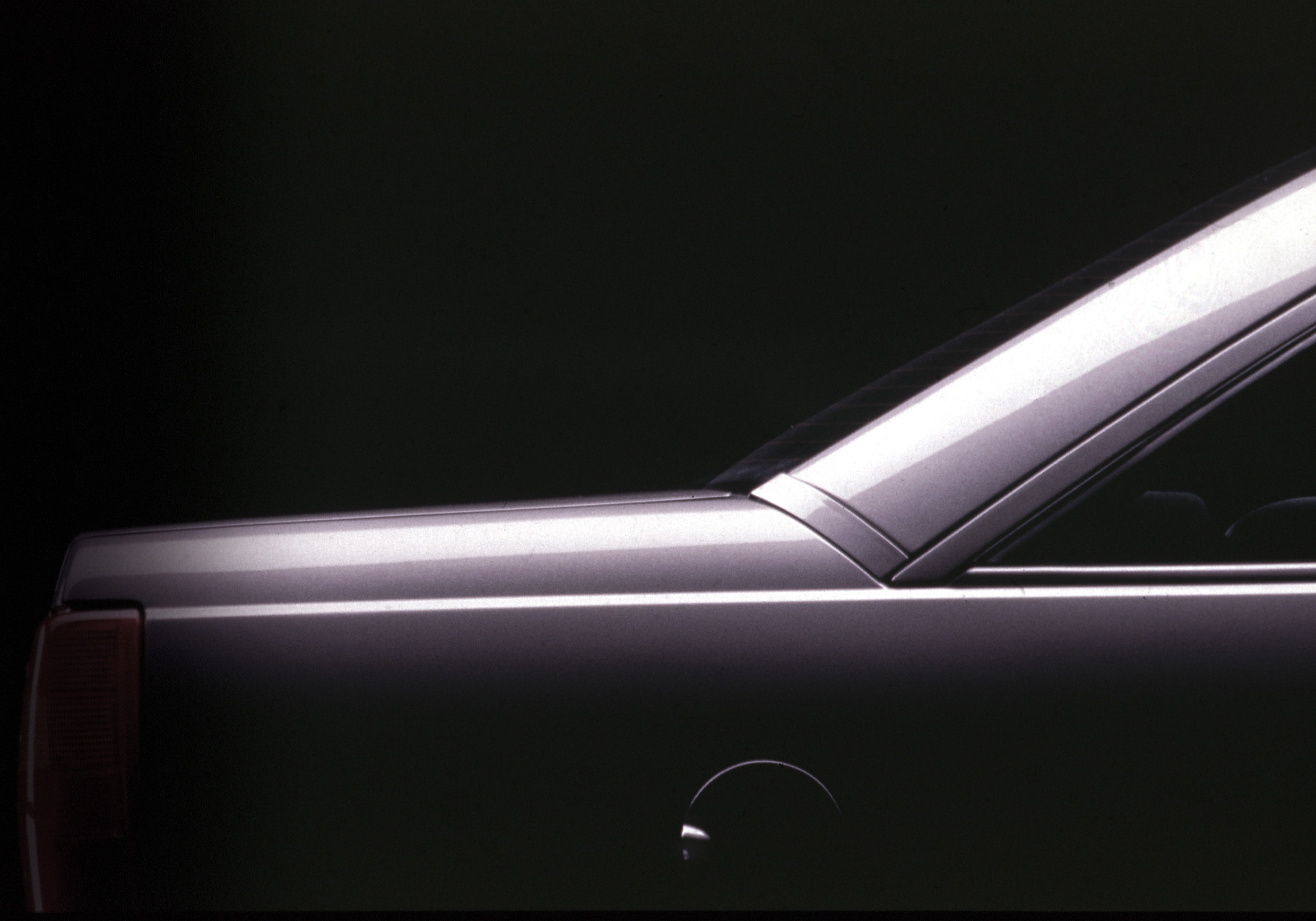
VAUXHALL CARLTON MK3 SALOON REAR SIDE VIEW RH
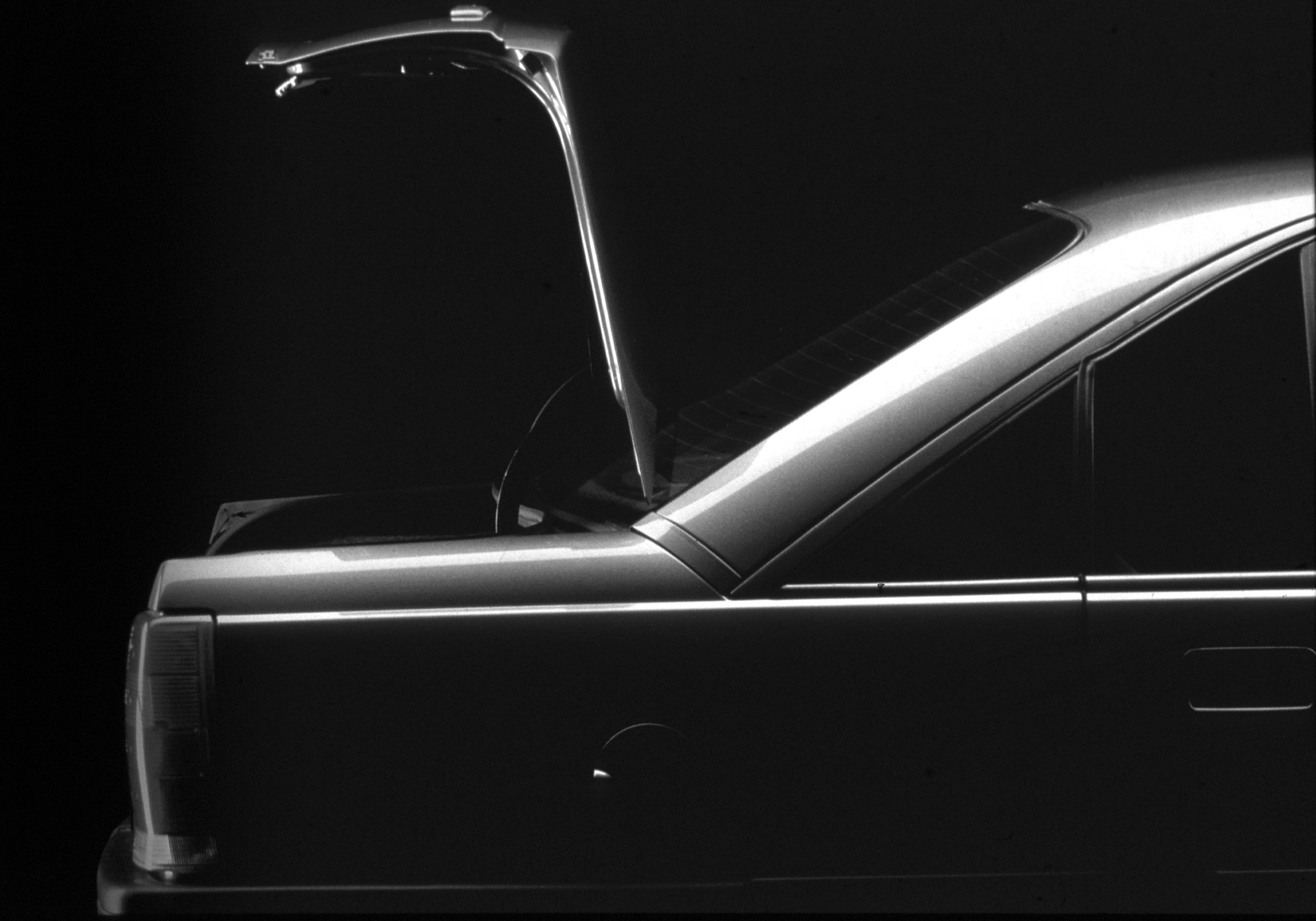
VAUXHALL CARLTON MK3 REAR SIDE VIEW RH BOOTLID OPEN
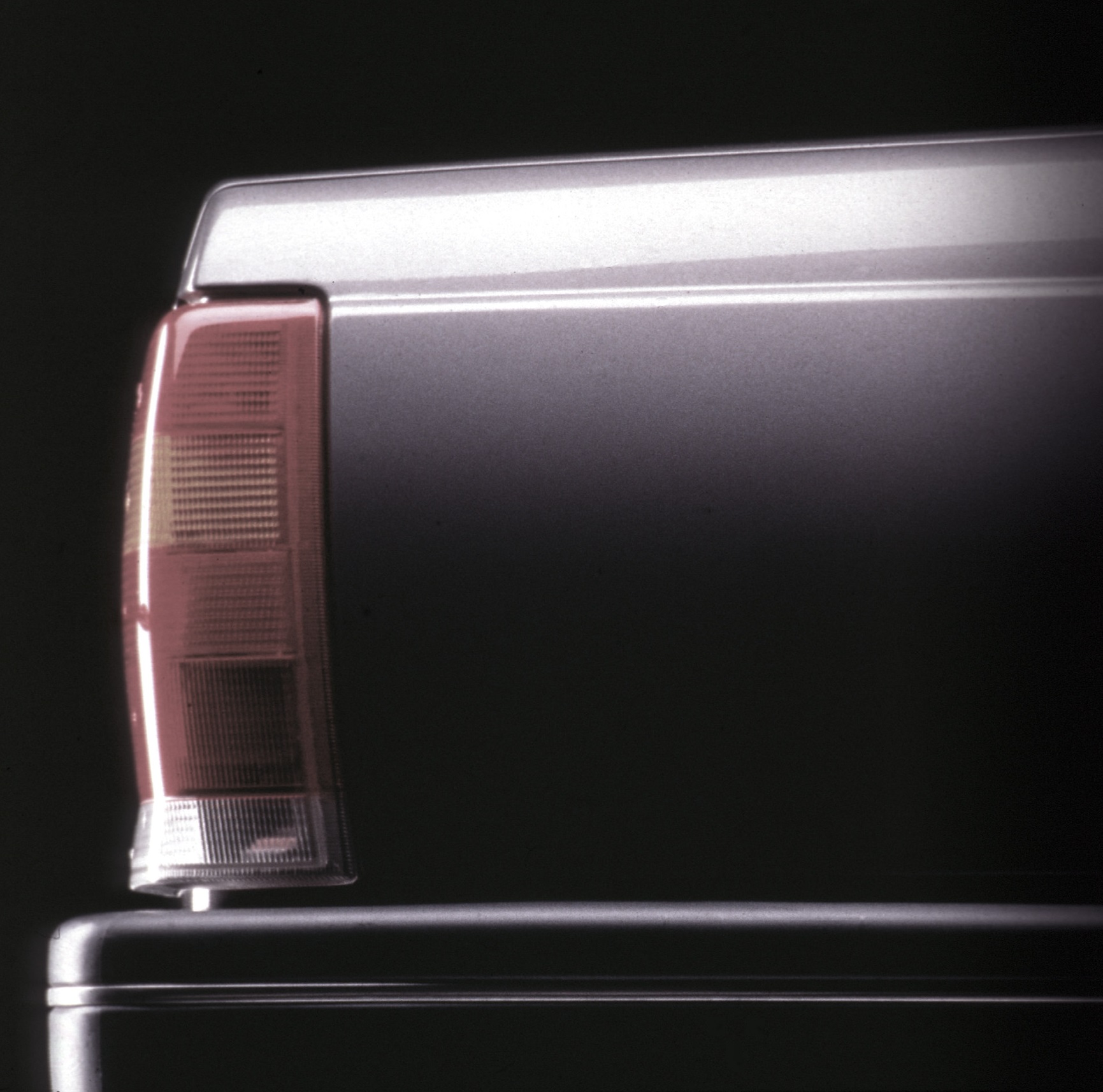
VAUXHALL CARLTON MK3 SALOON REAR VVIEW RH CLOSE UP
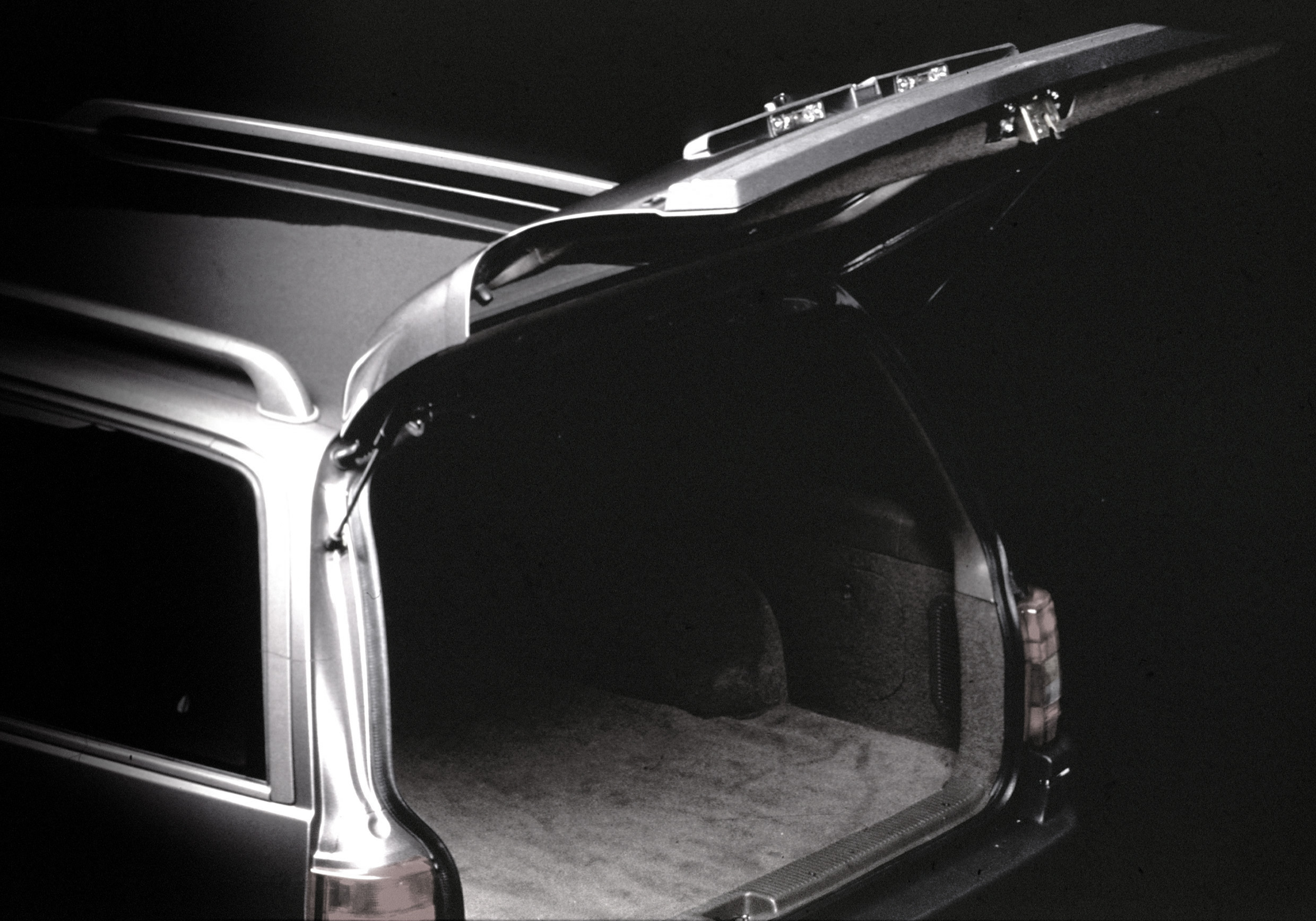
VAUXHALL CARLTON MK3 ESTATE REAR VIEW LH TAILGATE OPEN
ENGINEERING
DEVELOPMENT:
Although ABS was initially an extra cost option for all Carlton models, except the GSi on which it was standard, Vauxhall made much of the changes made to the chassis dynamics of the new Carlton and even gave it the name ACT – Advanced Chassis Technology. The previous live rear axle was ditched in favour of a heavily modified version of the Royale independent suspension using trailing arms. In reality it was just careful attention to this kind of set up’s common shortcomings: up to 8 degrees from full bump to rebound which limited grip and caused excessive tyre wear plus toe-in changes producing lift off over-steer. The trail angle is the angle the pivot axis makes with the cars lateral axis, typically this ranges from 14 to 26 degrees on different cars, the ACT on the Carlton MK3 reduced this to 10. In addition, the axis of the trailing arms’ pivot was set at 1.35 degrees to the horizontal. With this set up it reduced the rear roll centre and new, stiffer, Miniblock springs with an anti-roll bar countered the effect. The front MacPherson struts were similar but the front wishbone bush was mounted vertically, the rear horizontally. The result was that when braking on a surface with uneven grip the compliance in the rear bush would allow a small change in steering angle due to the influence of the moment generated by the negative scrub radius. ACT was a mixed success, as an alternative to ABS it was a non-starter, but even as a chassis improvement it had one major flaw – it was fine when new but after 20,000 miles the bushes would have worn enough to make the system completely ineffective.
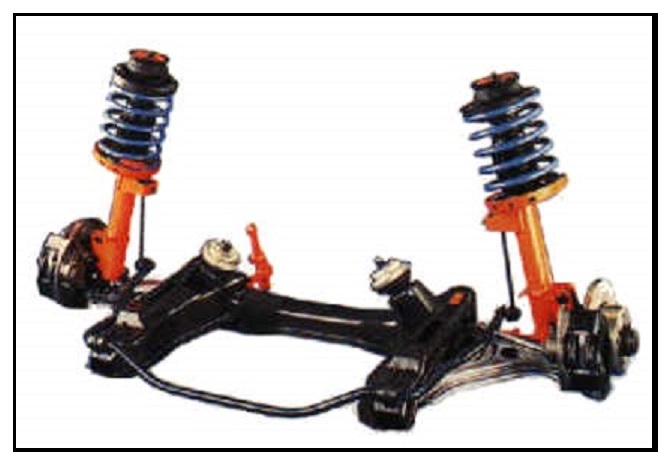
THE CARLTON MK3 MACPHERSON FRONT SUSPENSION LAYOUT
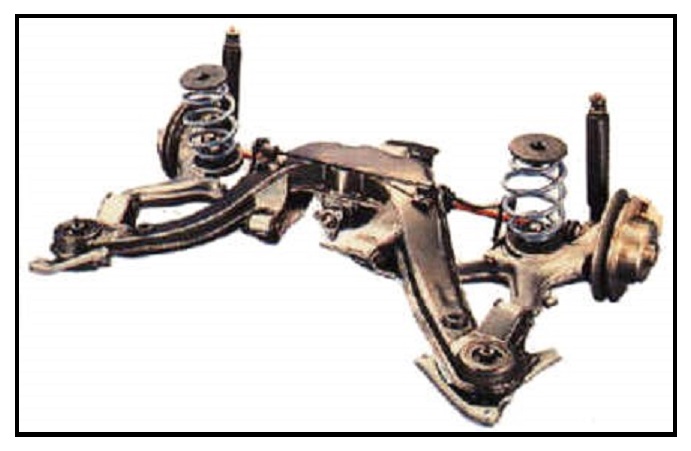
THE CARTON MK3 TRAILING ARM INDEPENDENT REAR SUSPENSION
LAYOUT
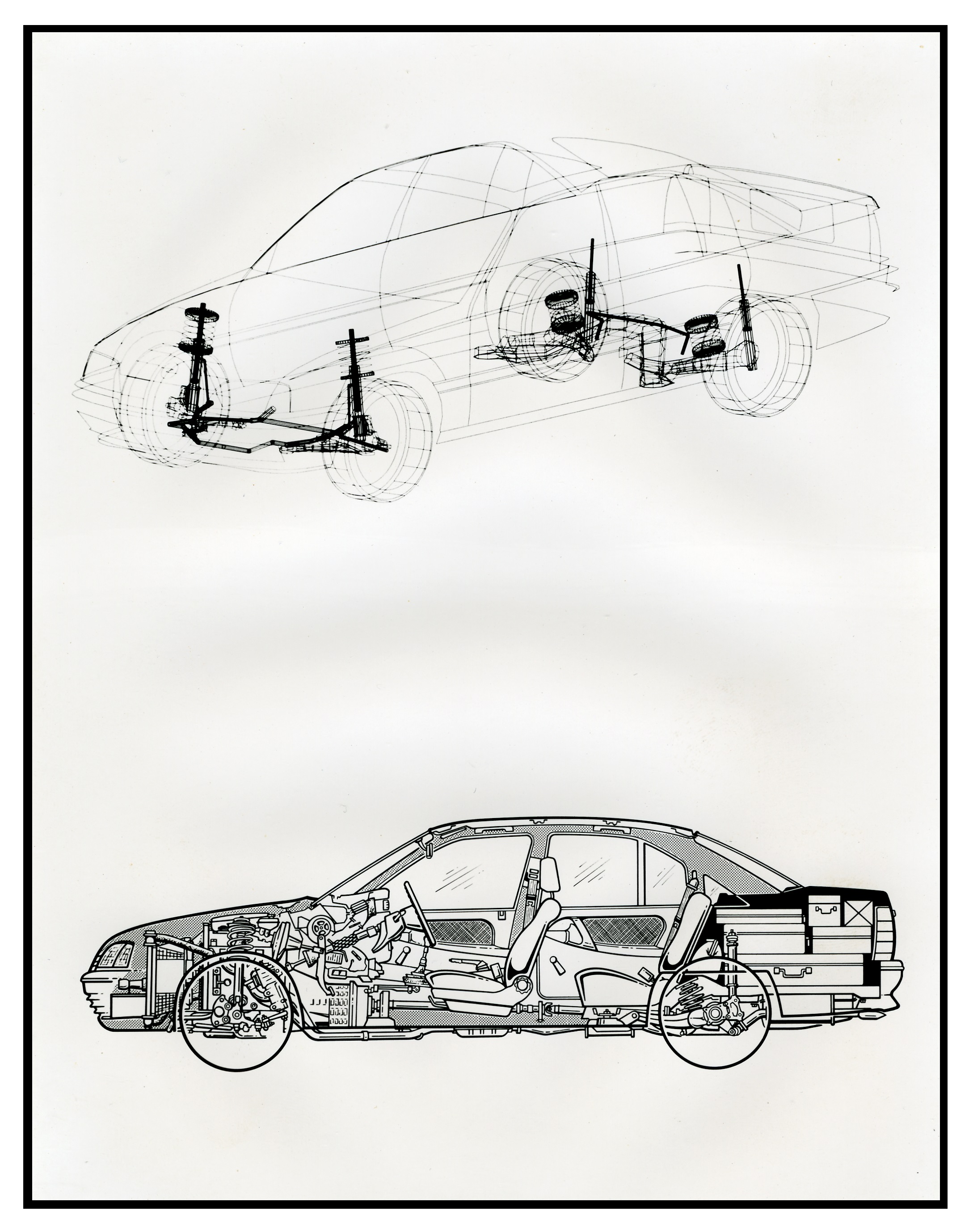
VAUXHALL CARLTON MK3 SUSPENSION LINE DRAWING & CUTAWAY
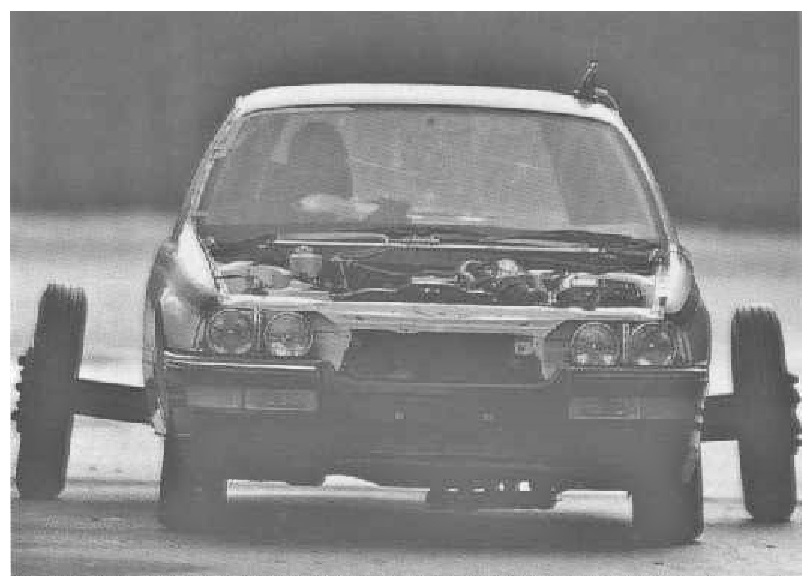
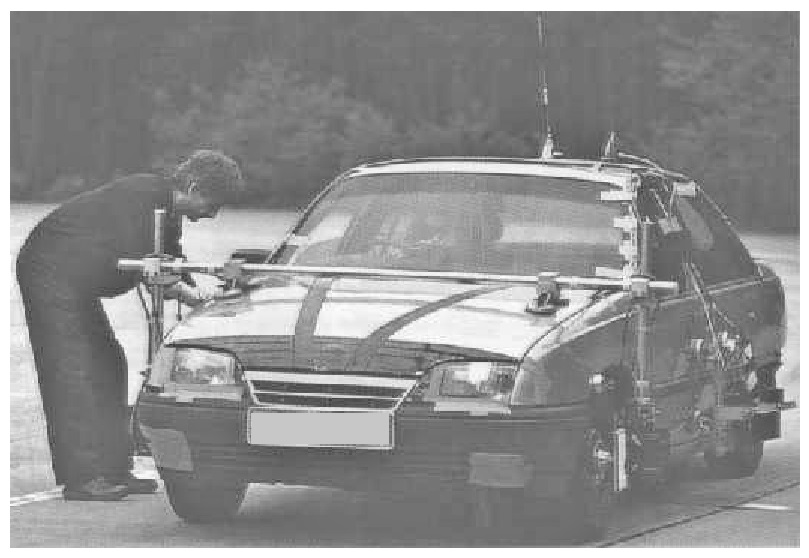
CARLTON MK3 PROTOTYPES UNDERGOING SUSPENSION
EVALUATION
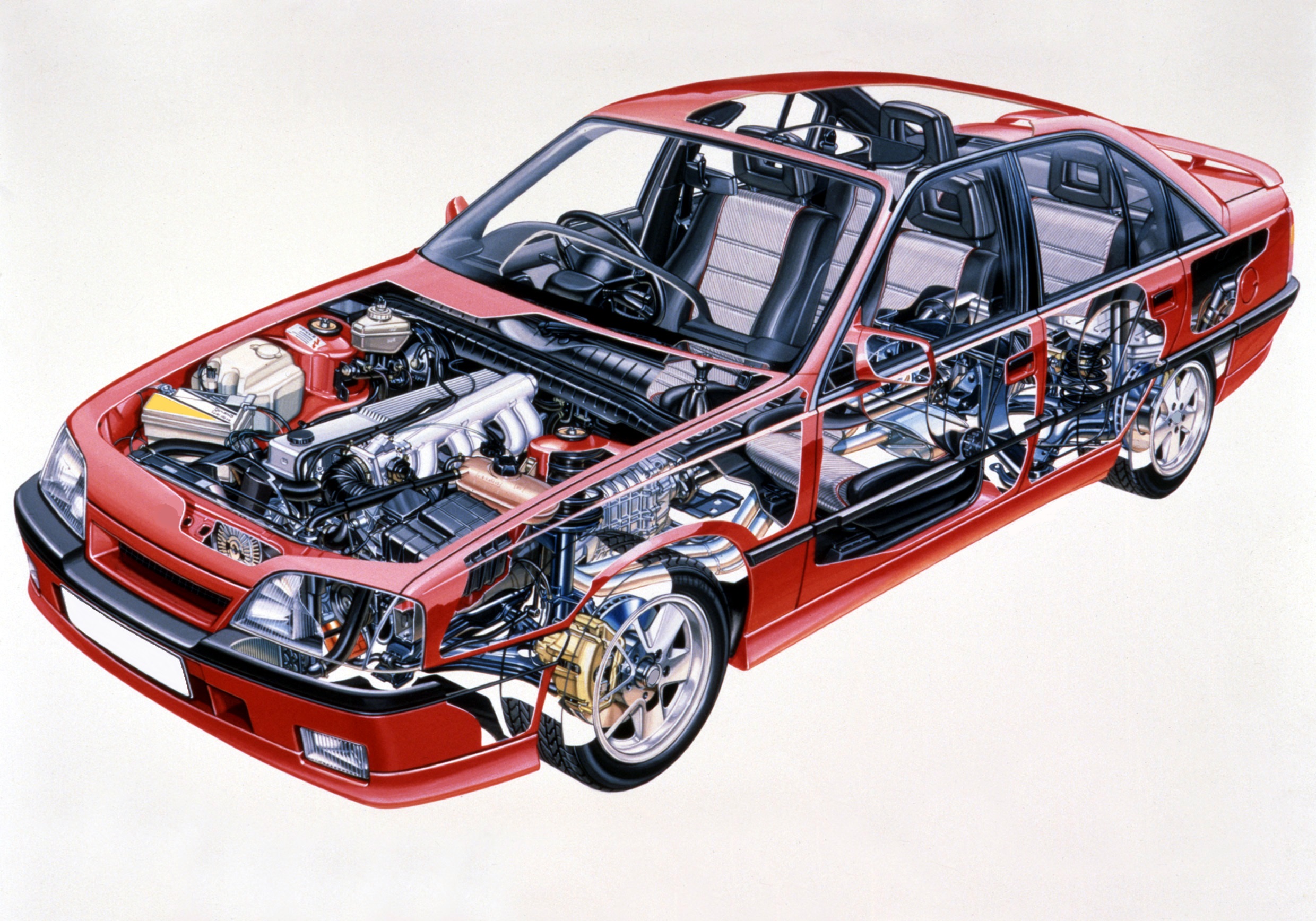
VAUXHALL CARLTON MK3 3000 GSi CUTAWAY
For Vauxhall Dealers the newly developed GM electronic diagnostic test system called “Tech 1” could be used on the Carlton MK3, with the 2.0i engine which was the first Vauxhall to be fitted with an engine management system, saving fault analysis time. A much improved dashboard mounted trip computer was an option at launch.
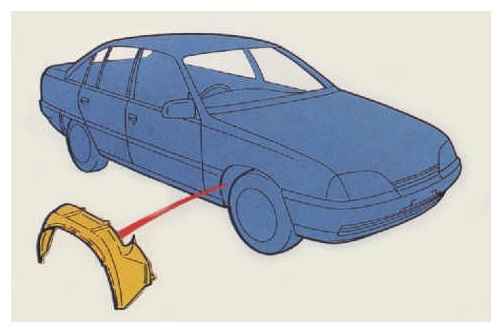
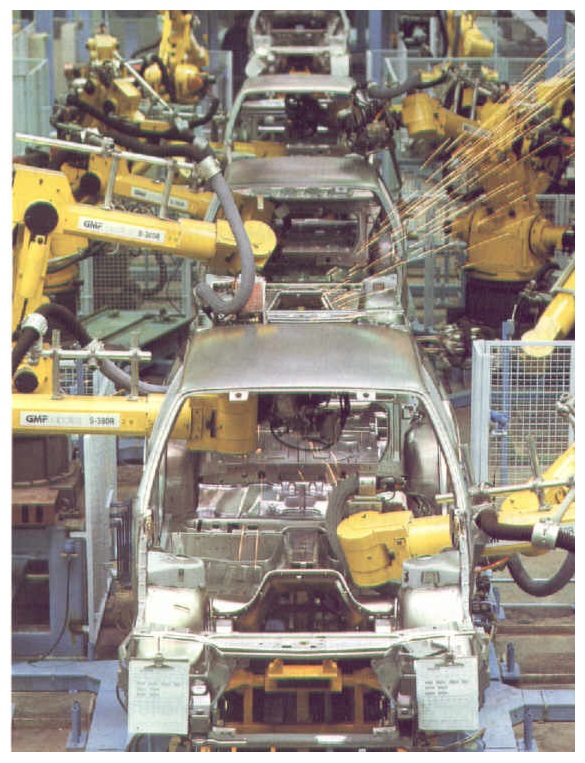
VAUXHALL CARLTON MK3 FRONT WHEEL ARCH LINER
THE RENEWED PRODUCTION FACILITIES AT RUSSELSHEIM
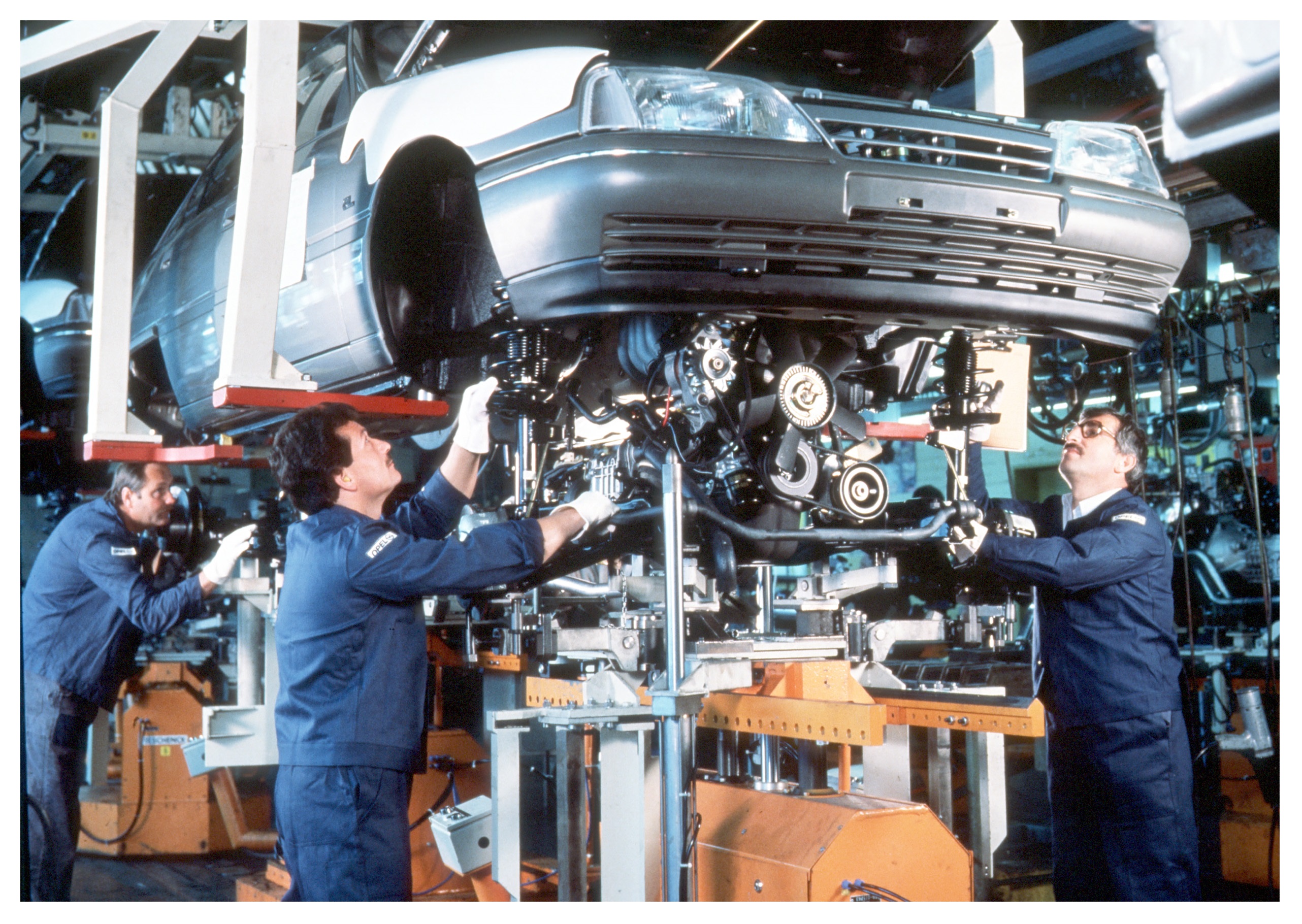
THE VAUXHALL CARLTON MK3 ON THE PRODUCTION
LINE
The Carlton MK3 was built on a completely renewed and refitted production line at Russelsheim which made it one of the most modern at the time, at the same time corrosion protection was improved – this was as a result of corrosion affecting the front suspension turrets, a further measure was plastic wheel arch liners to prevent water reaching too far up the inside wing. Also the plastic sill cladding served to keep stones from chipping the side sills and door bottom edges and therefore reduced corrosion.
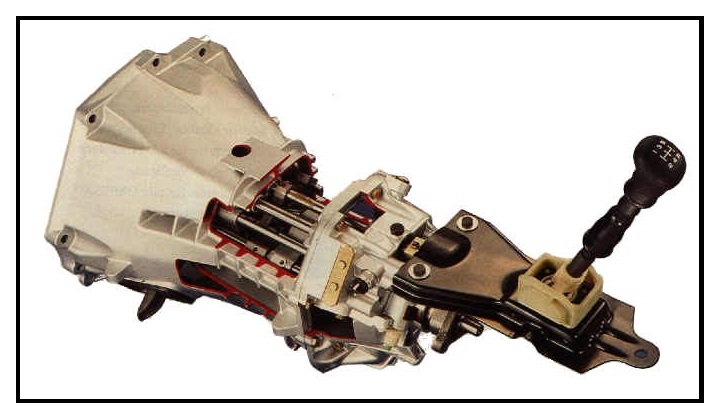
THE NEW GM R25 5 SPEED GEARBOX, THE UPRATED UNIT USED IN THE 3000 GSi WAS THE R28
The front ventilated disc brakes used uprated callipers with the piston diameter increased from 52mm to 54mm and from 1989 a new floating calliper design was used. The rather notchy Getrag 5 speed transmission used in the Carlton MK2 was ditched in favour of an in house design – the GM R25 which was uprated for the GSi and called R28.
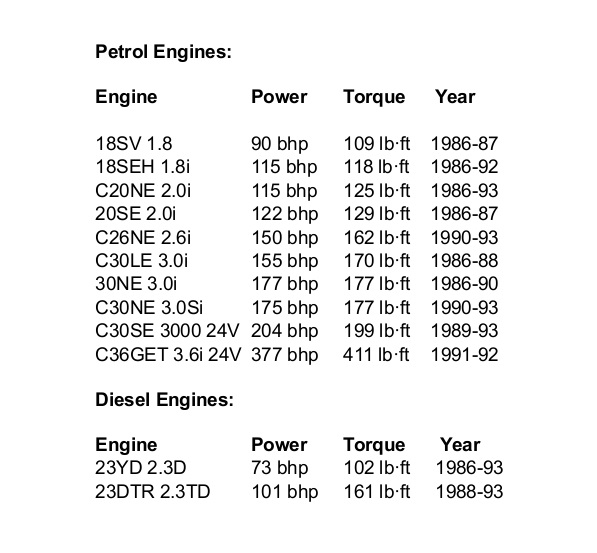
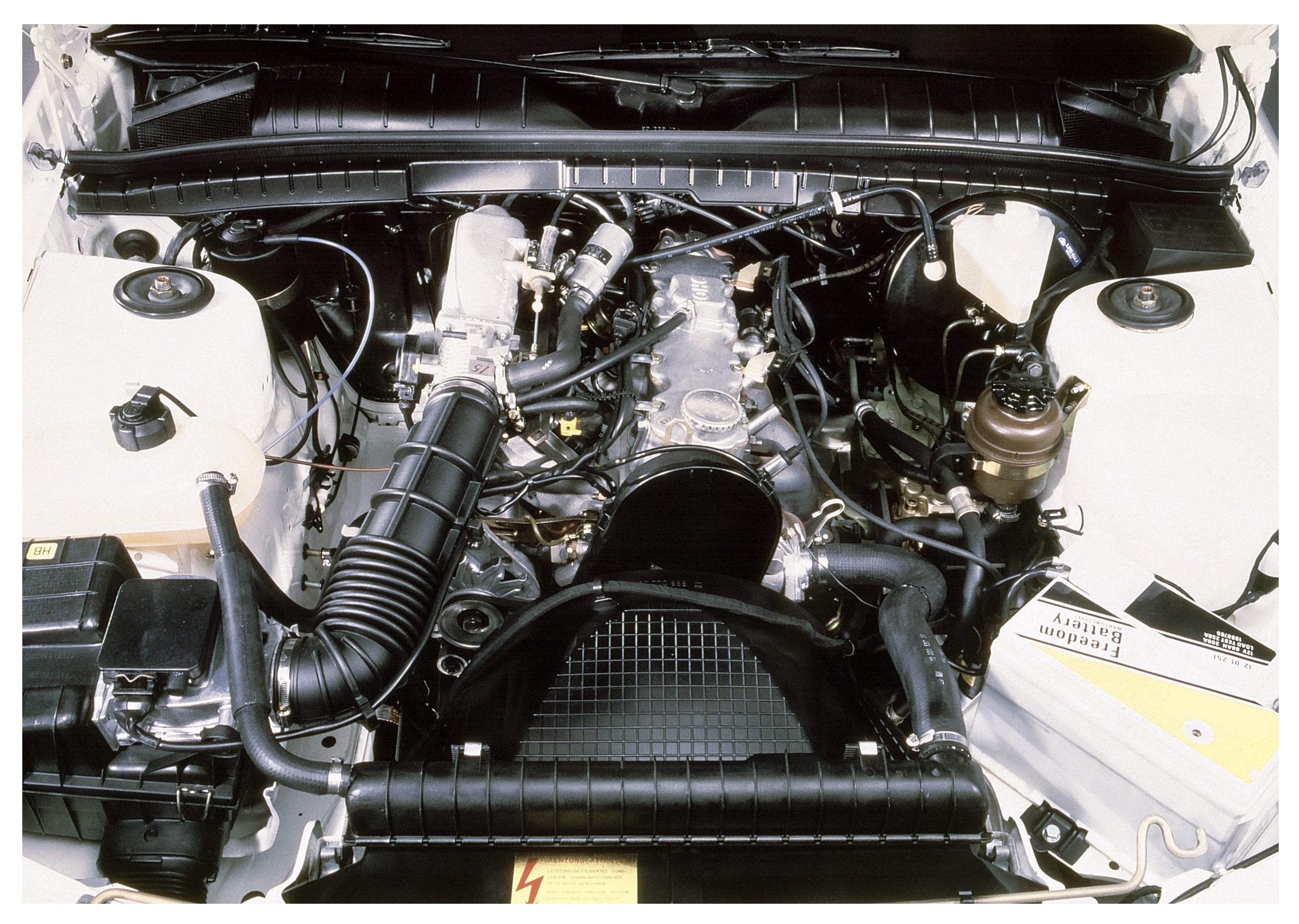
THE VAUXHALL CARLTON MK3 1.8i ENGINE
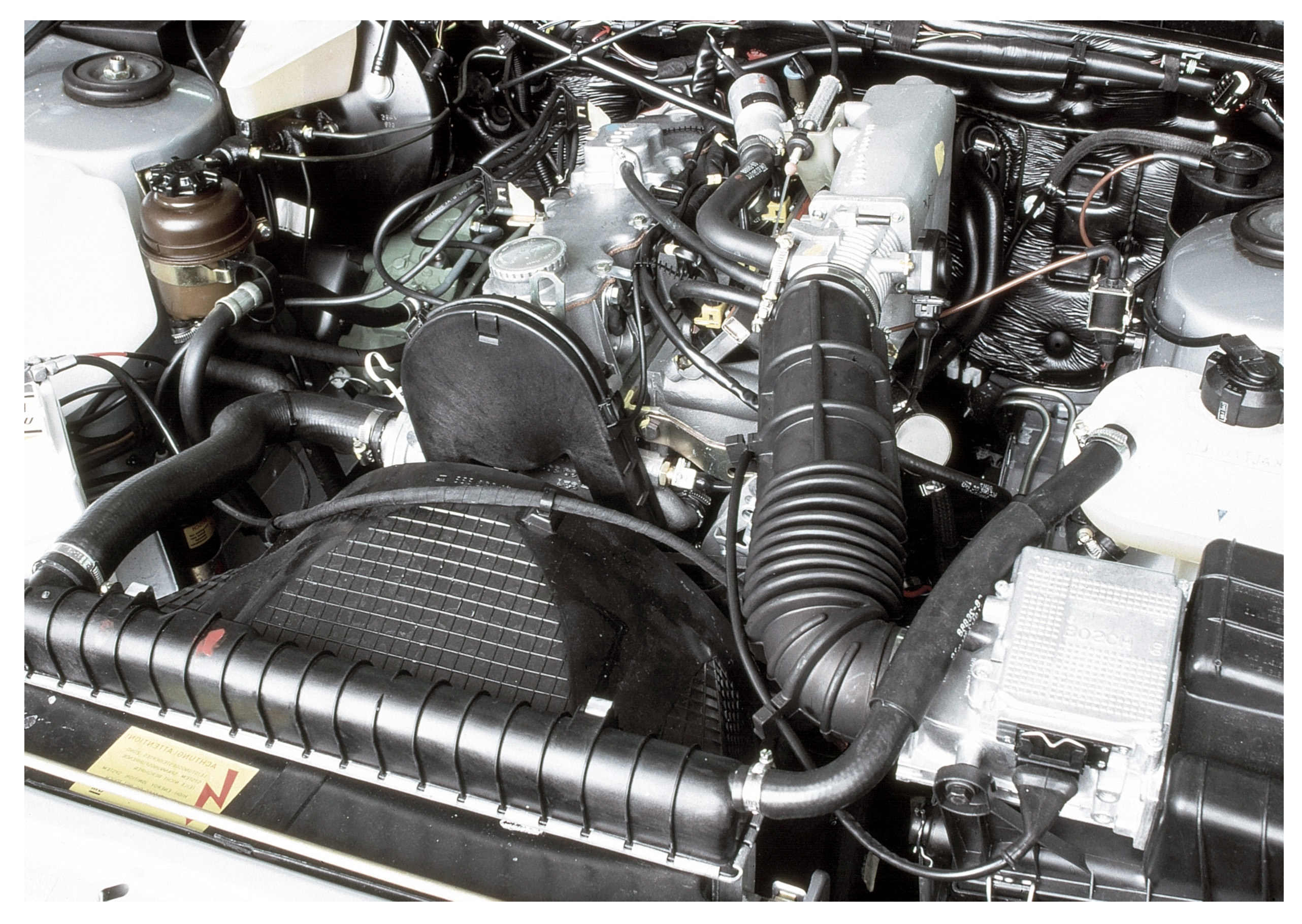
THE VAUXHALL CARLTON MK3 2.0i ENGINE
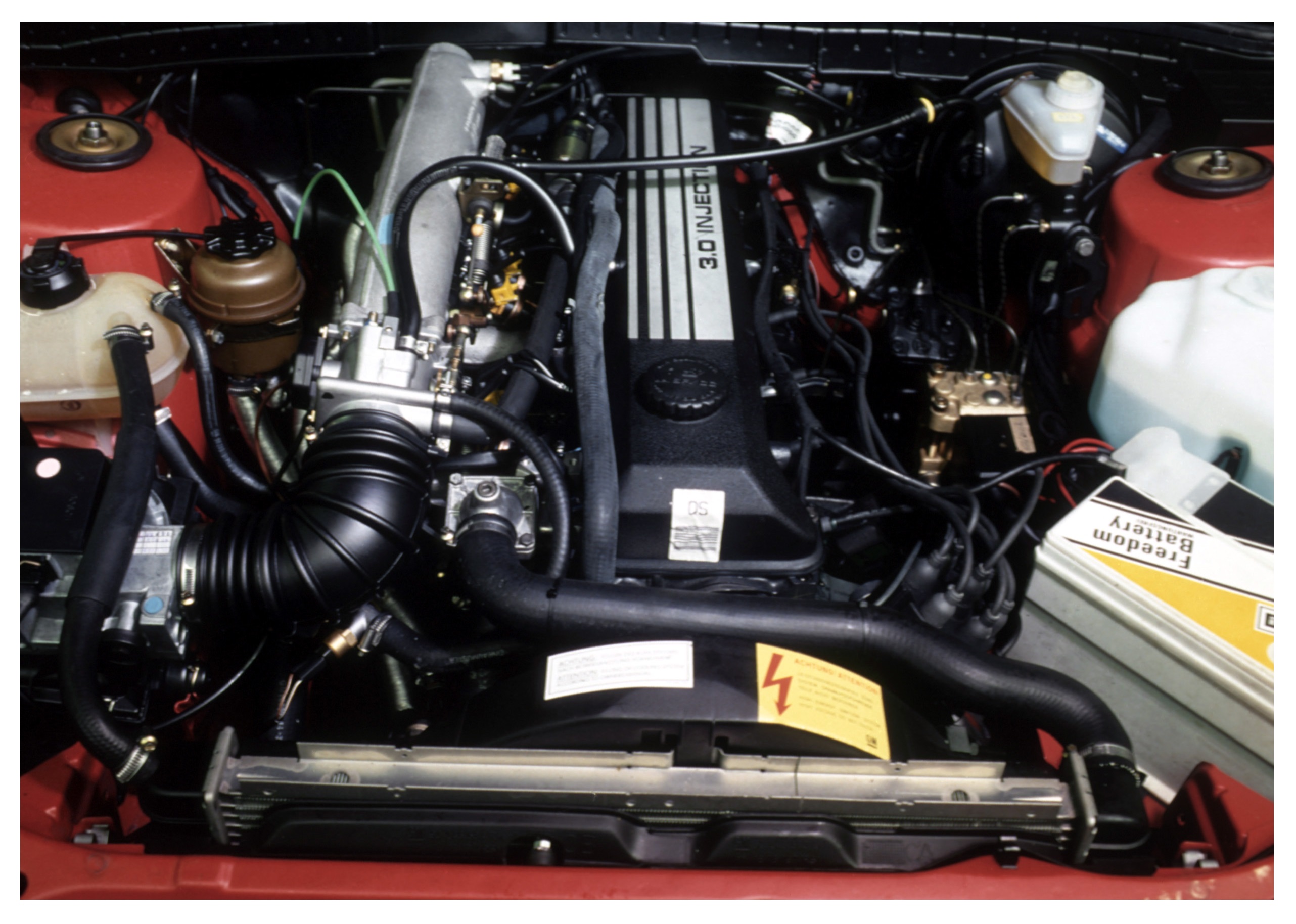
THE VAUXHALL CARLTON MK3 3.0i 12v ENGINE
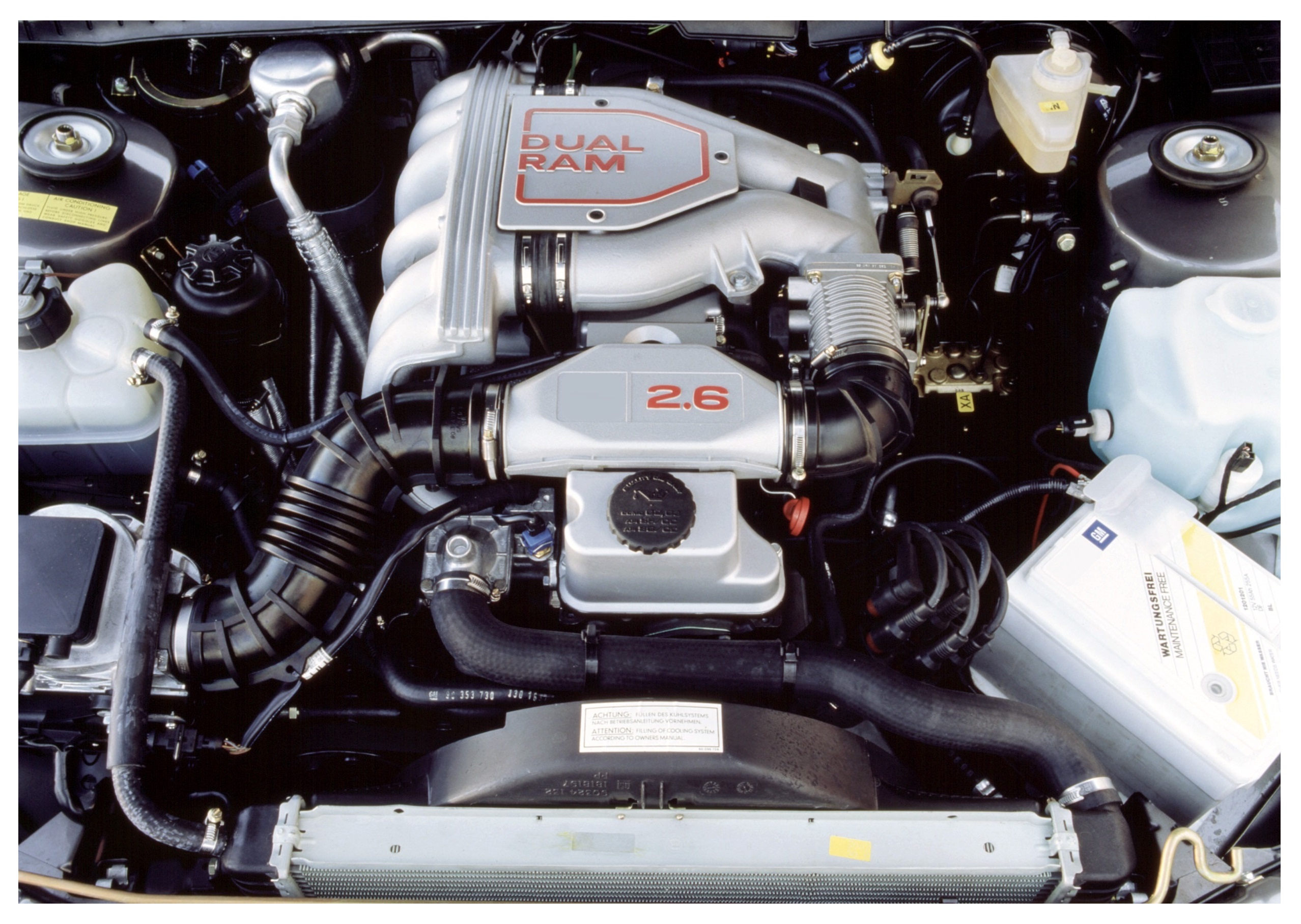
THE VAUXHALL CARLTON MK3 2.6i DUAL RAM ENGINE

THE VAUXHALL CARLTON MK3 3.0i 24v DUAL RAM ENGINE
PRESS PICTURES:
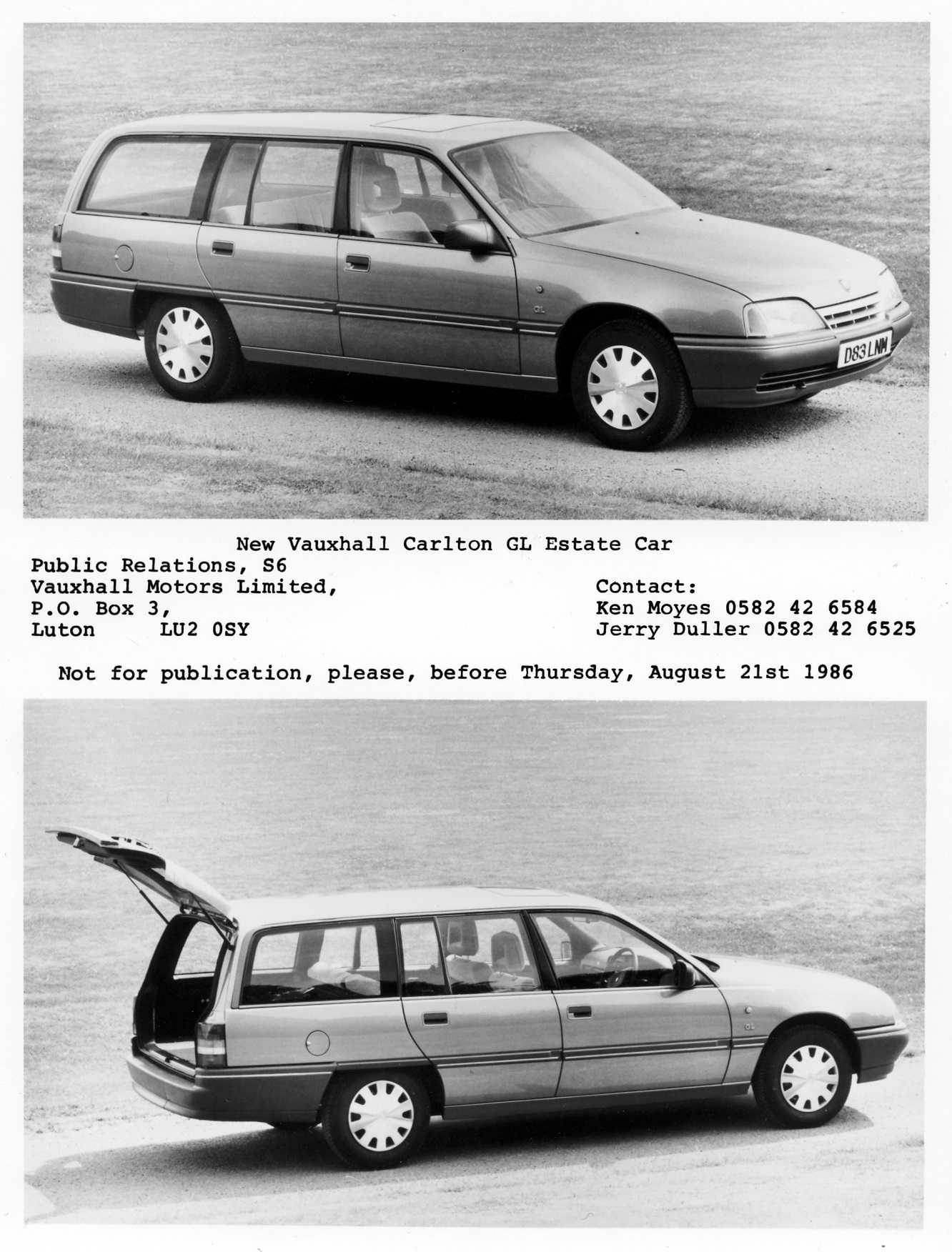
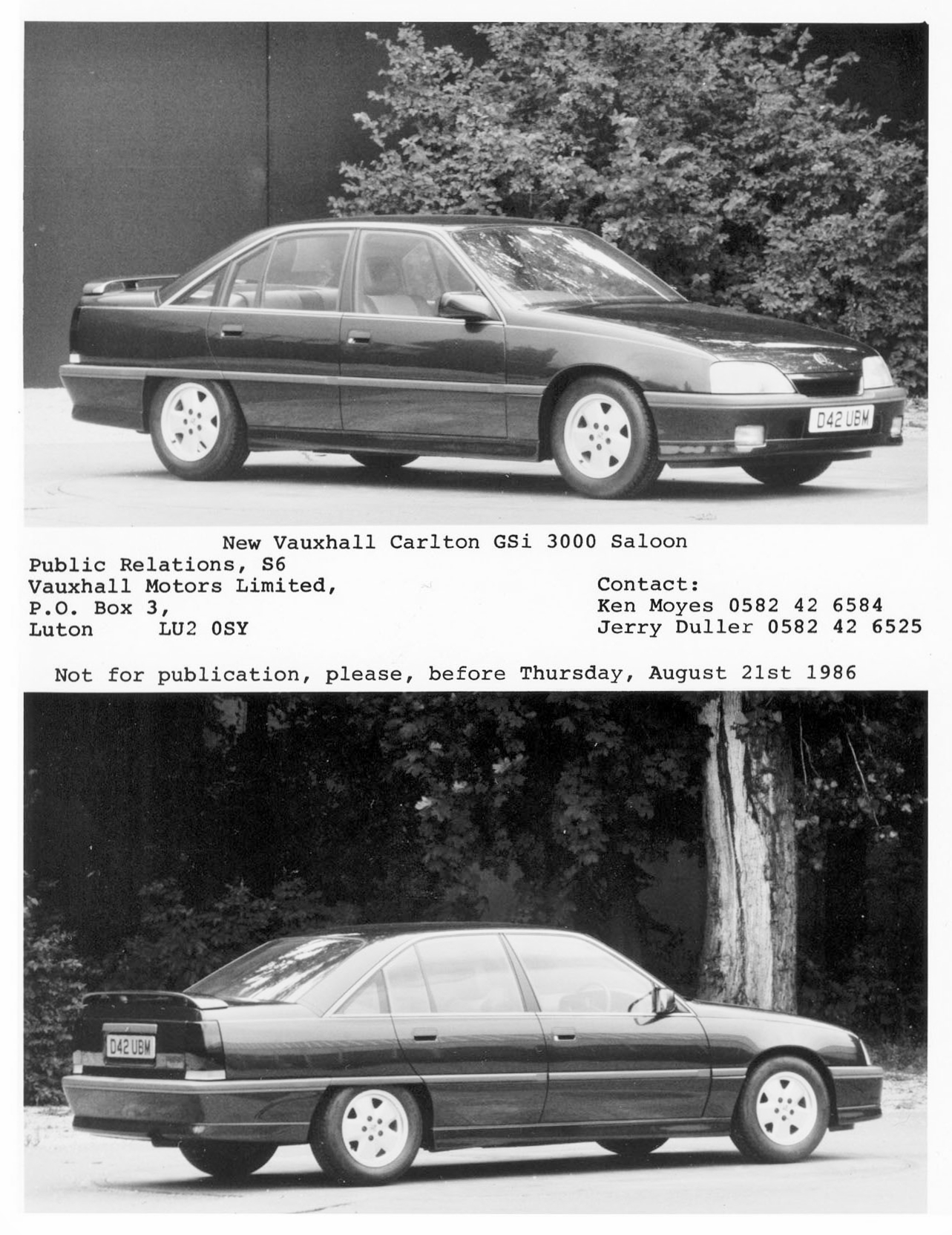
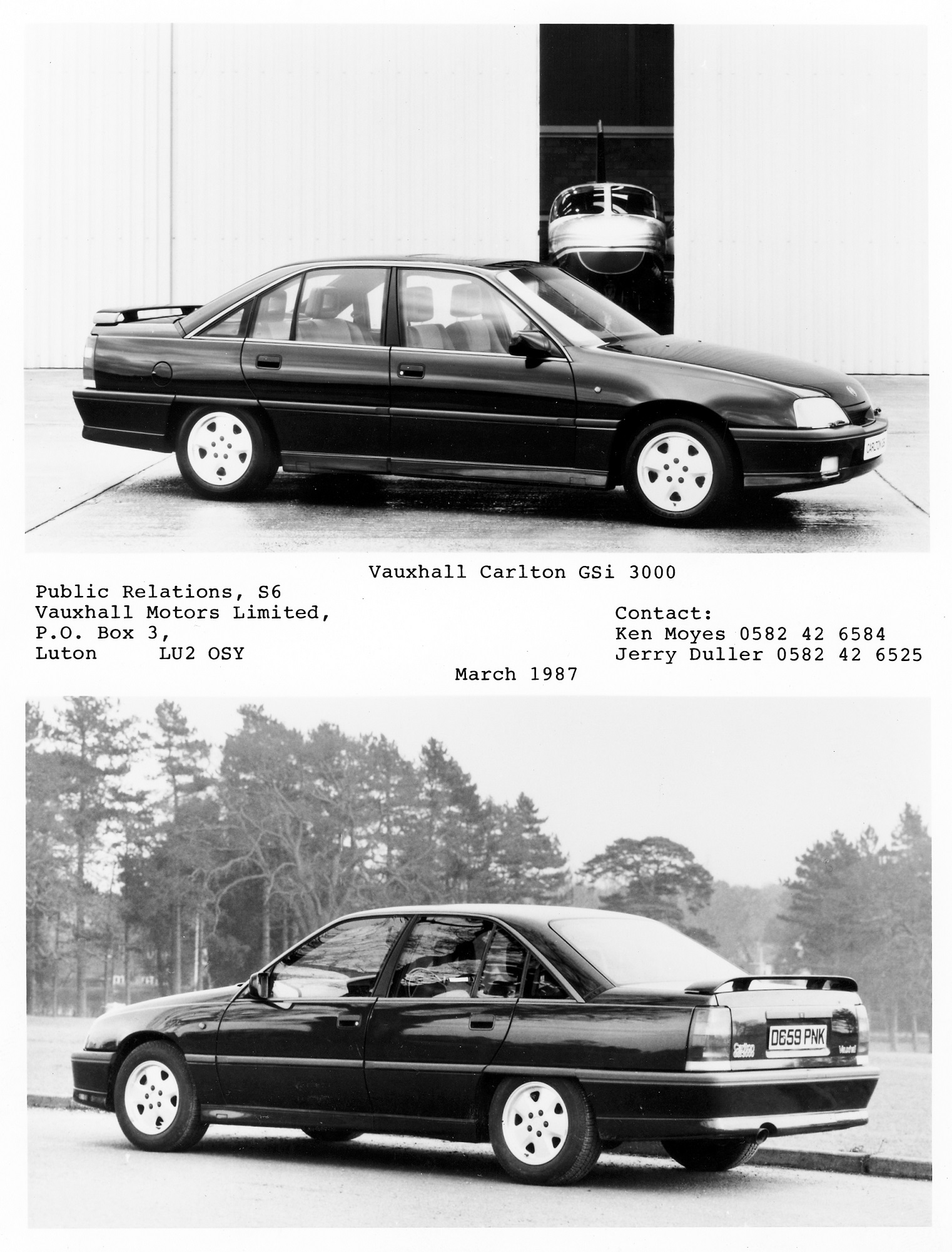
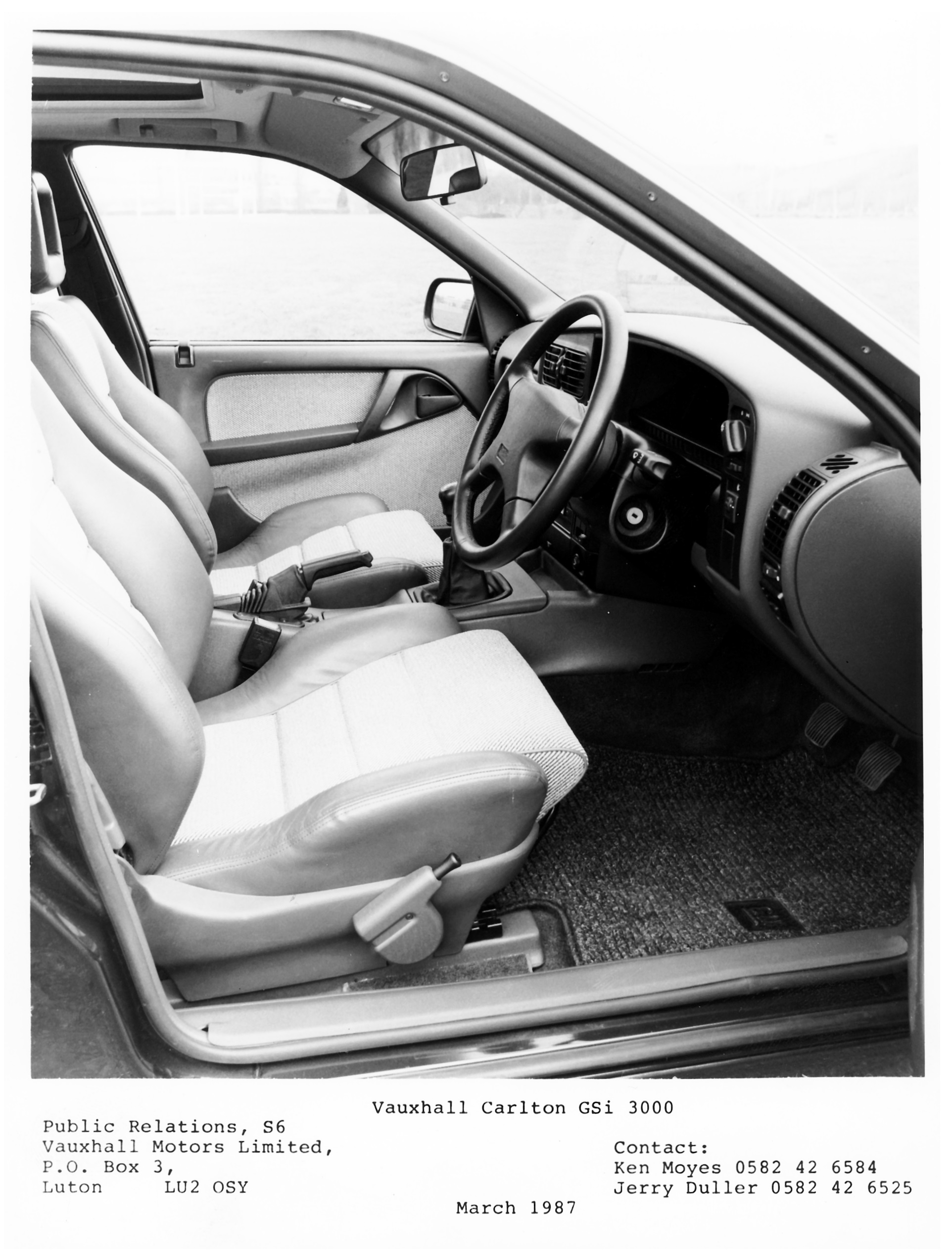
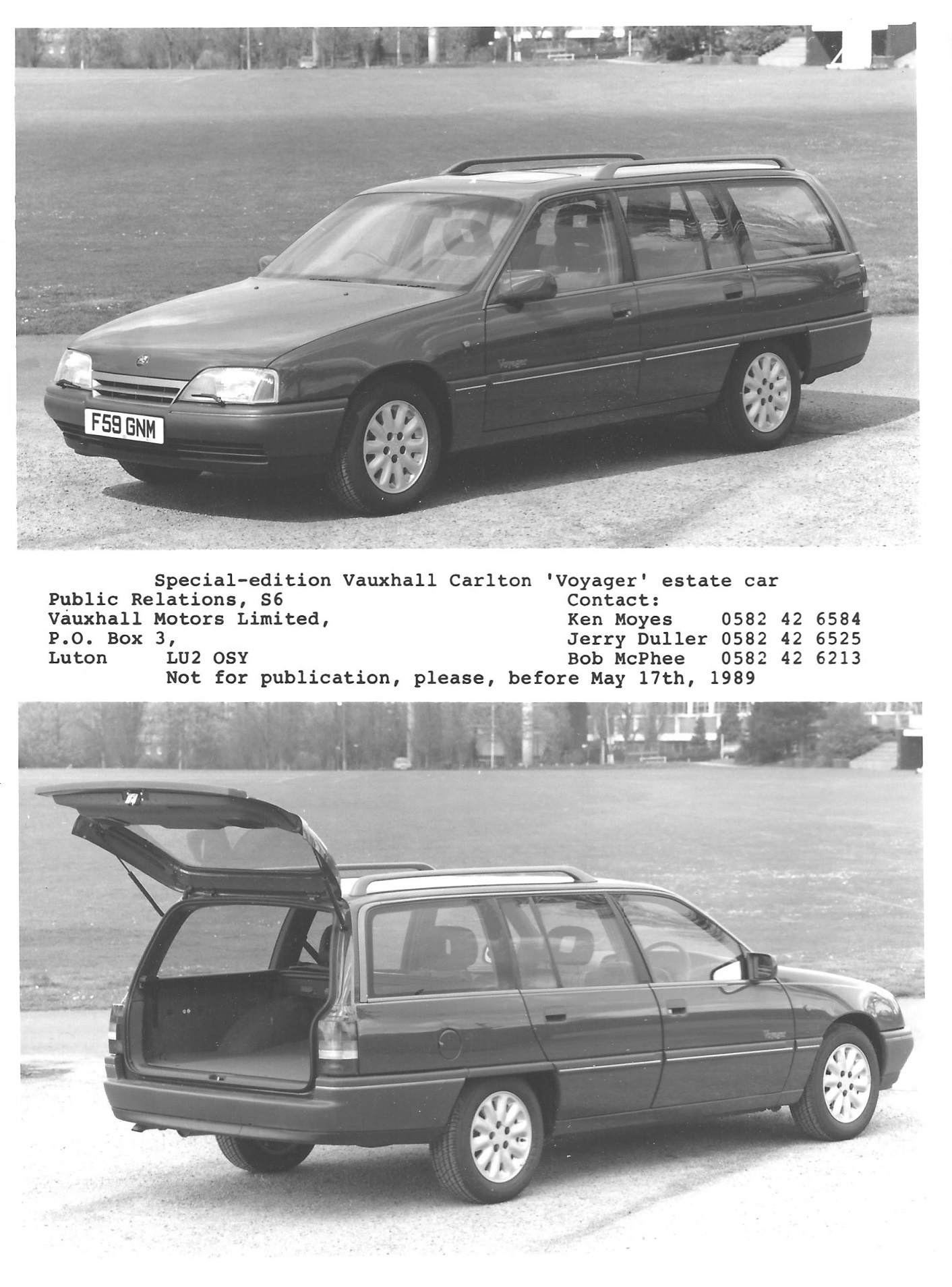
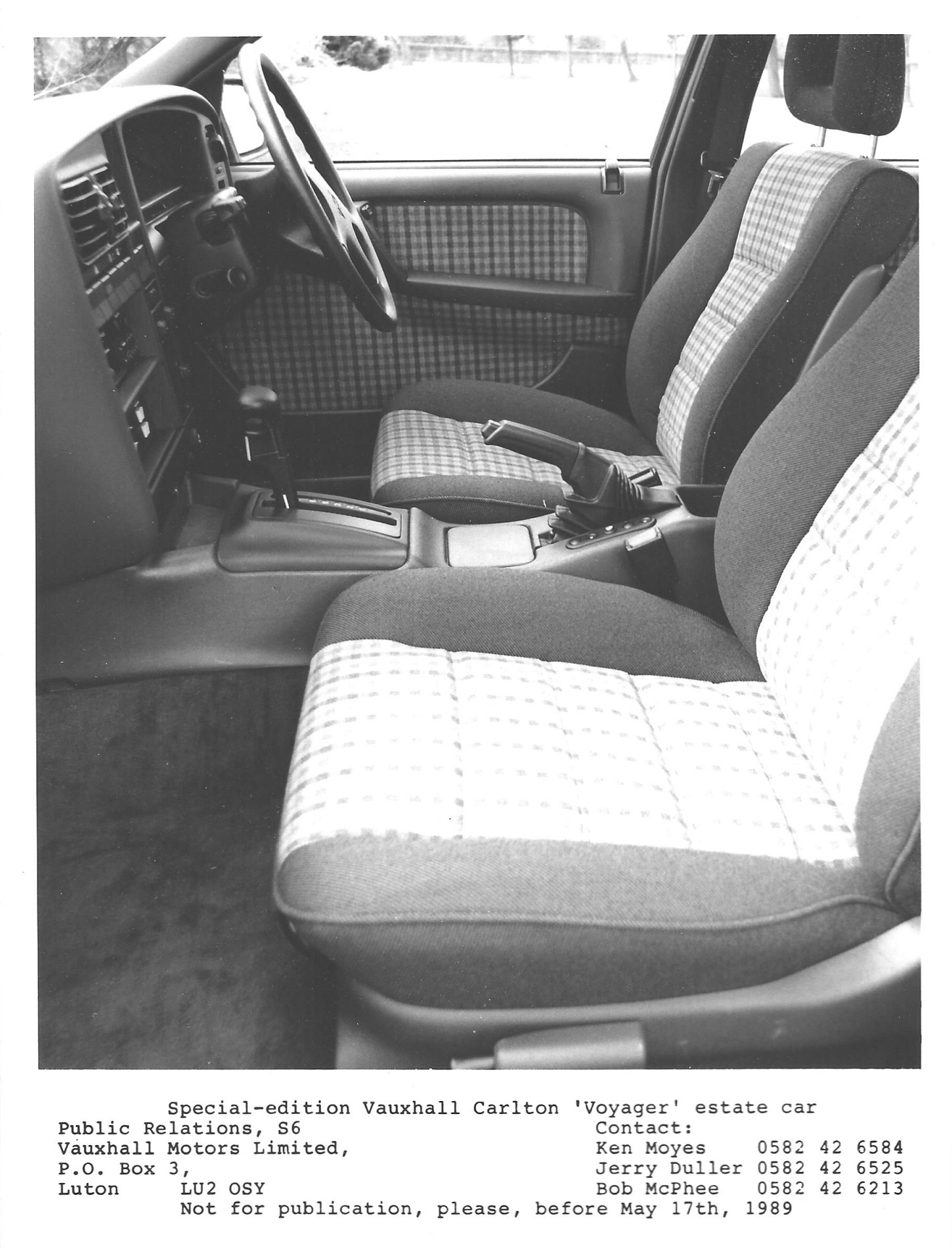
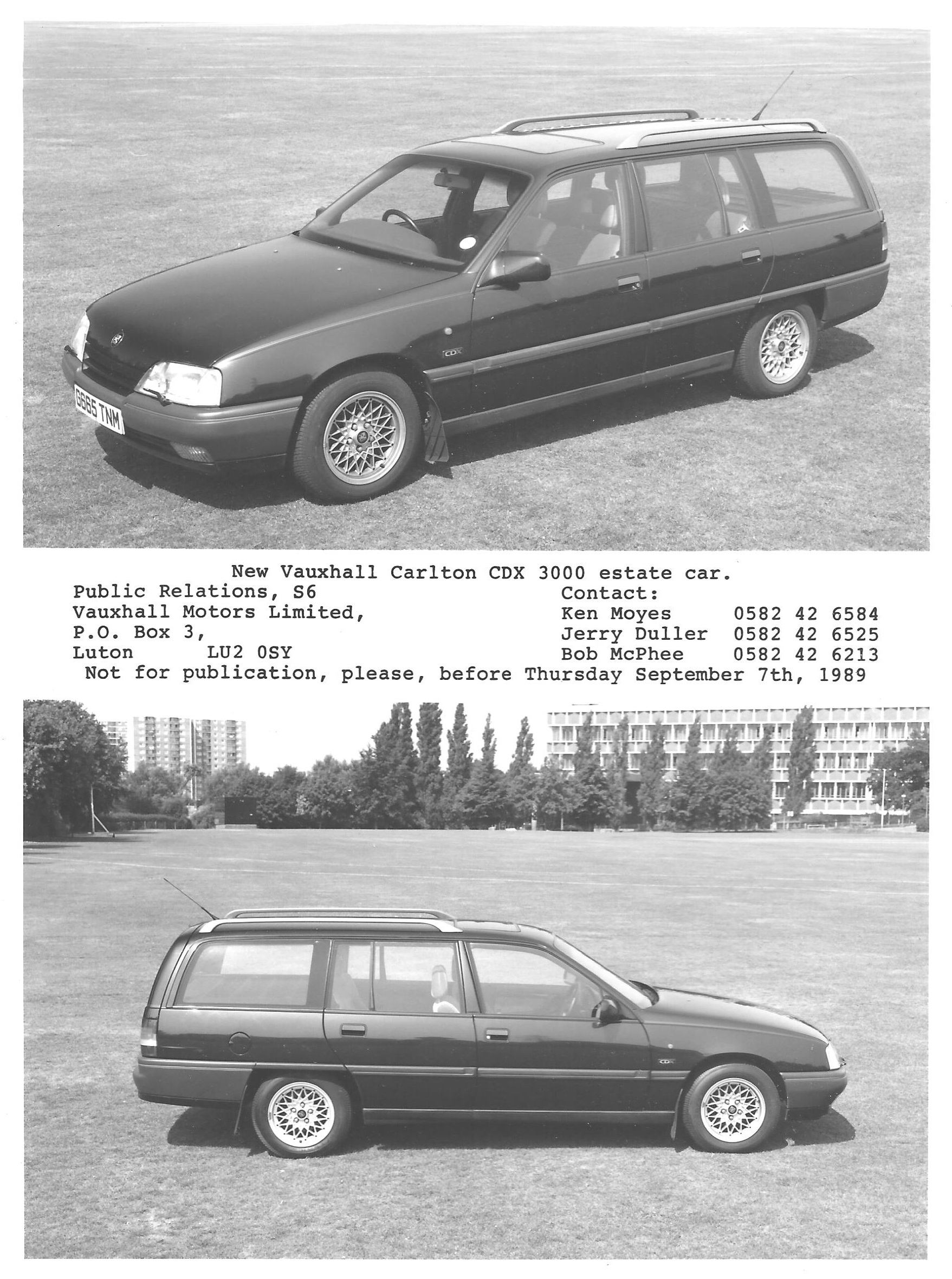
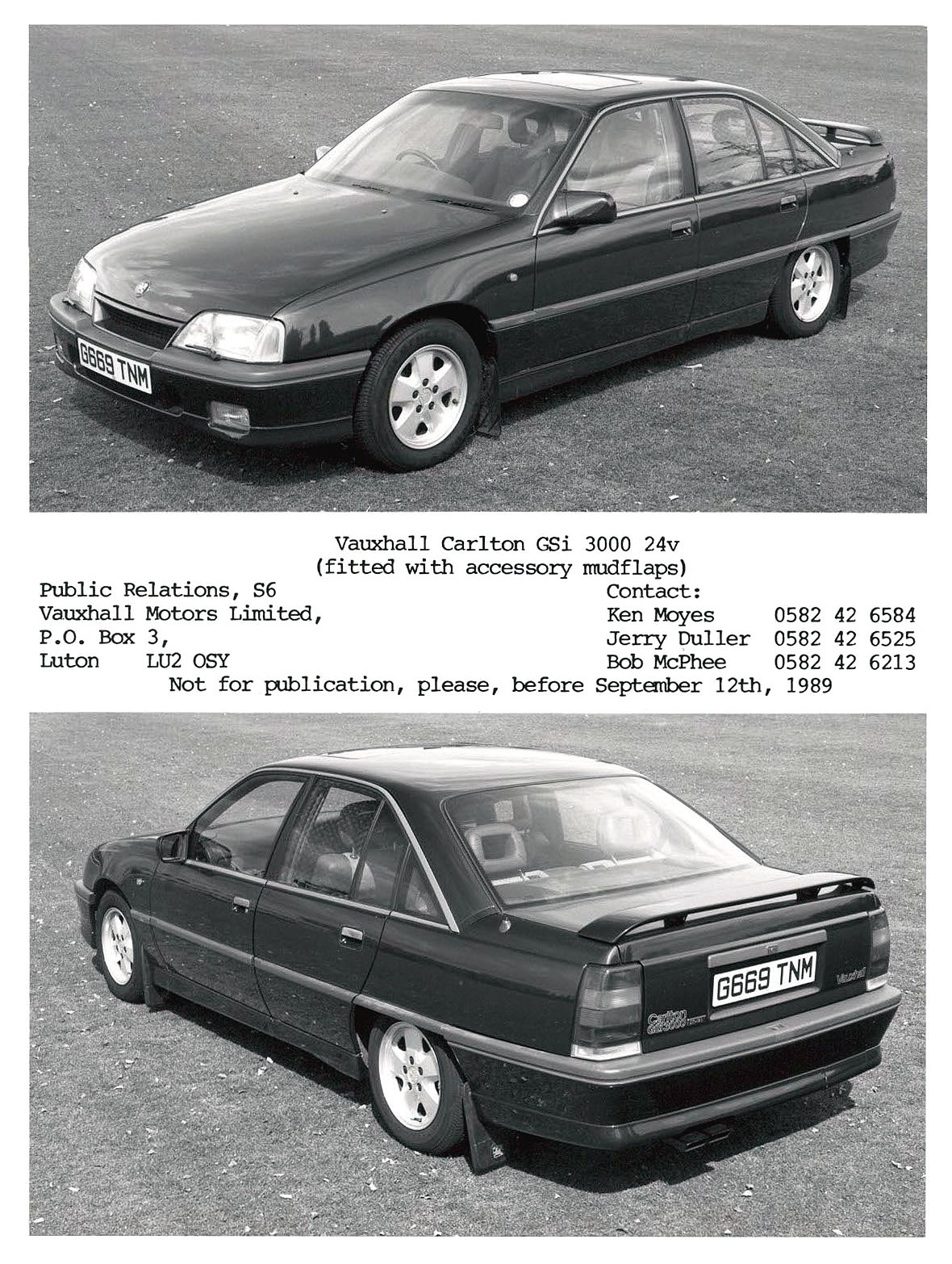
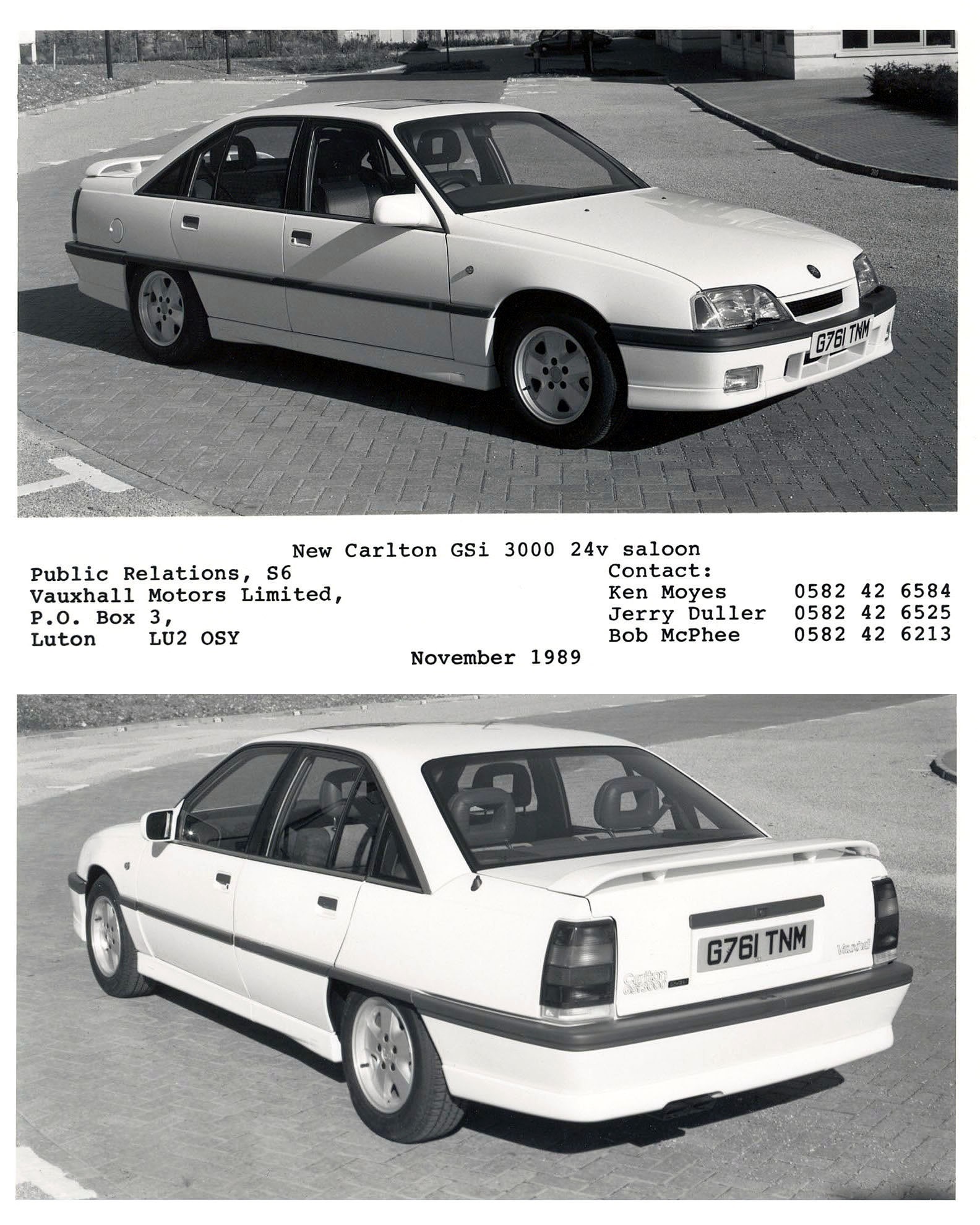
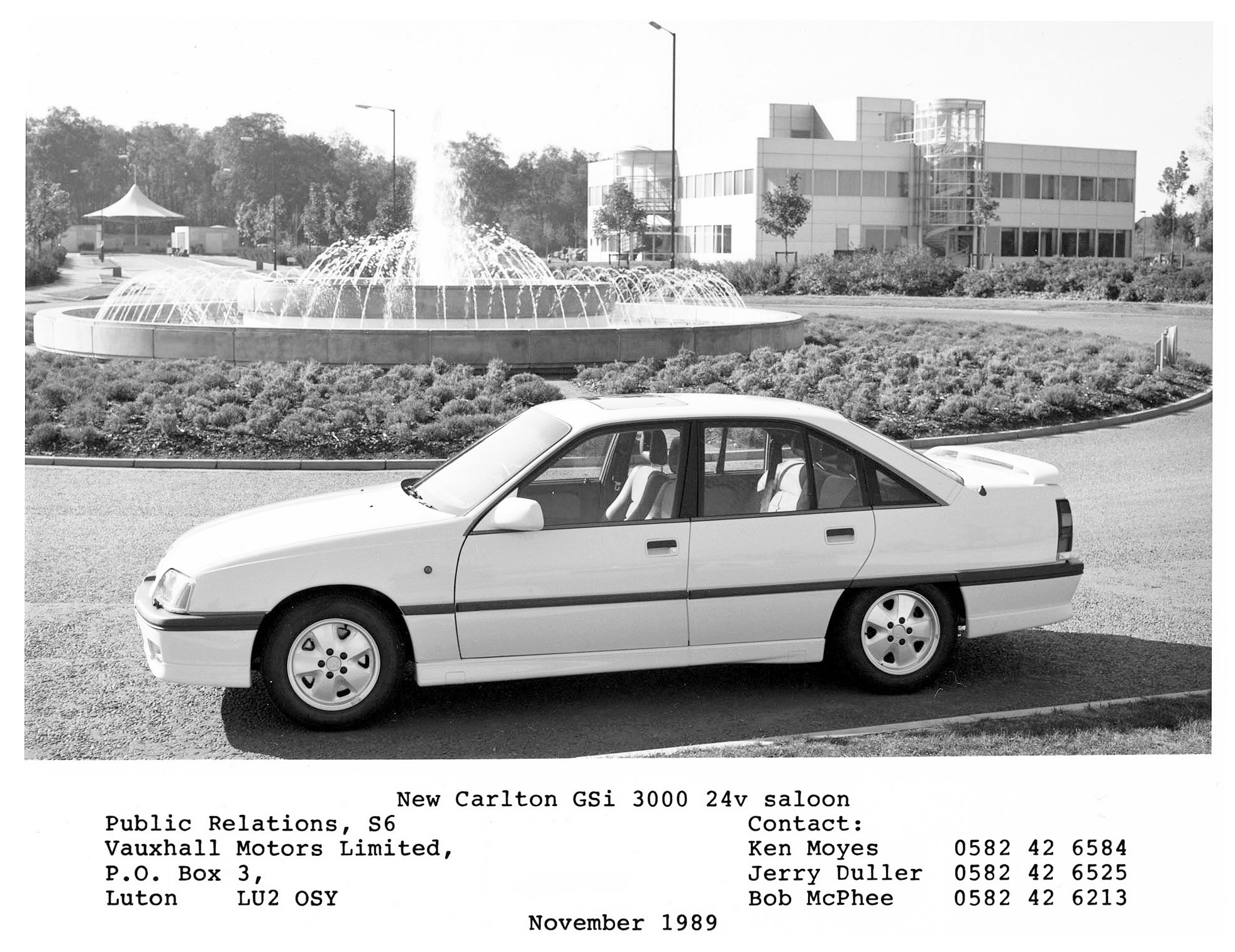
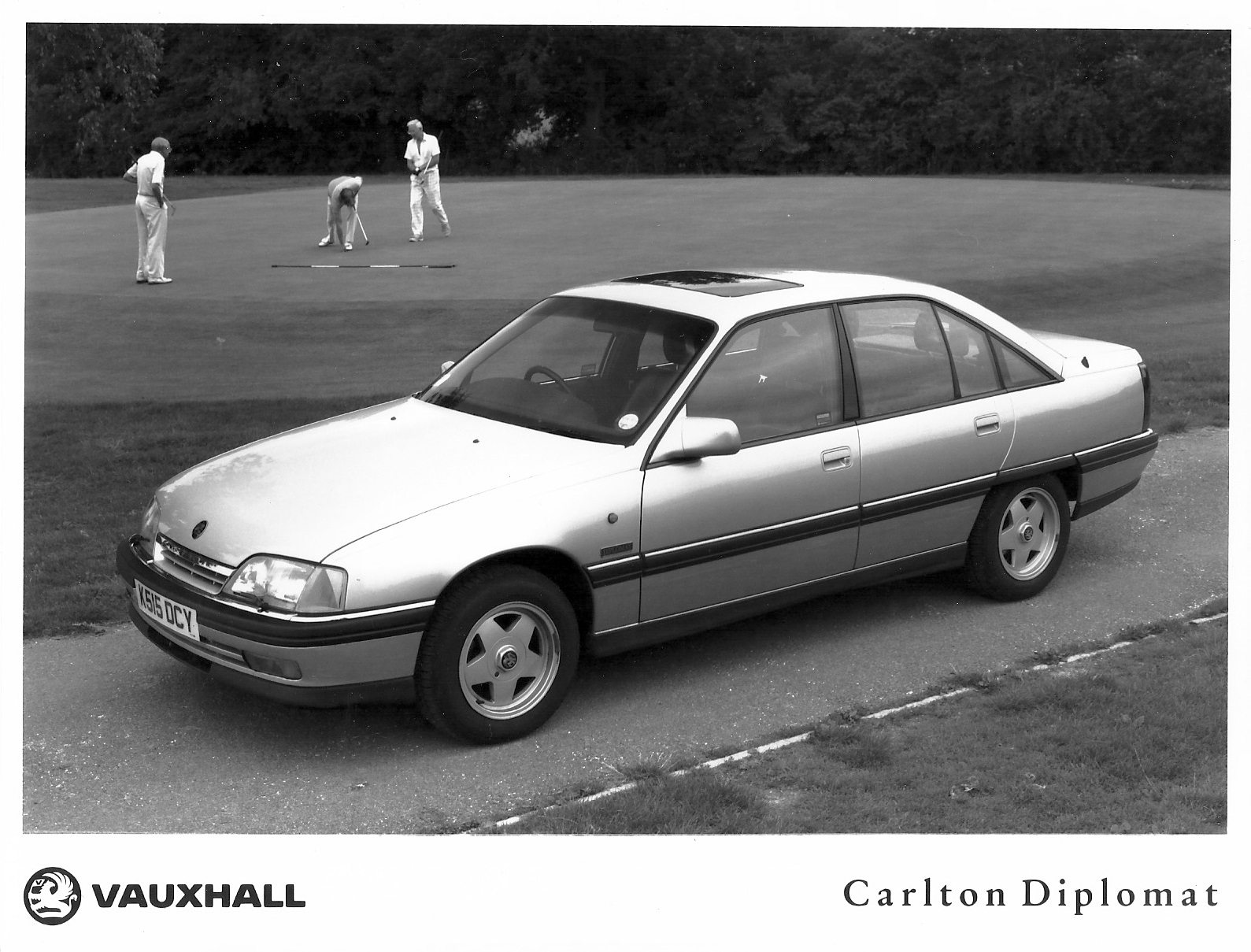
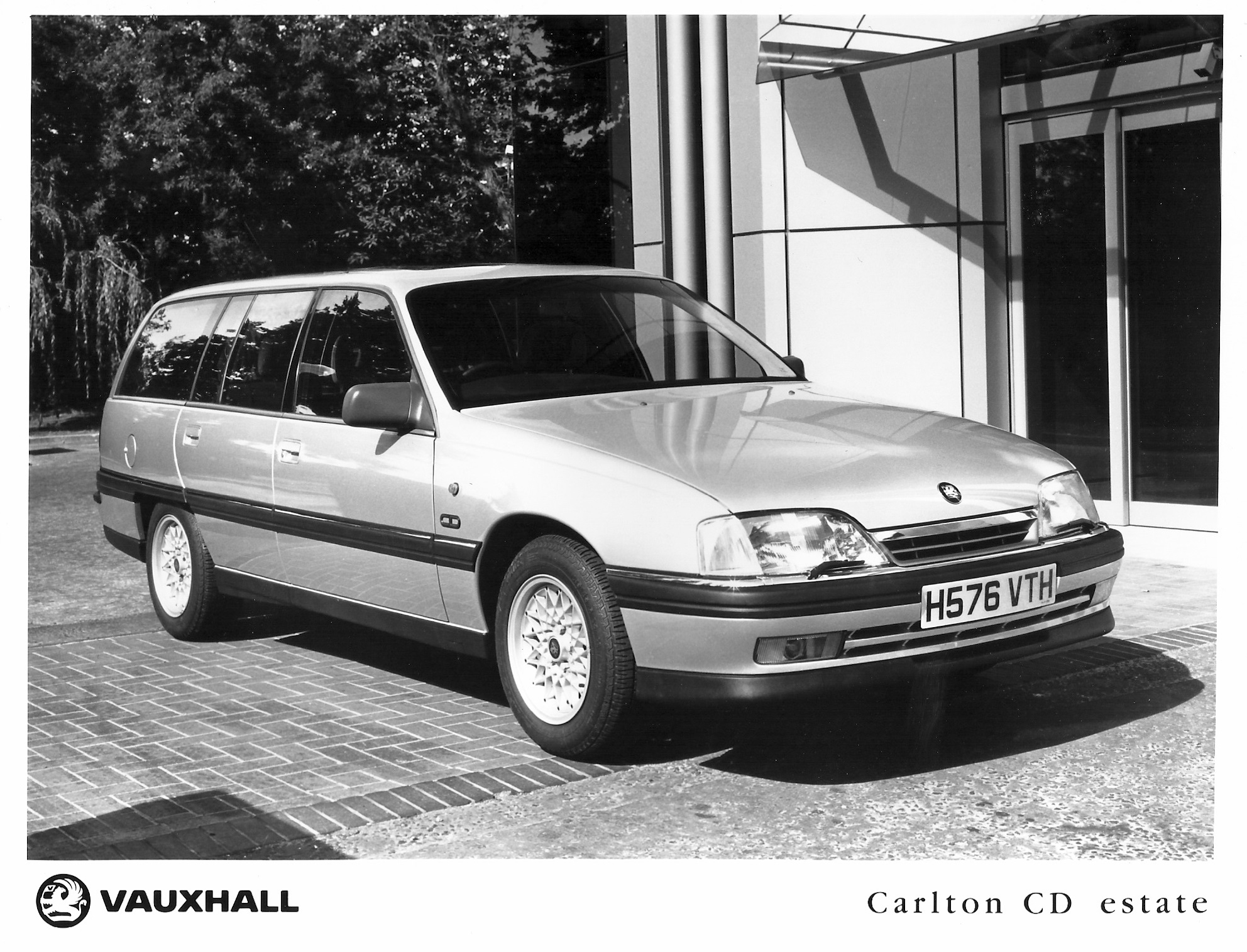
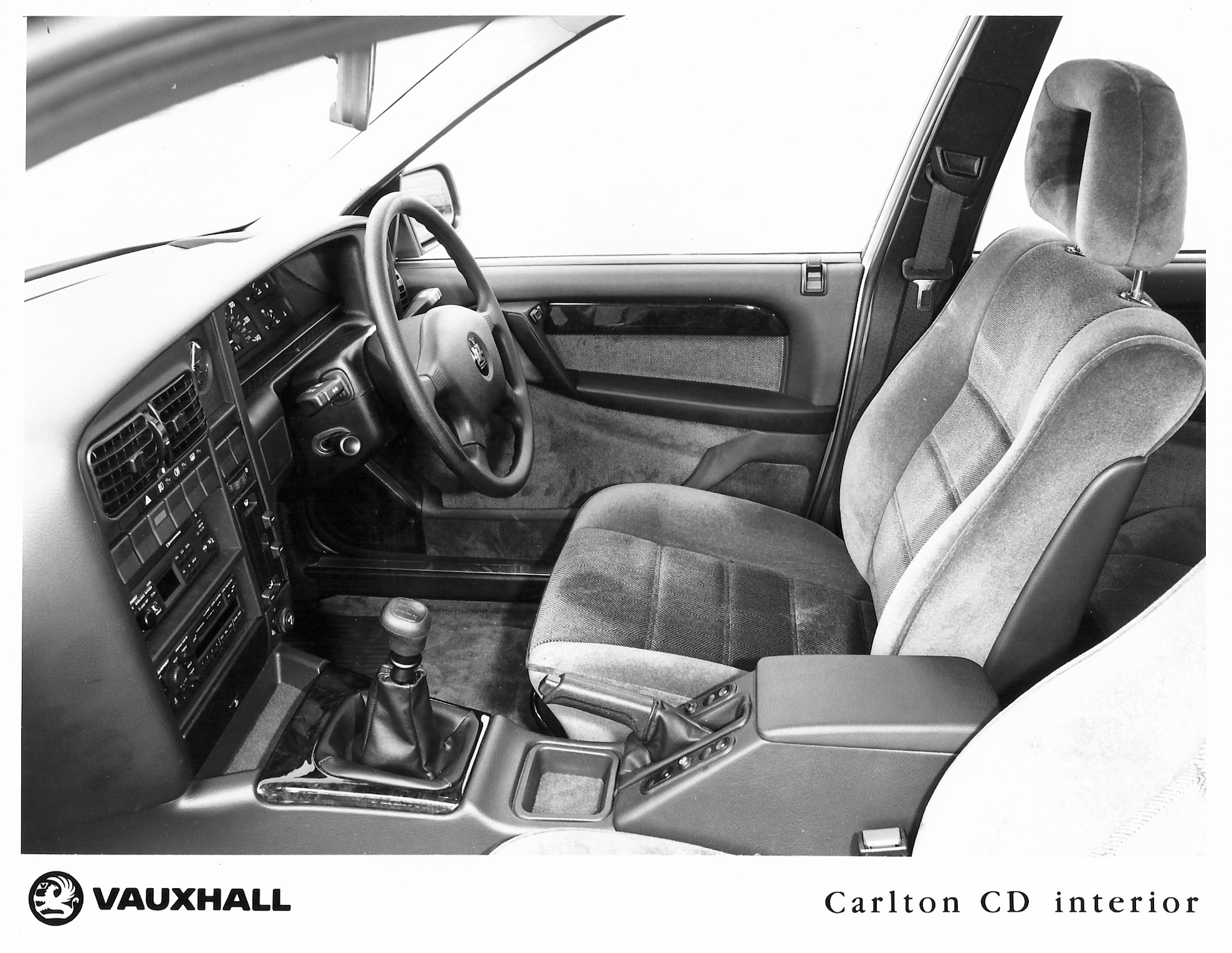
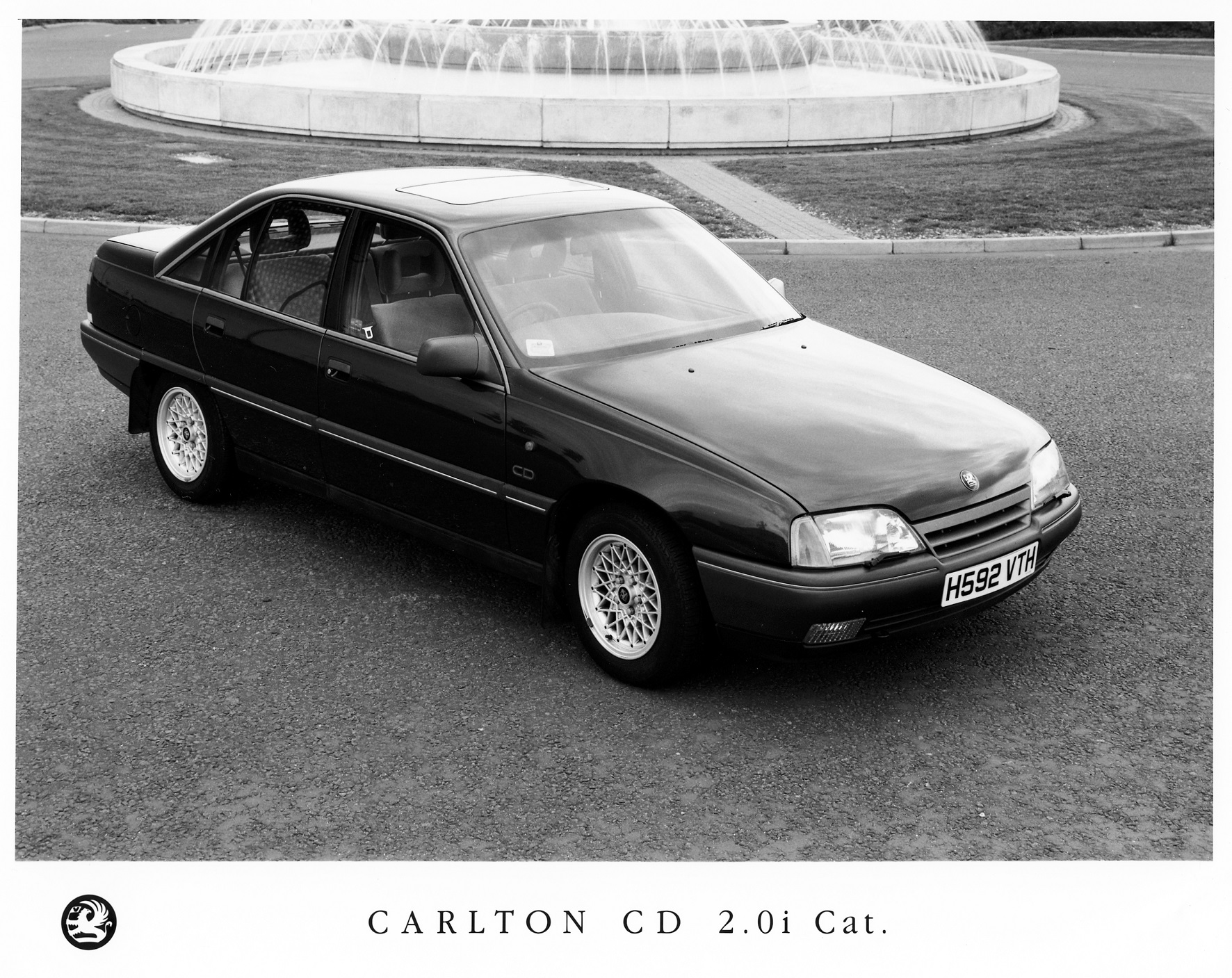
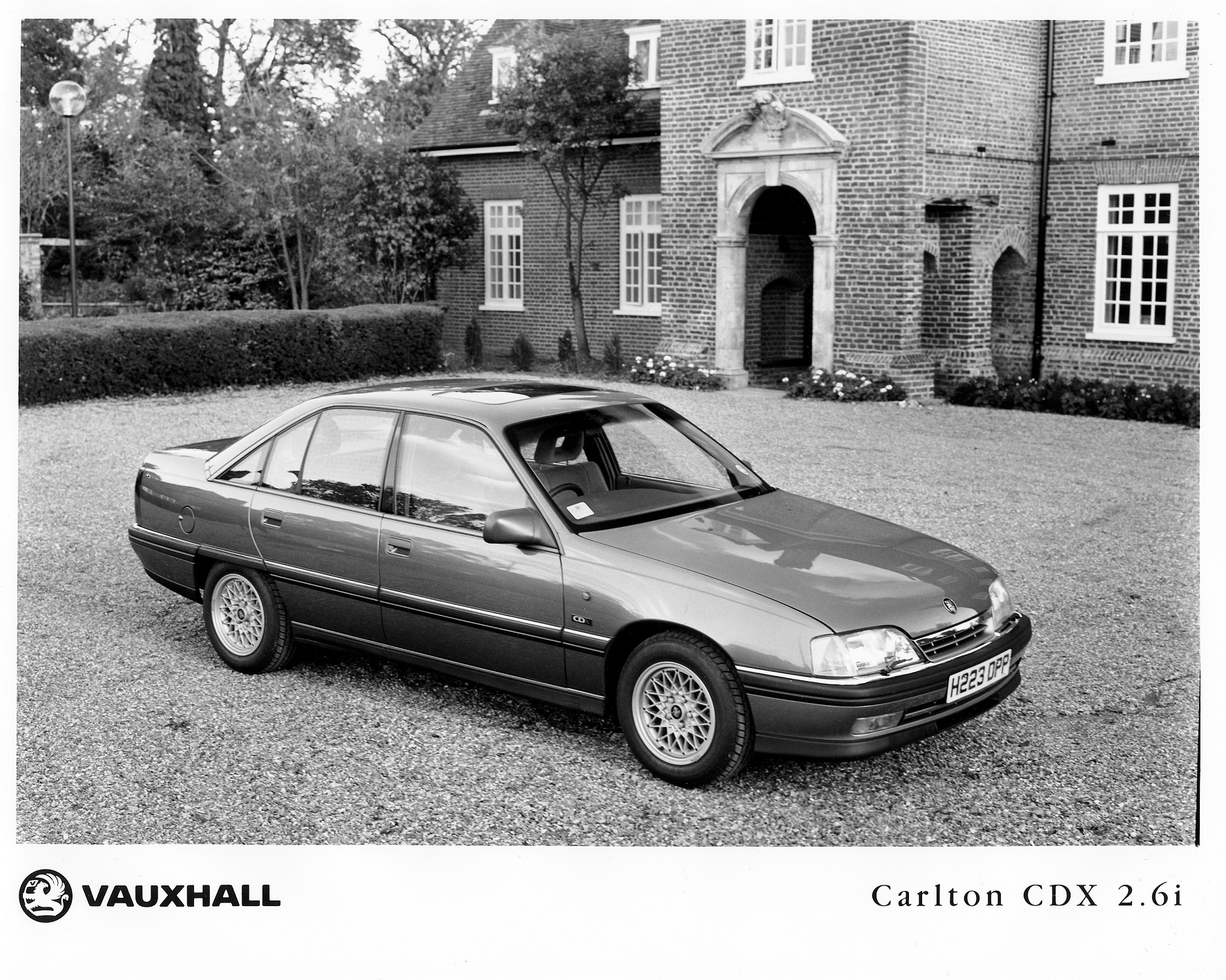
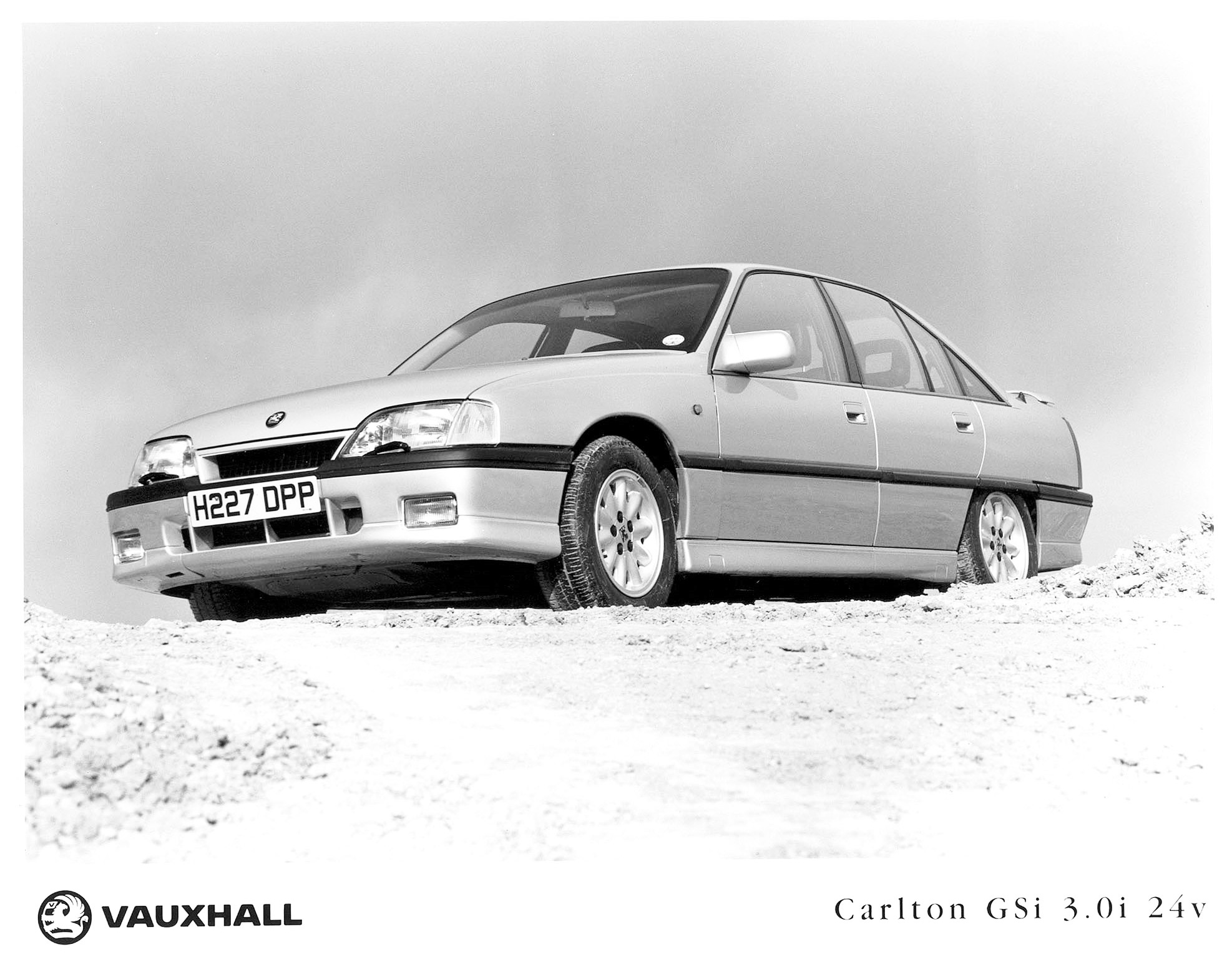
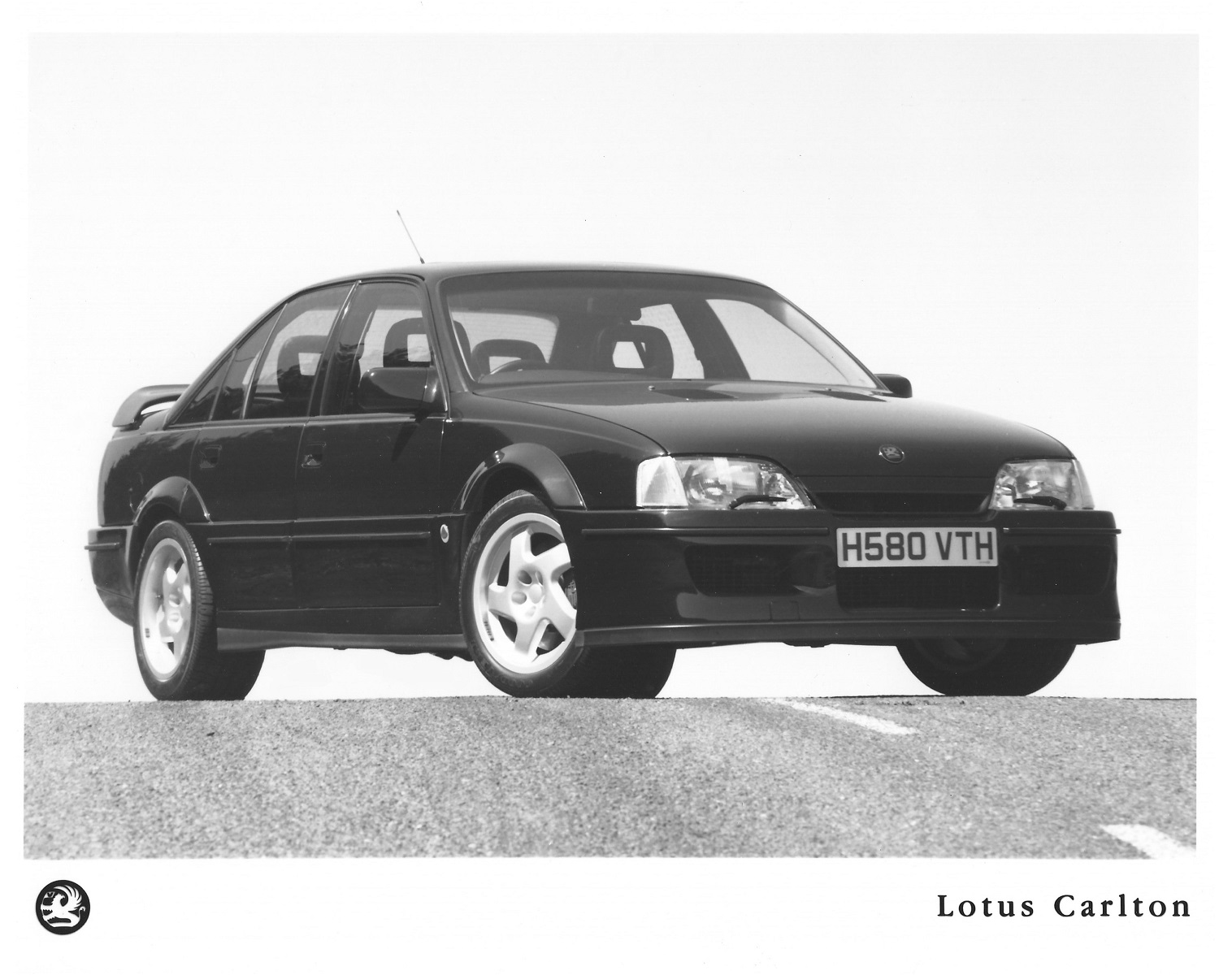
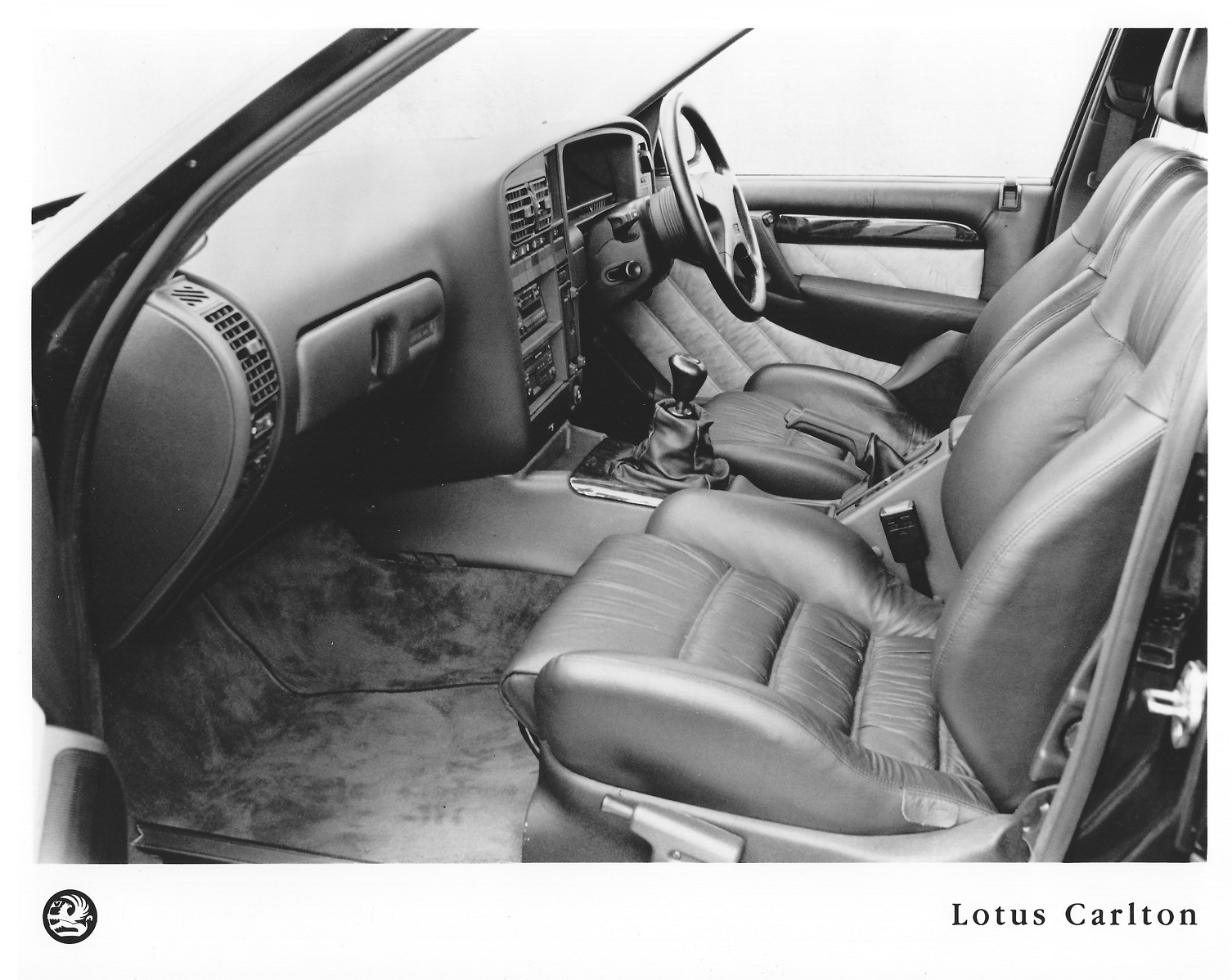
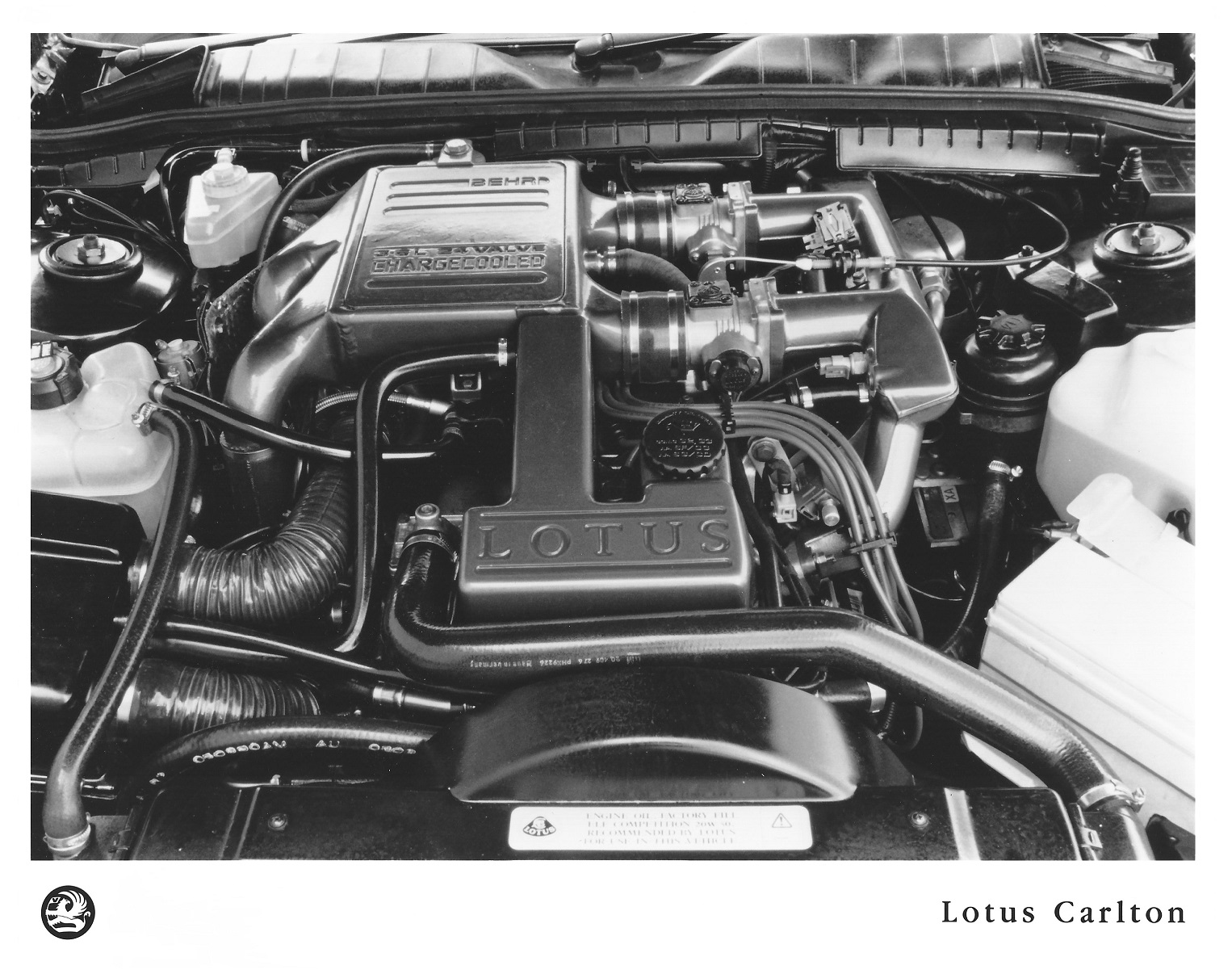
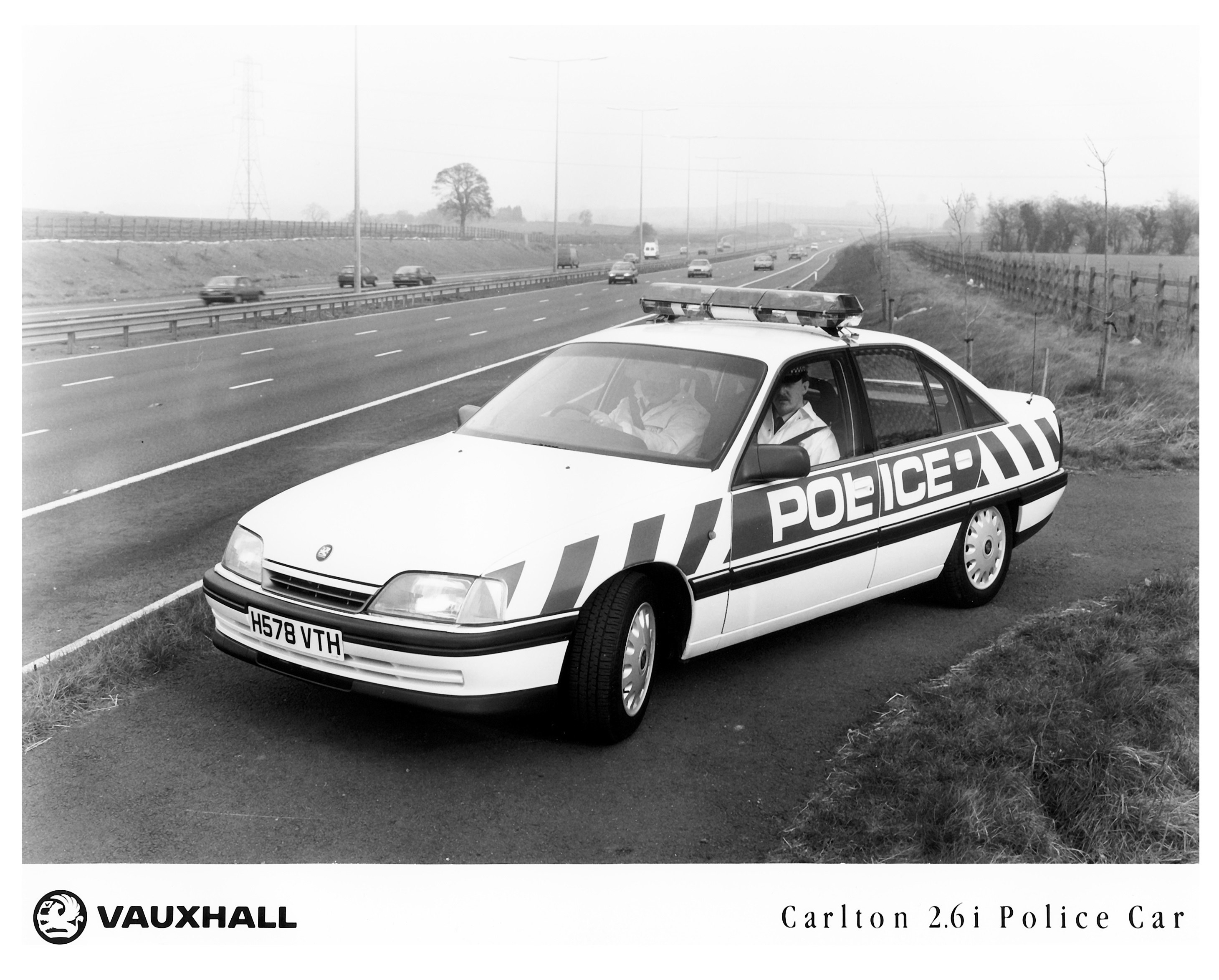
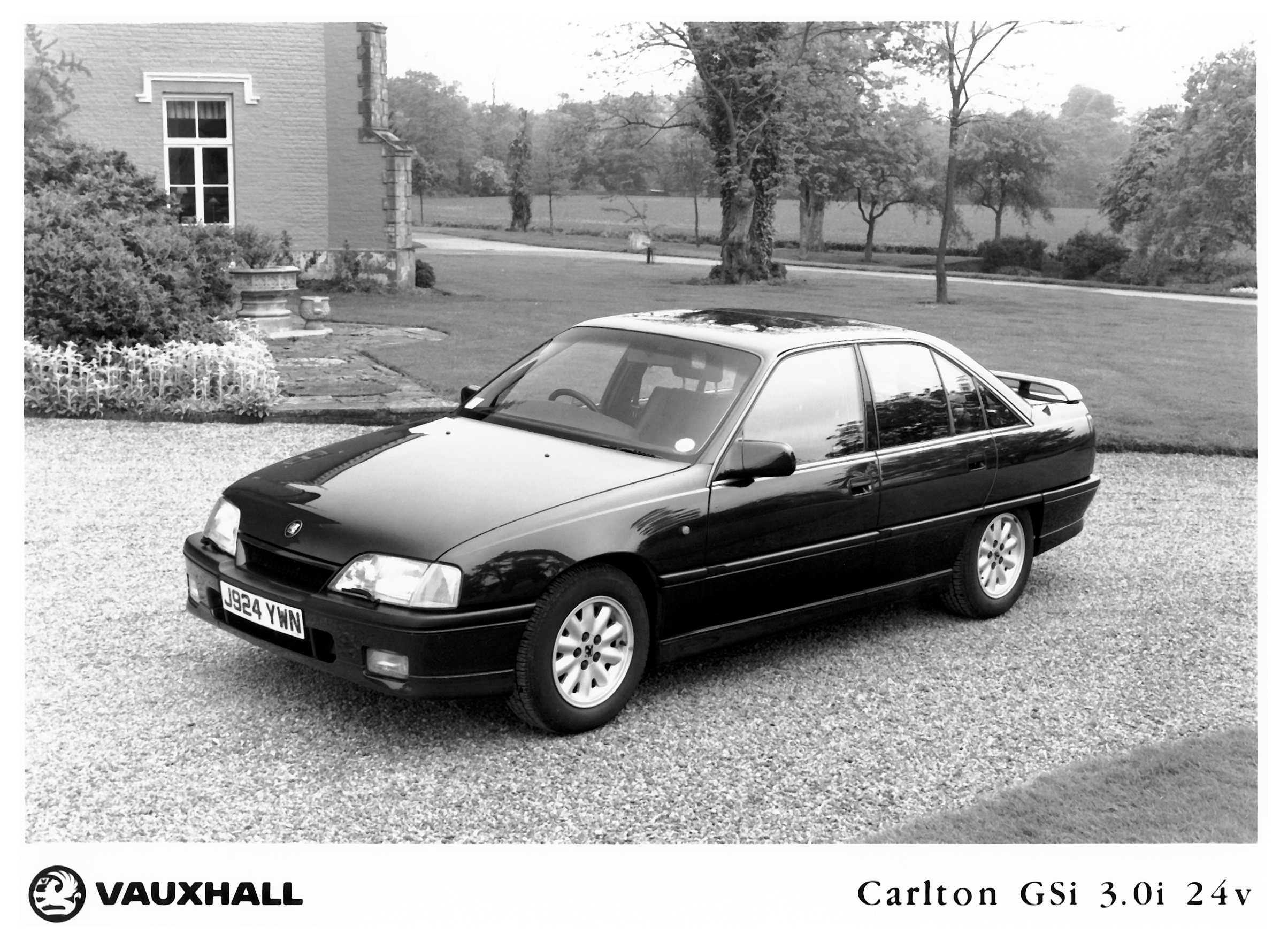
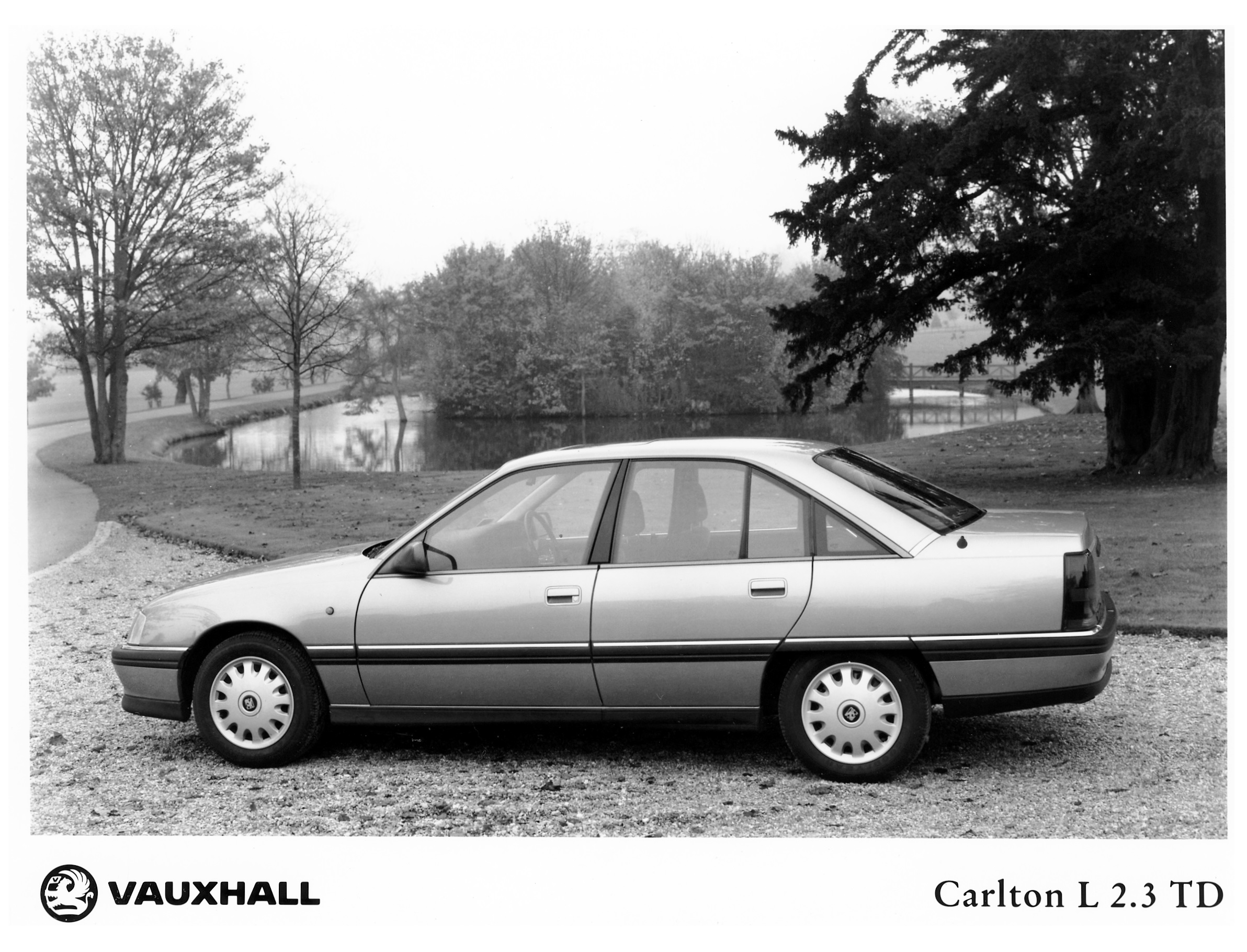
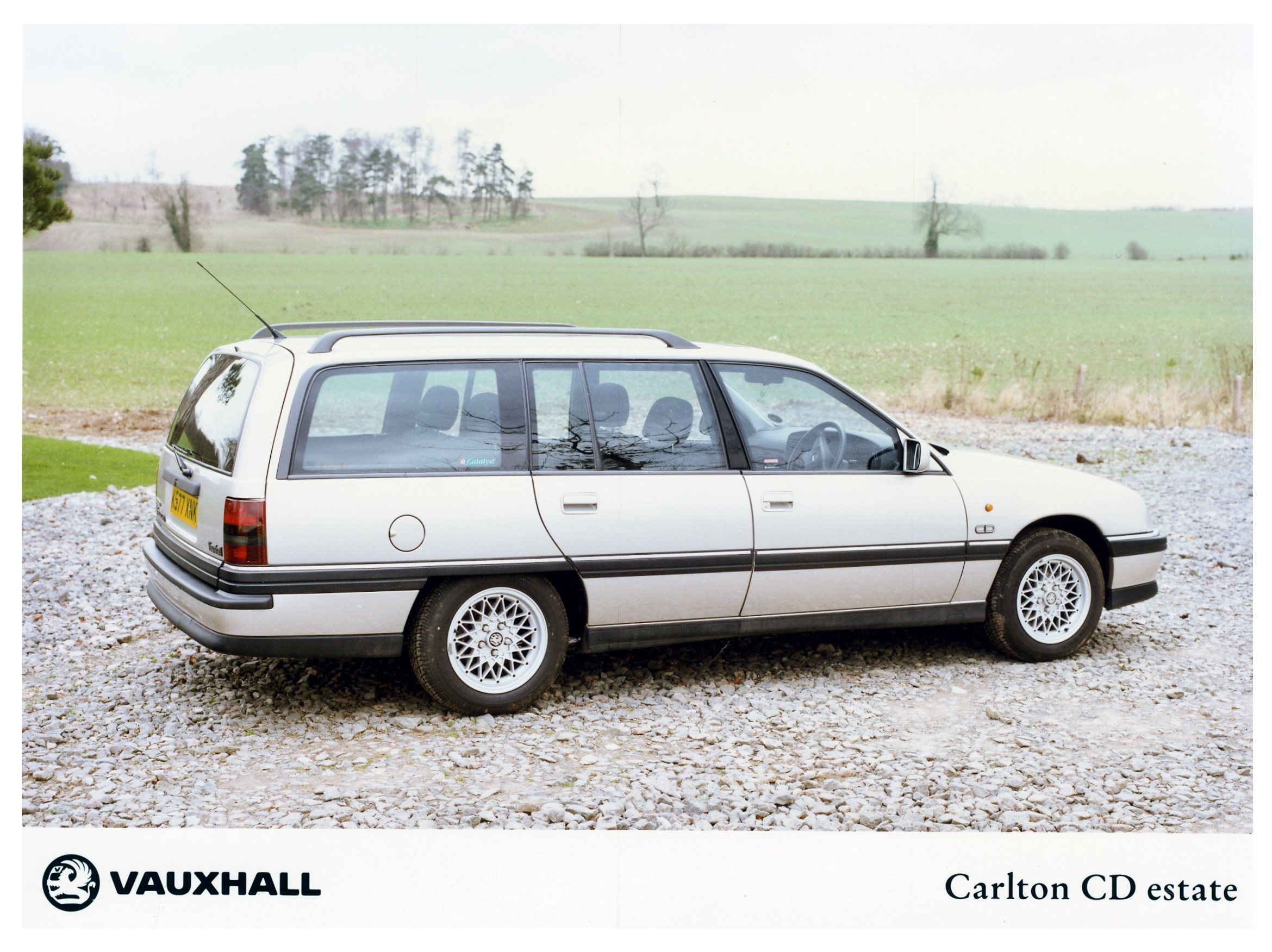
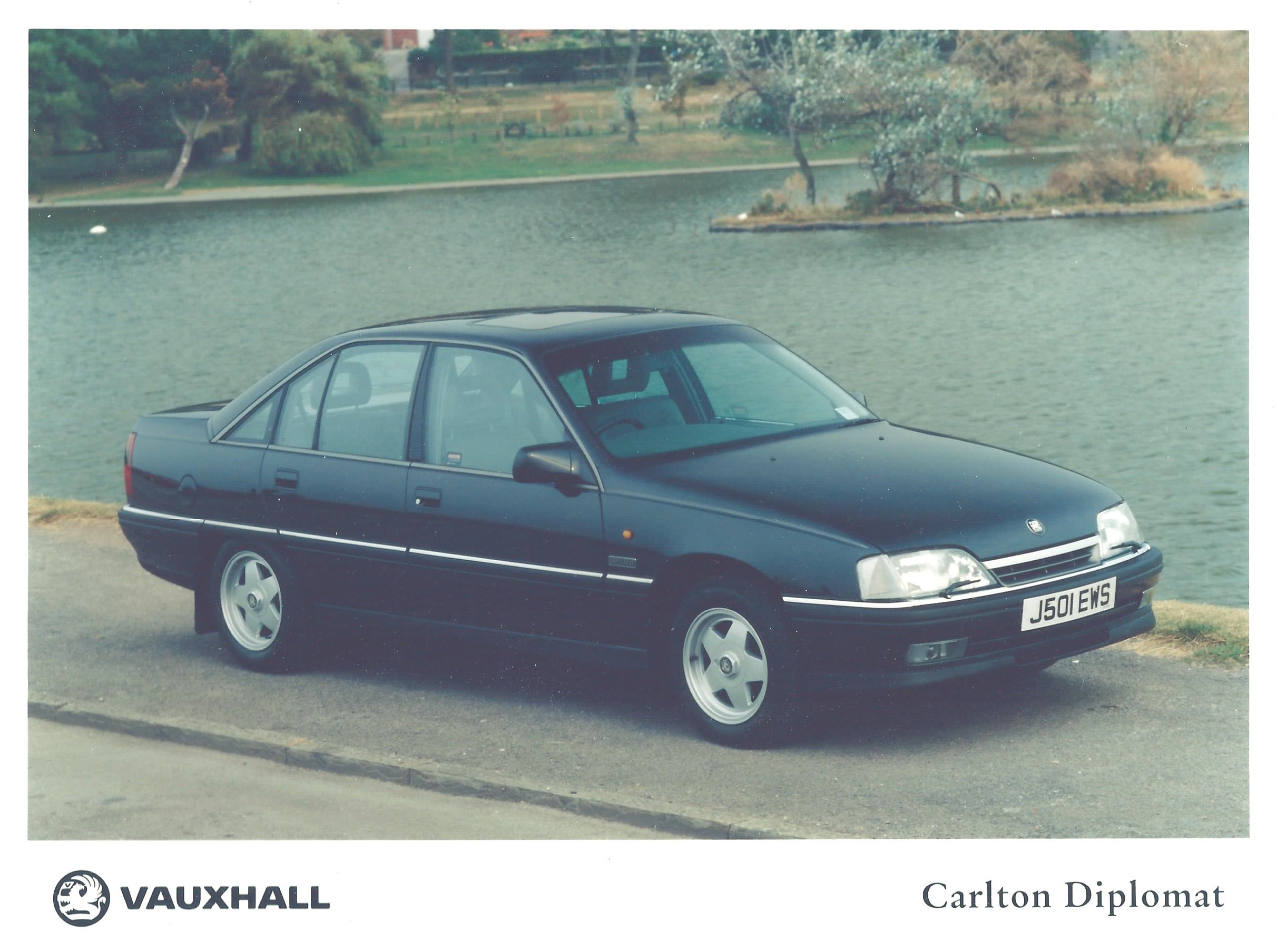
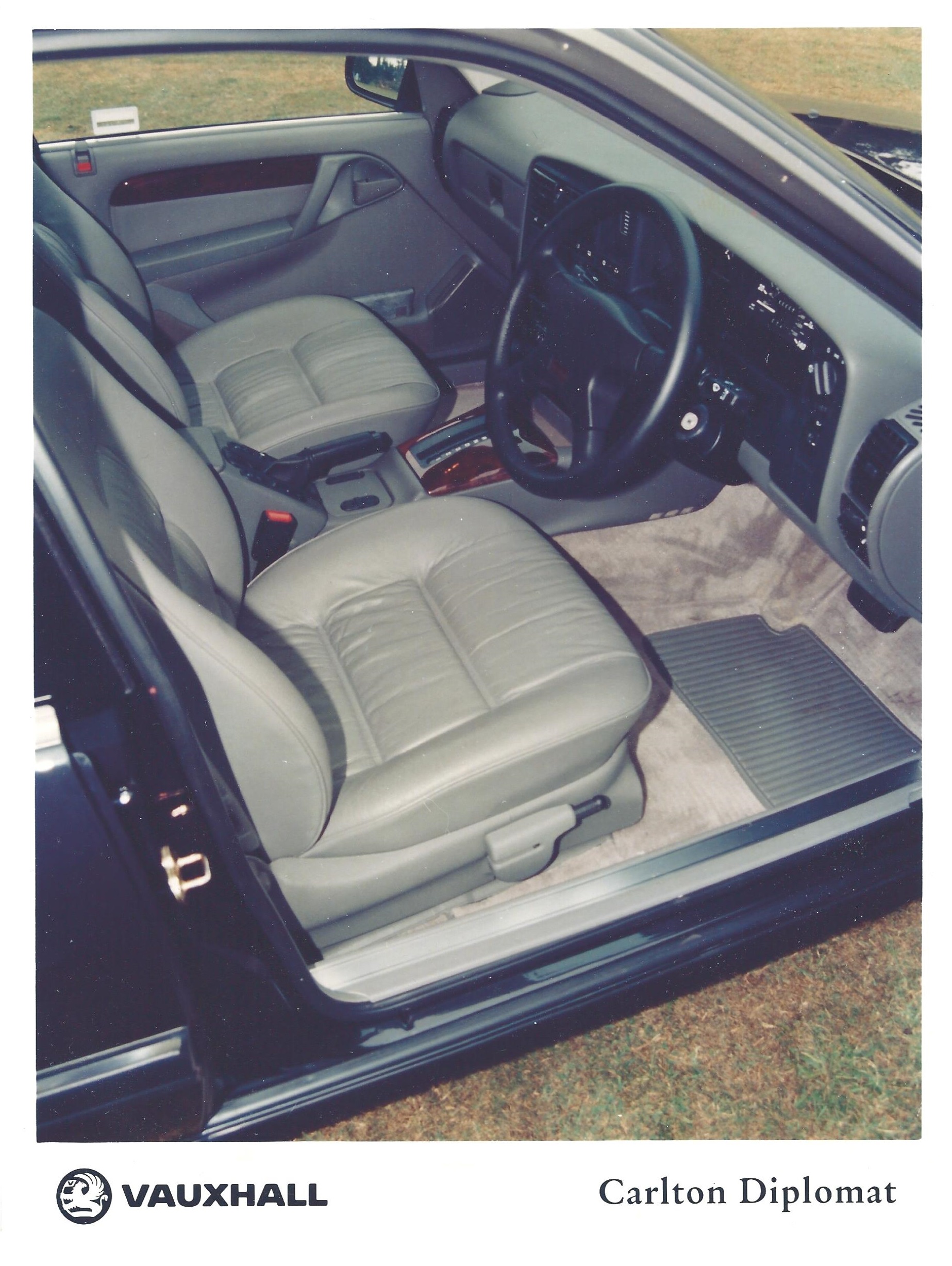
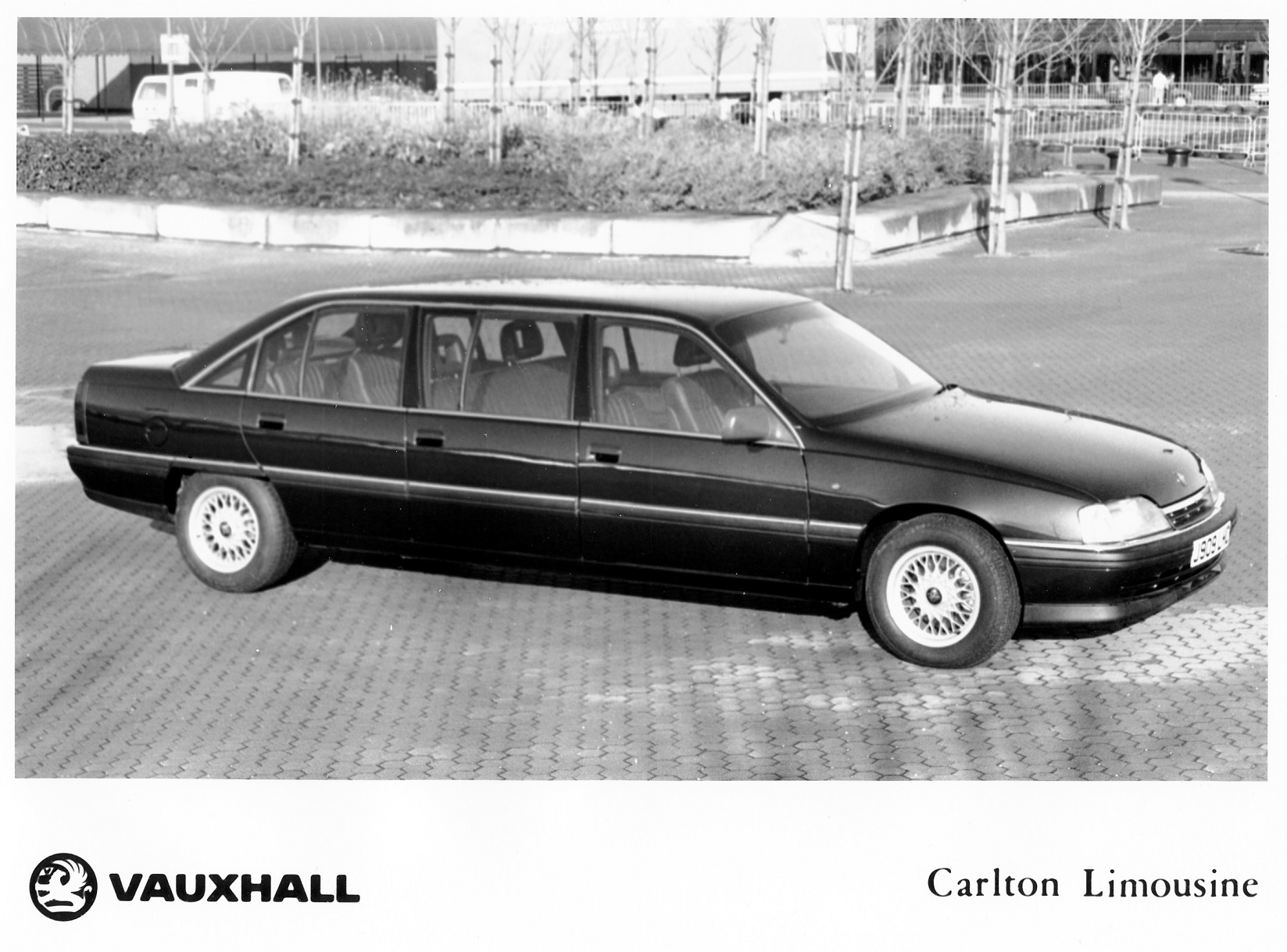
PRESS RELEASES:
VAUXHALL CARLTON MK3 LAUNCH PRESS RELEASE 10.86

SECTION 1
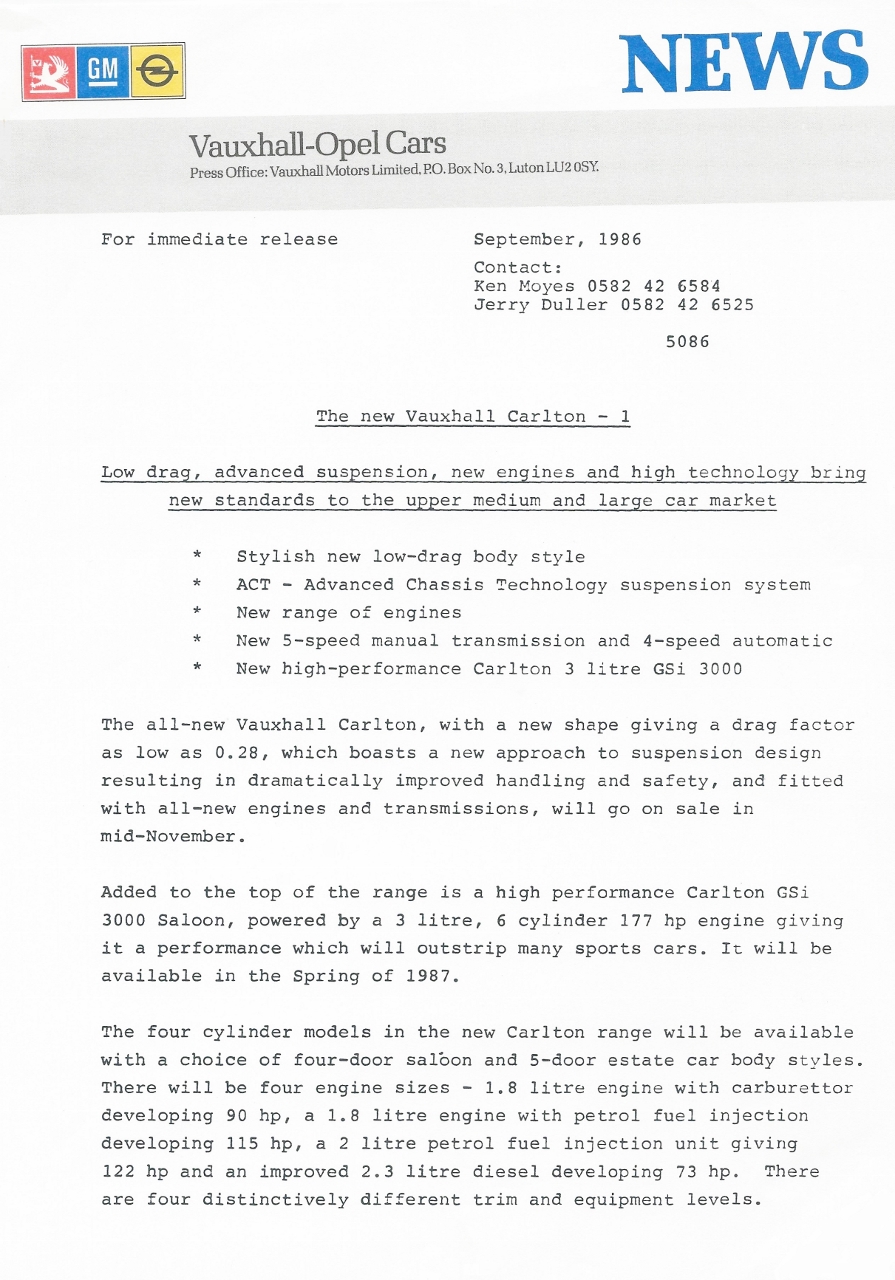
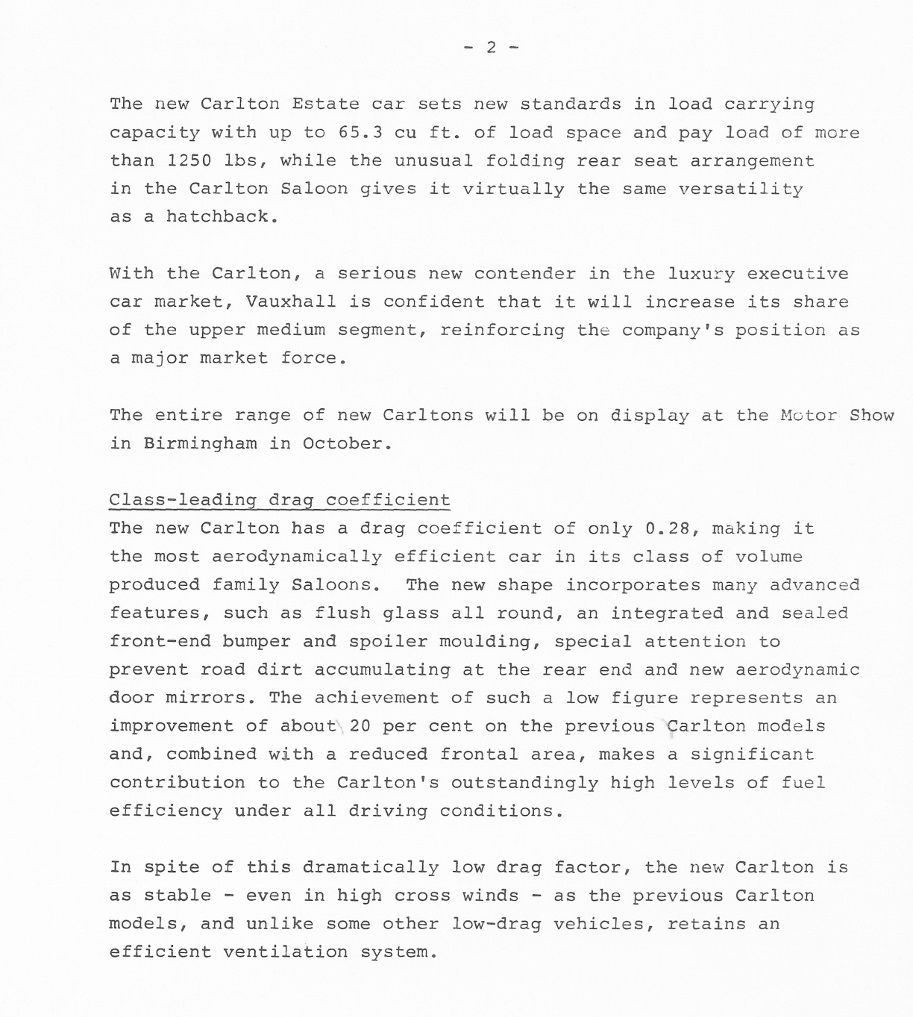
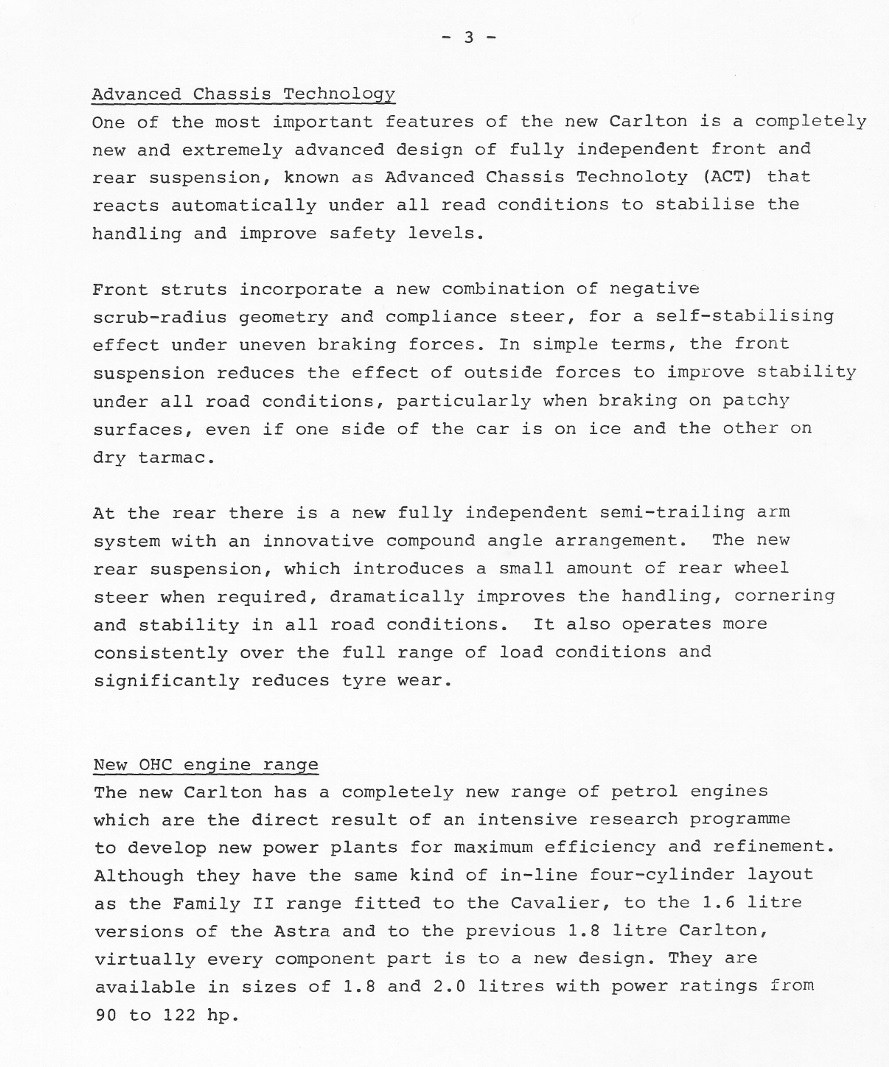
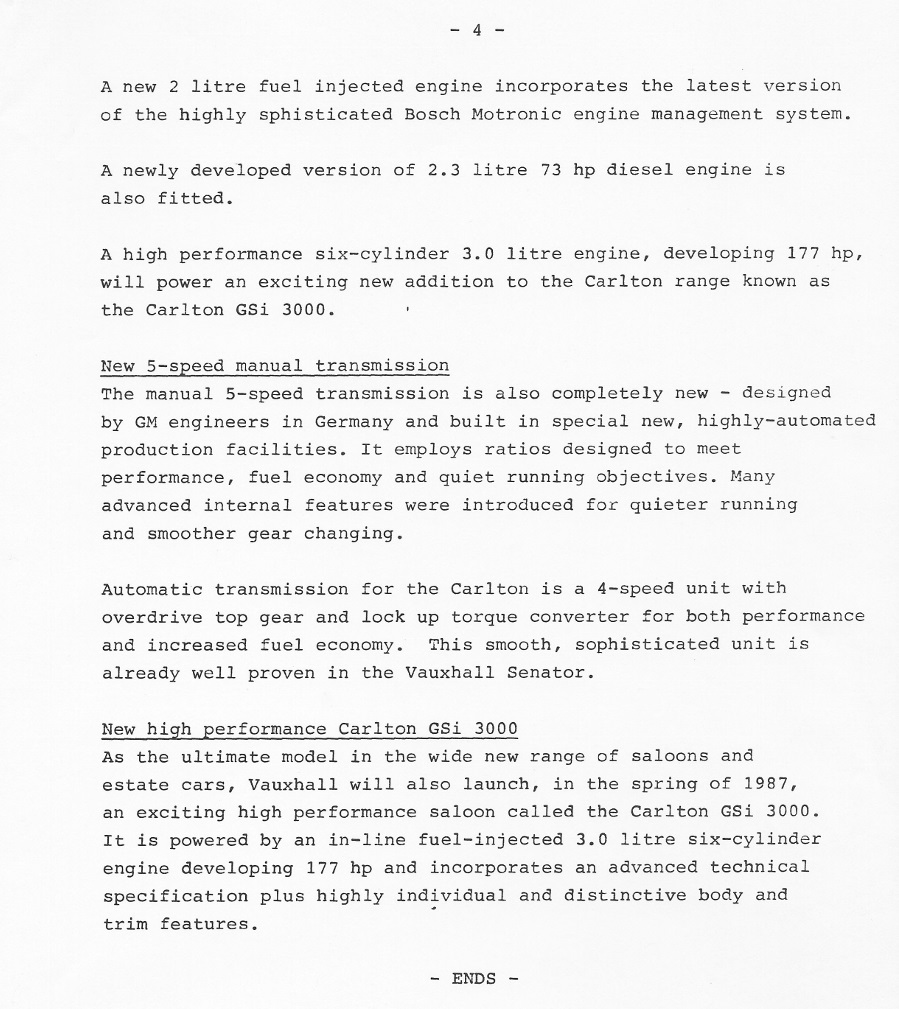
SECTION 2
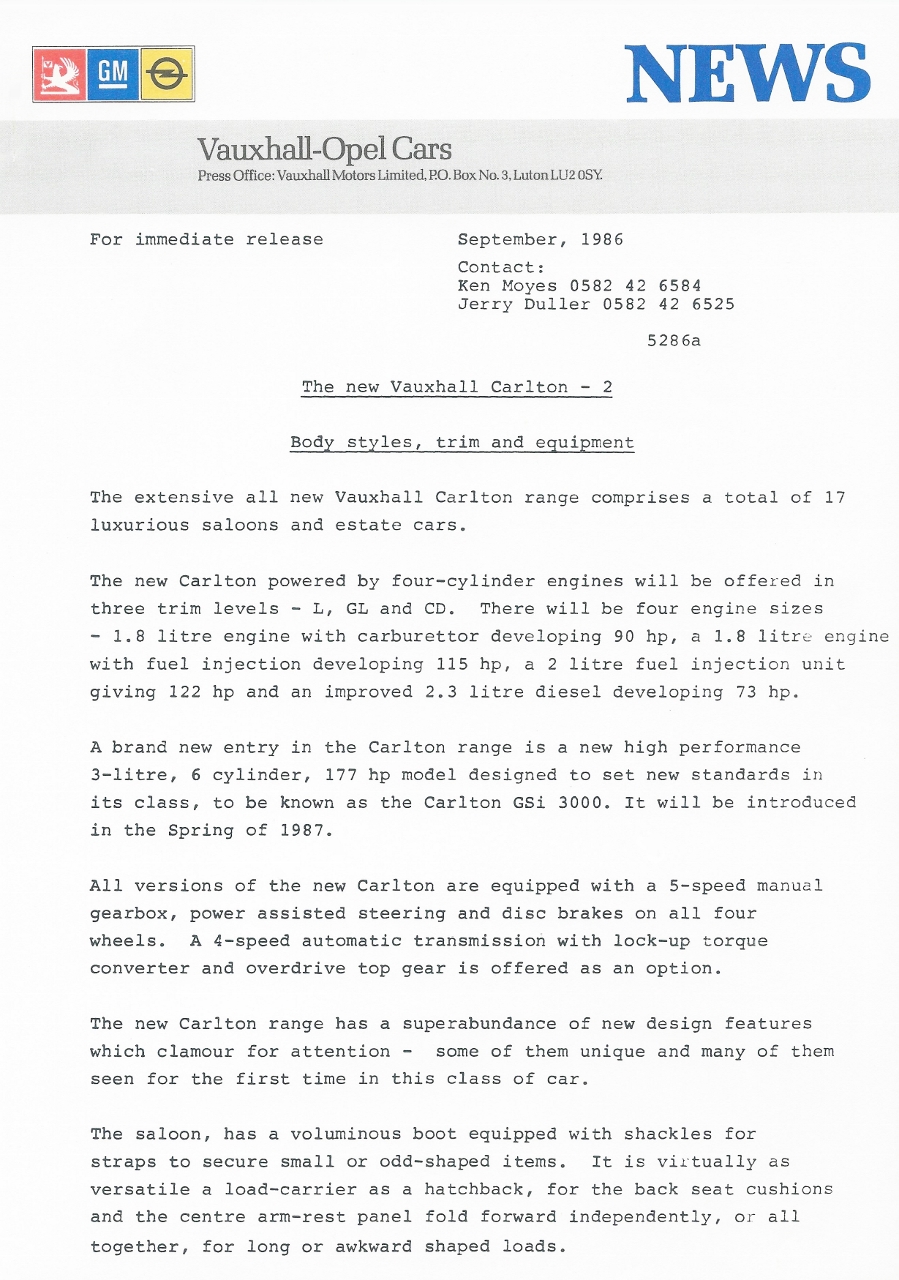
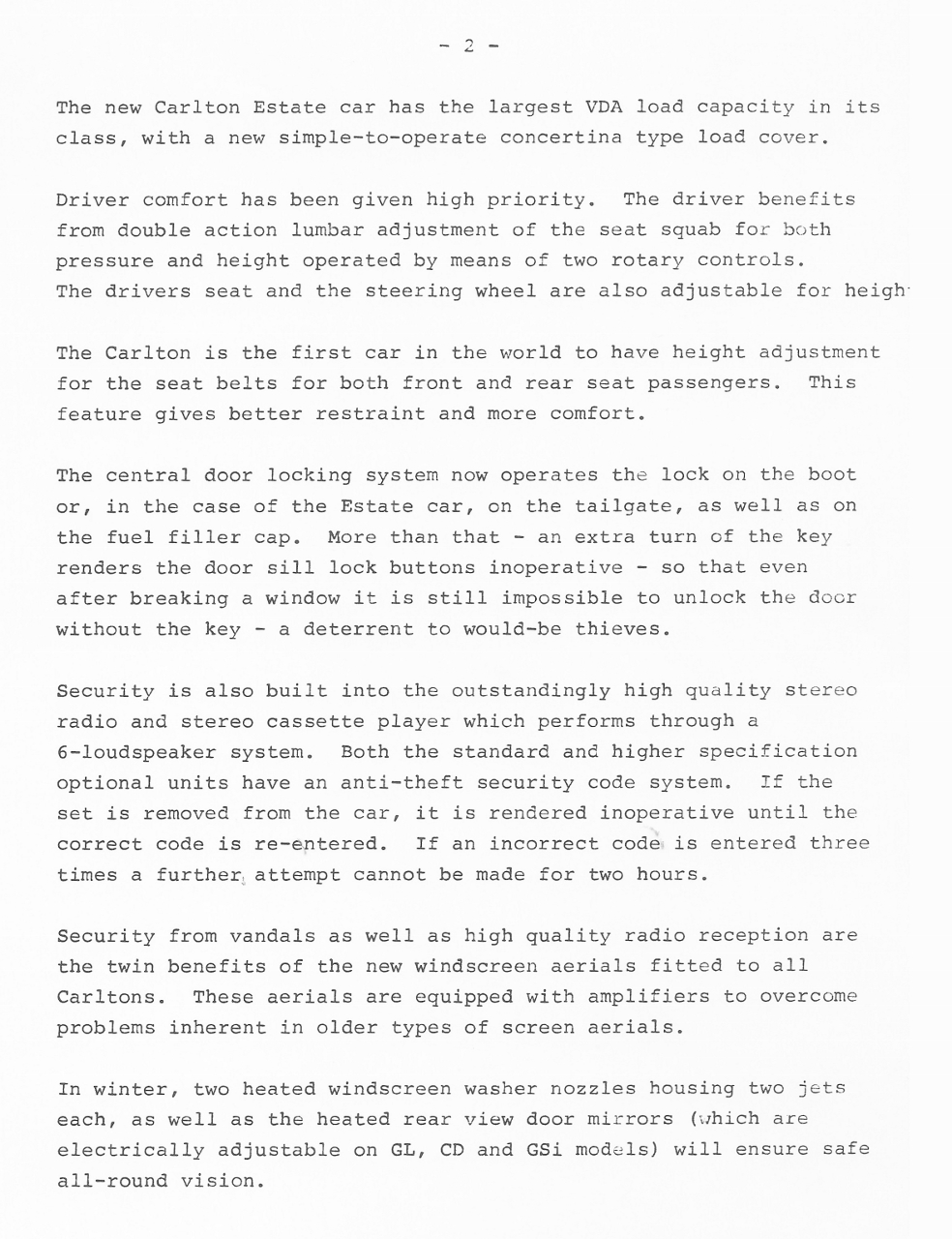
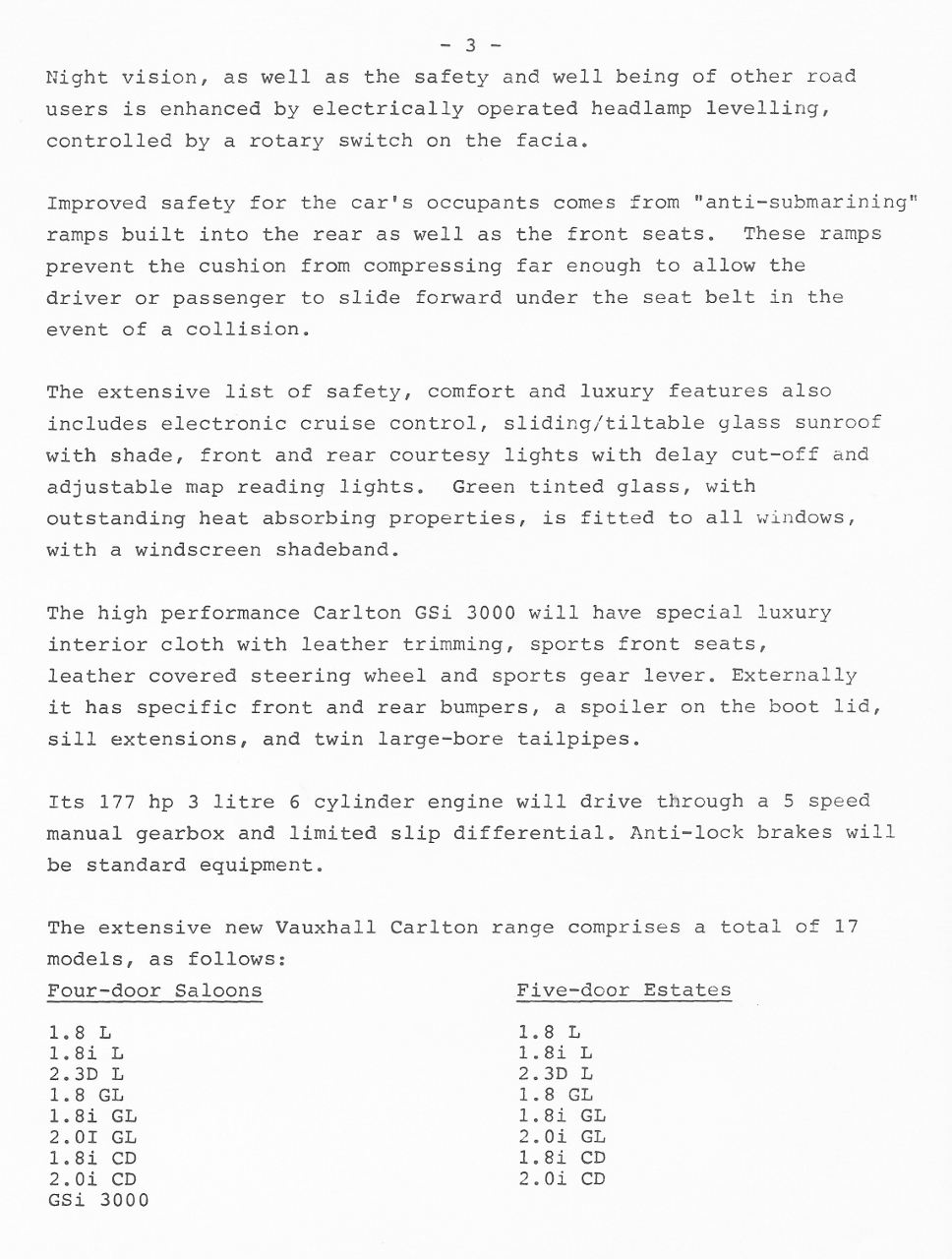
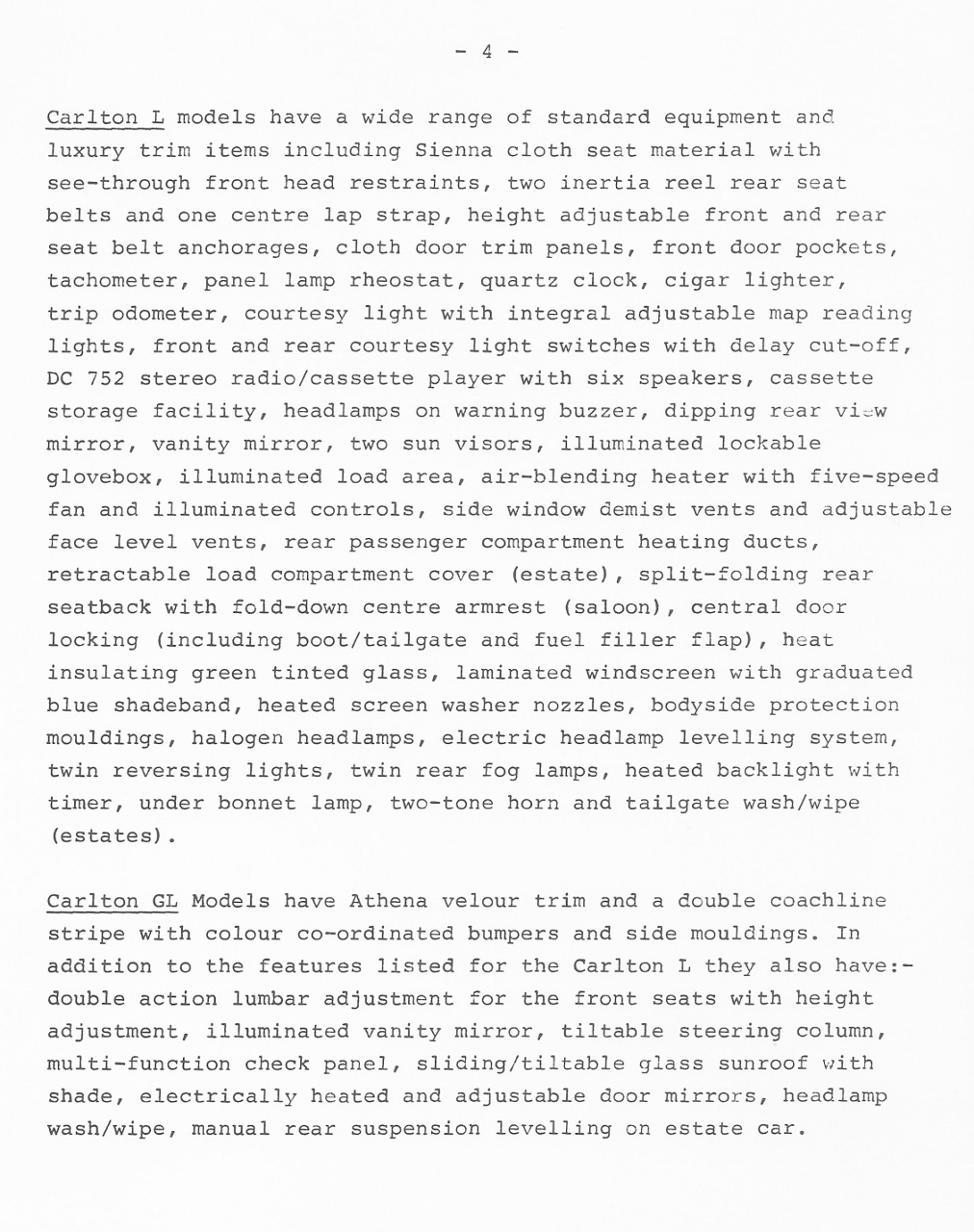
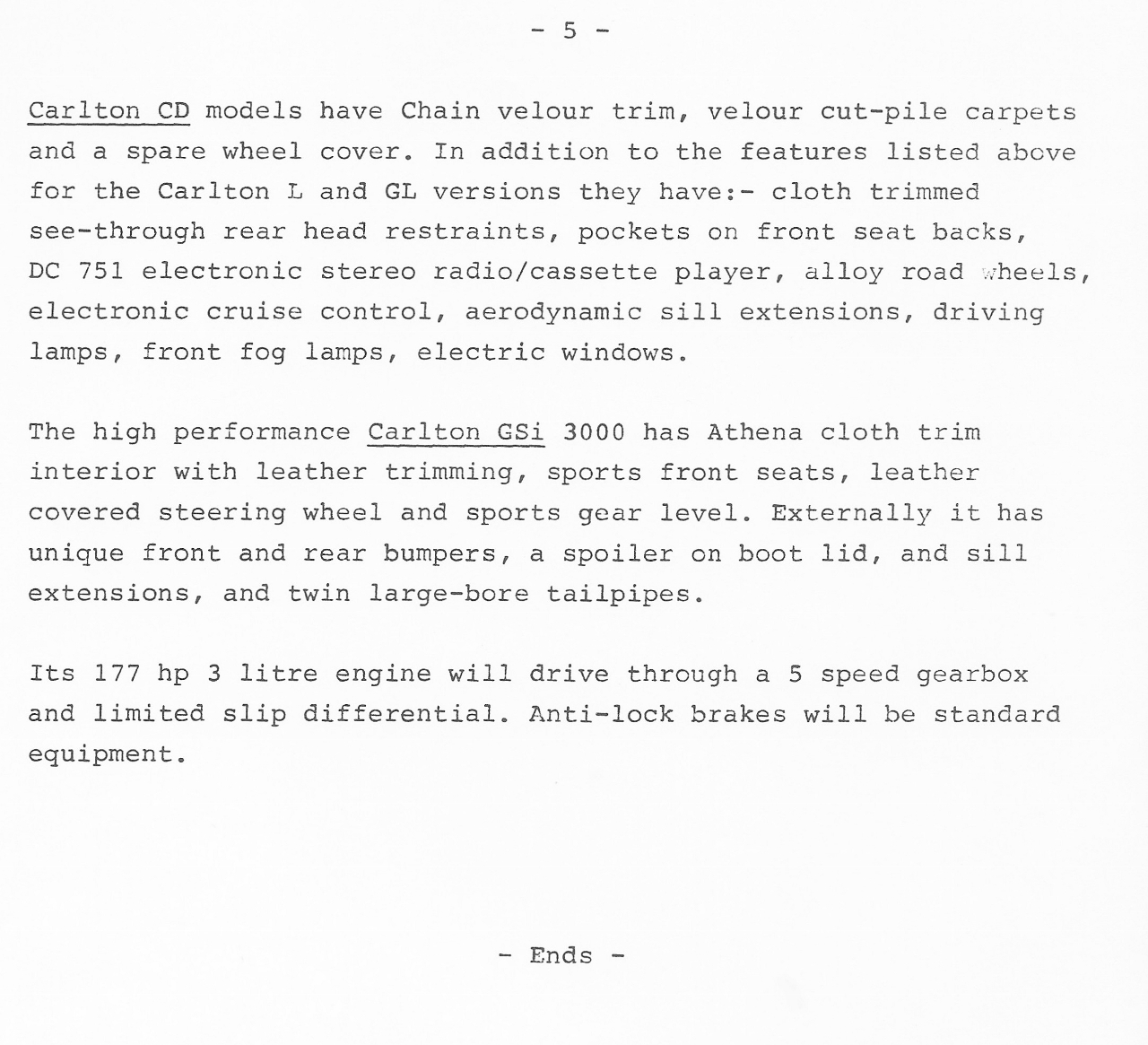
SECTION 3:
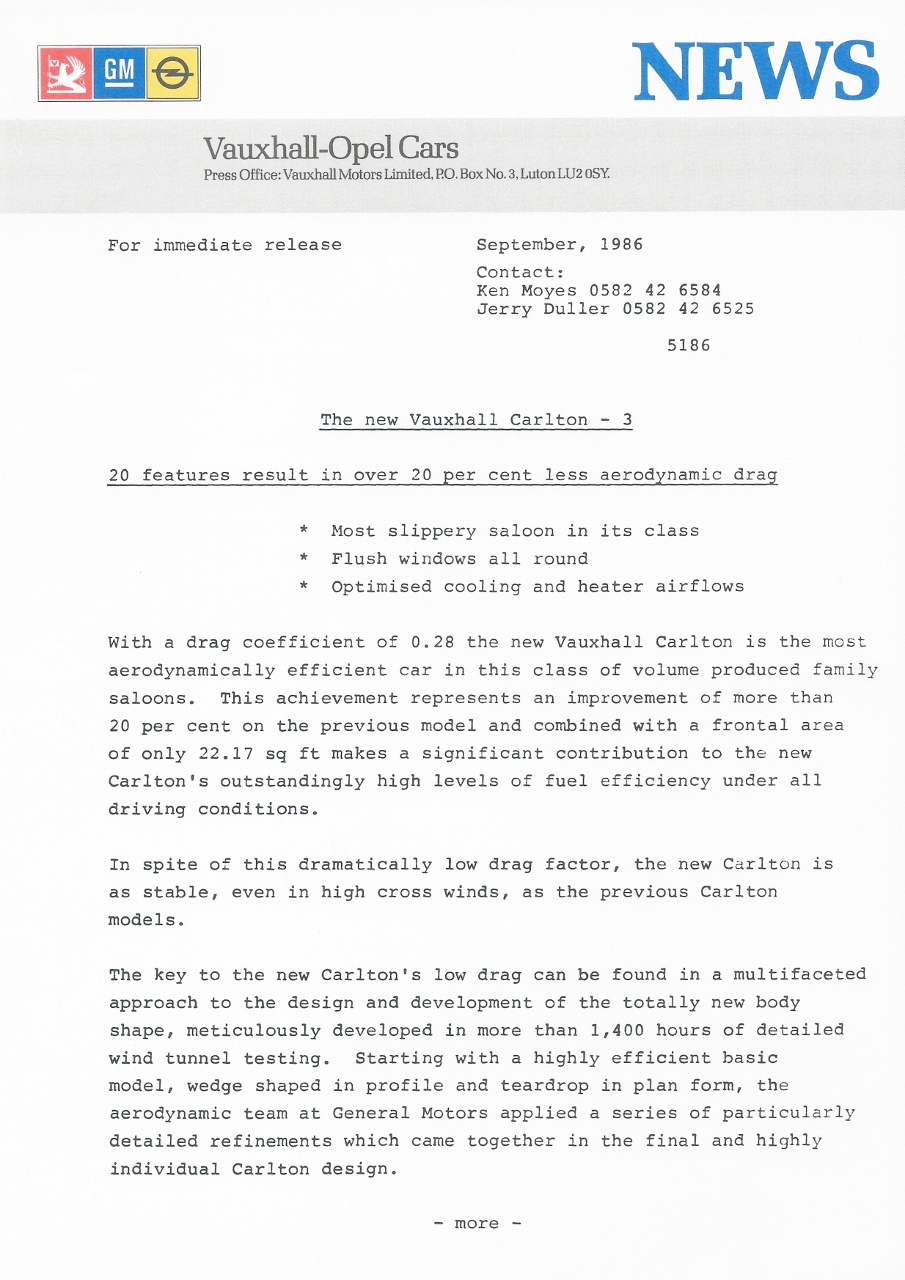
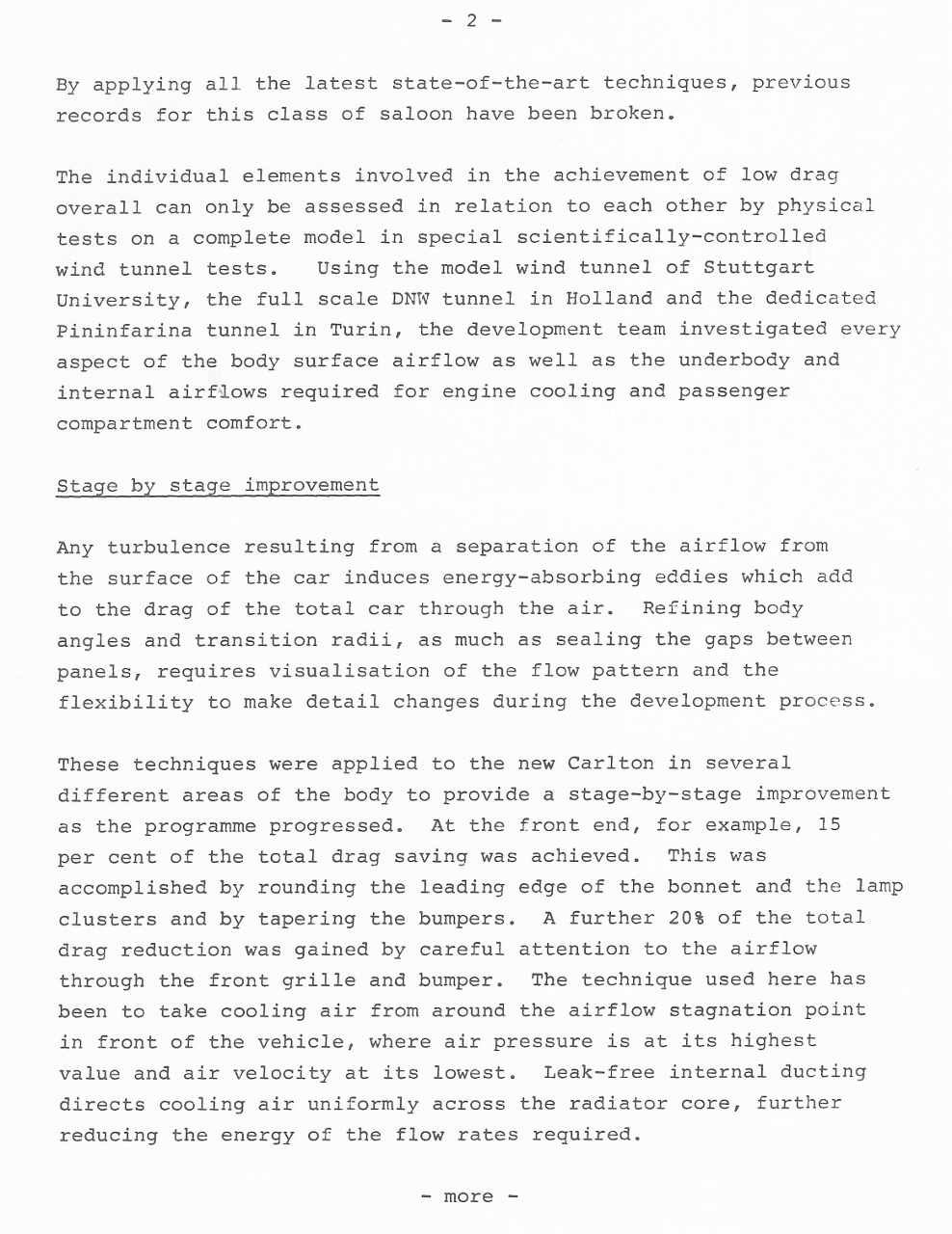
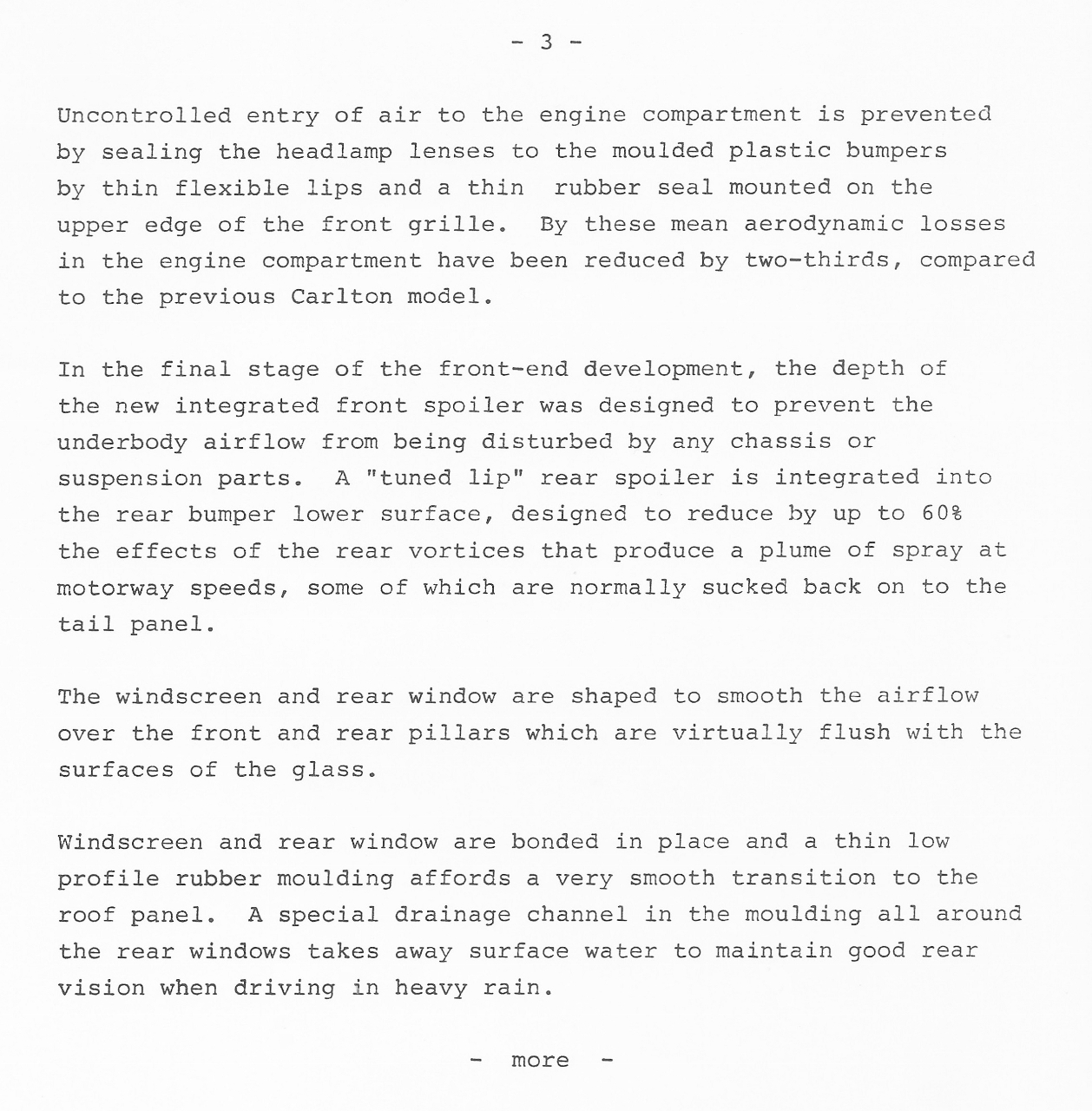
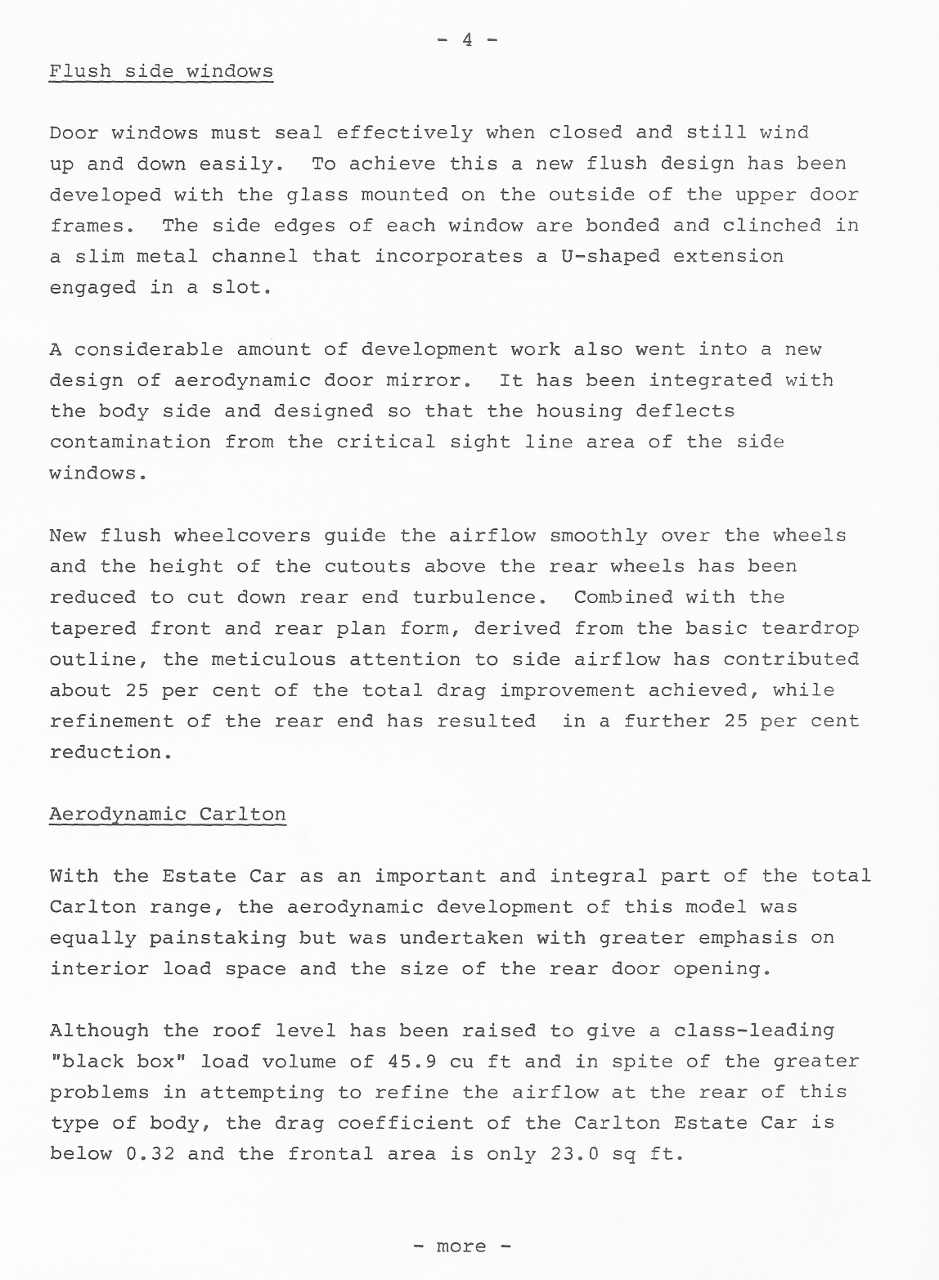
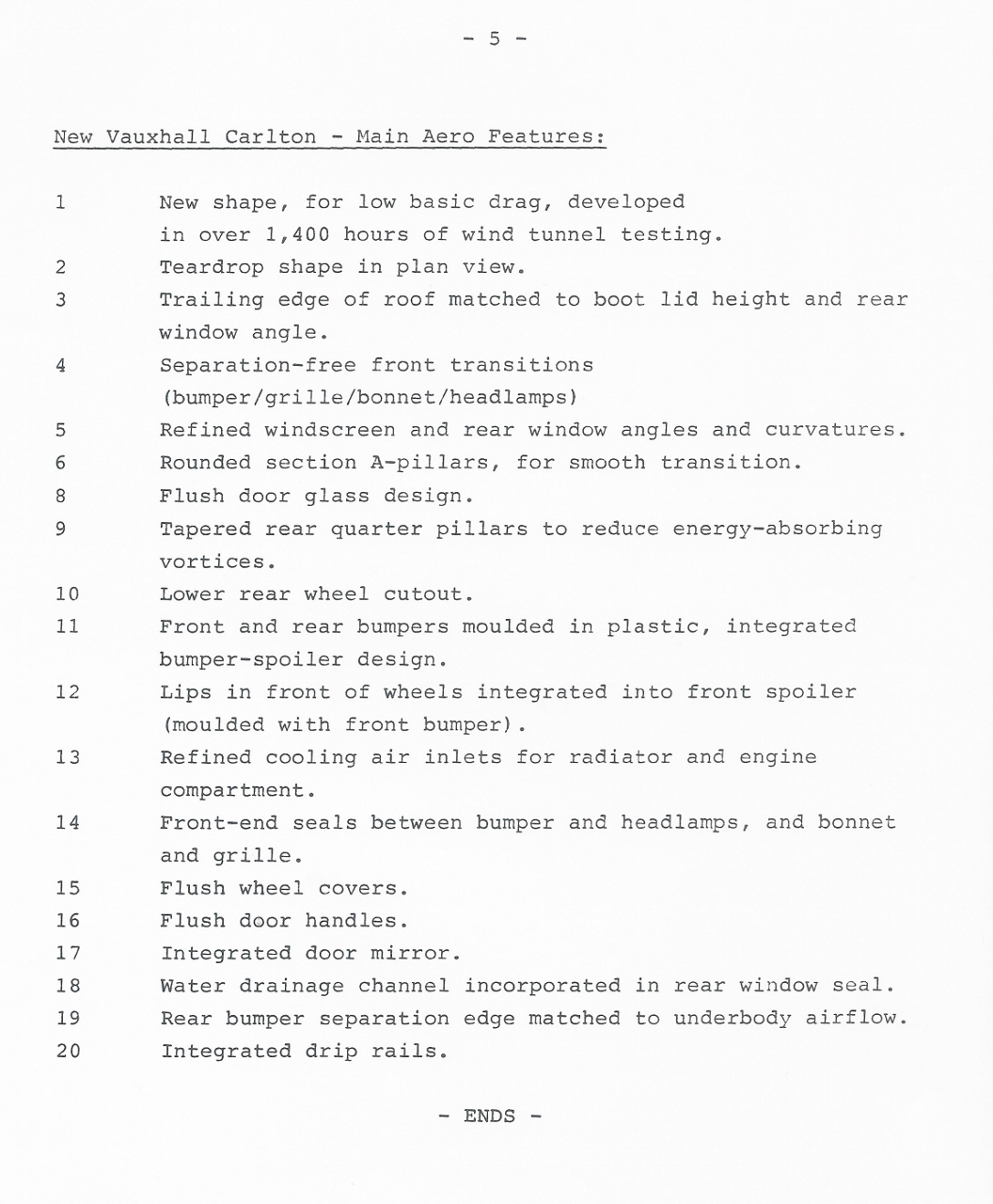
SECTION 4:
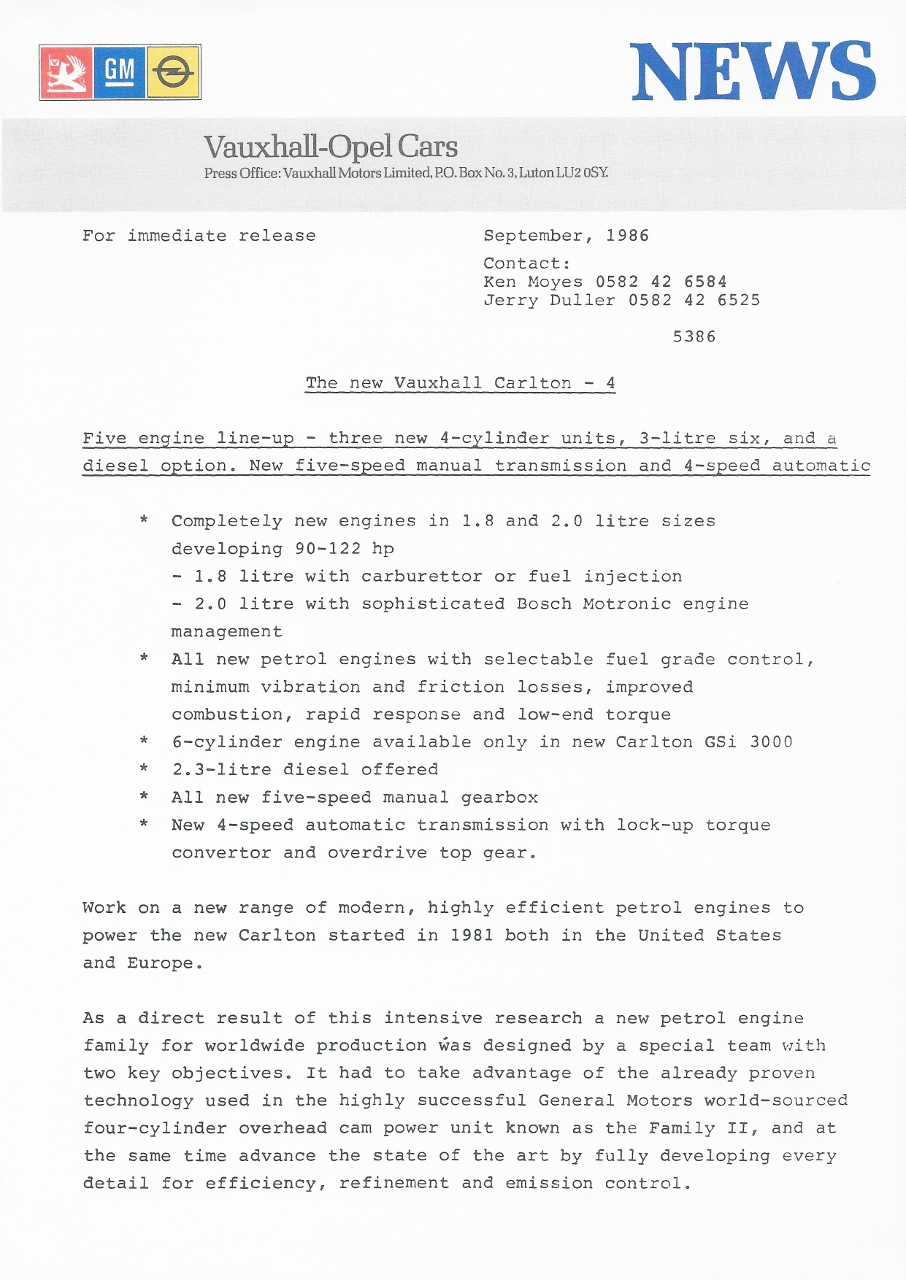
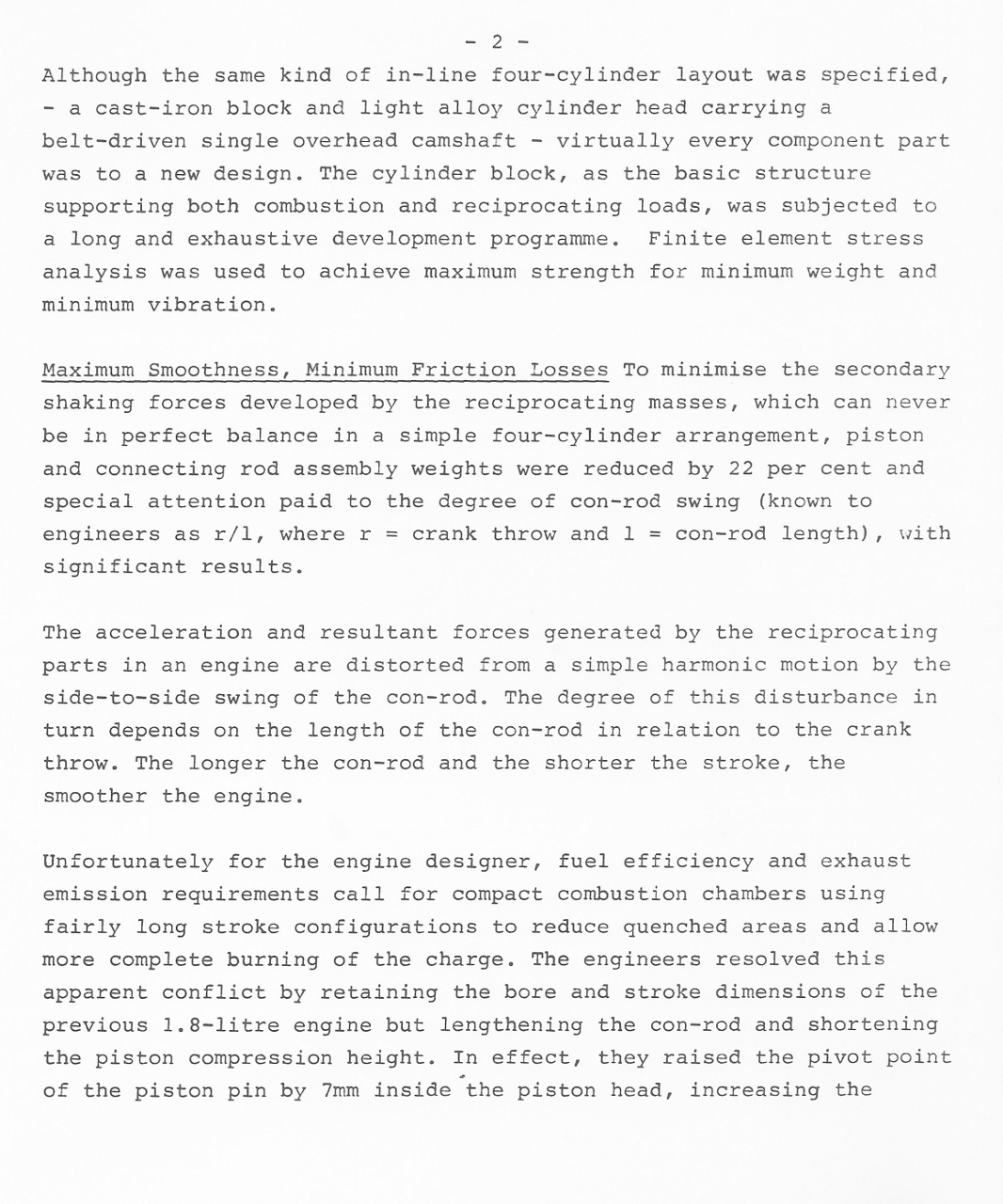
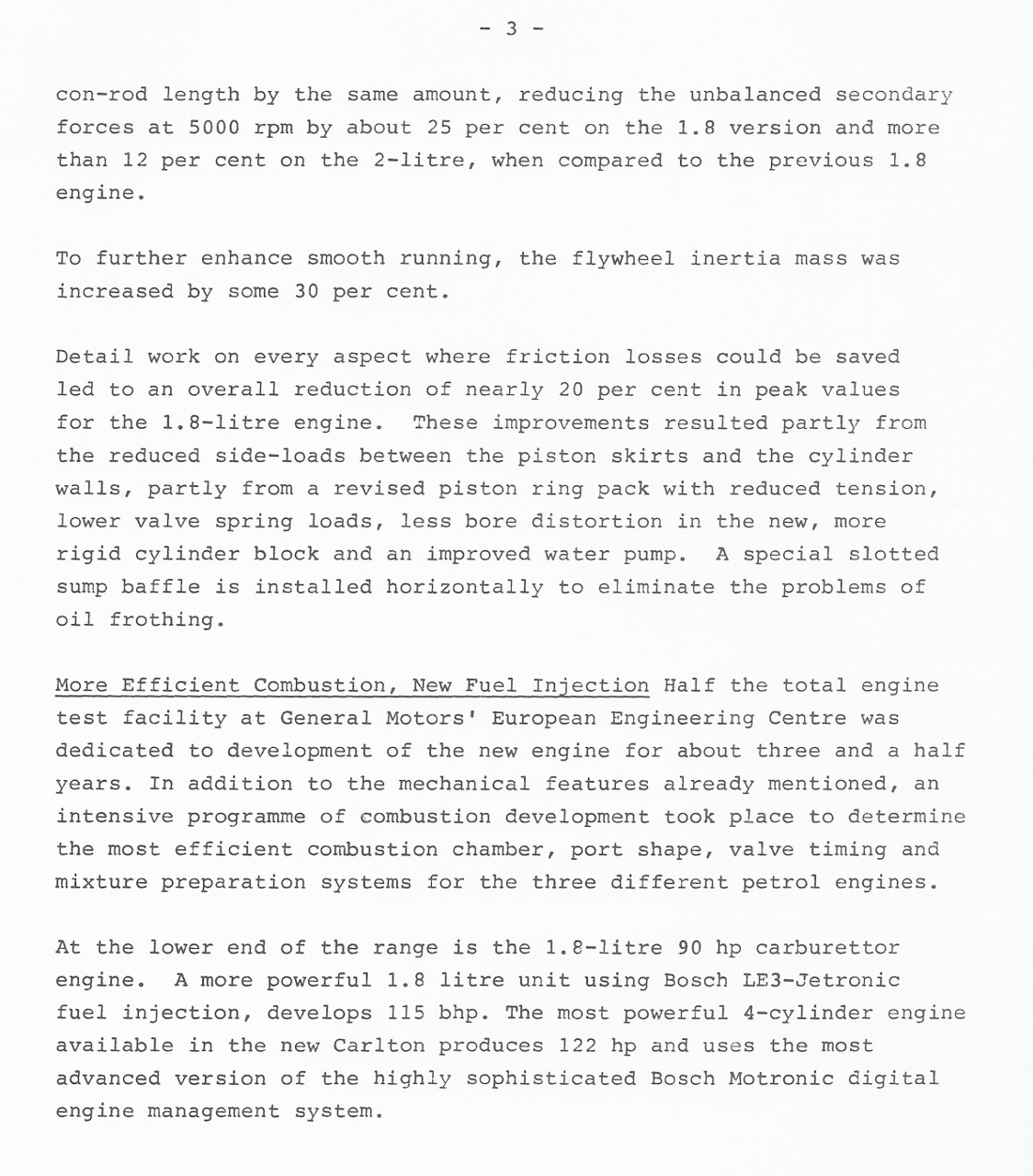
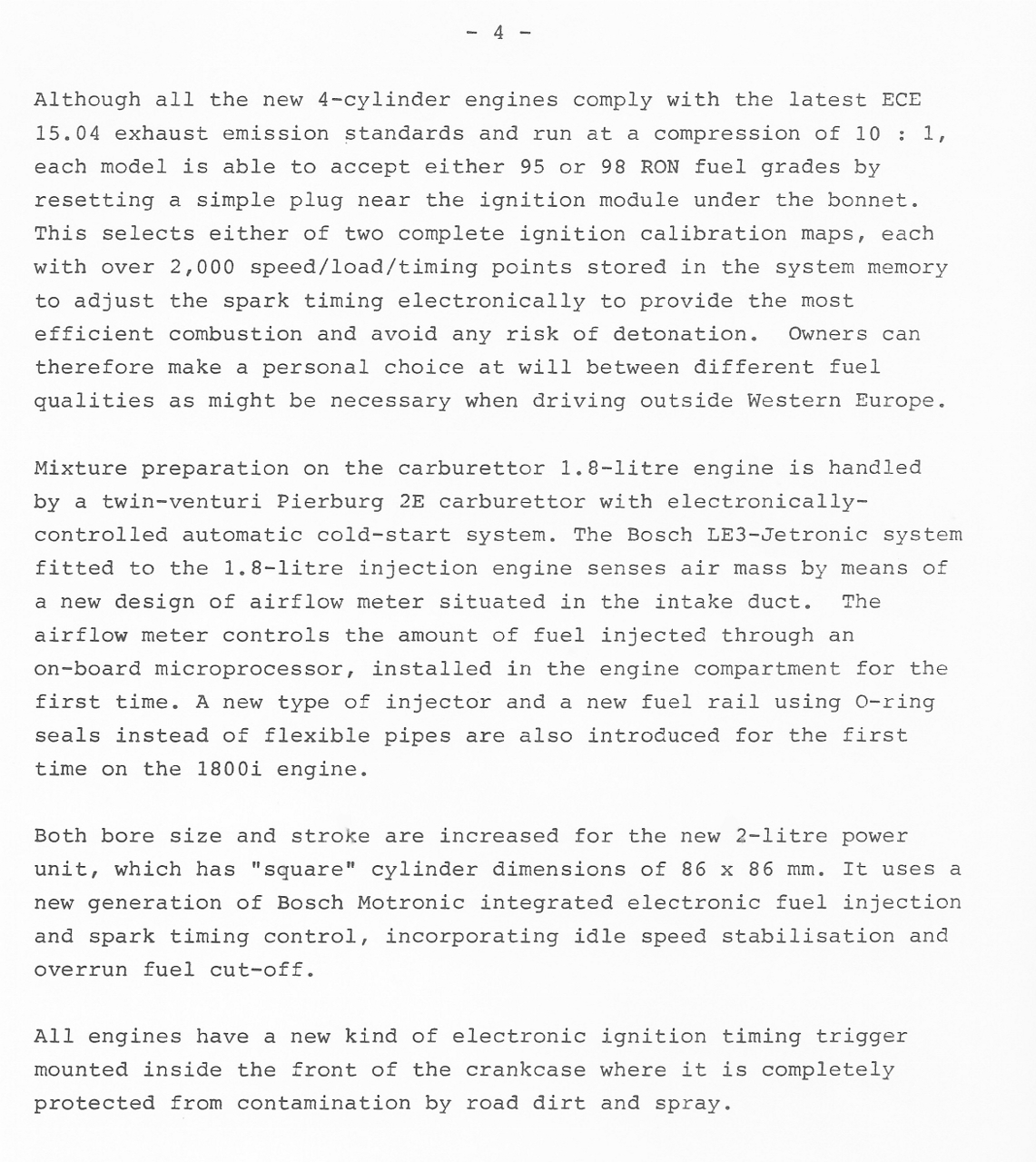
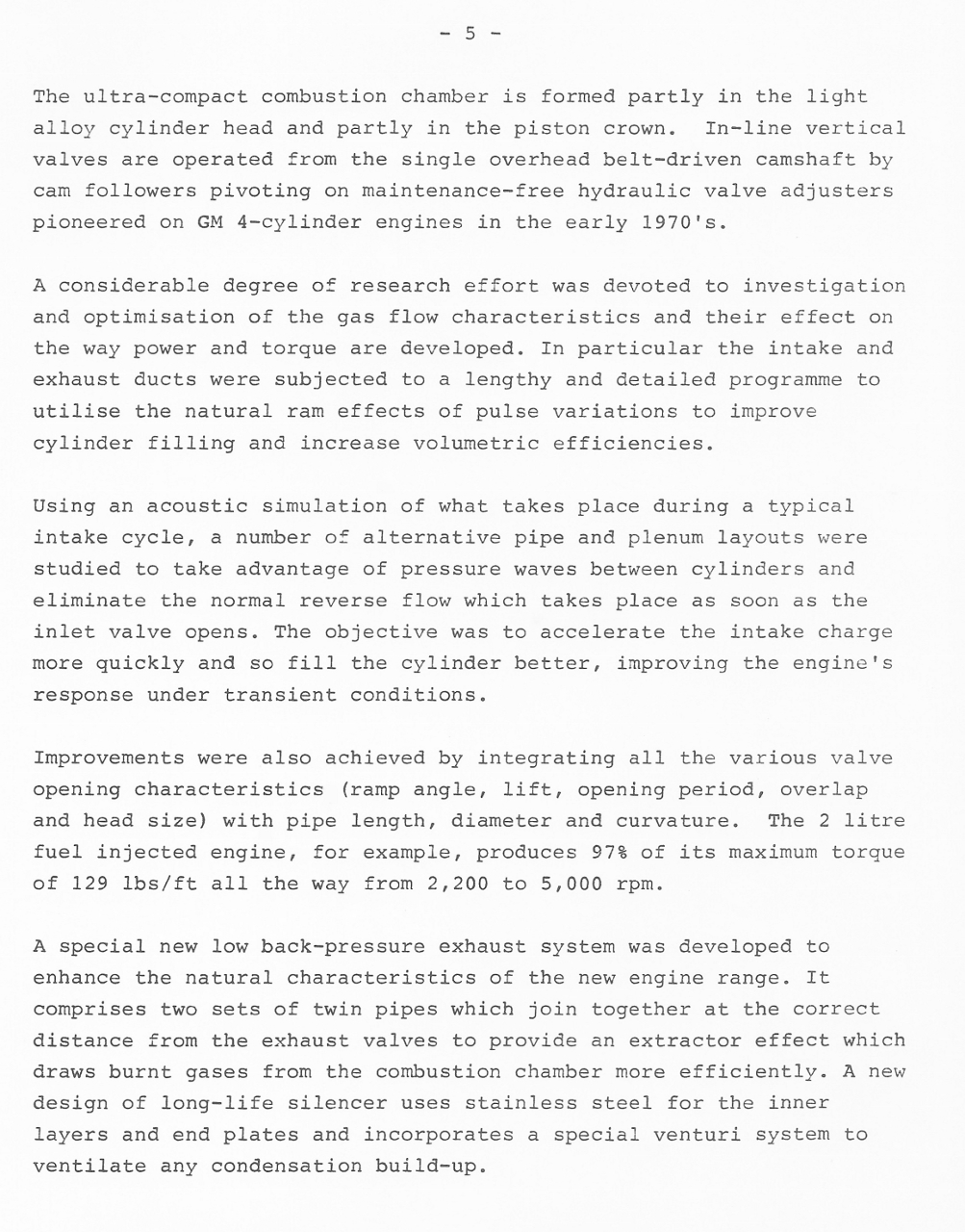
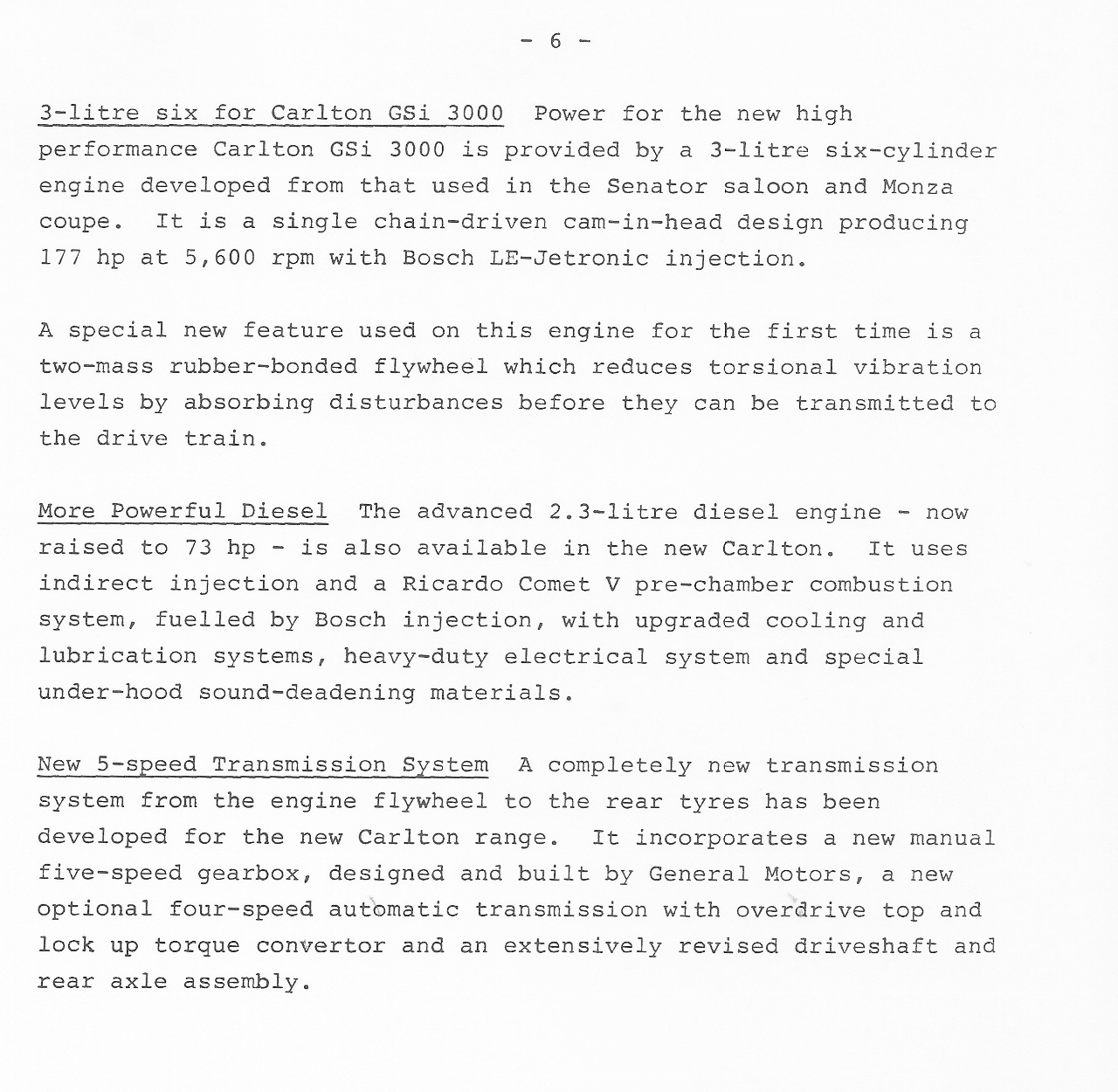
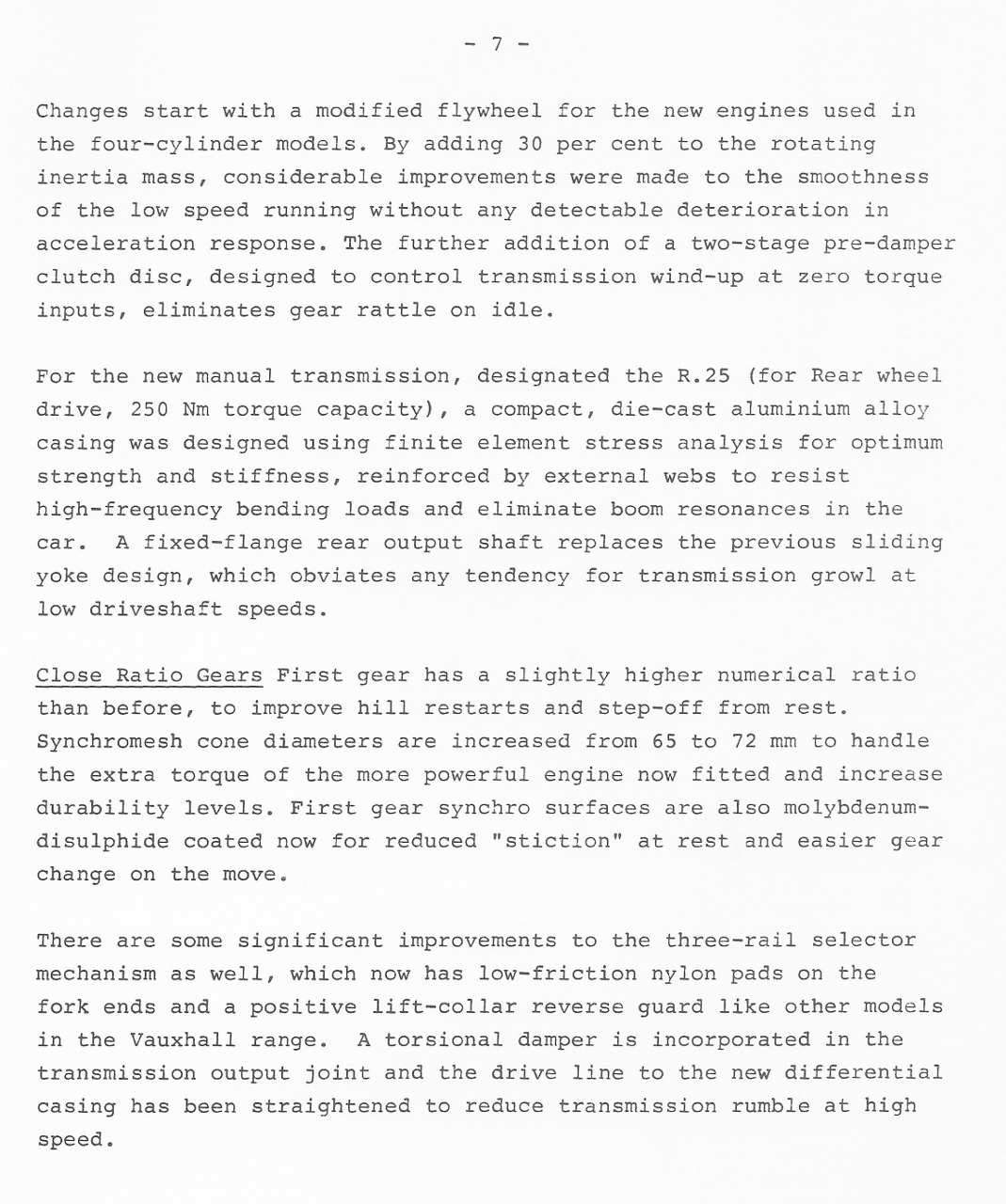
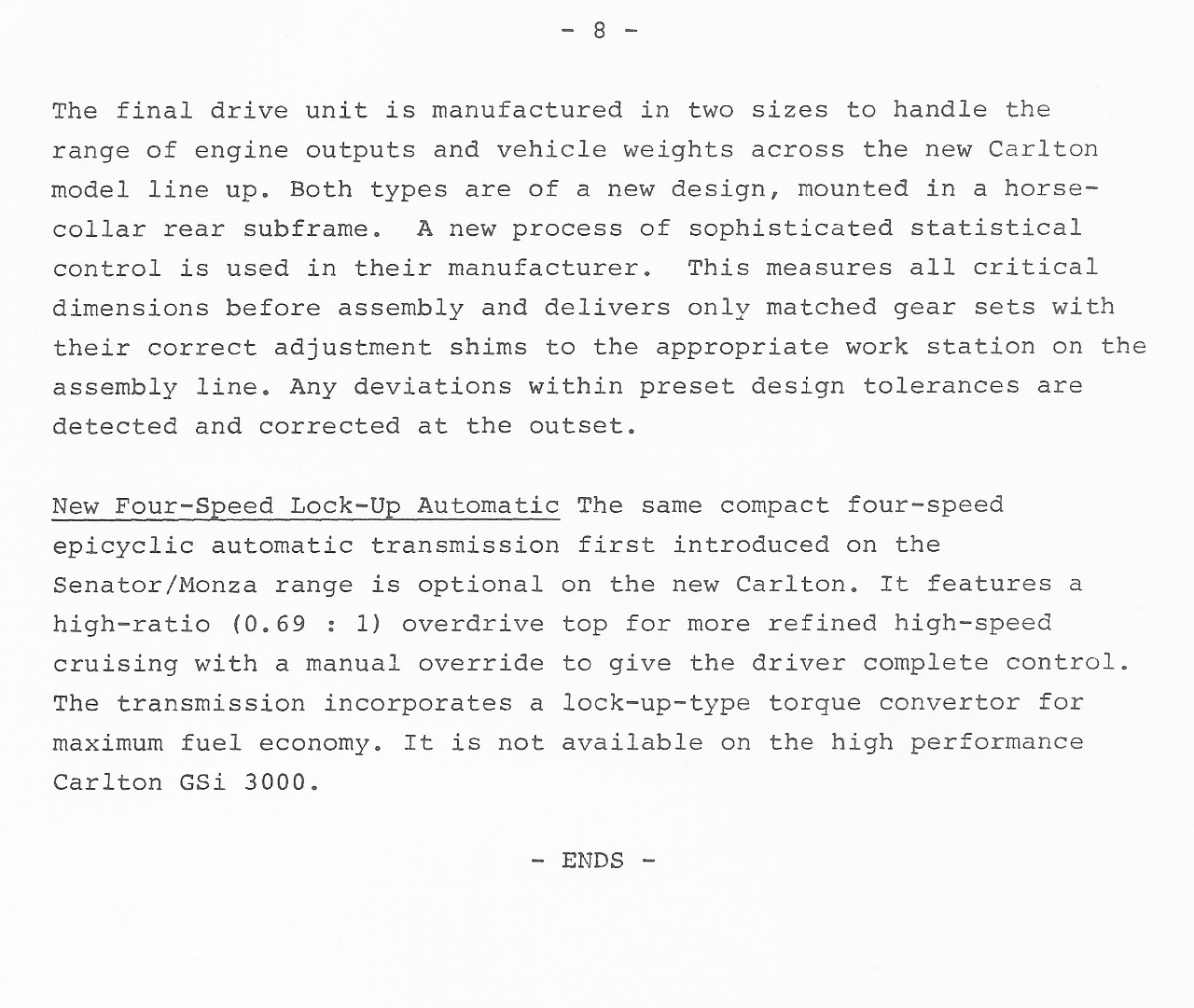
SECTION 5:
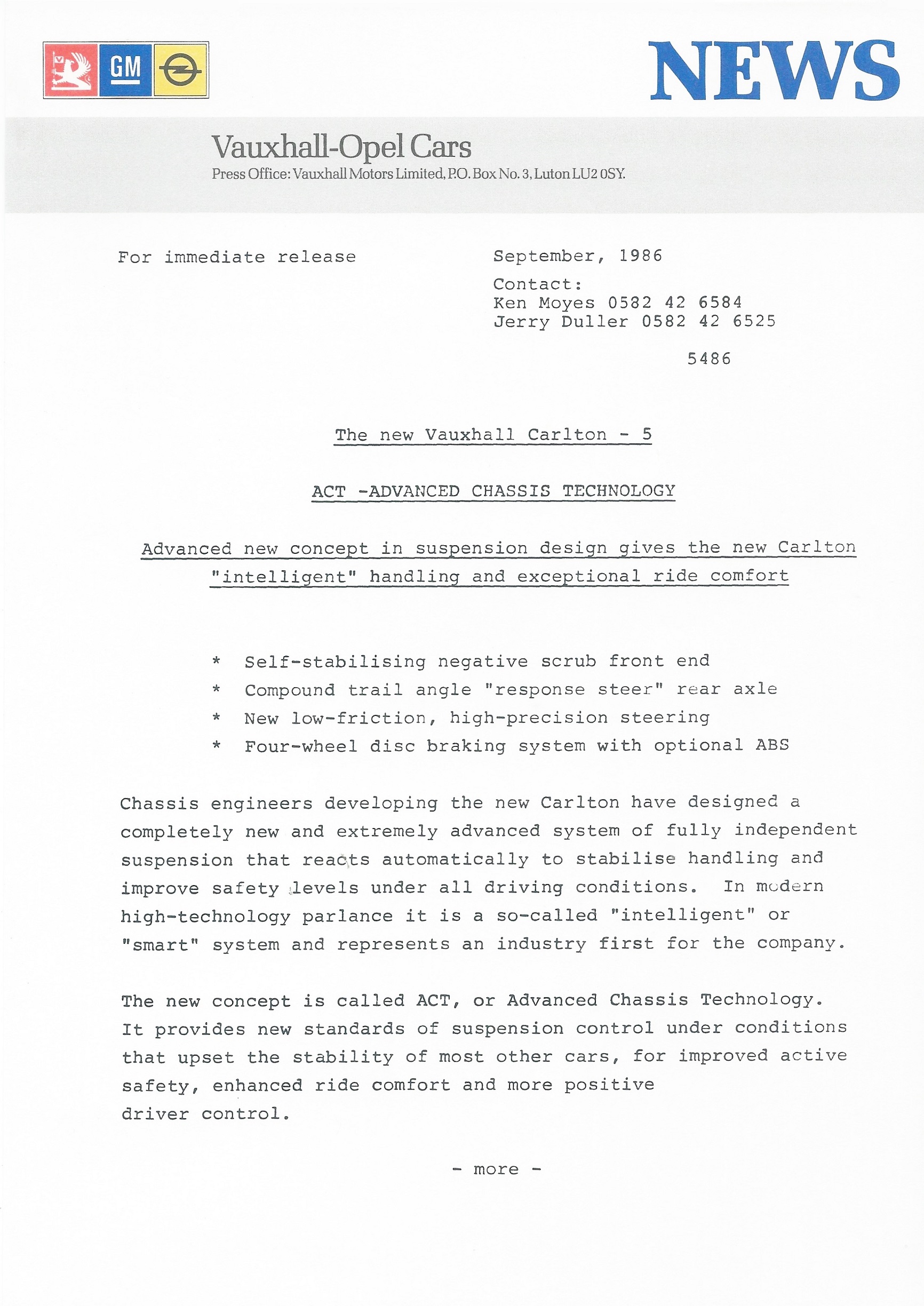
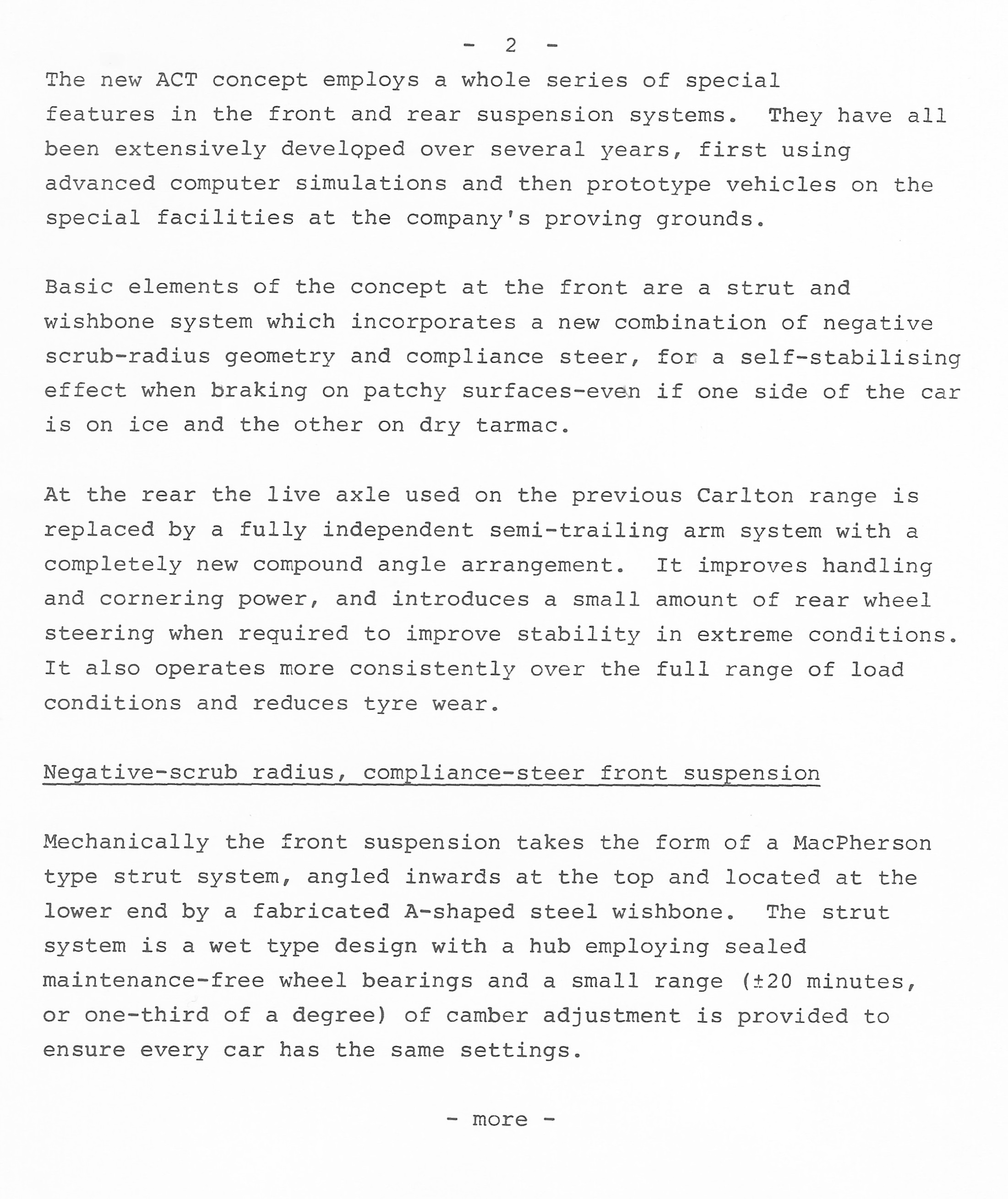
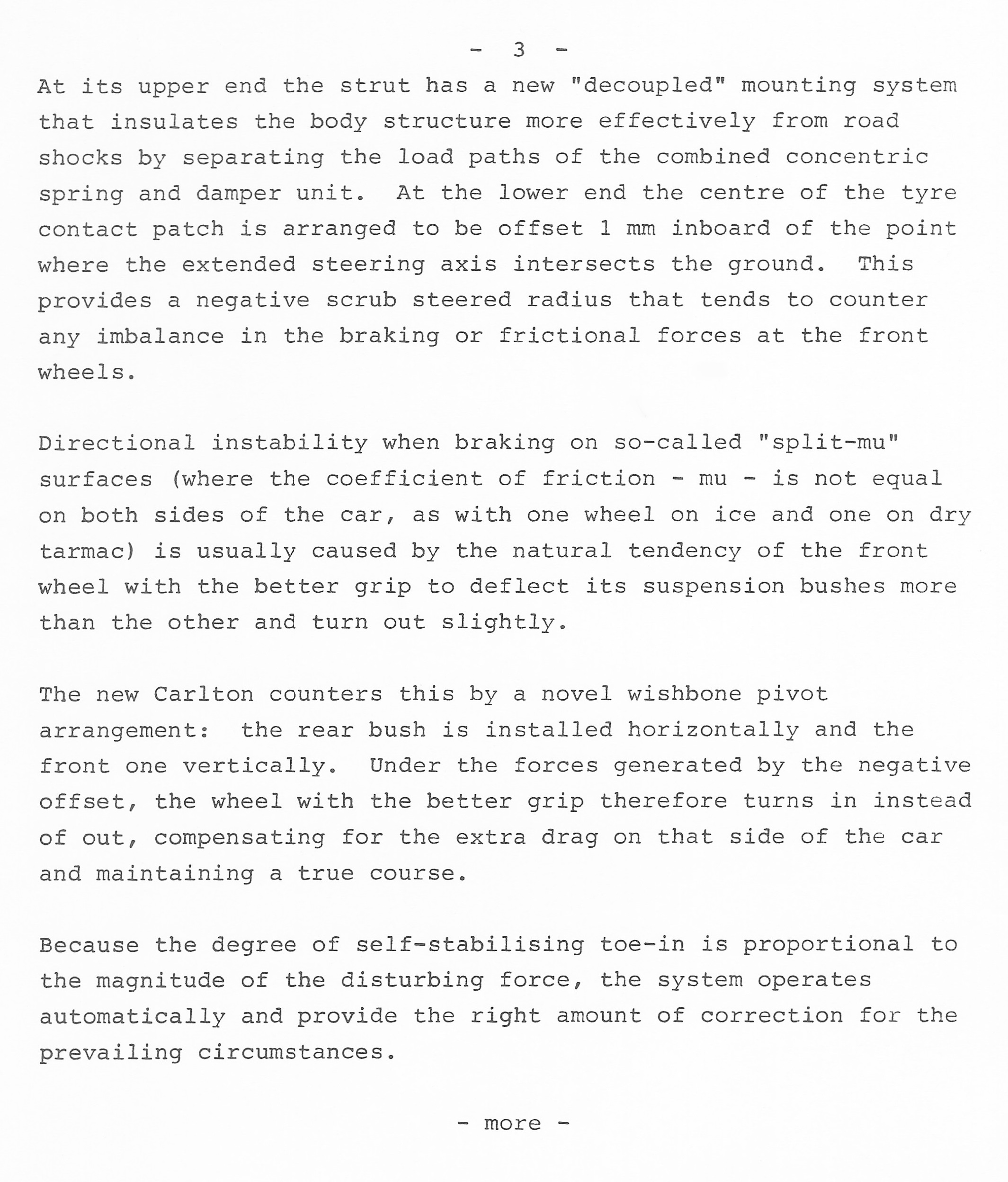
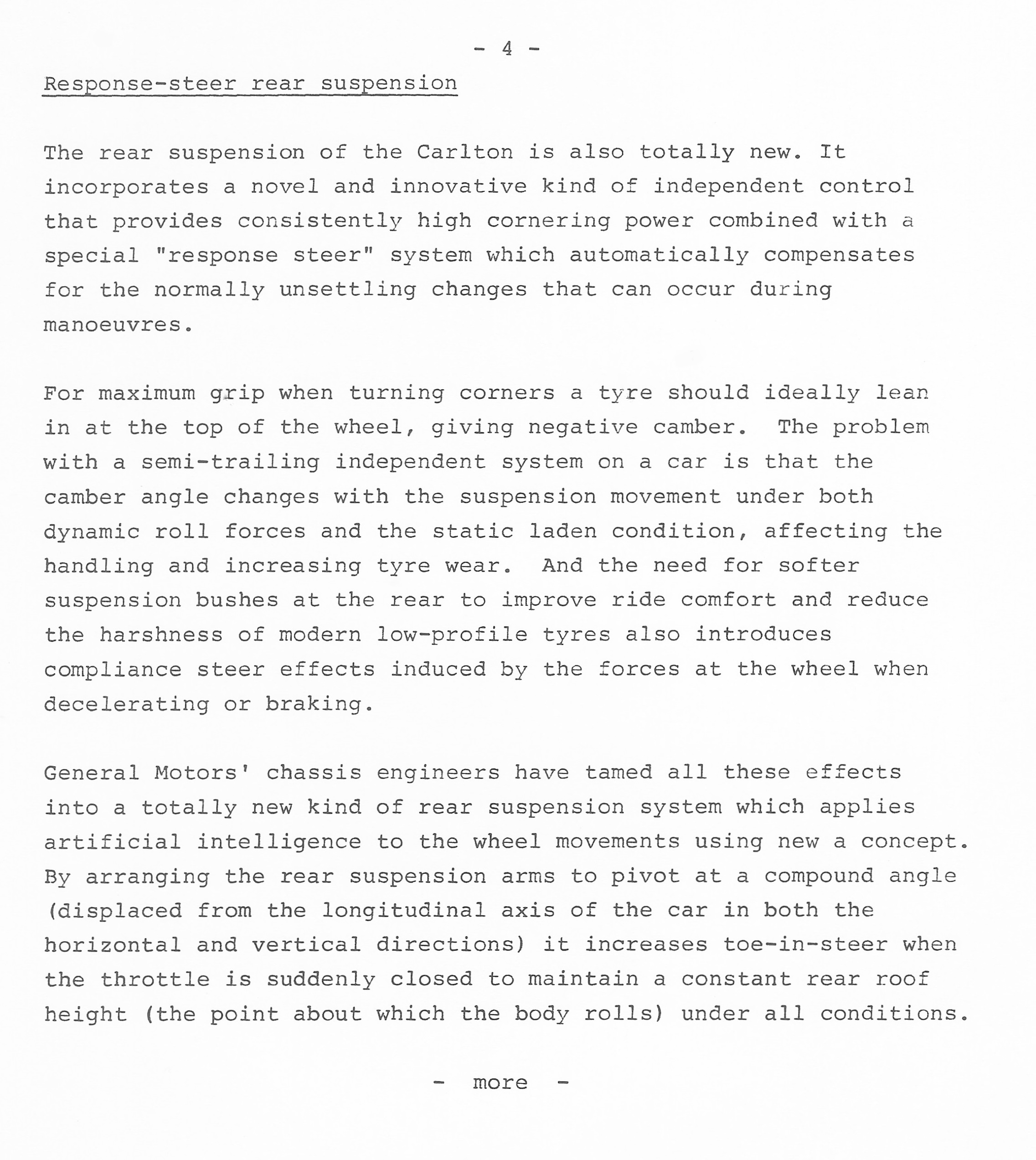
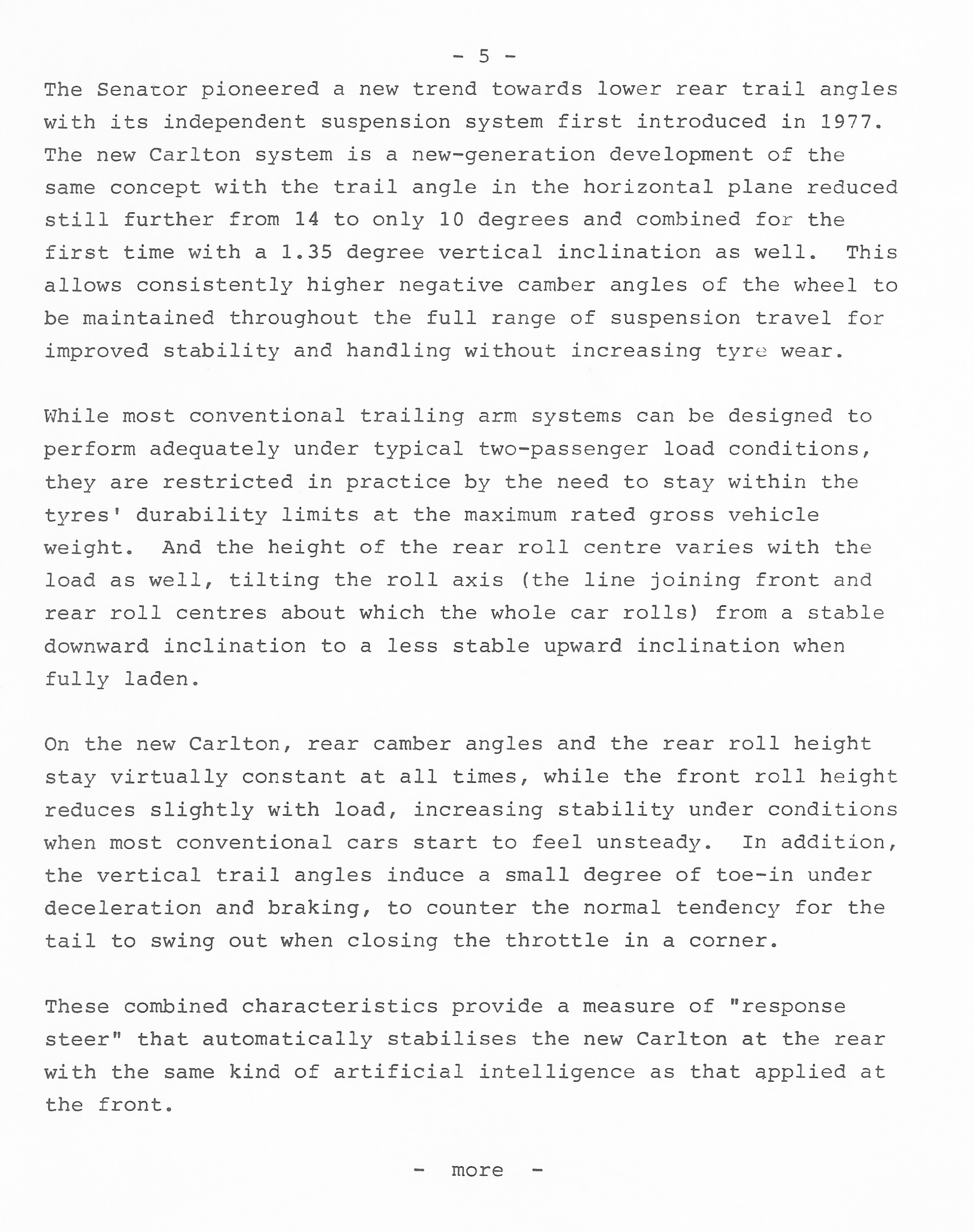
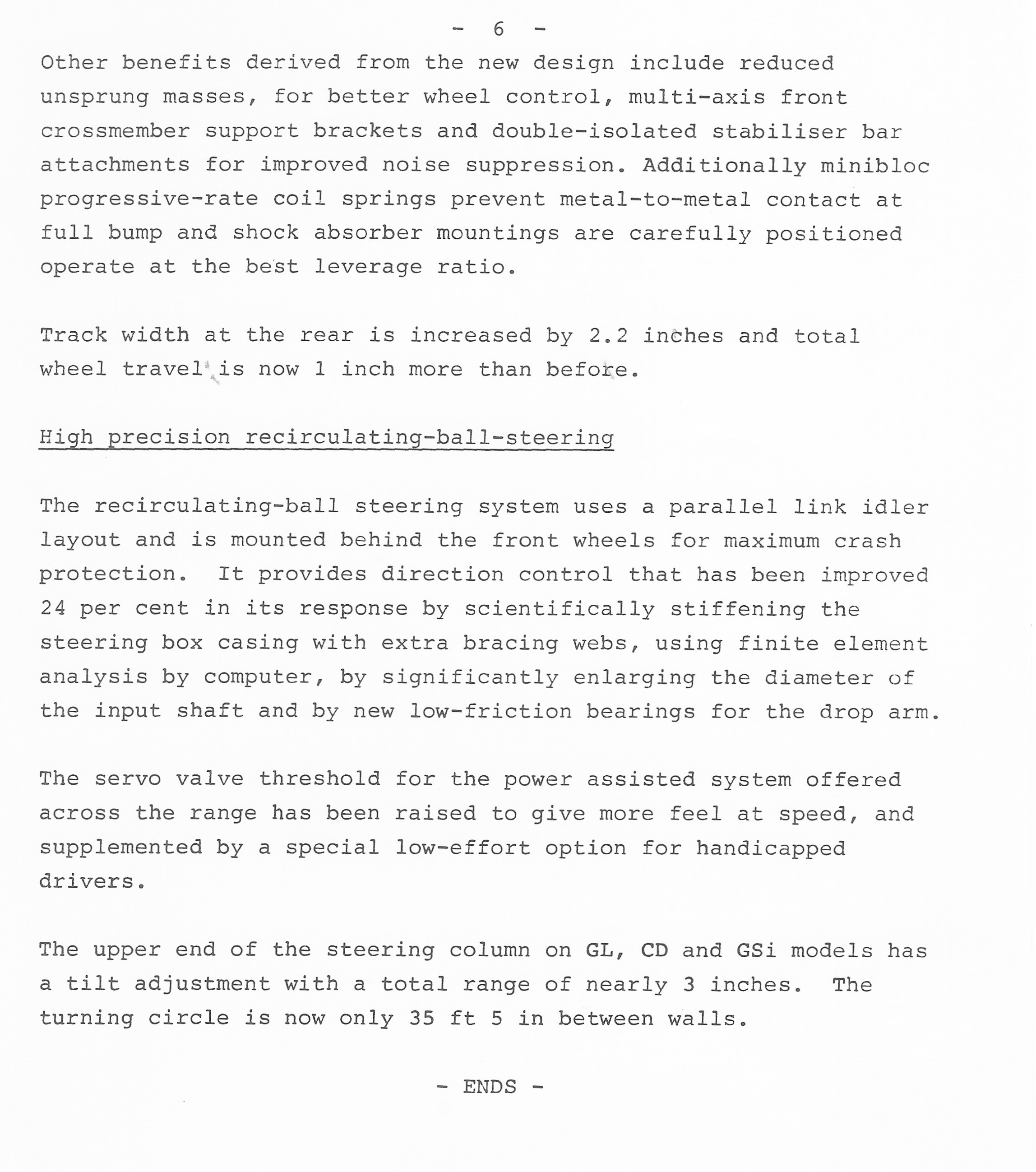
SECTION 6:
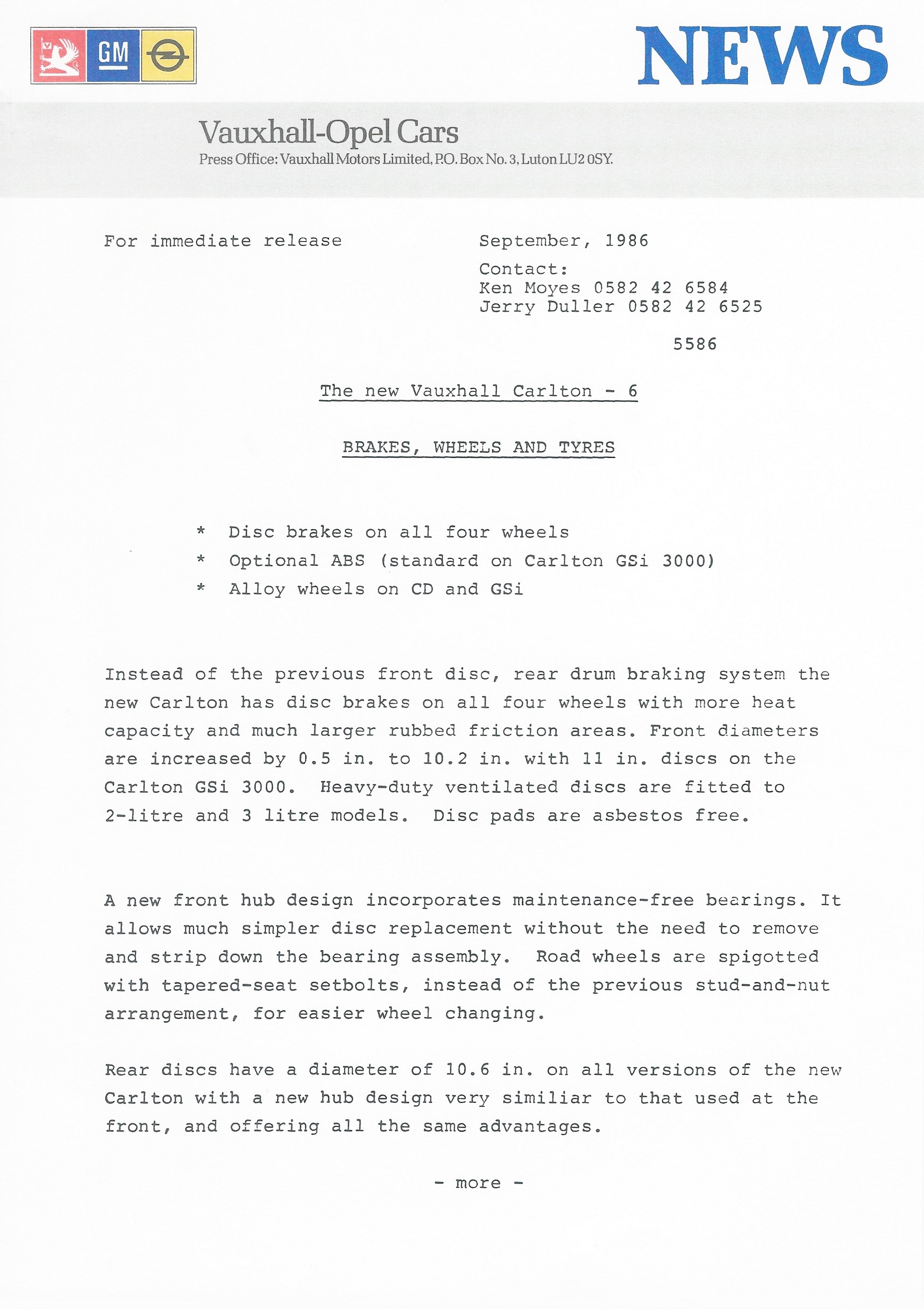
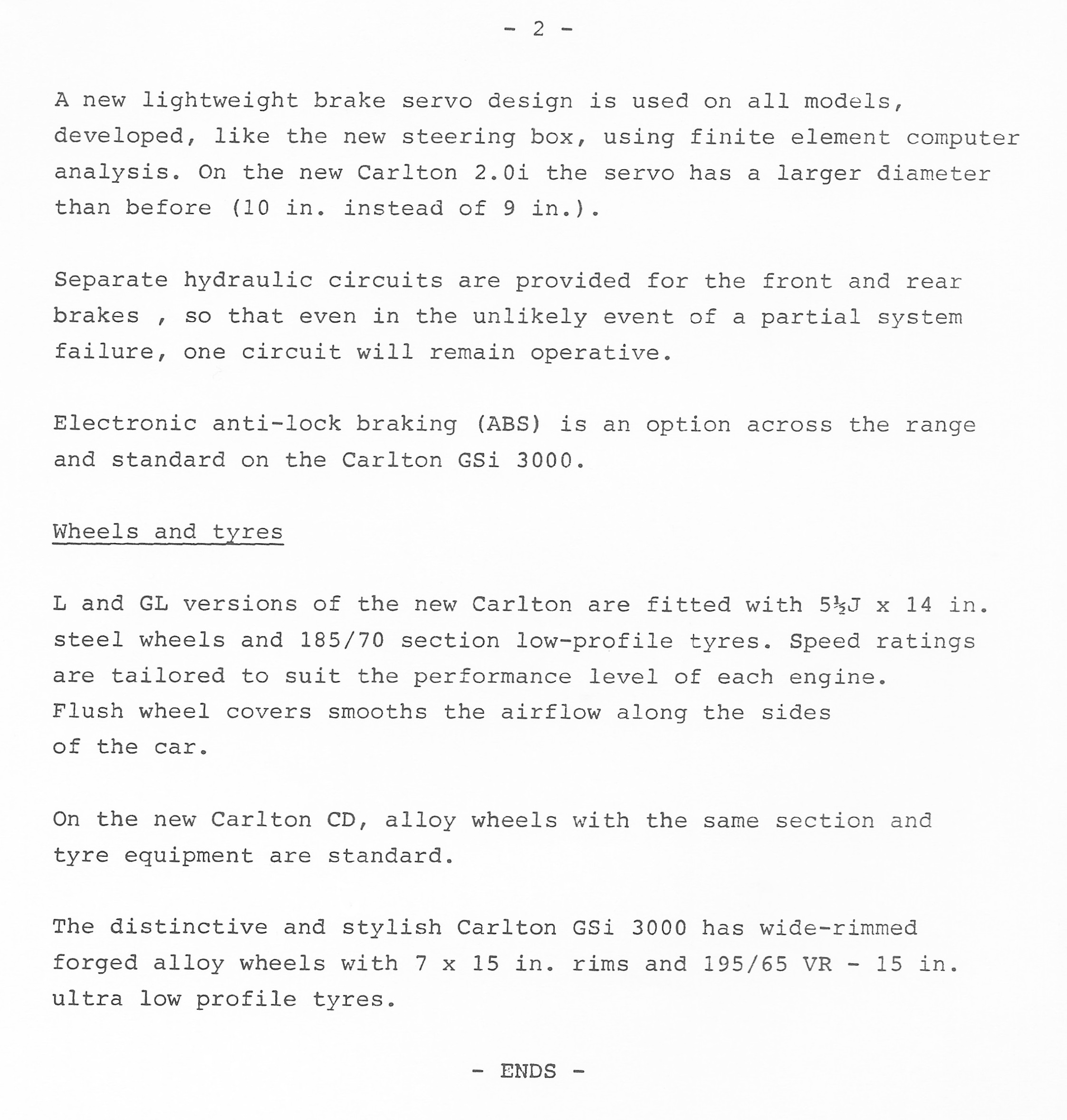
SECTION 7:
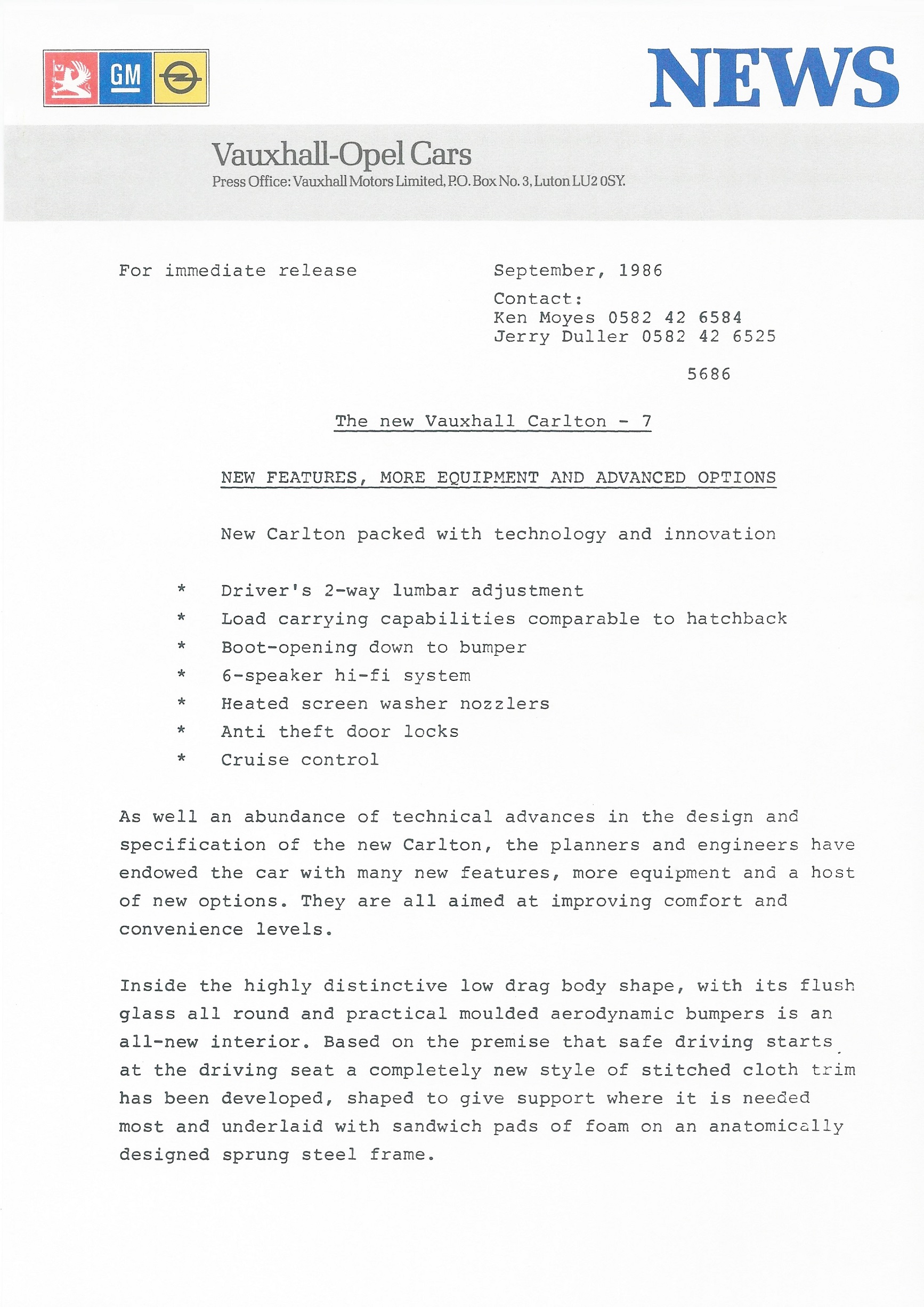
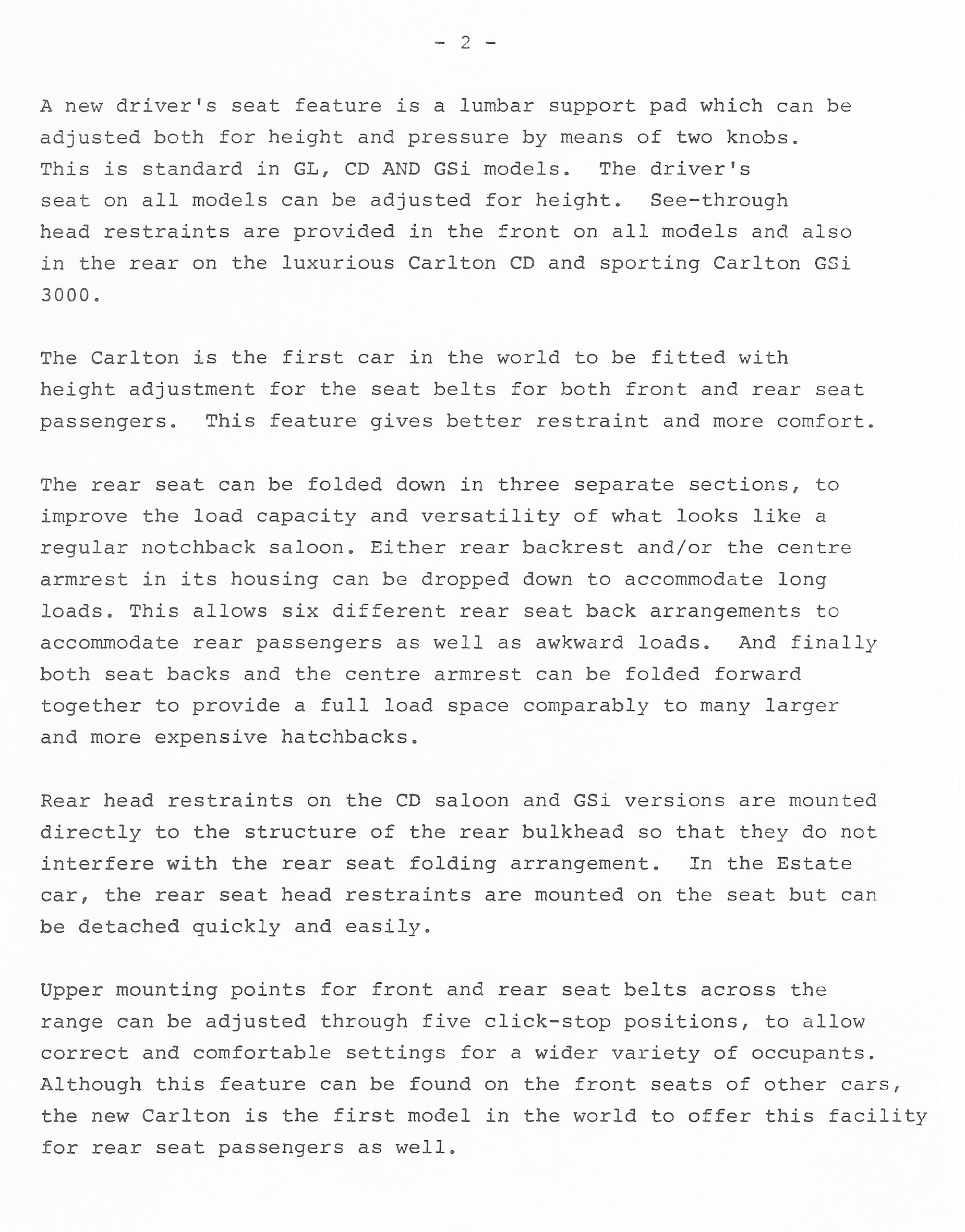
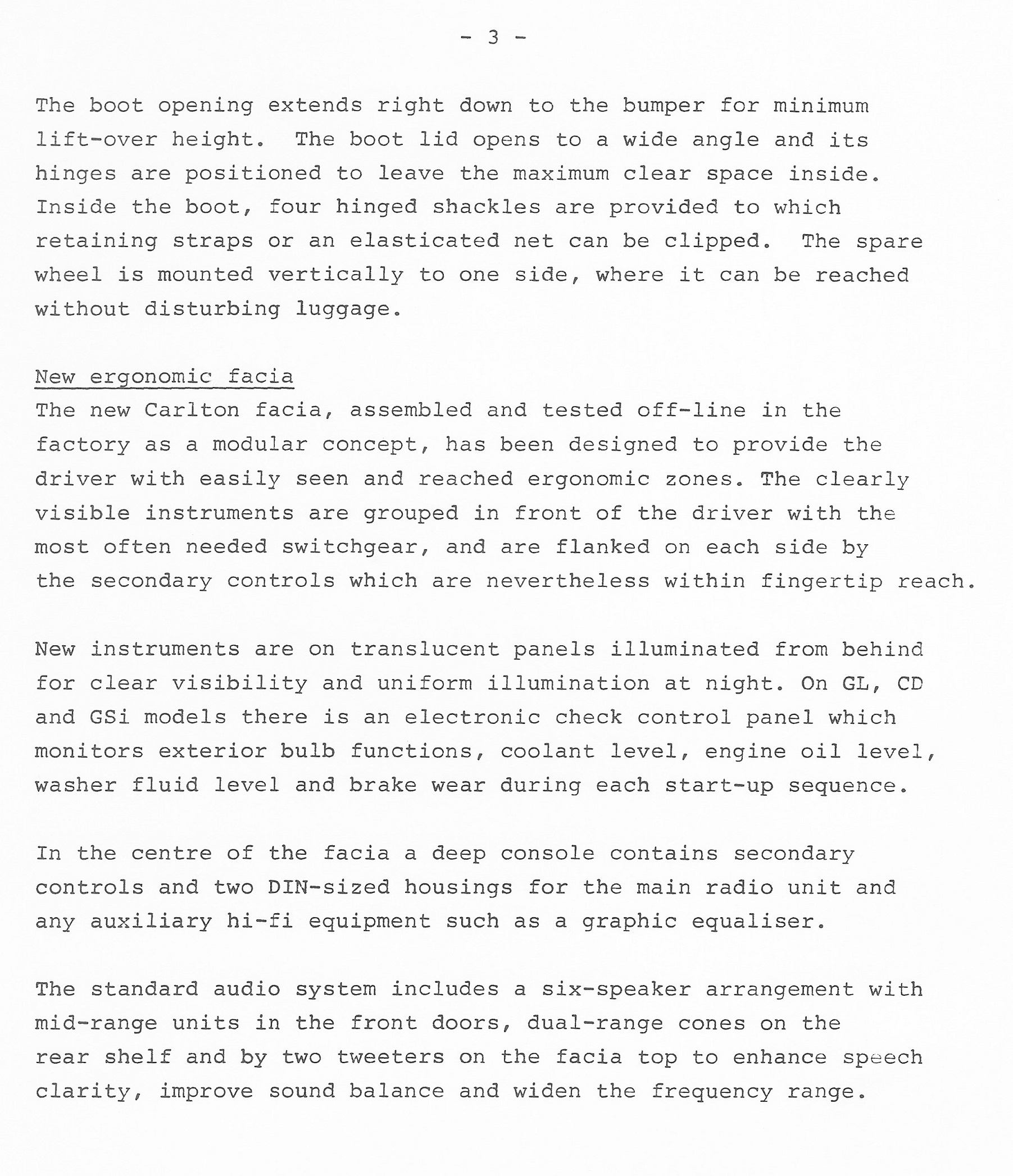
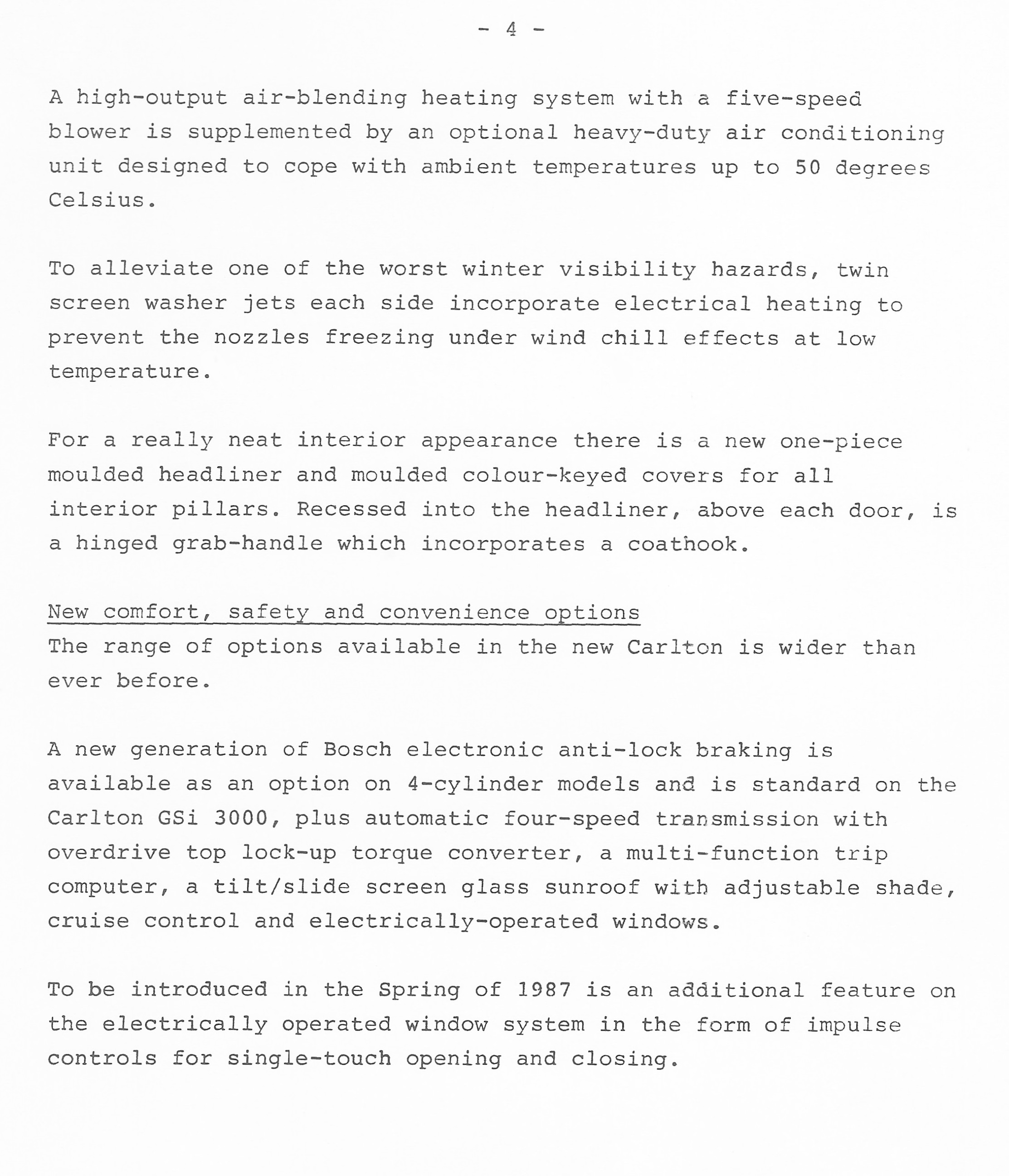
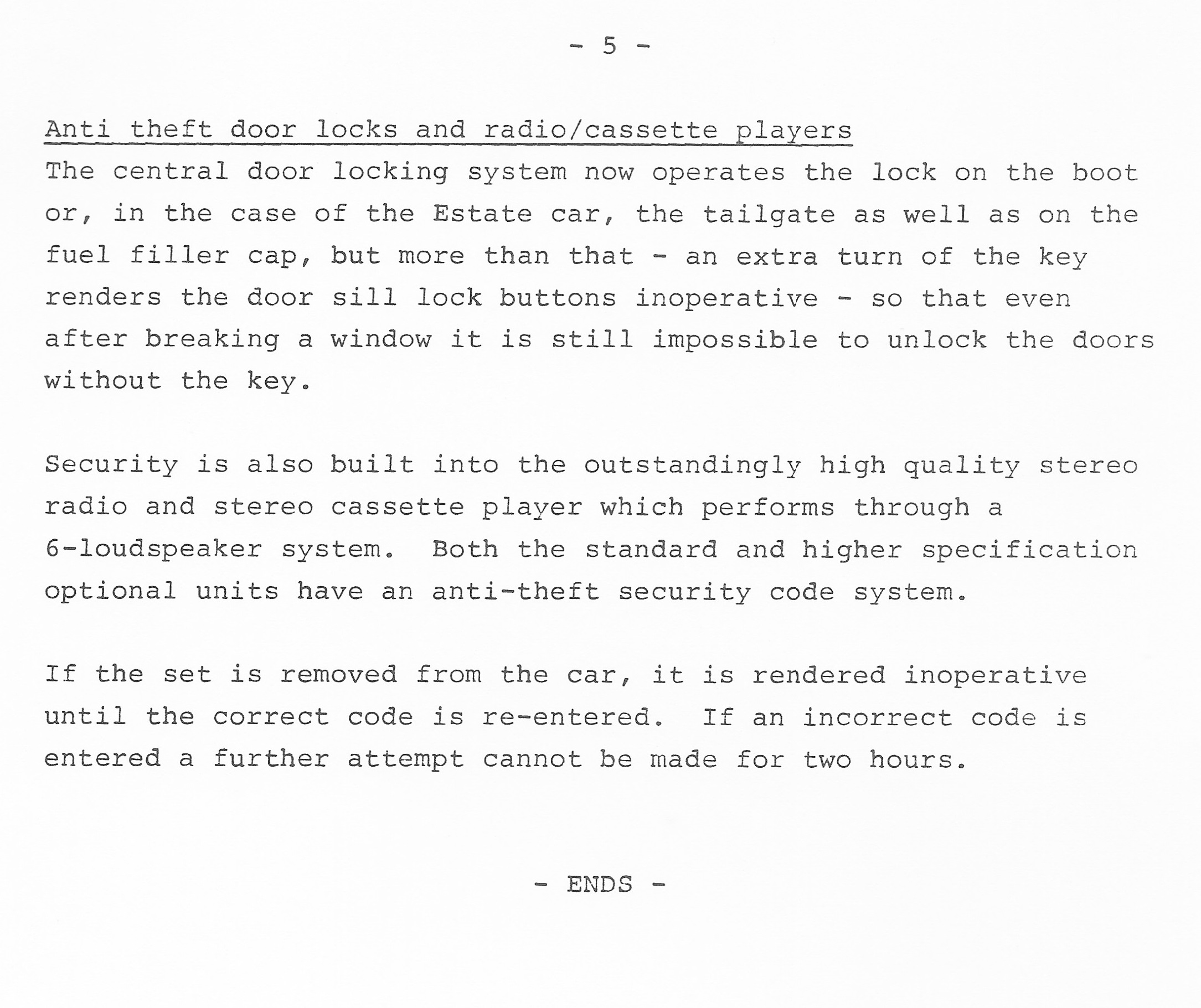
SECTION 8:
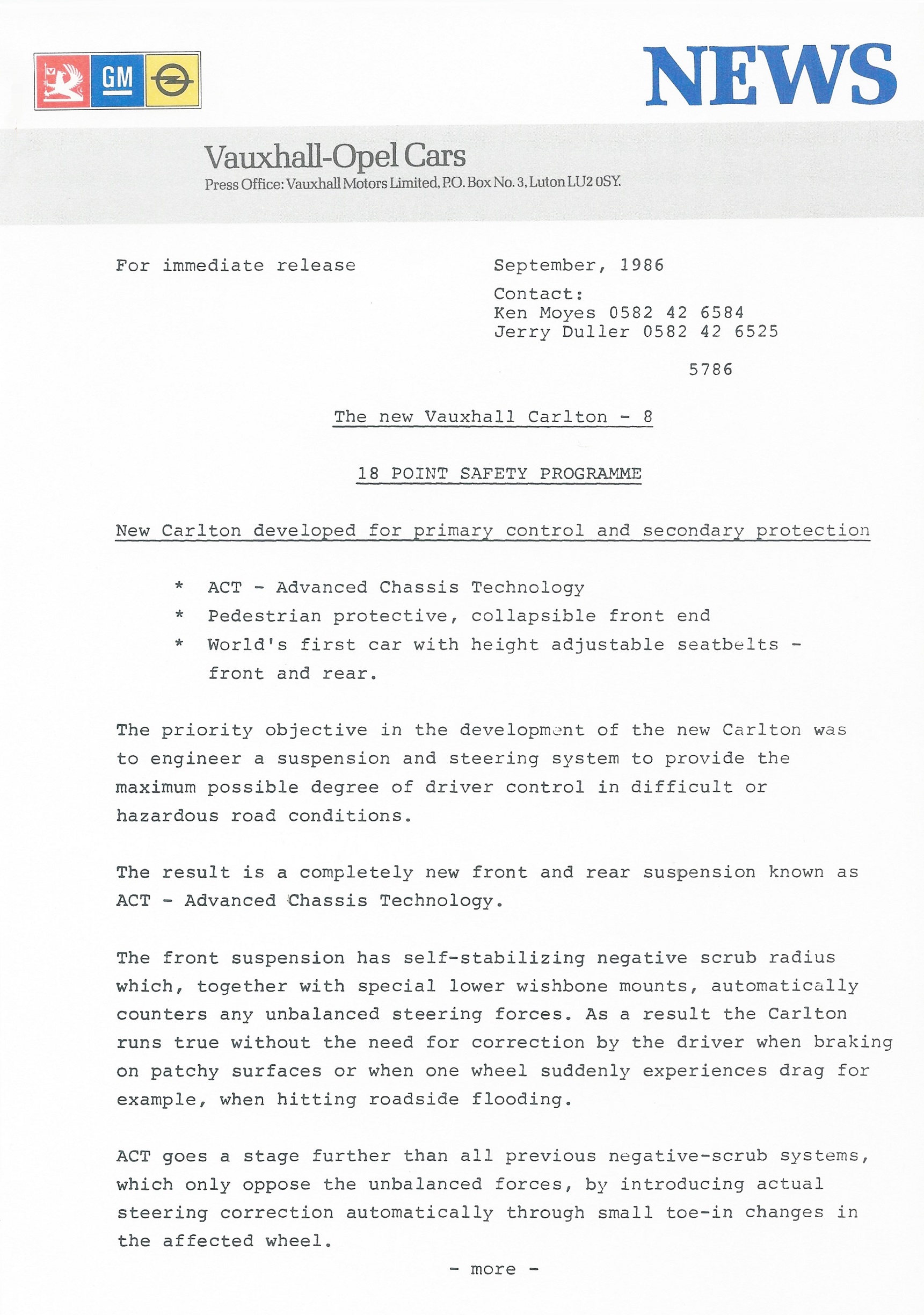
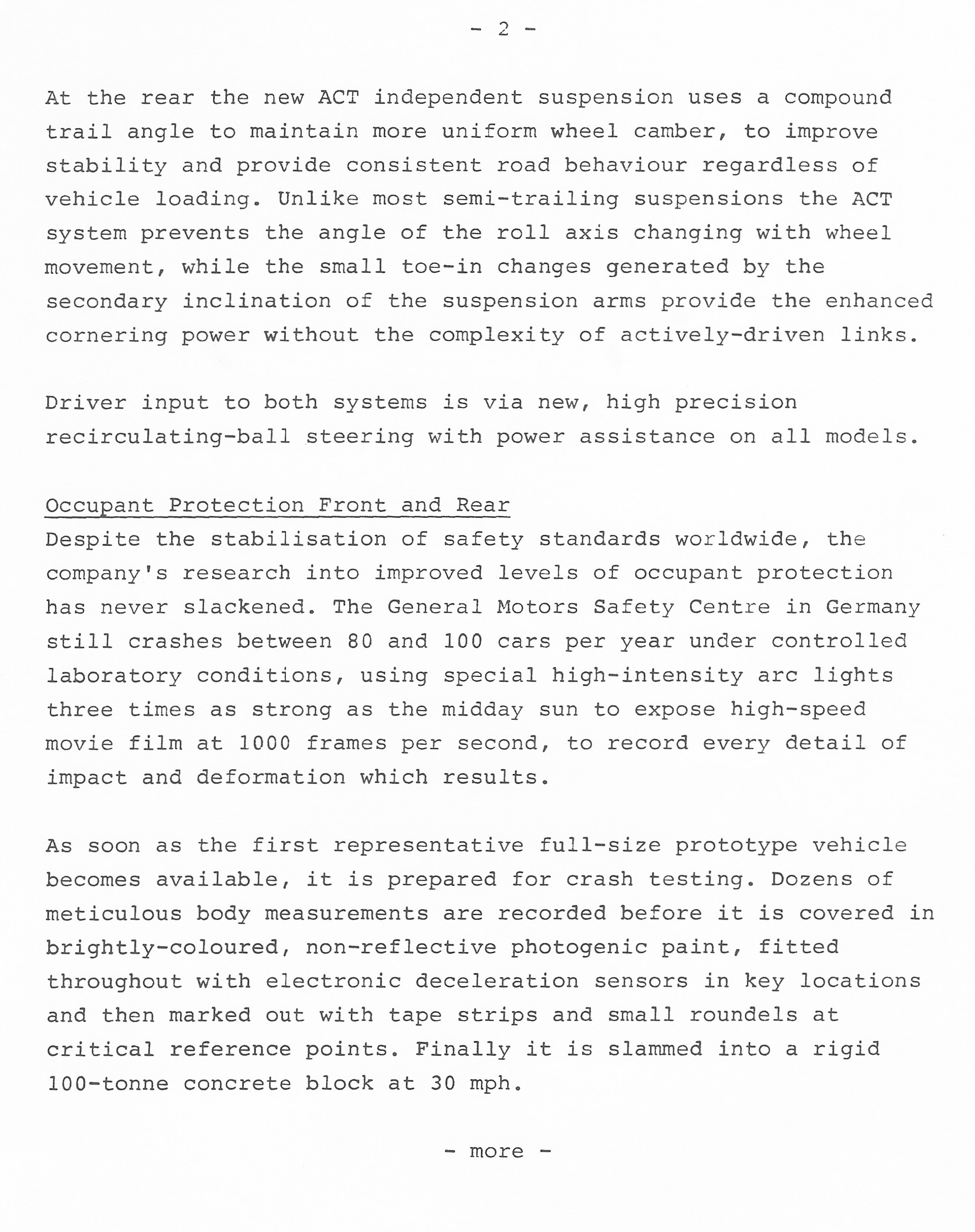
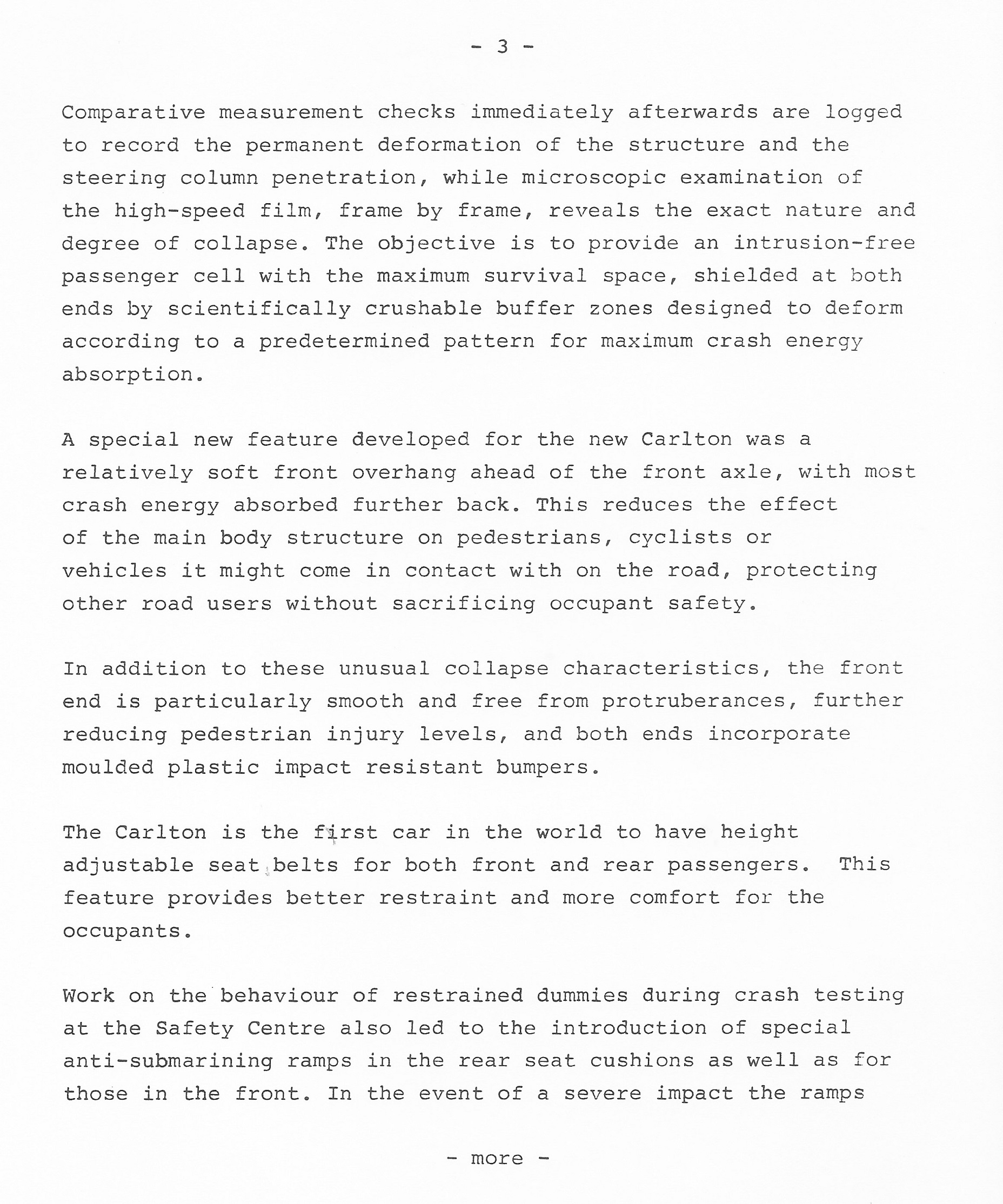
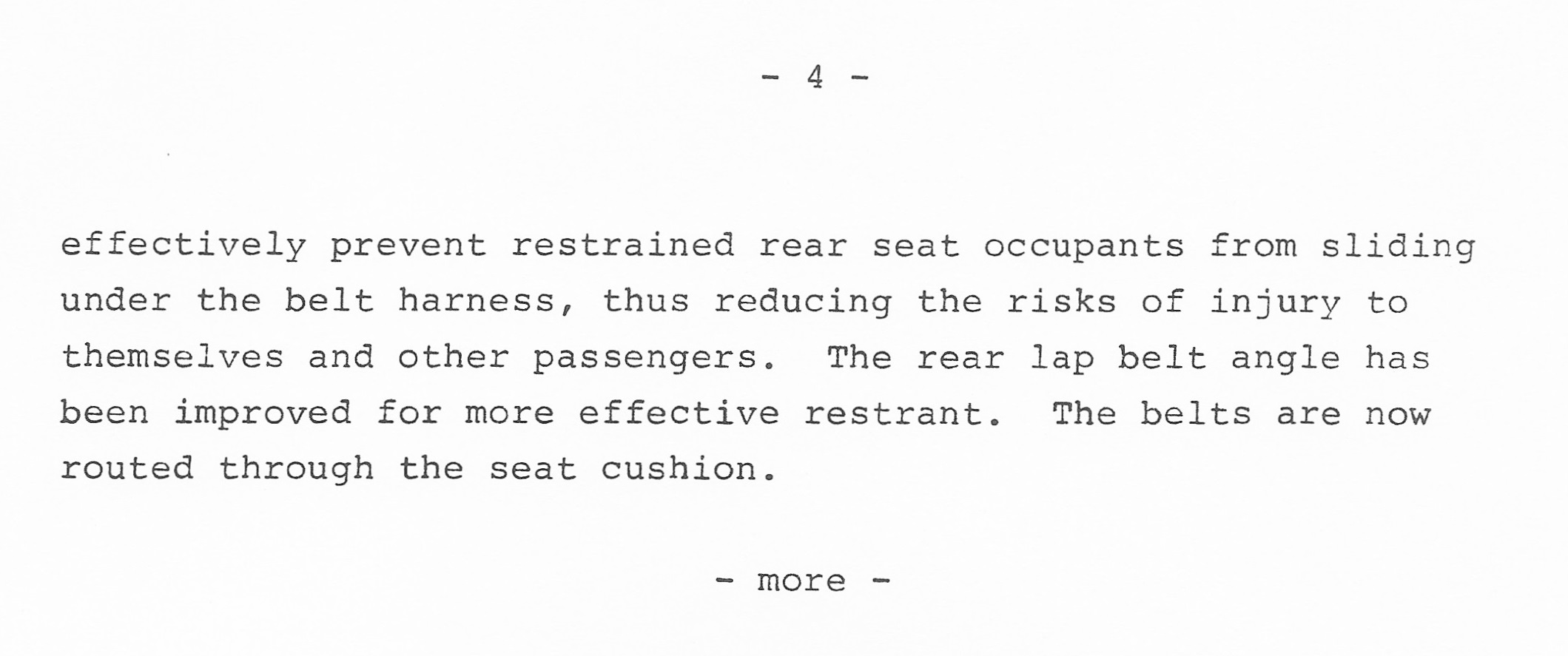
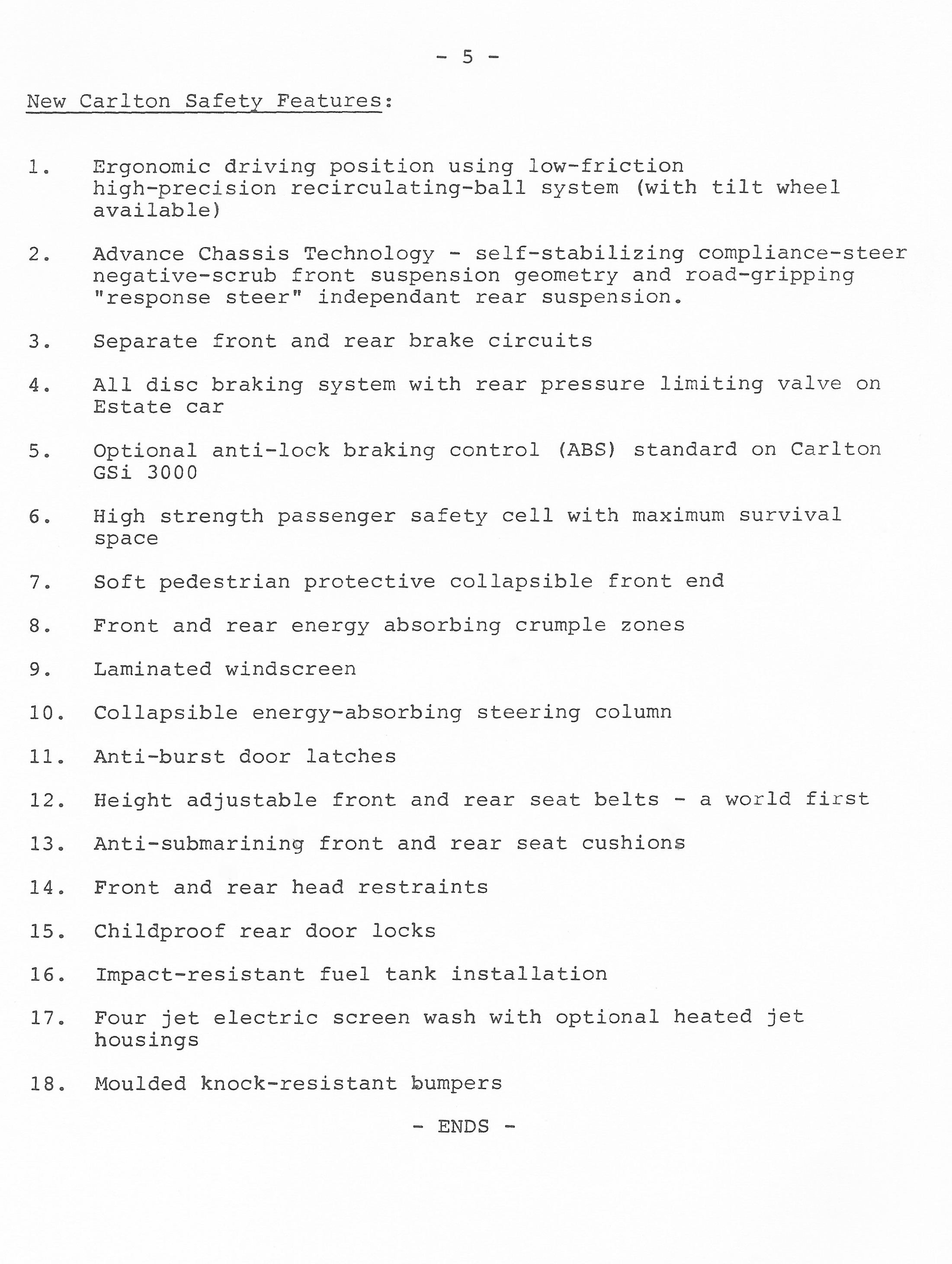
SECTION 9:
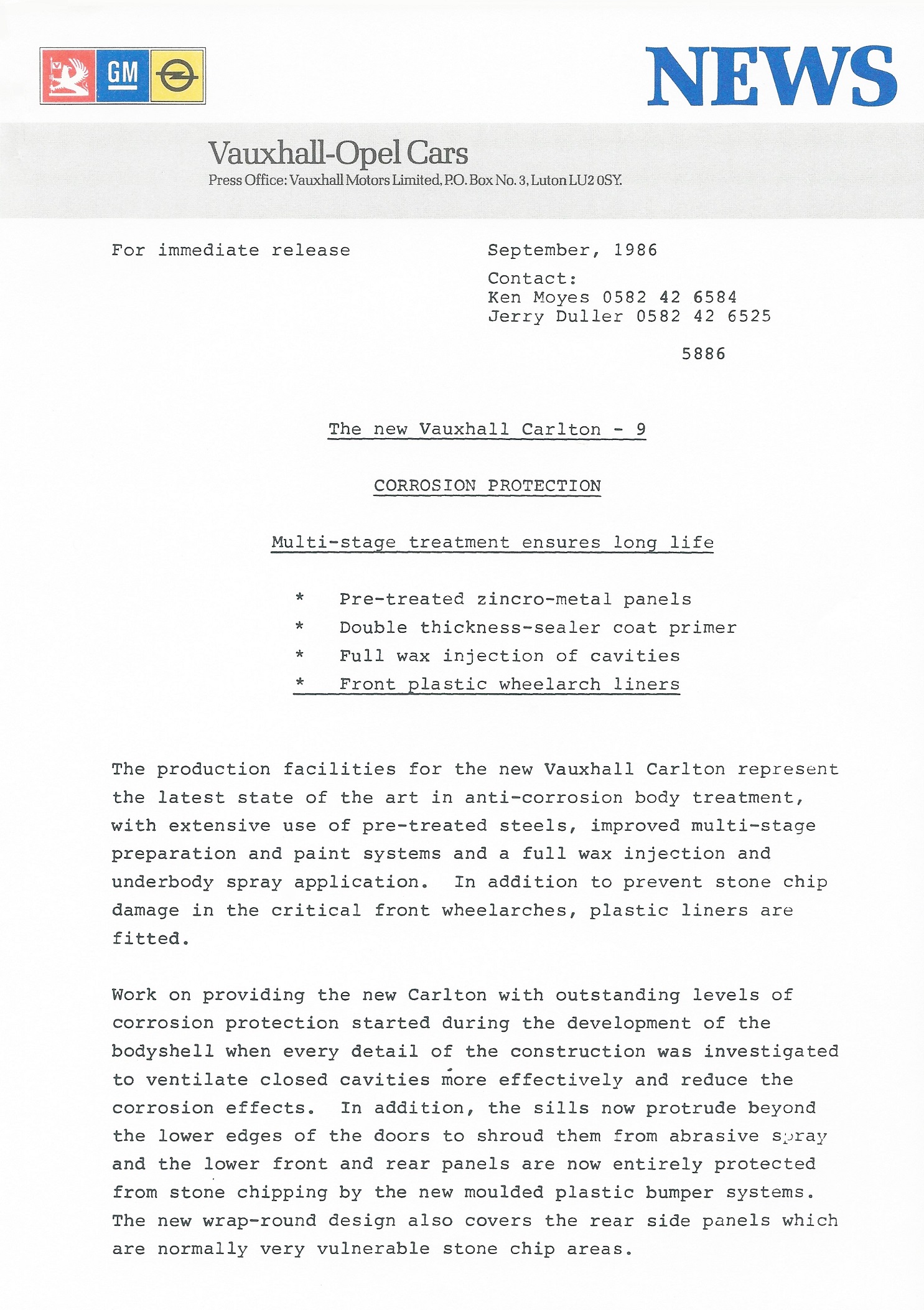
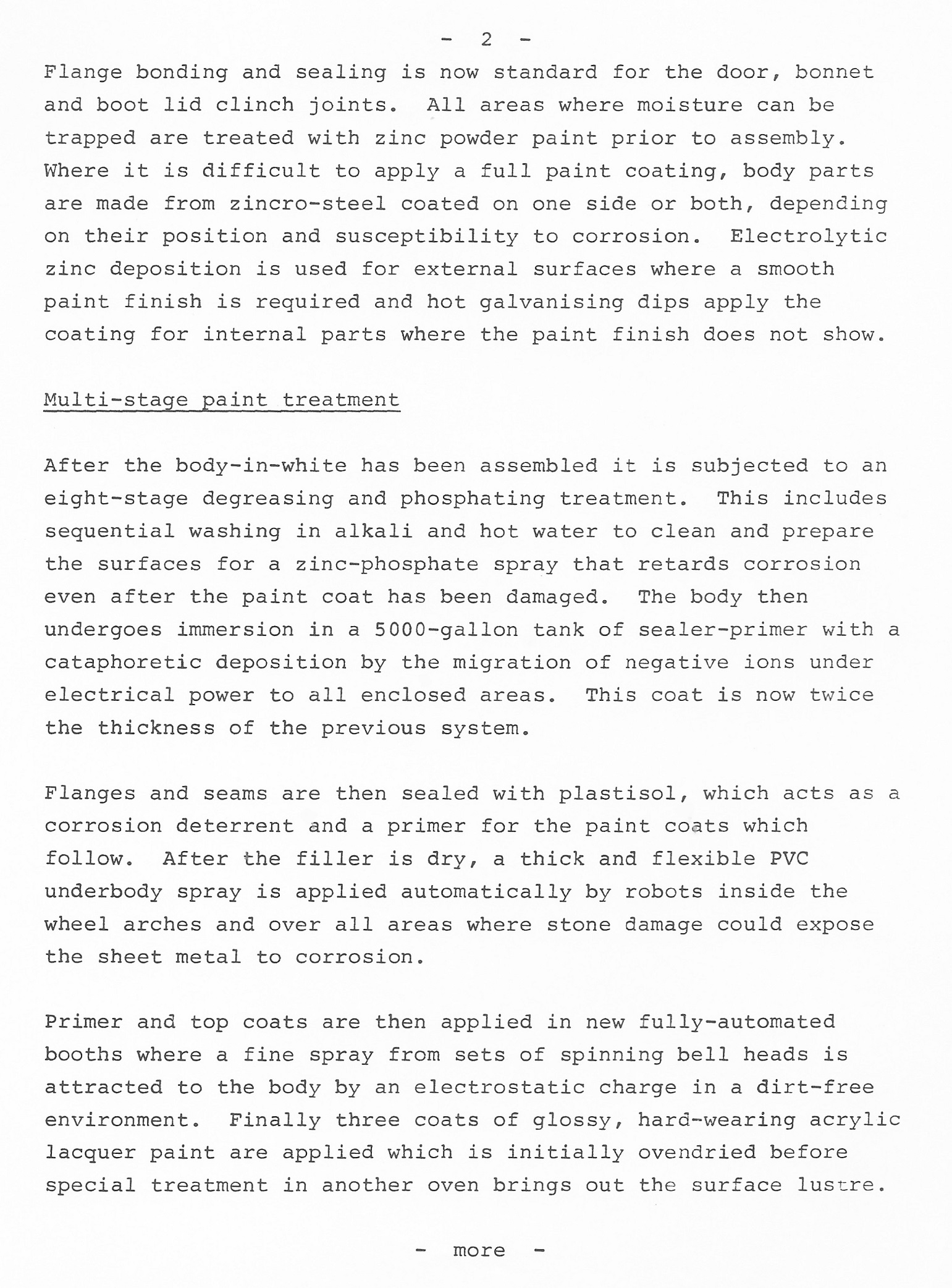
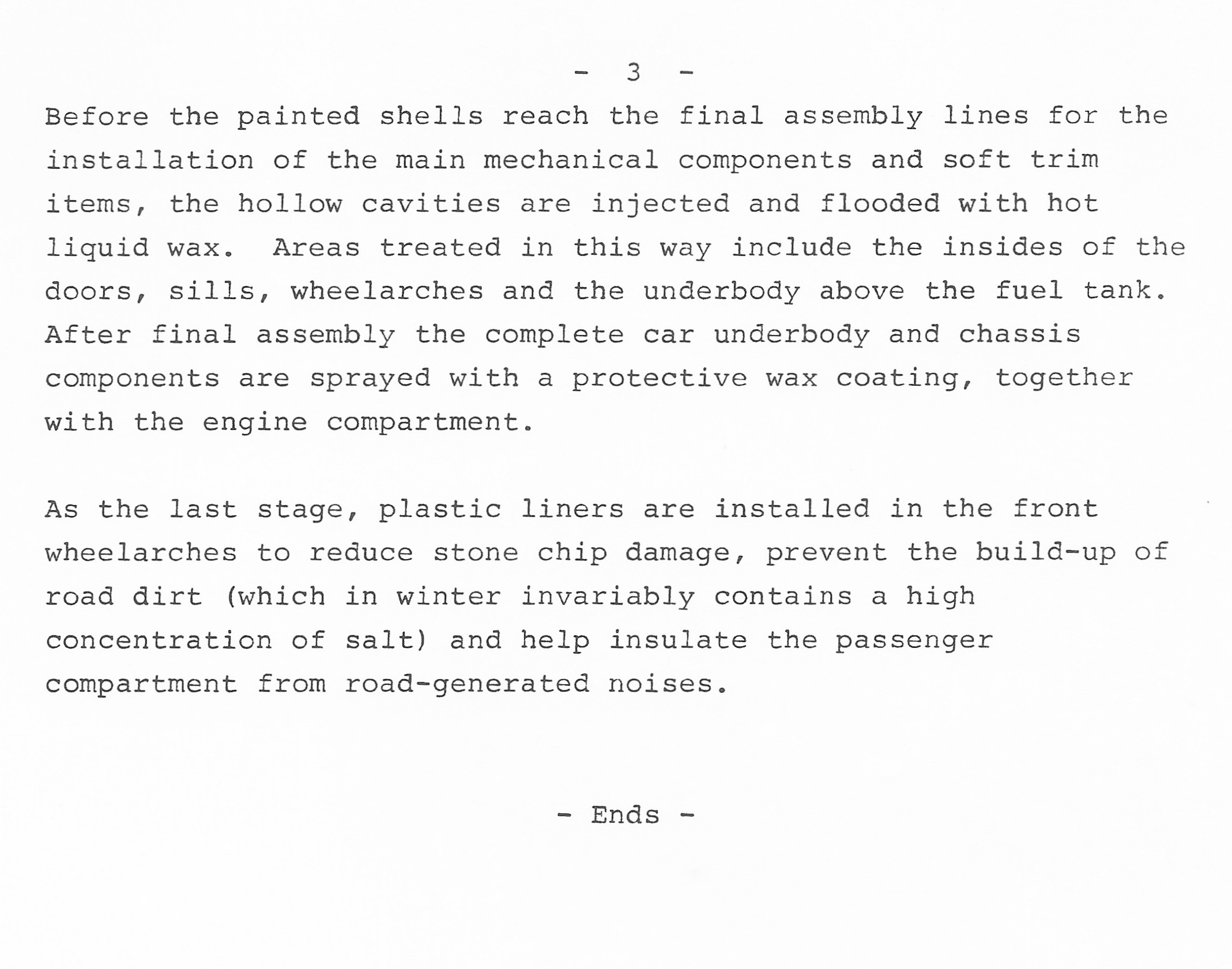
SECTION 10:
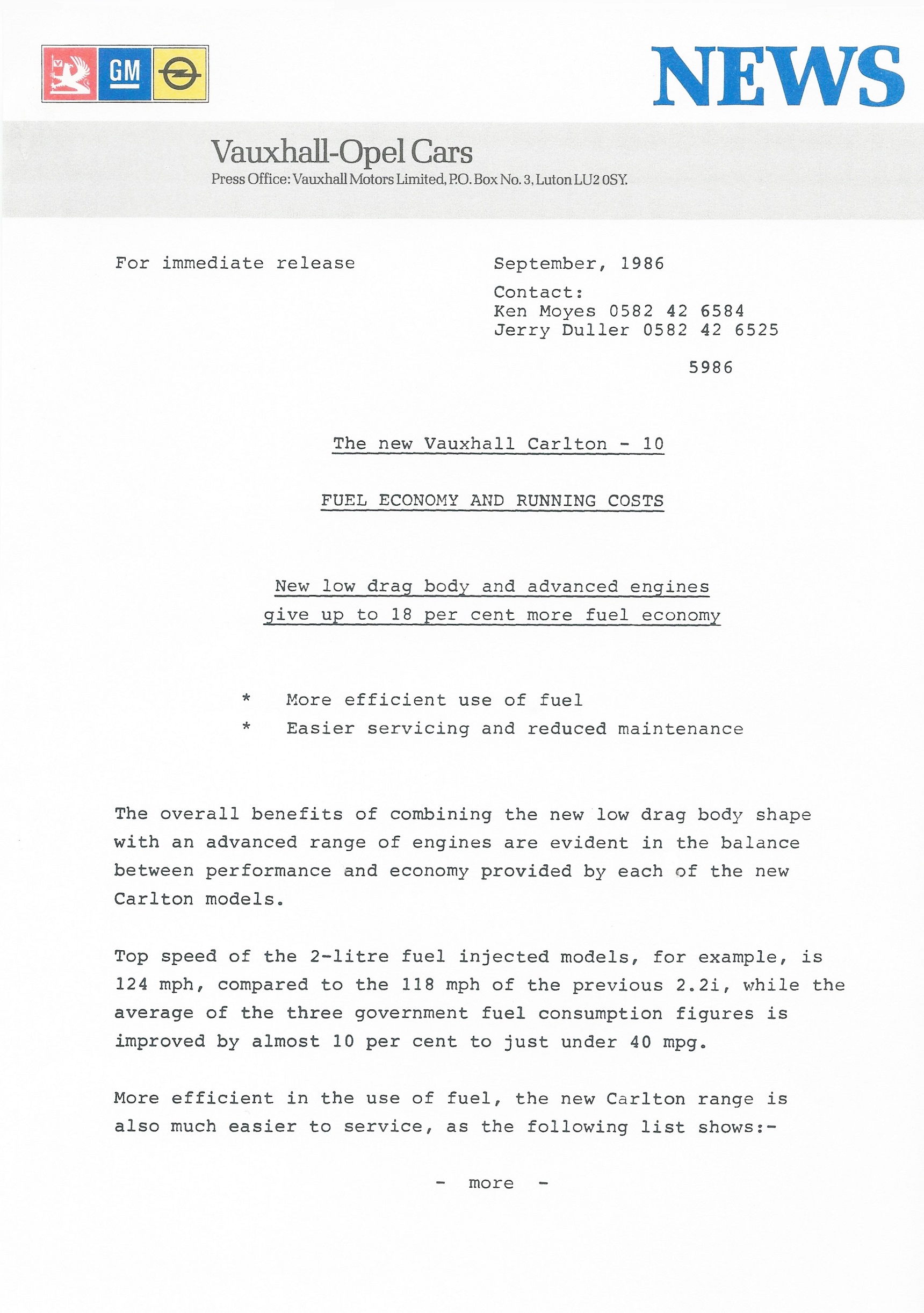
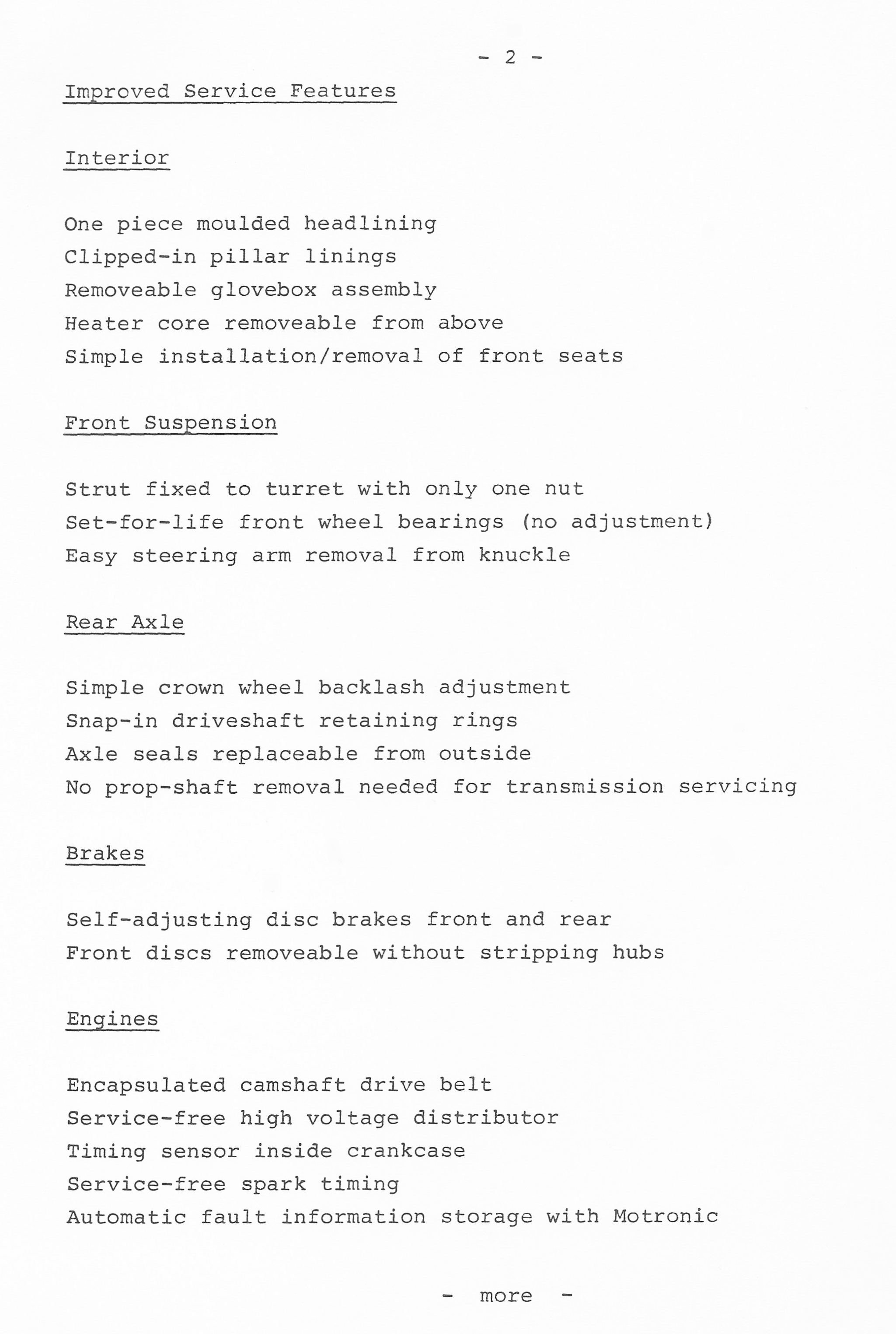
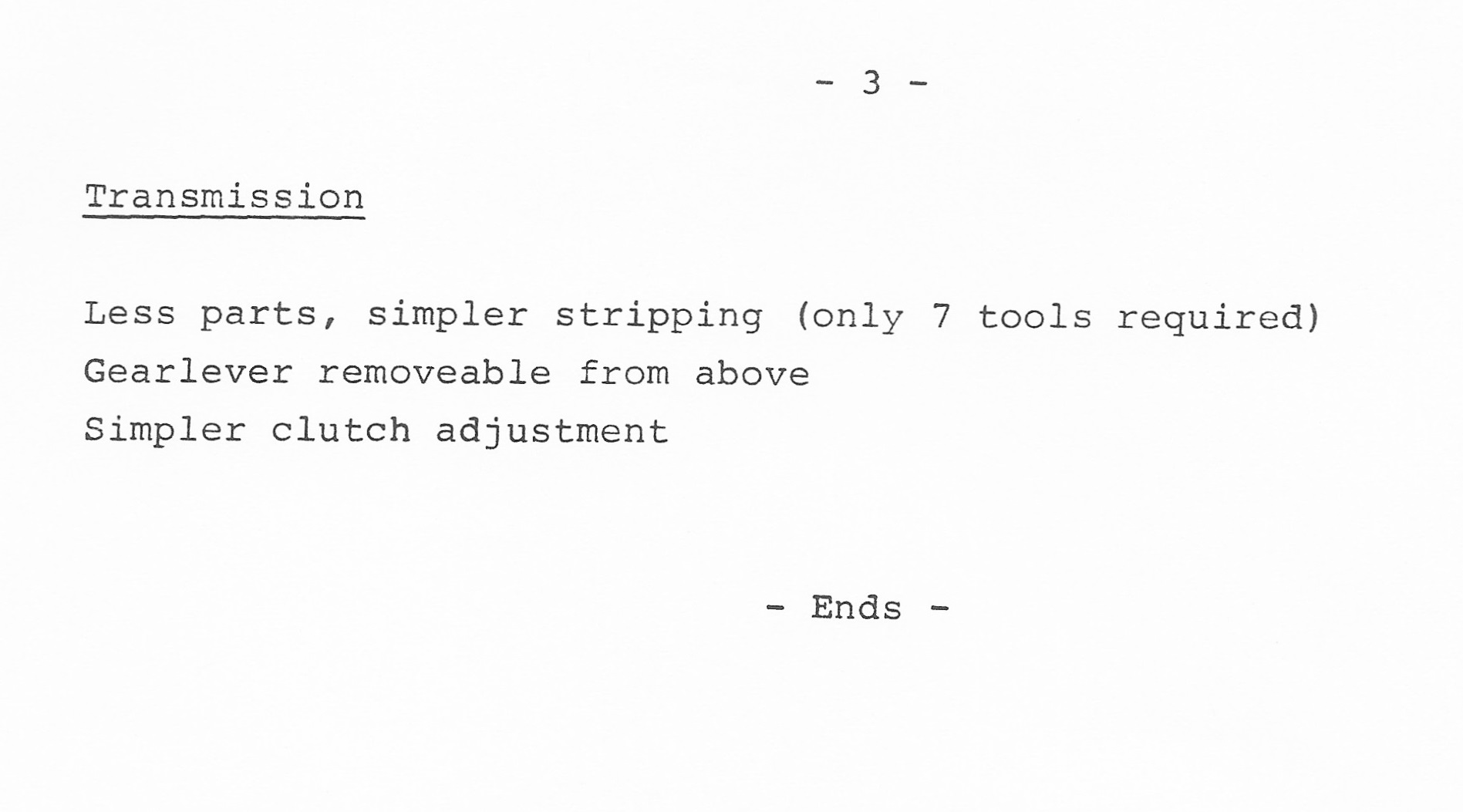
SECTION 11:
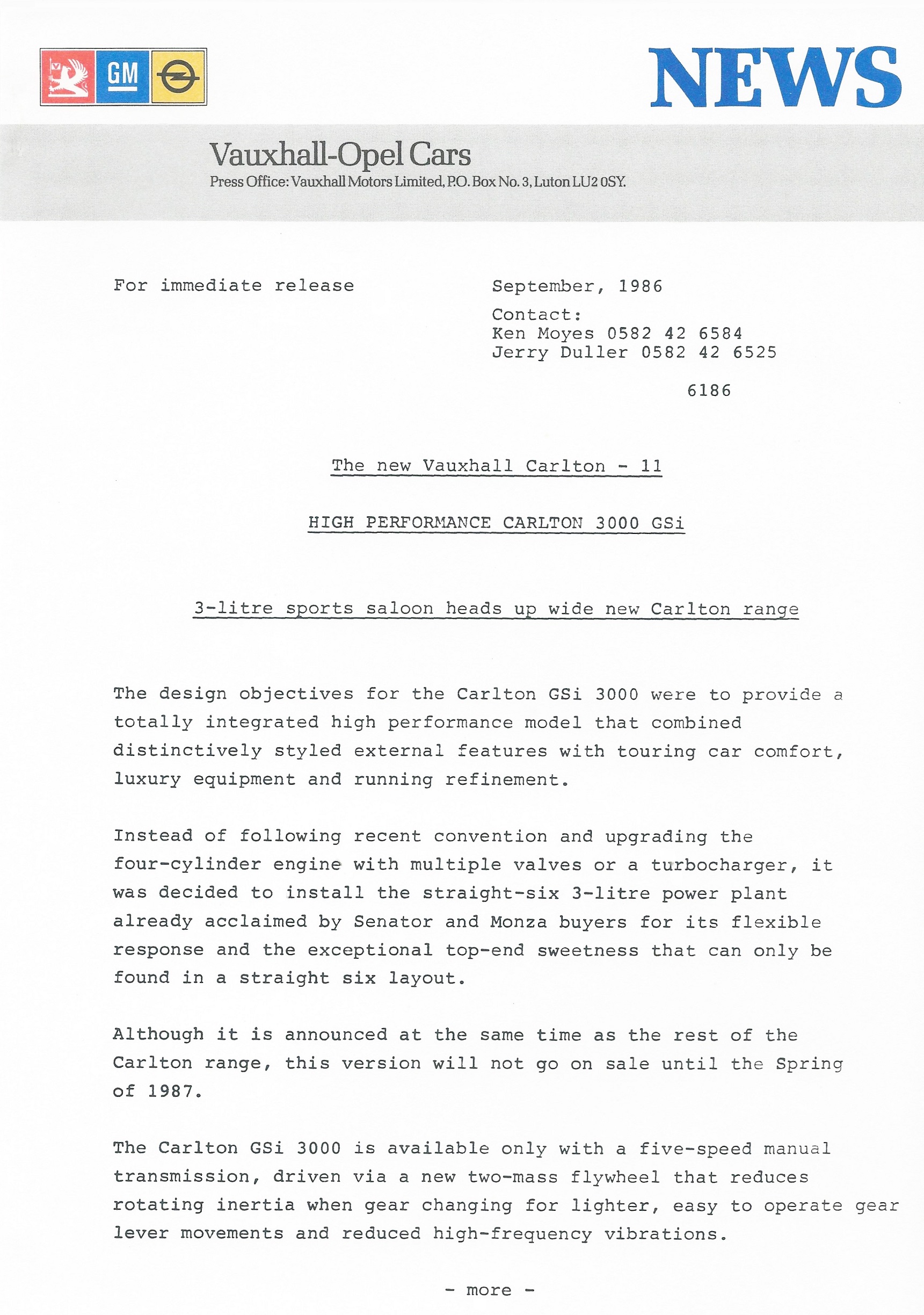
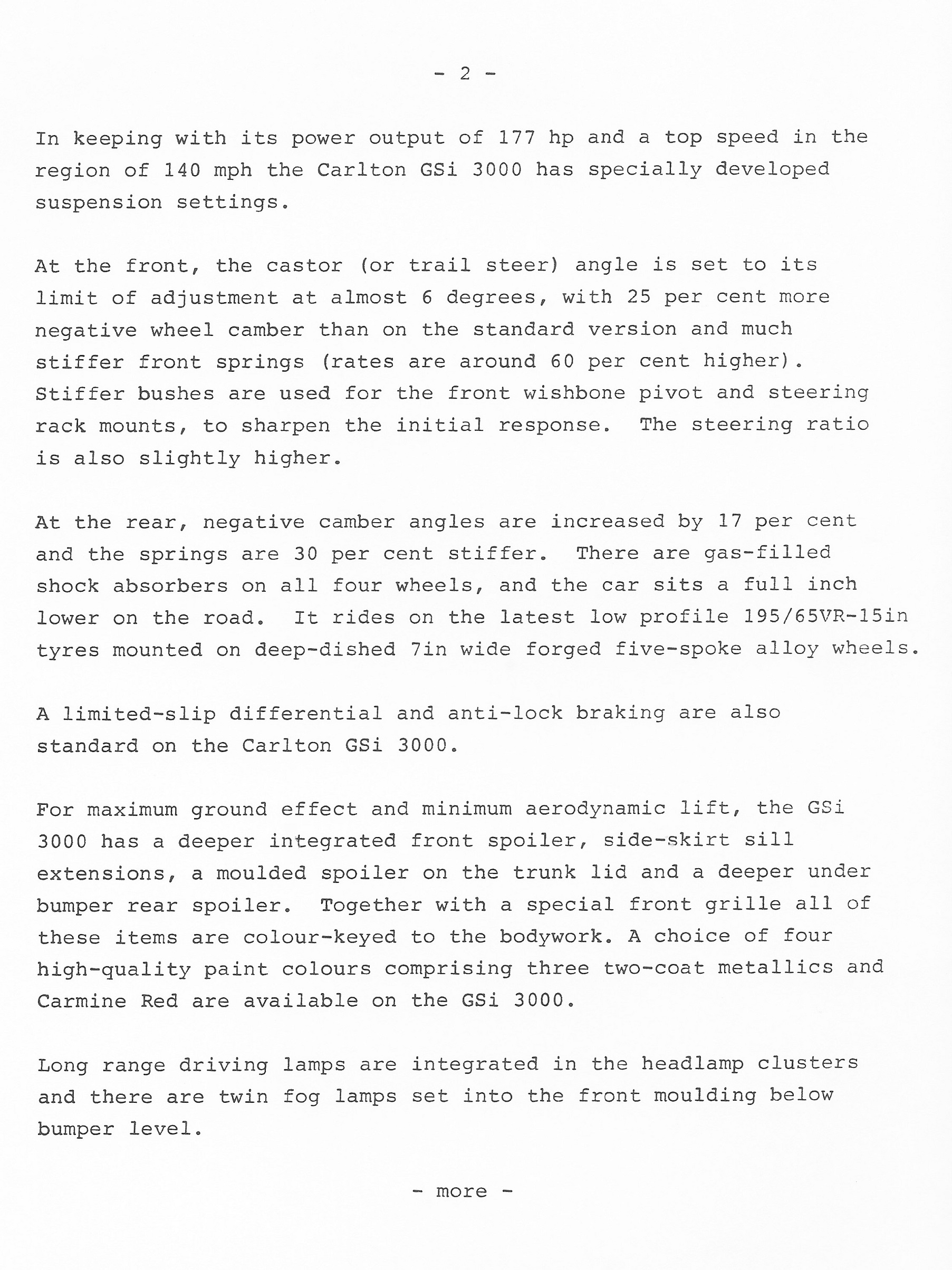
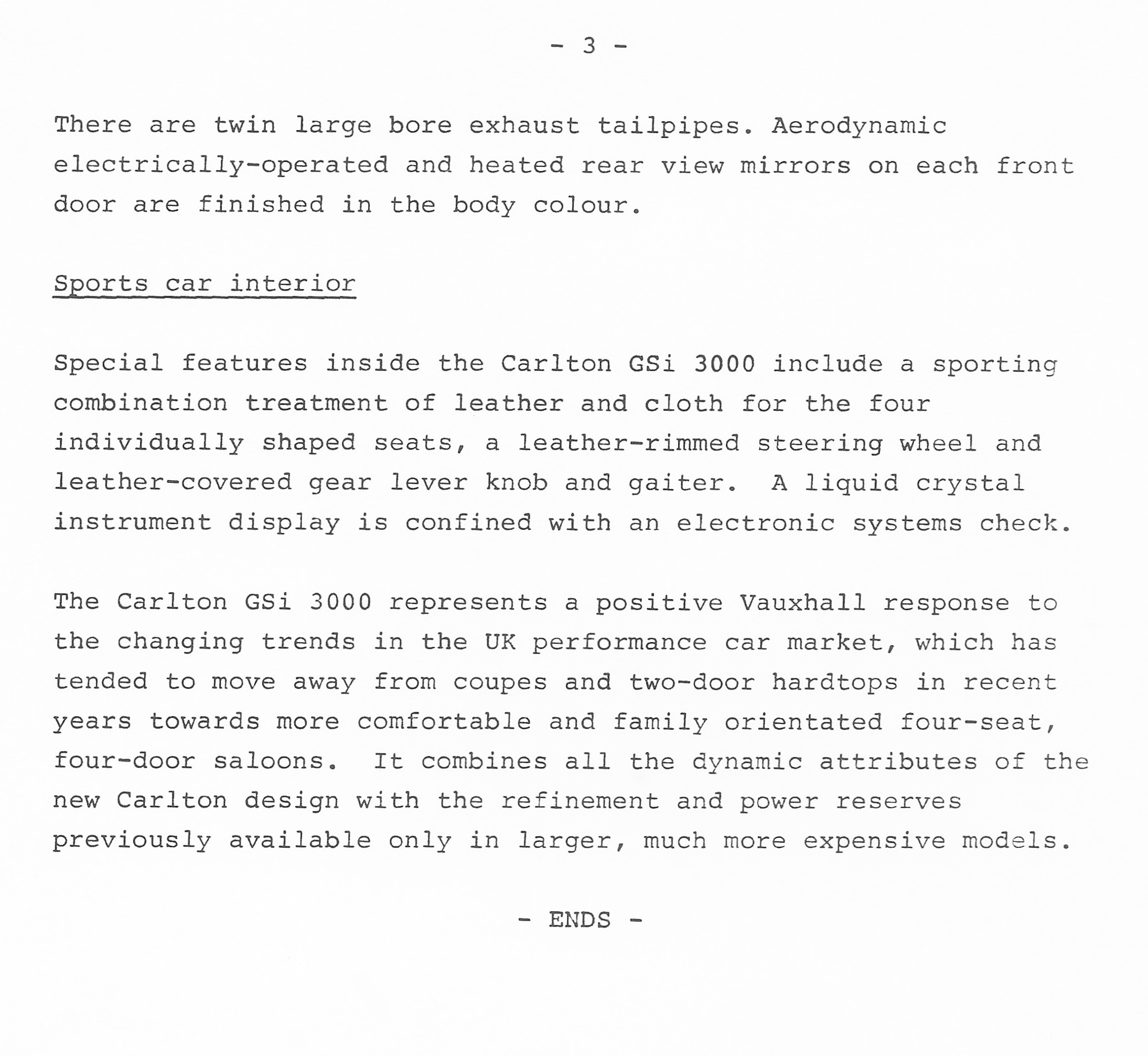
SECTION 12:
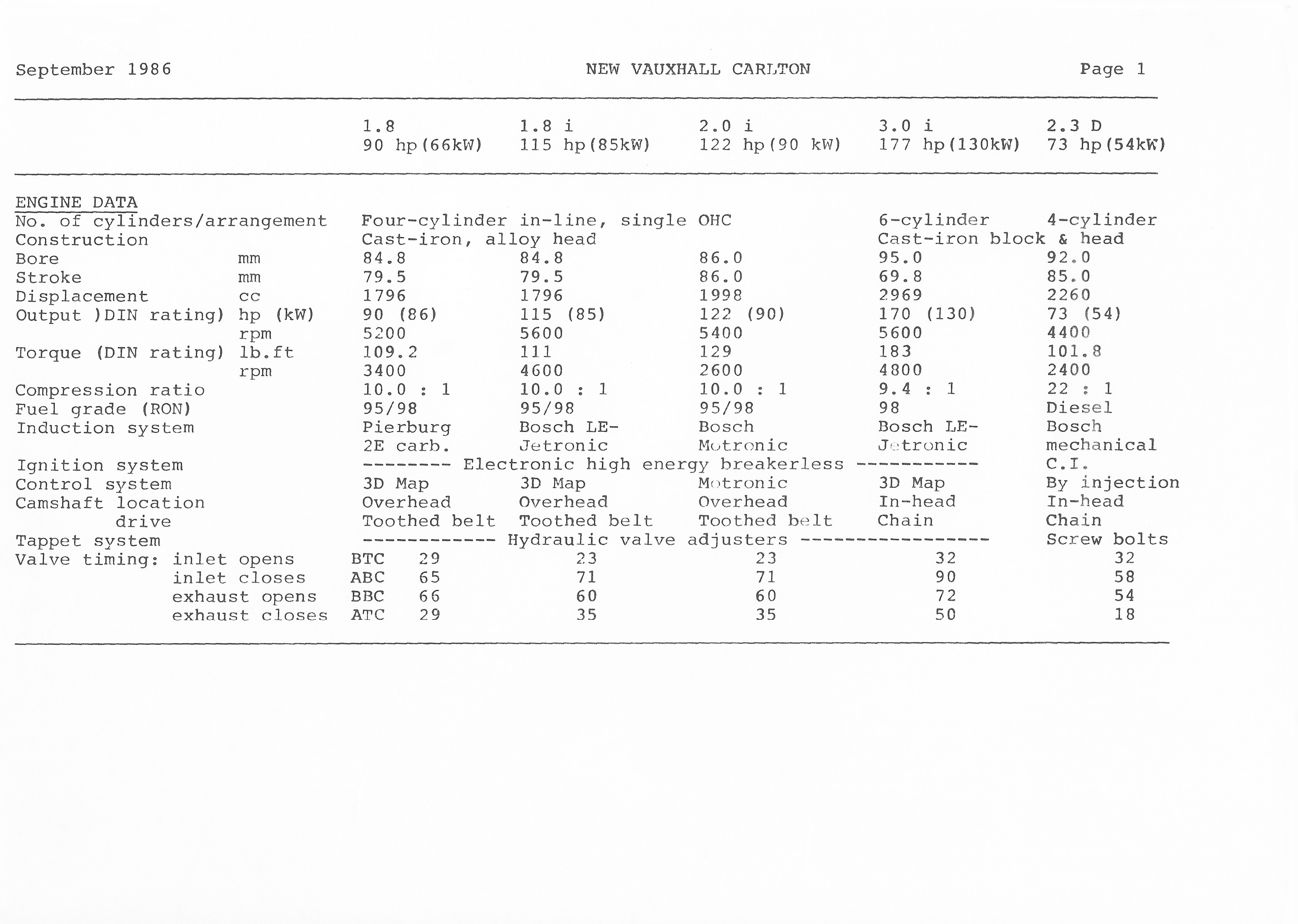
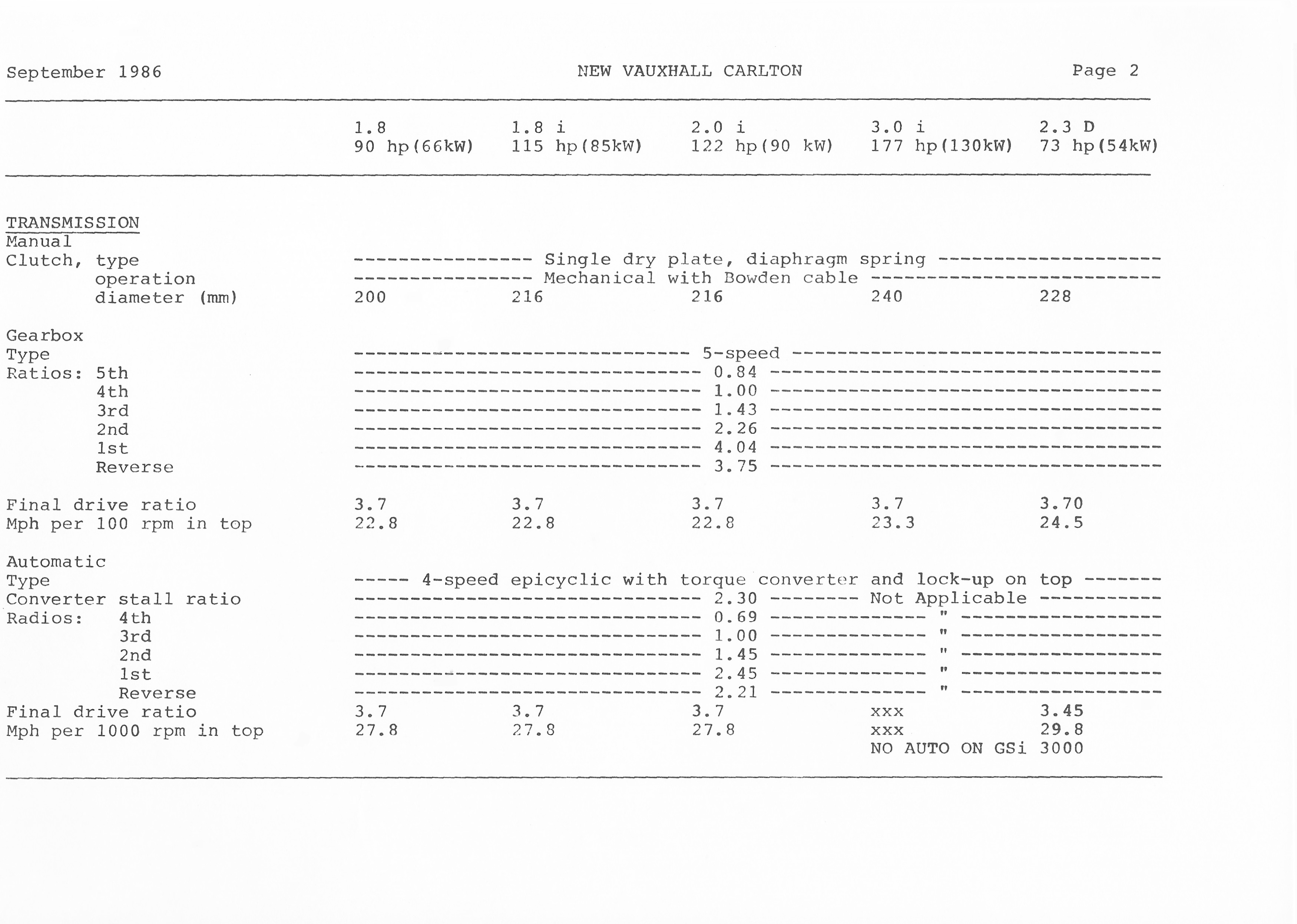
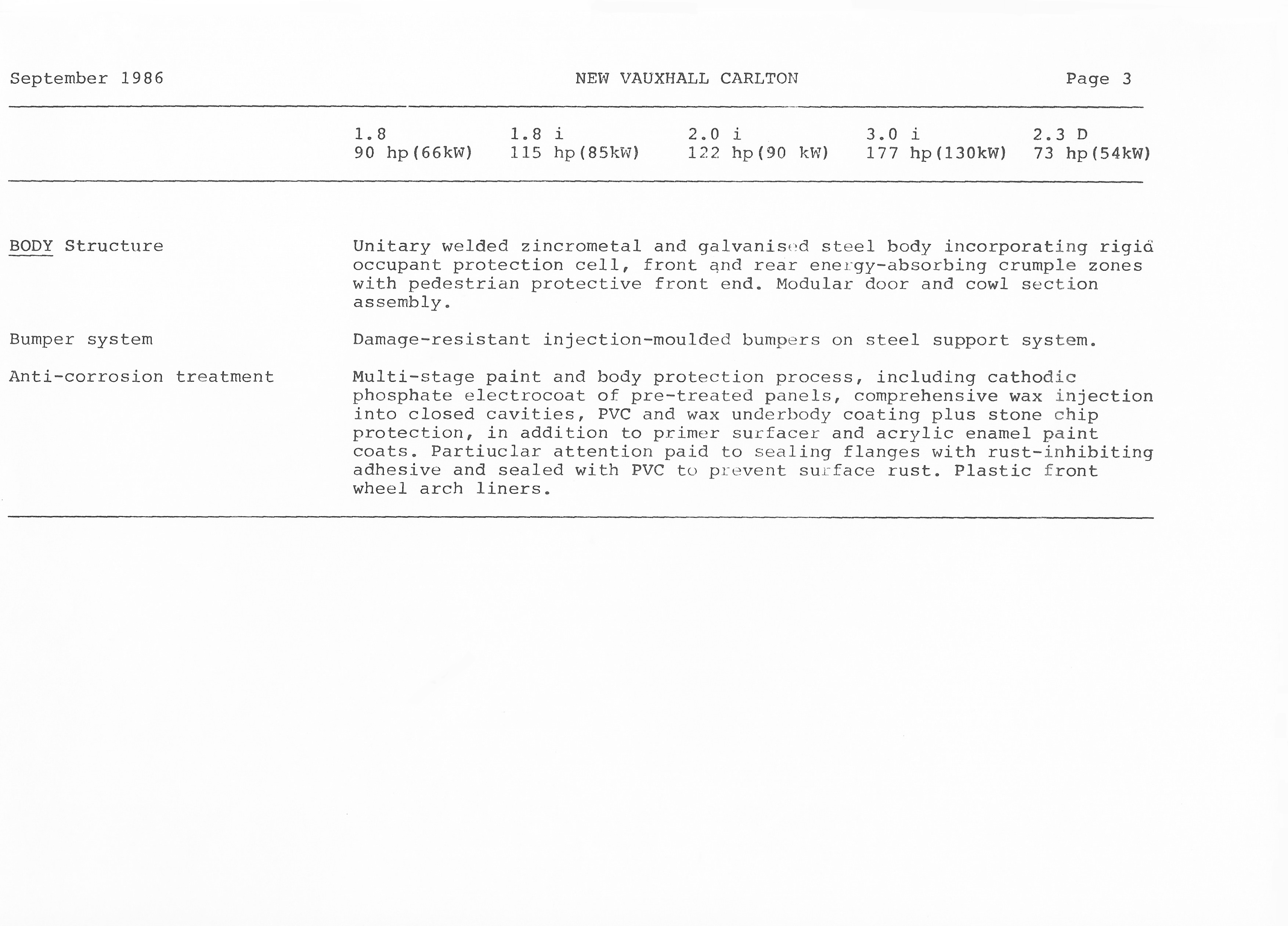
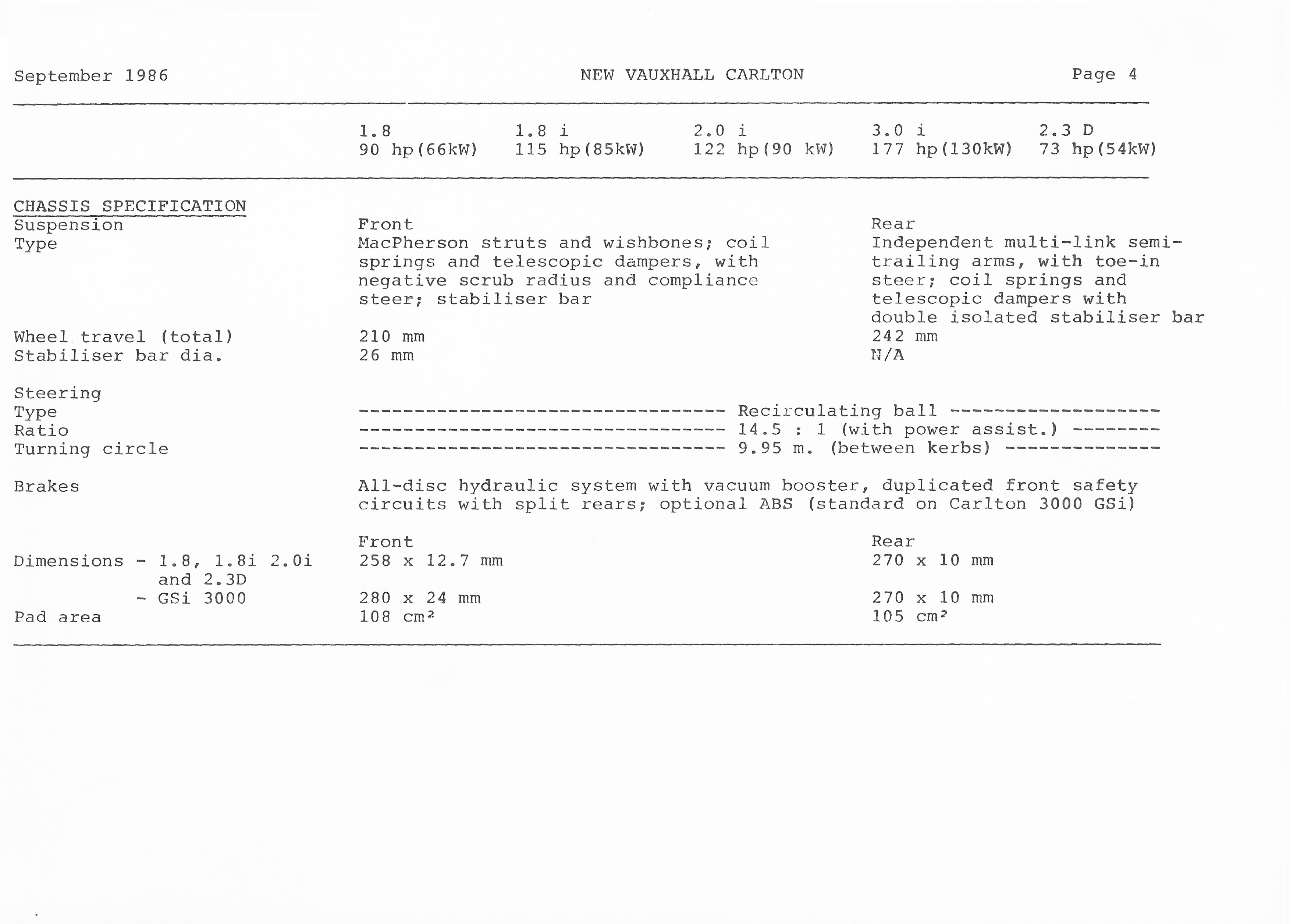
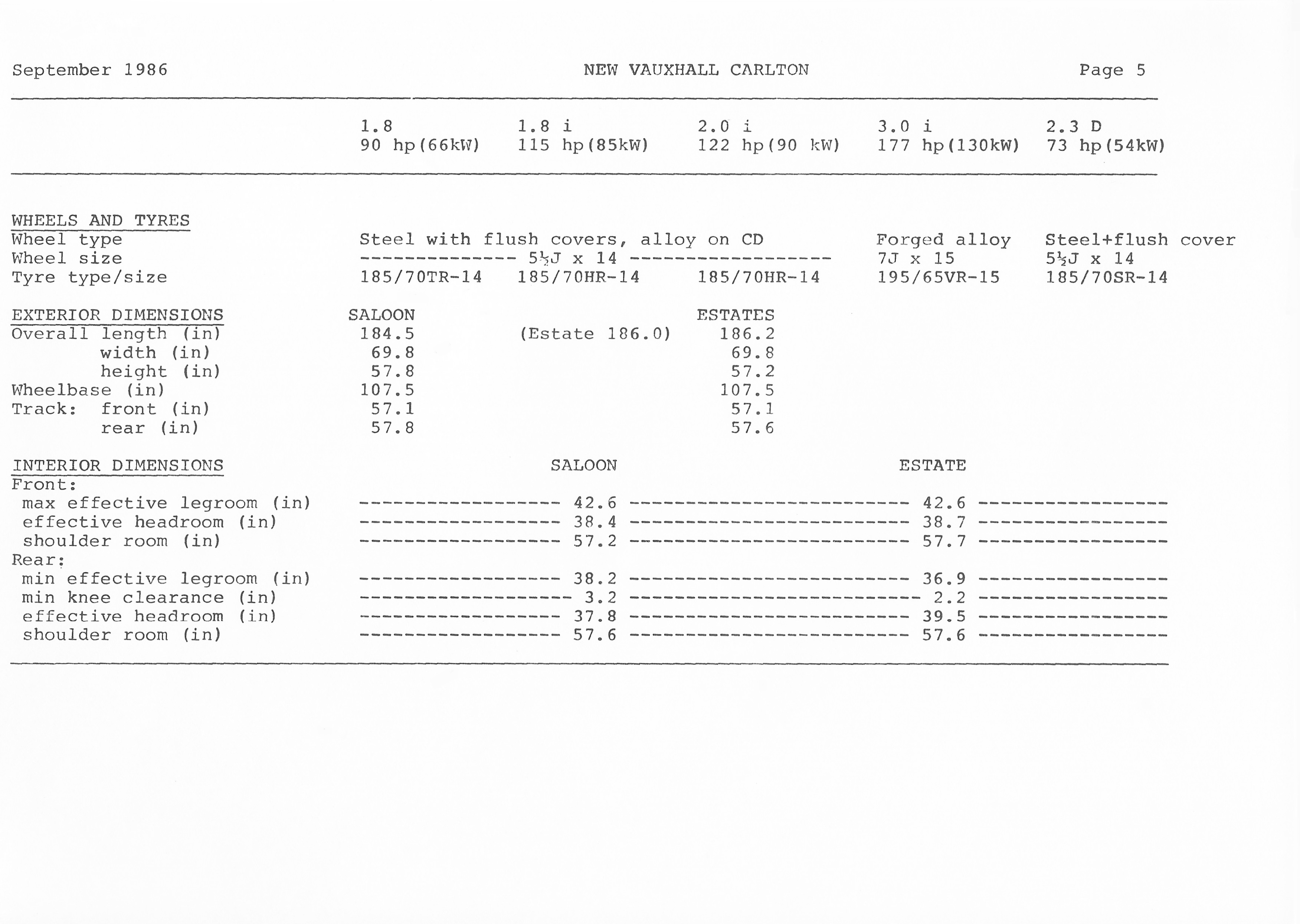
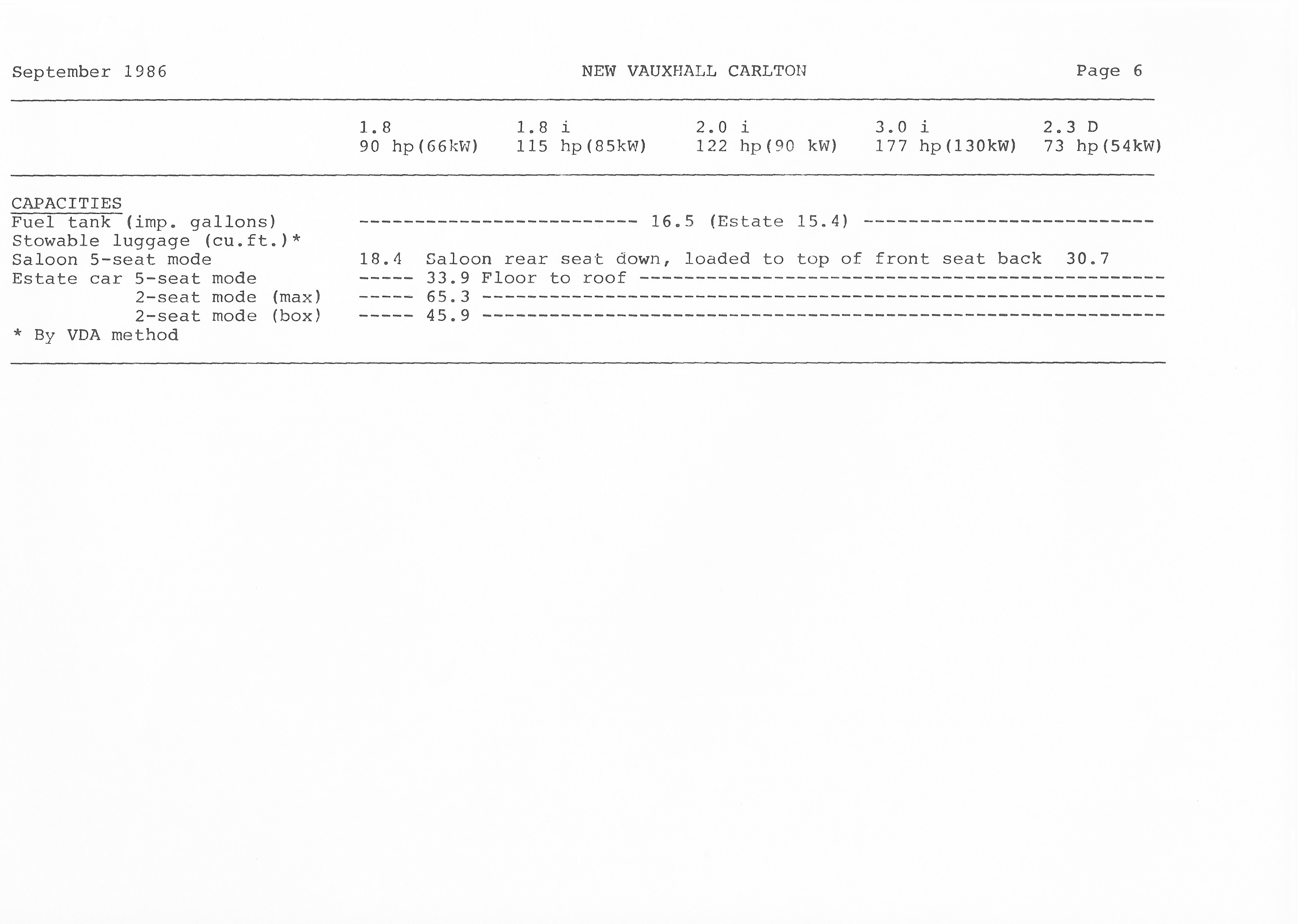
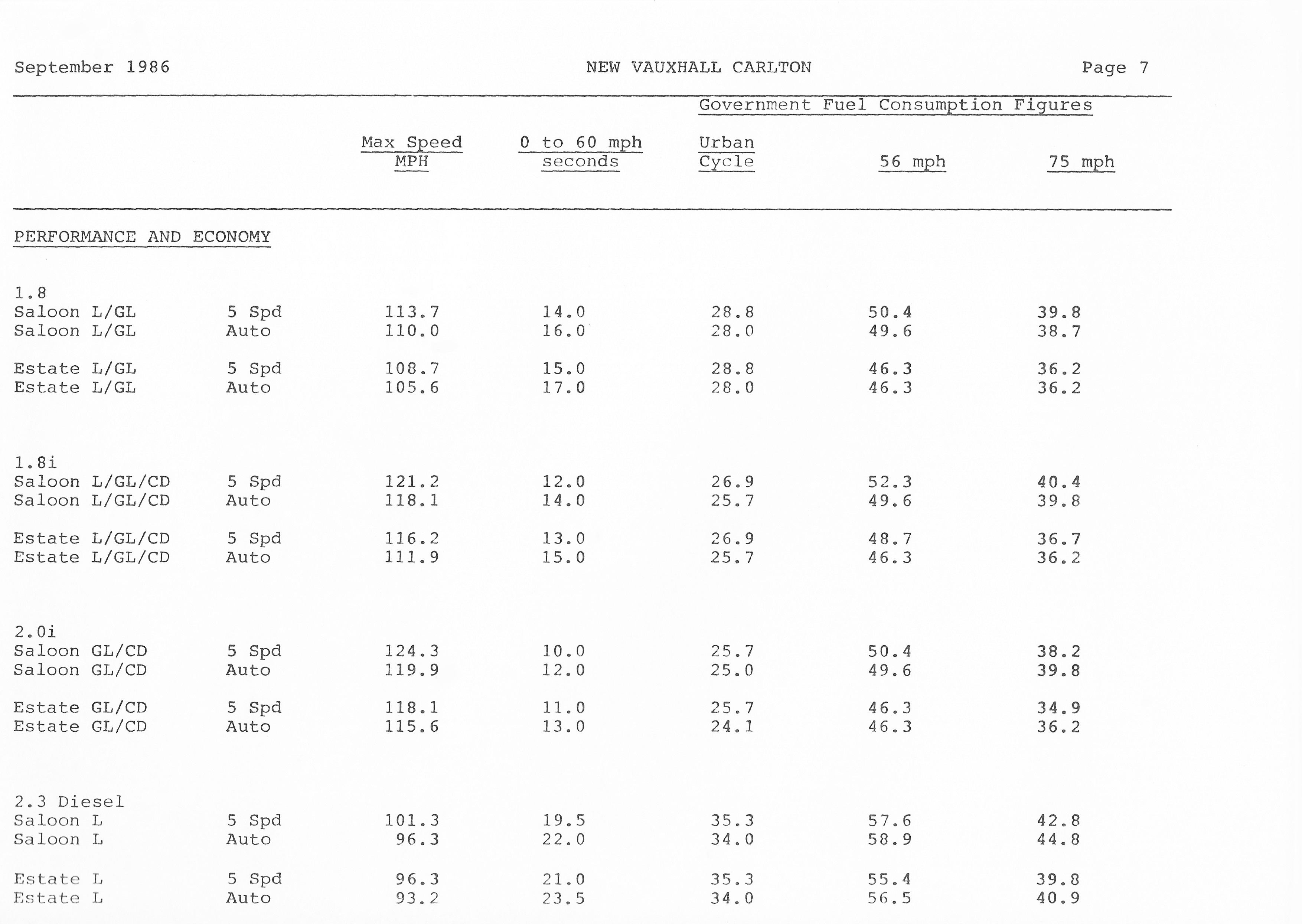
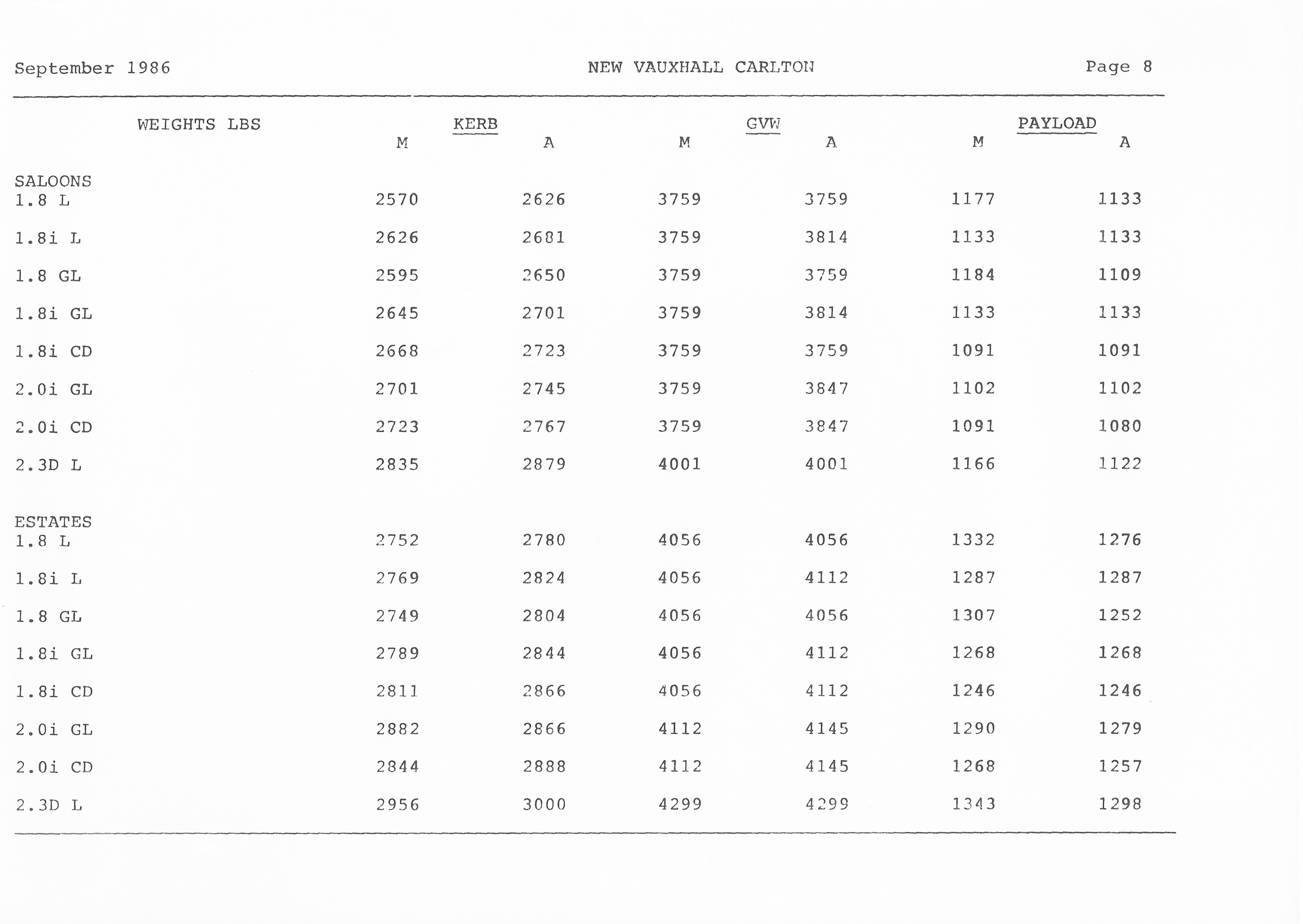
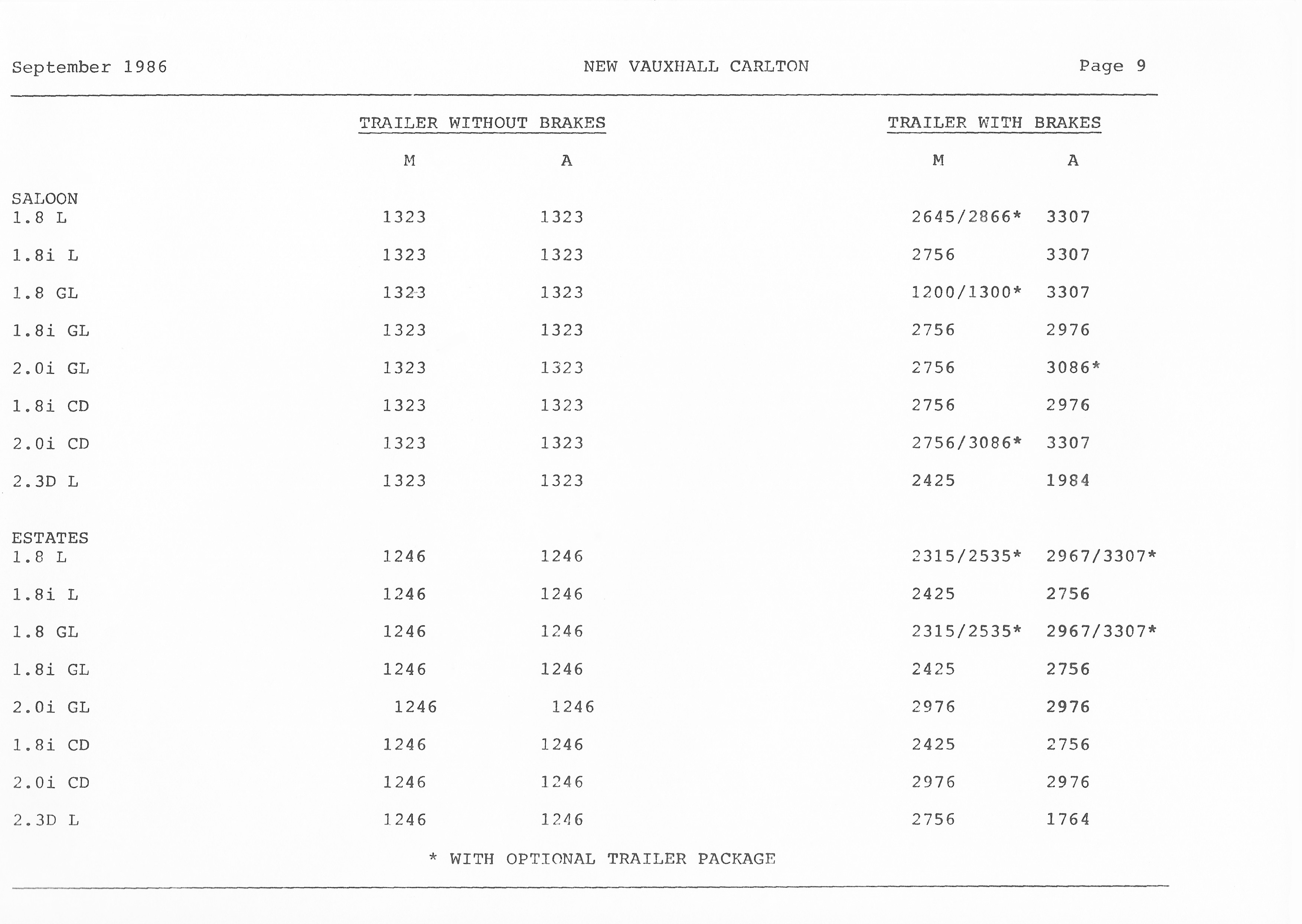
SECTION 13:
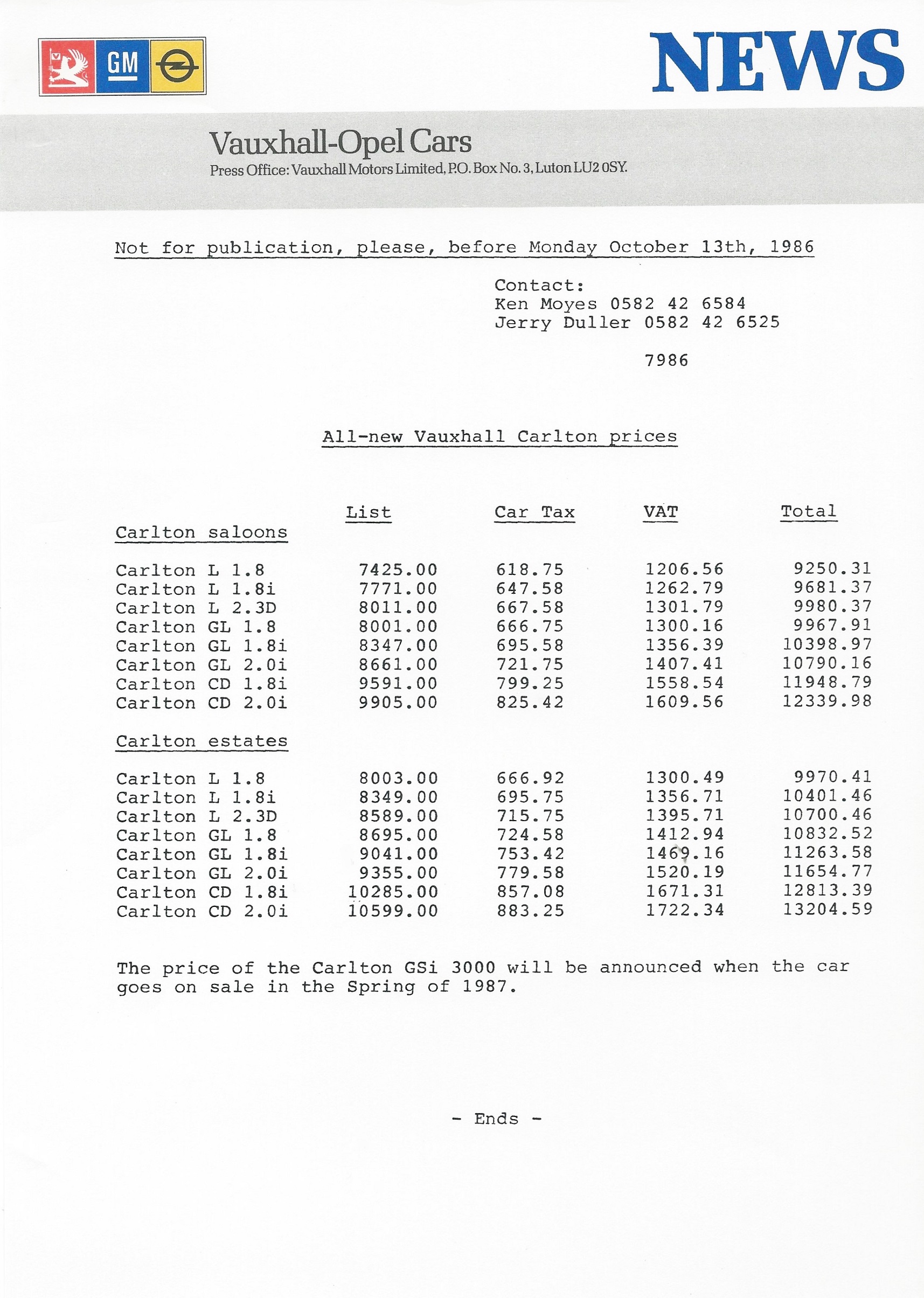
VAUXHALL CARLTON MK3 1991 MY PRESS RELEASE
03.09.90
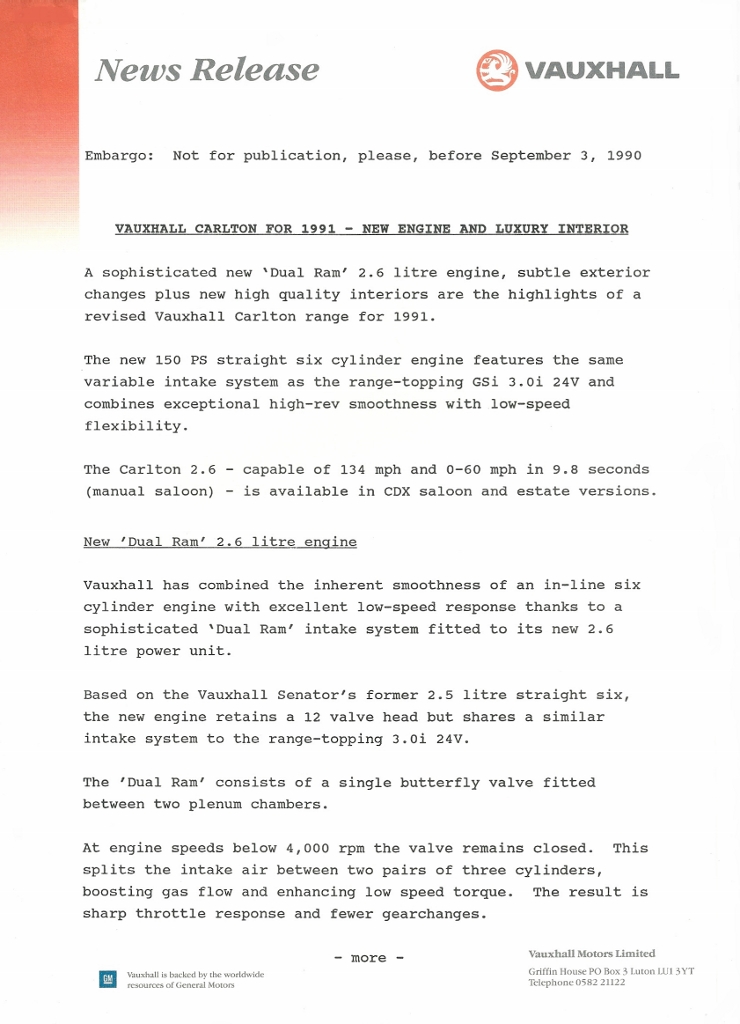
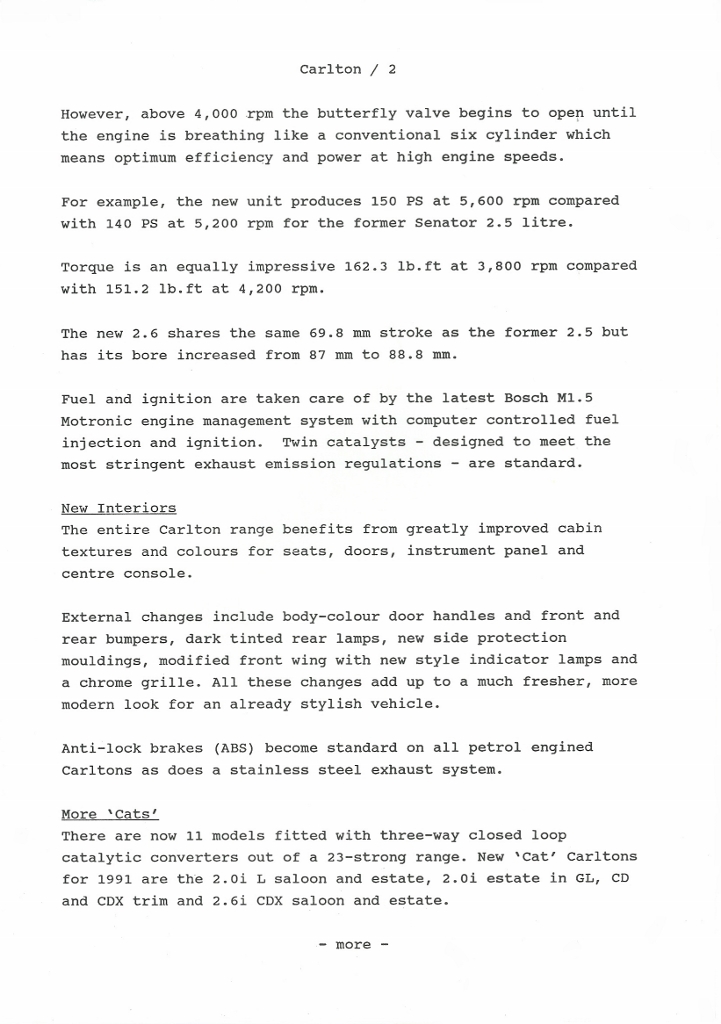
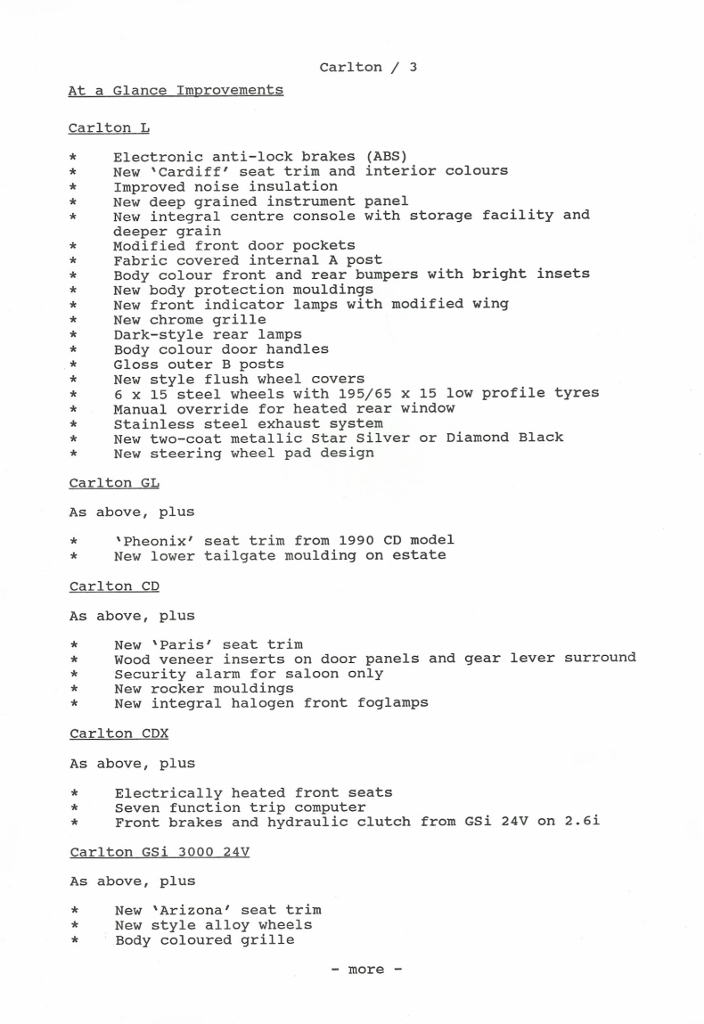
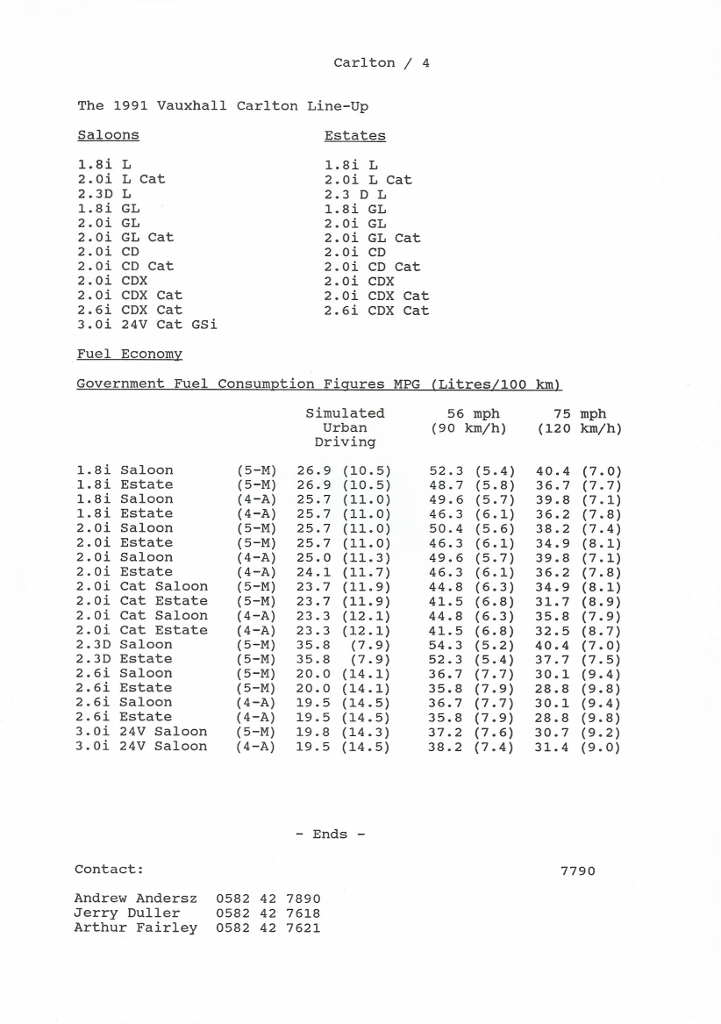

A DISGUISED CARLTON MK3 UNDERGOING COLD WEATHER TESTING IN SWEDEN
